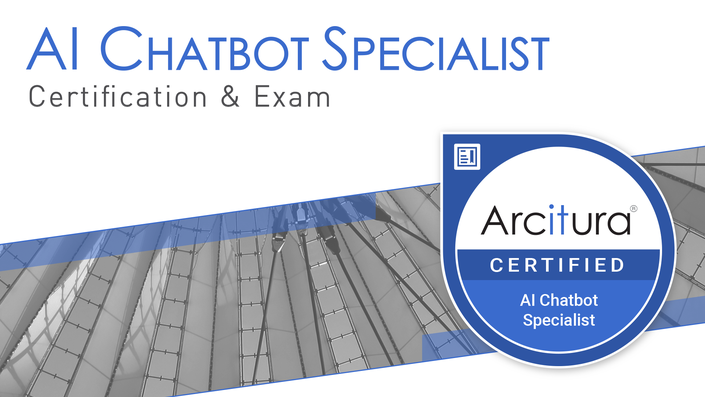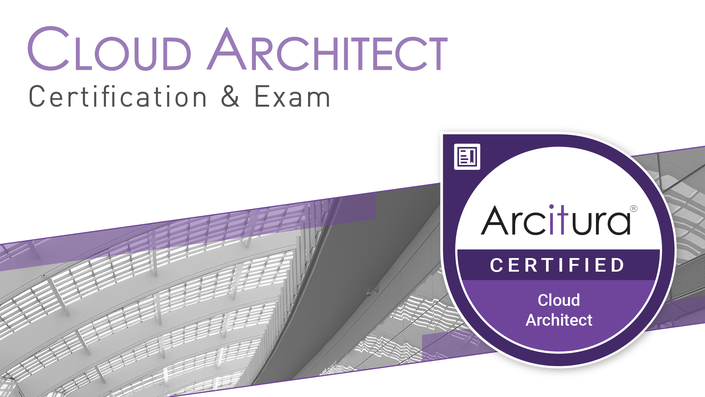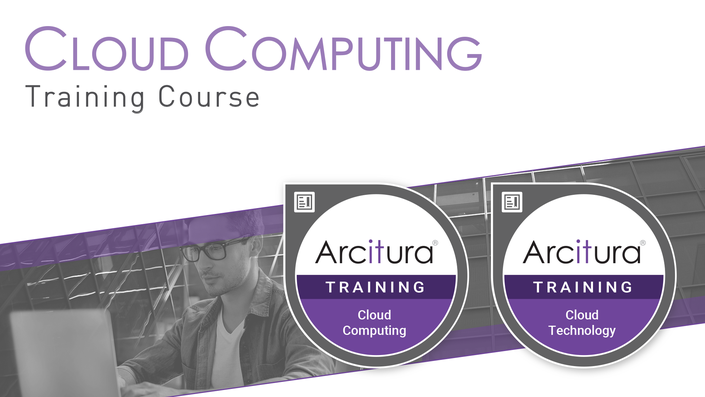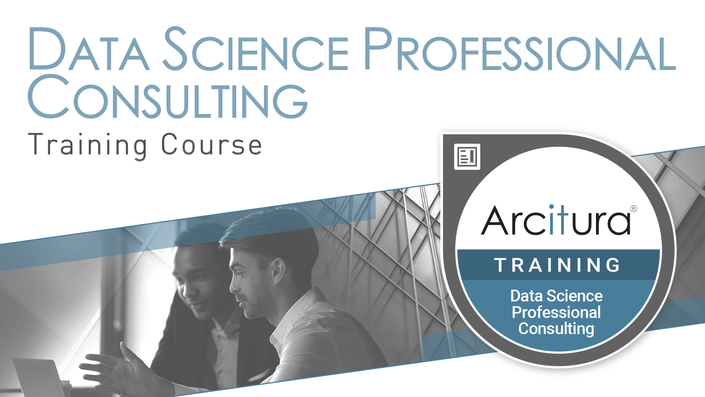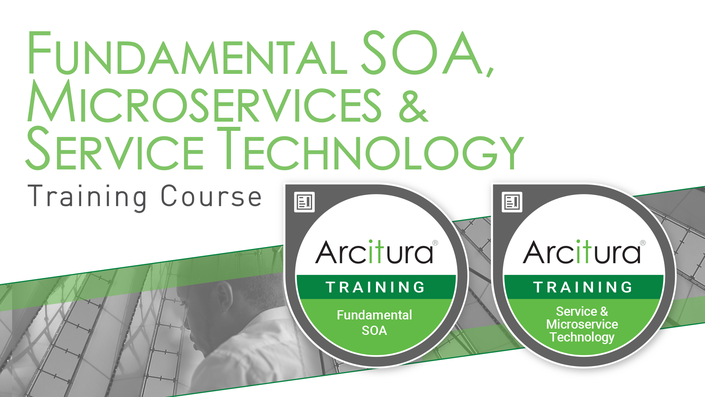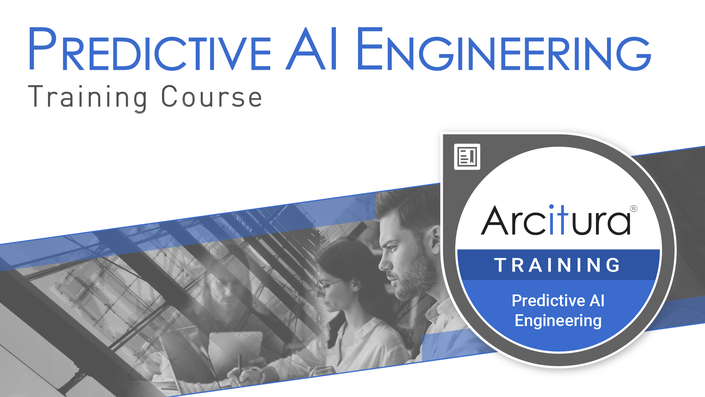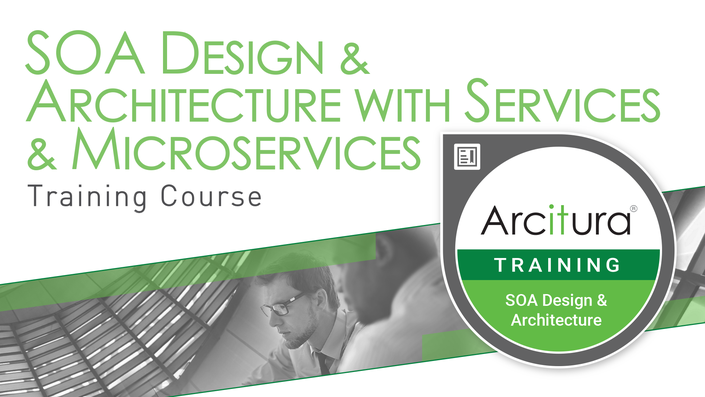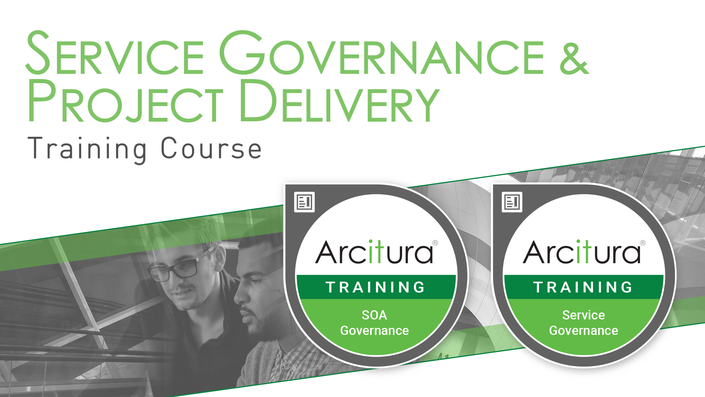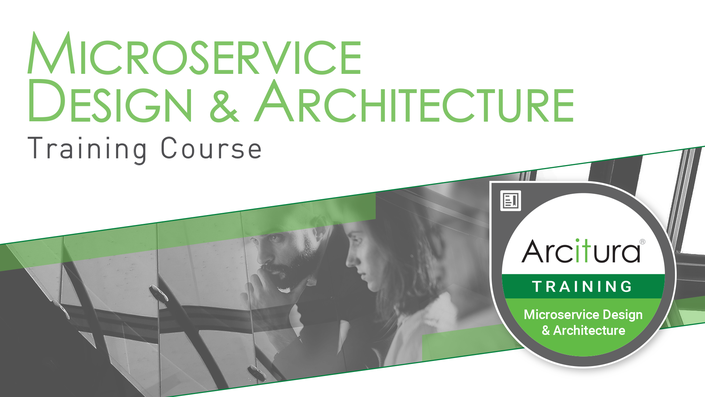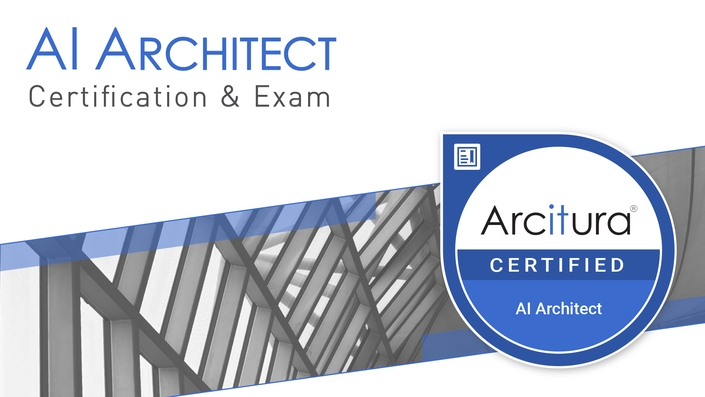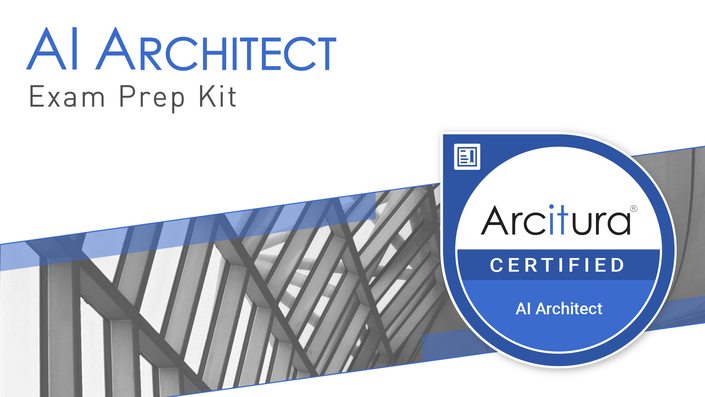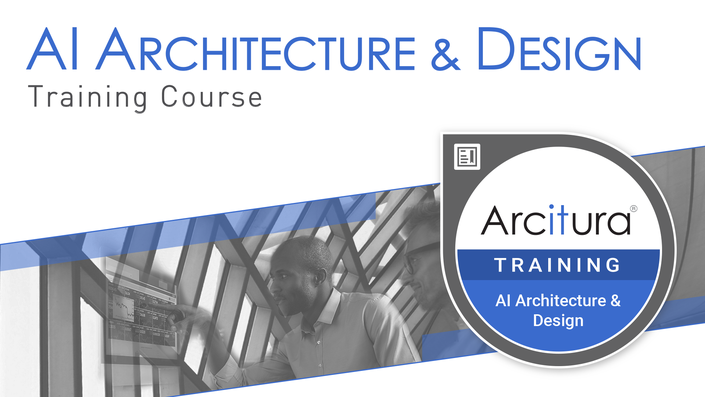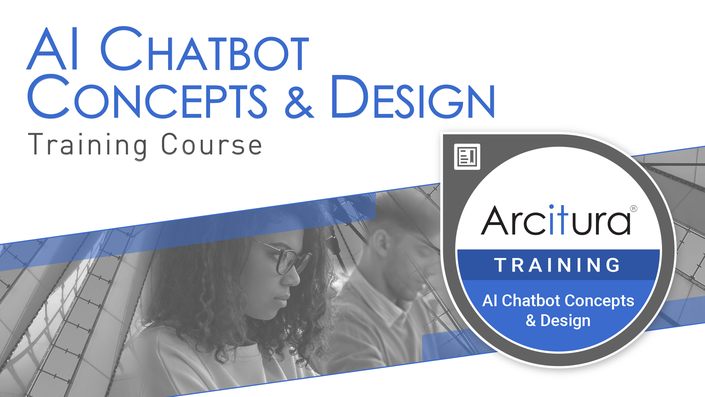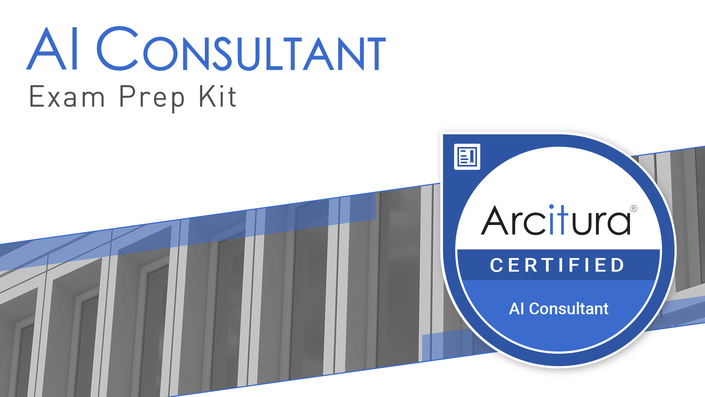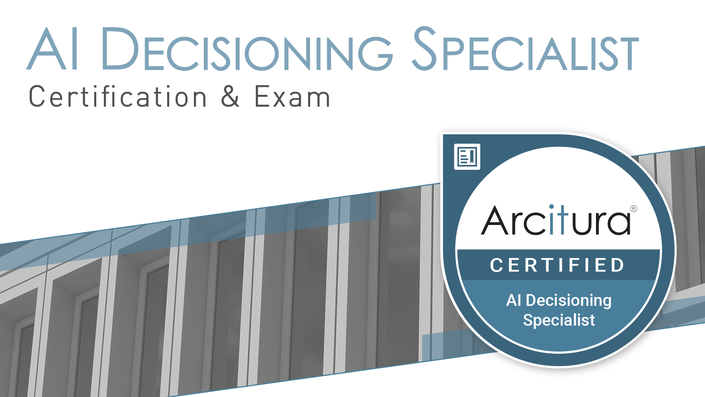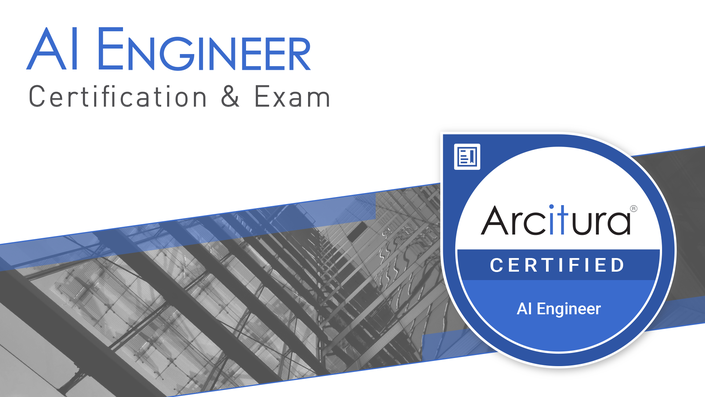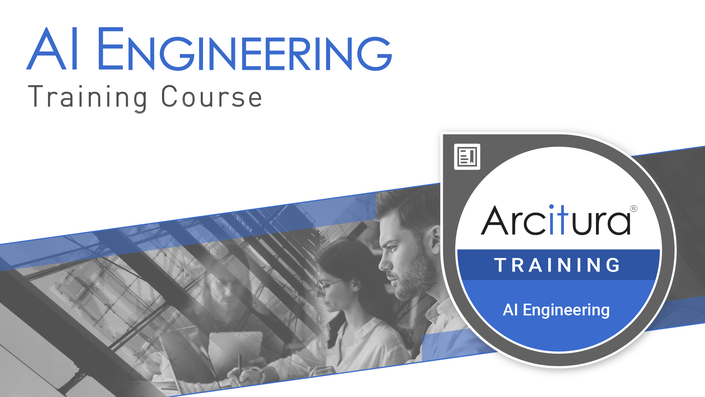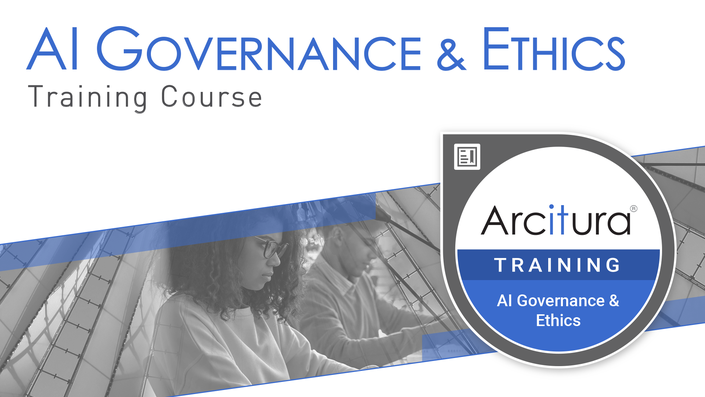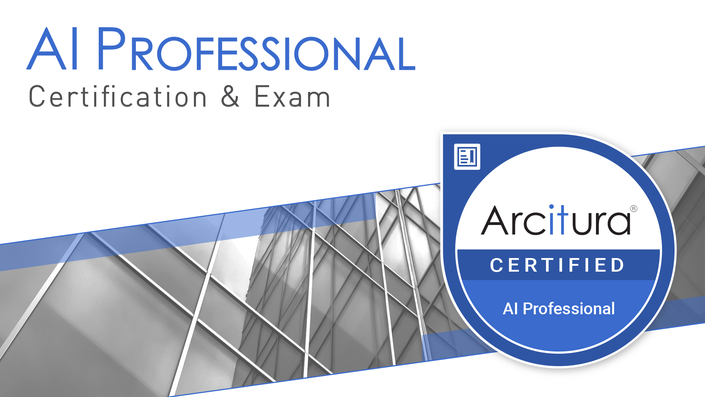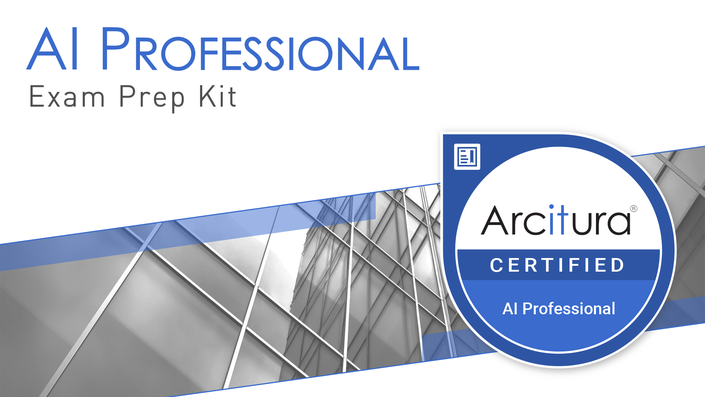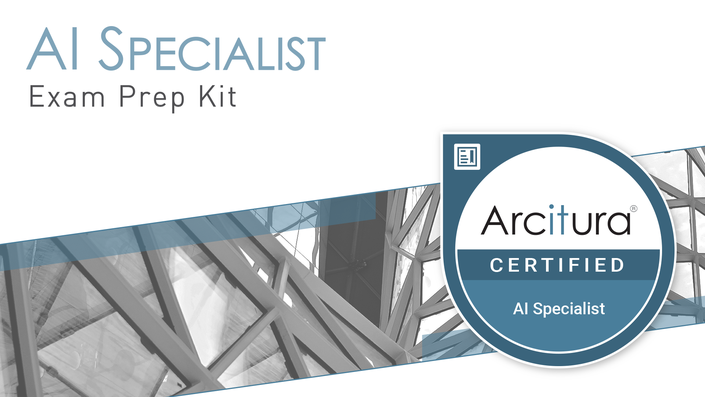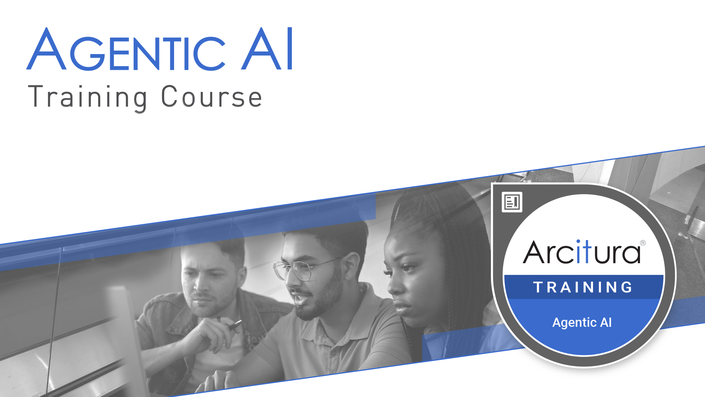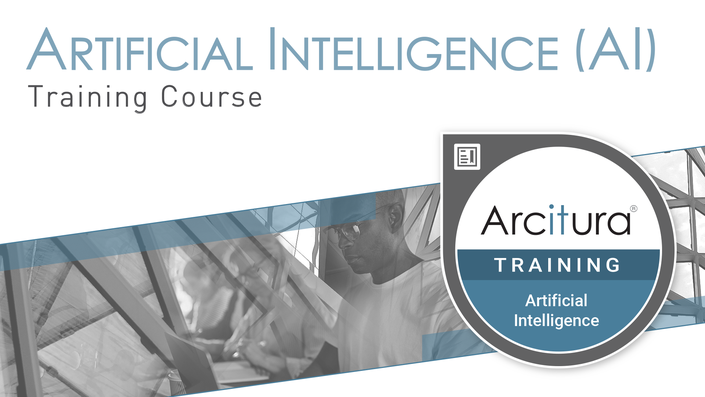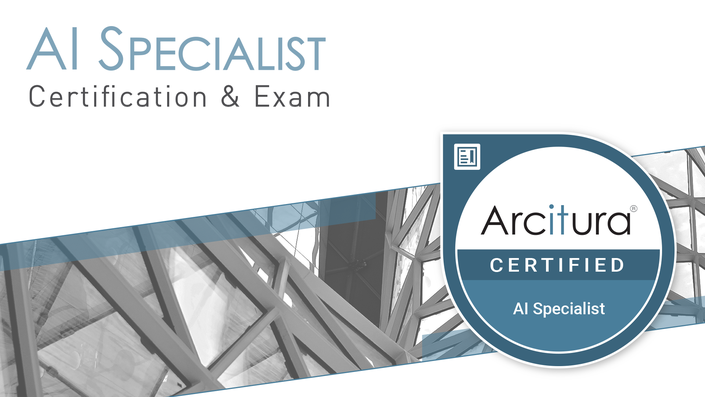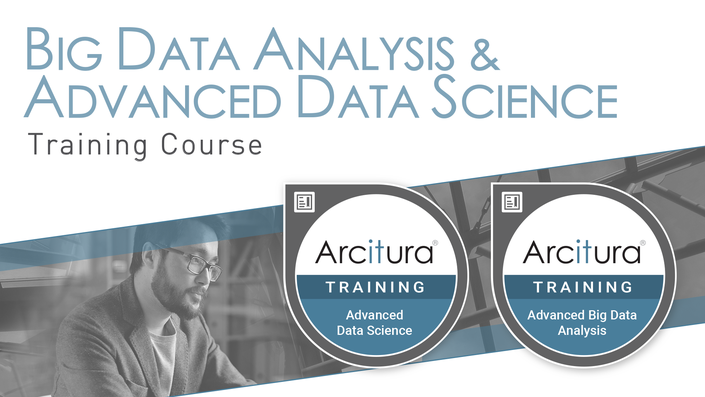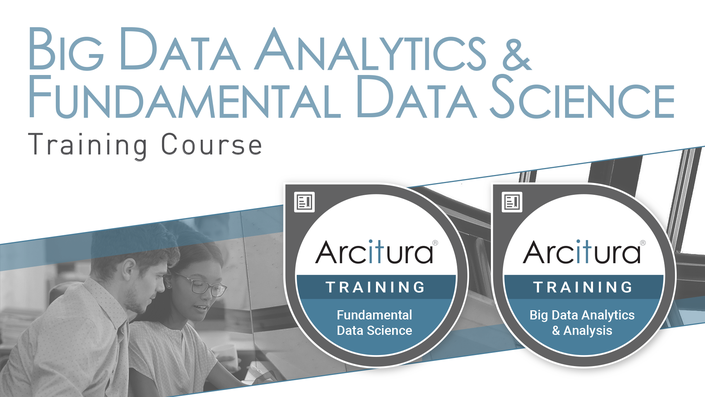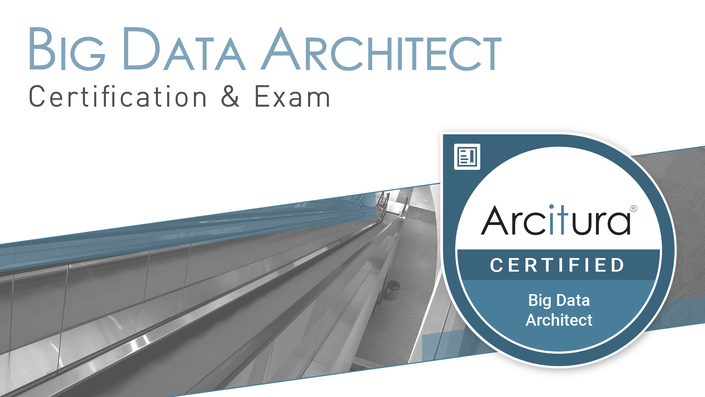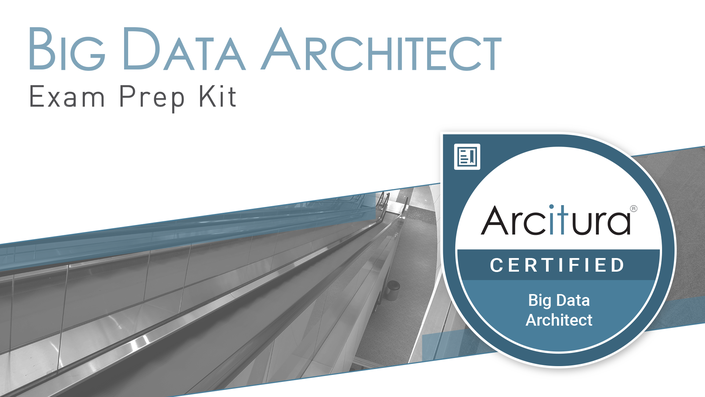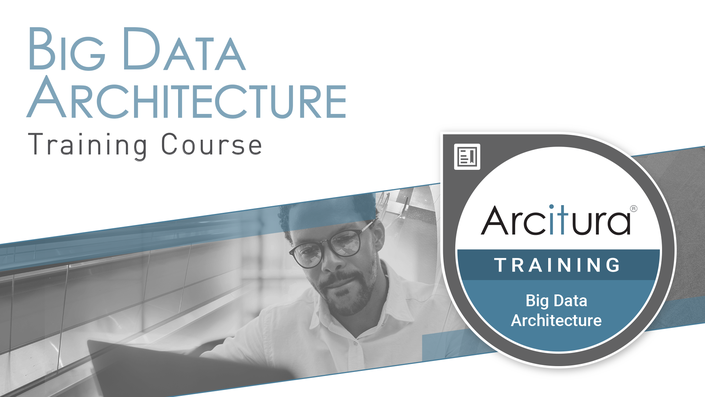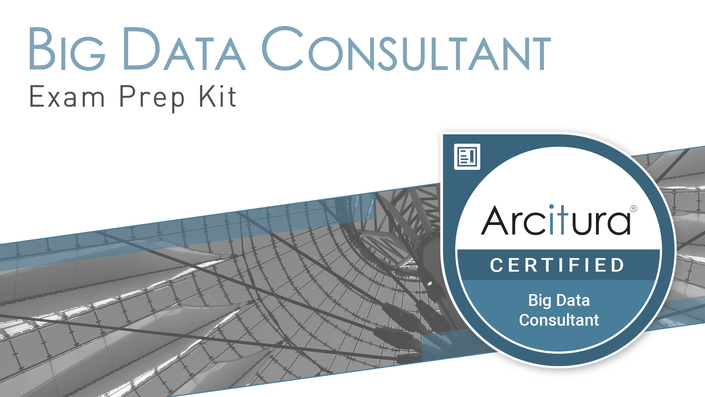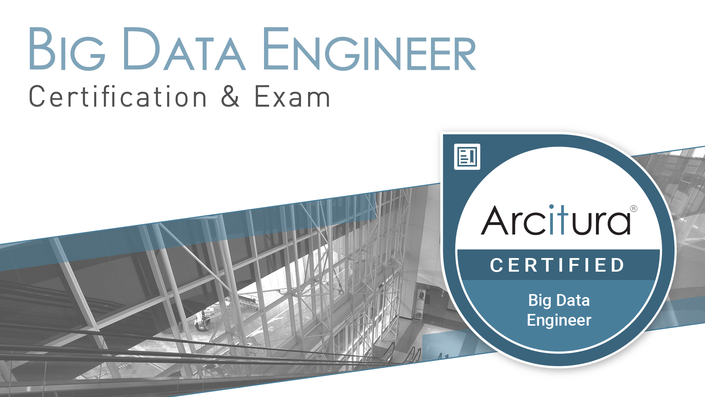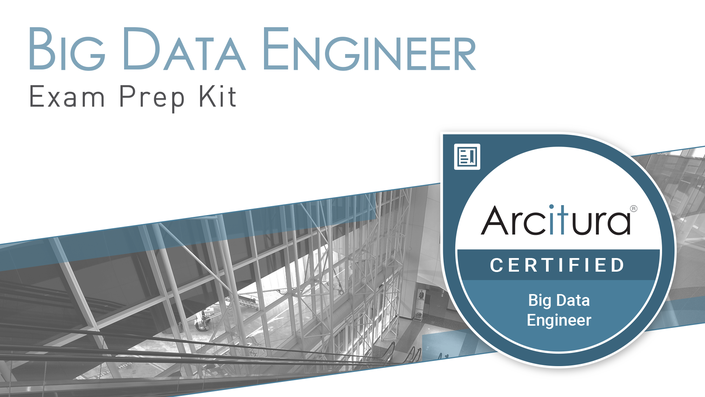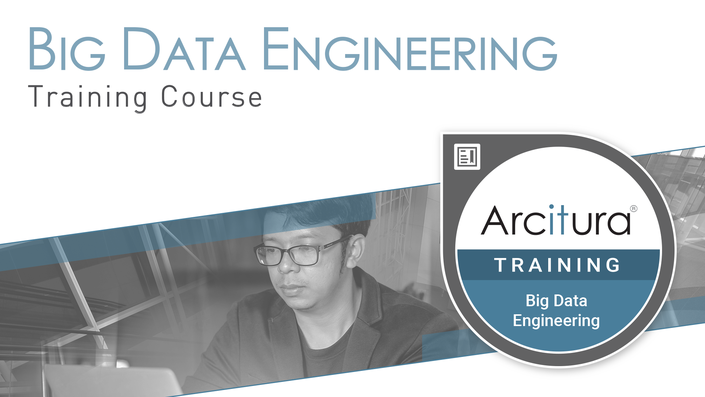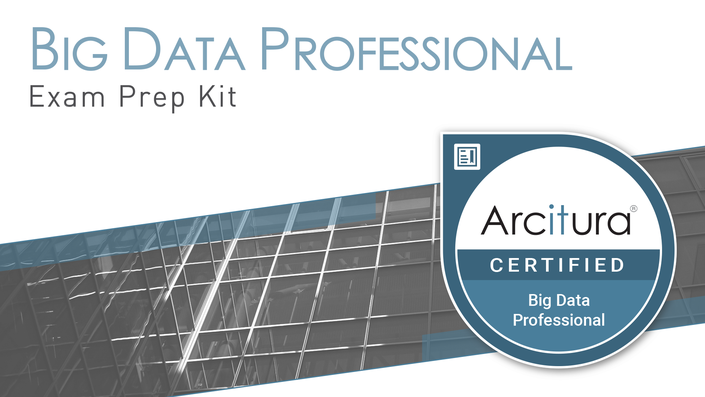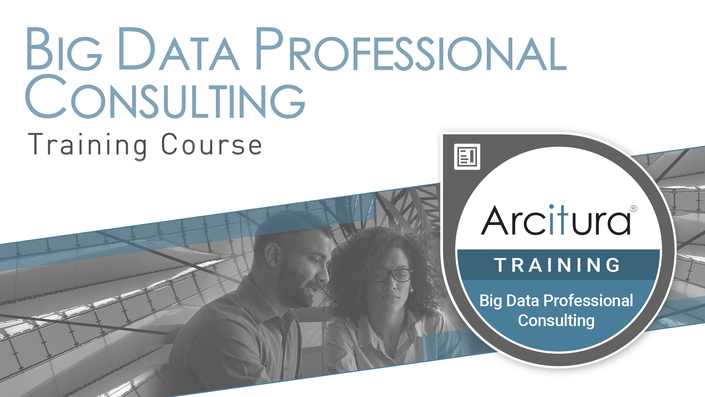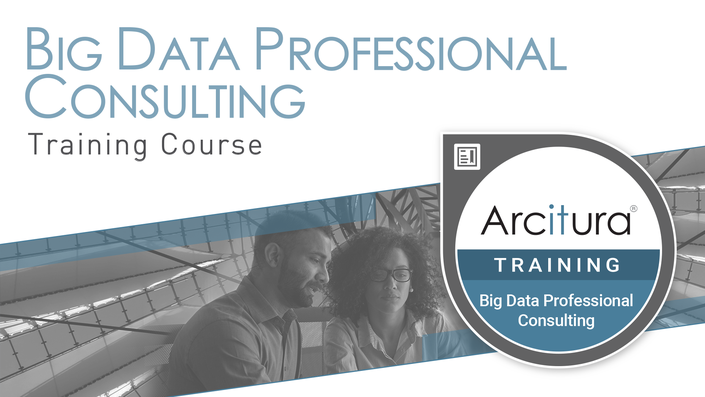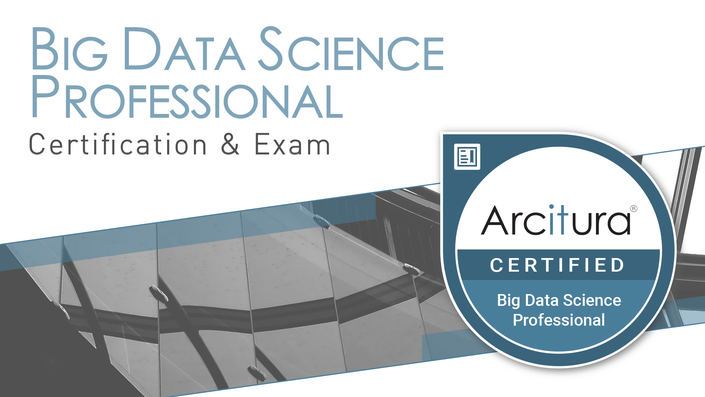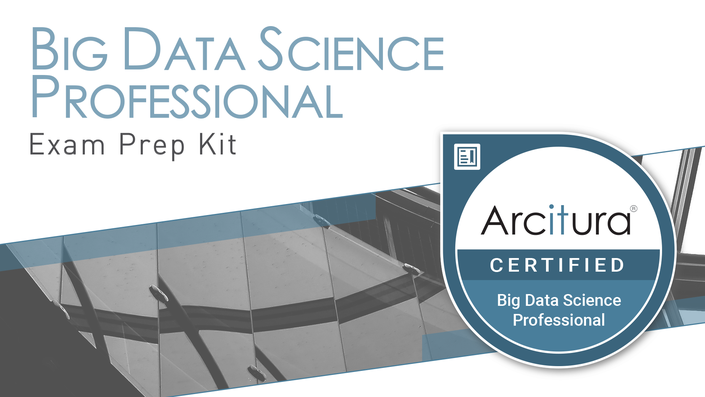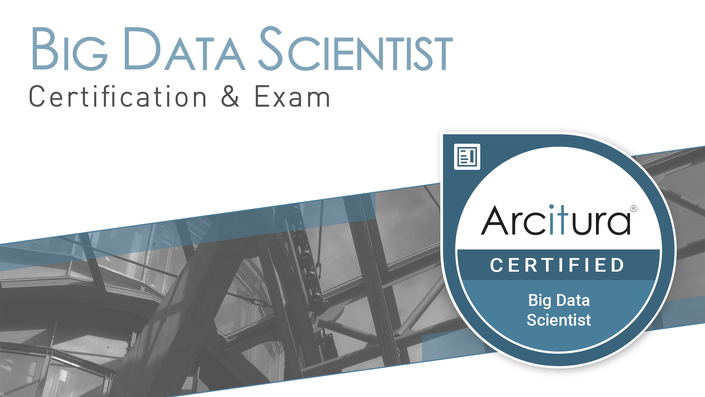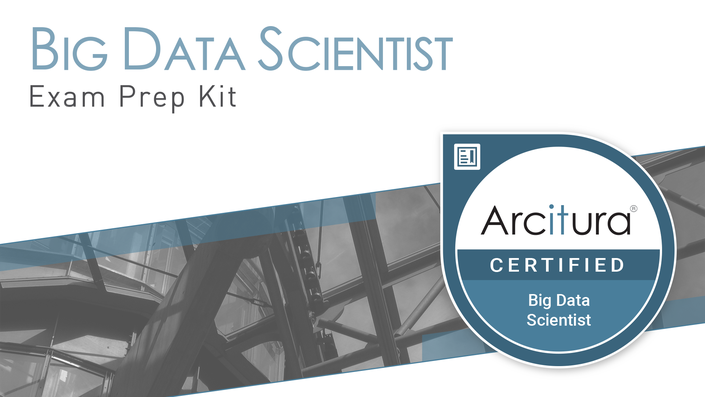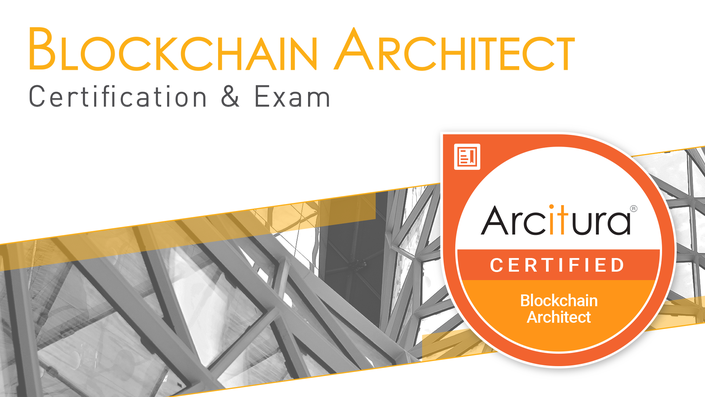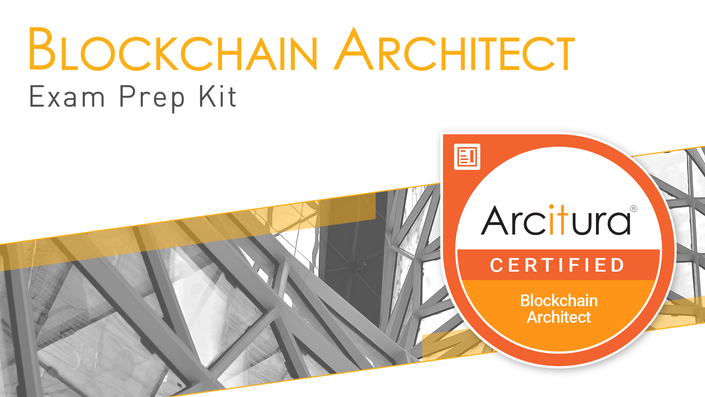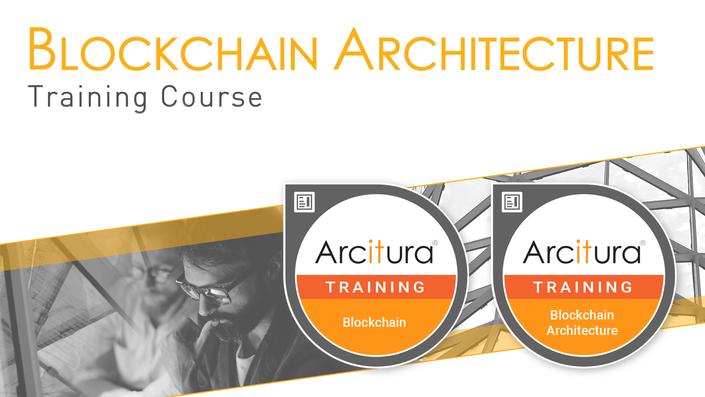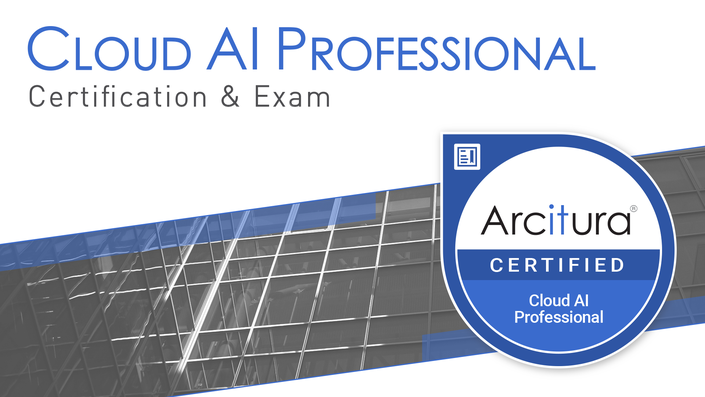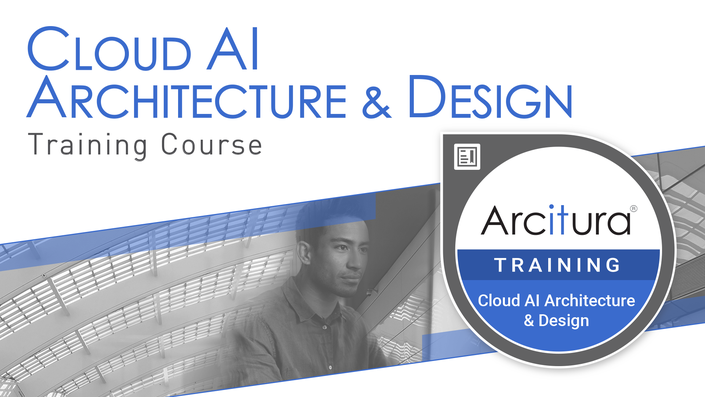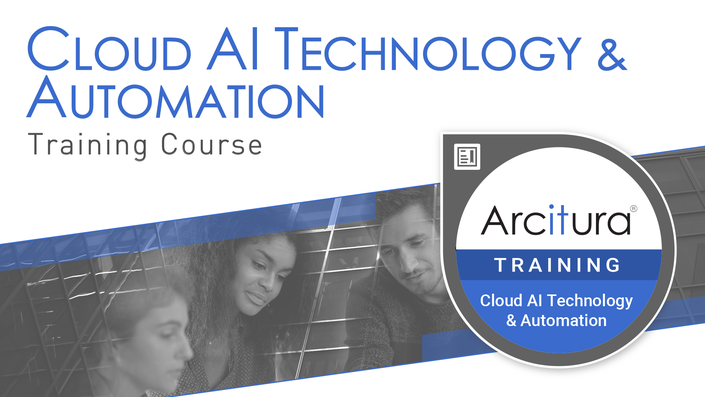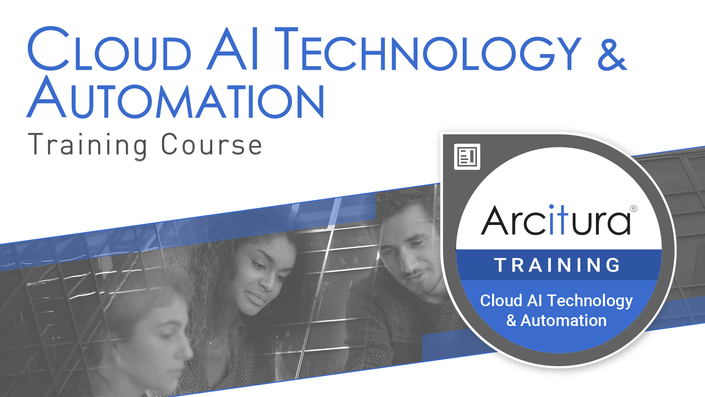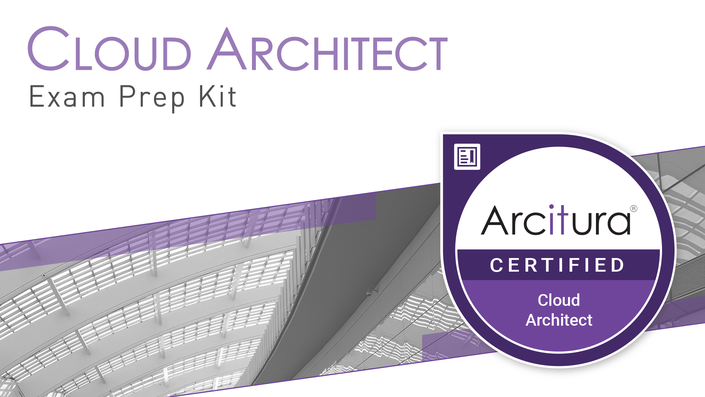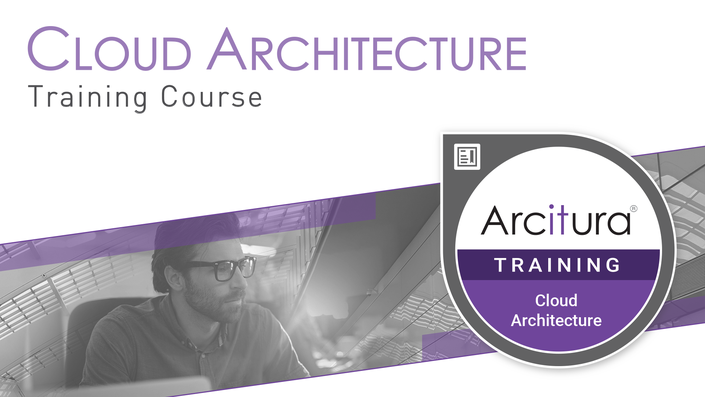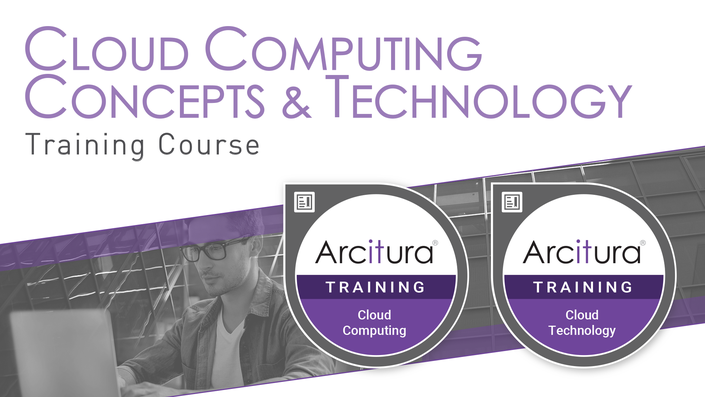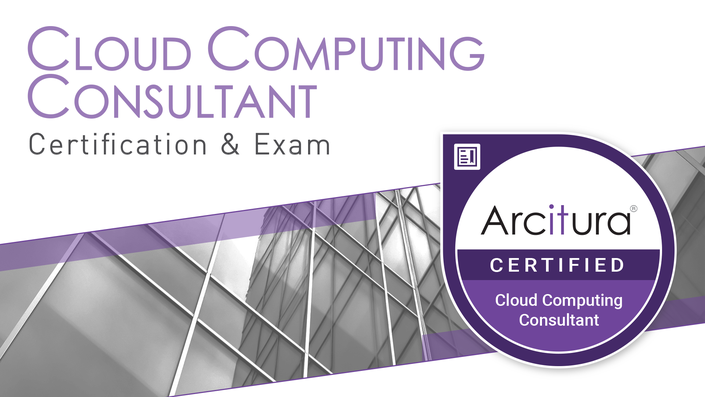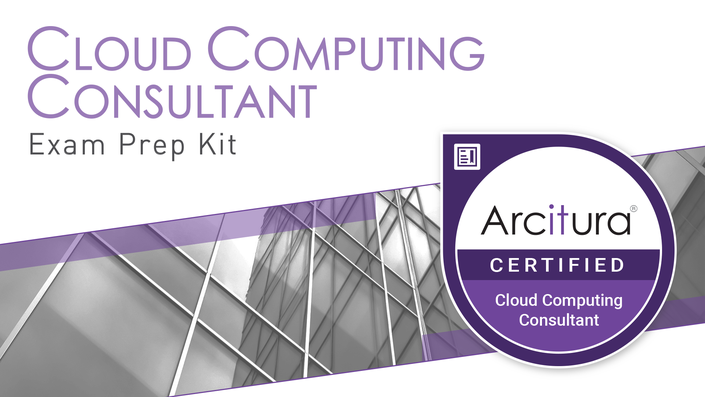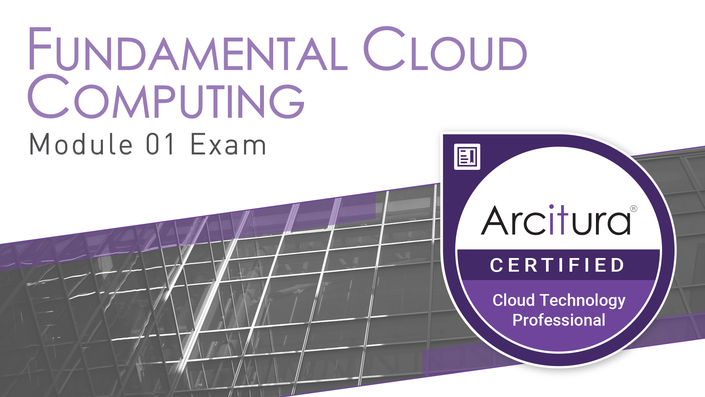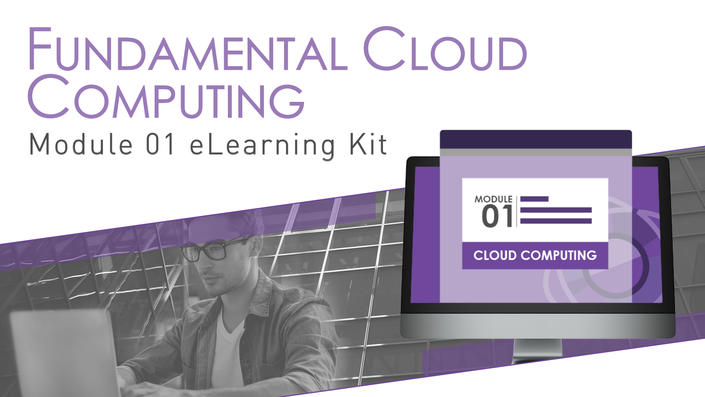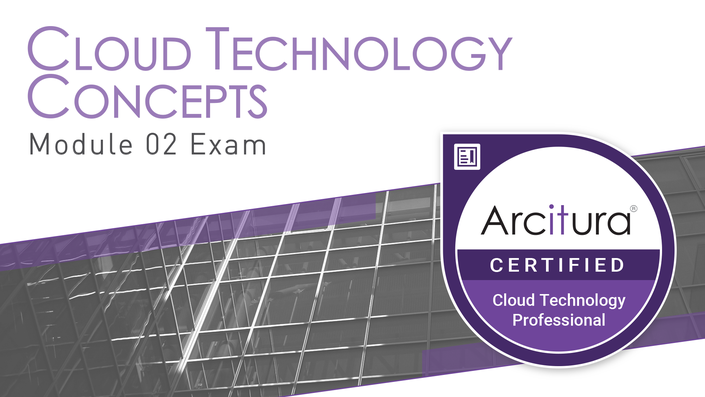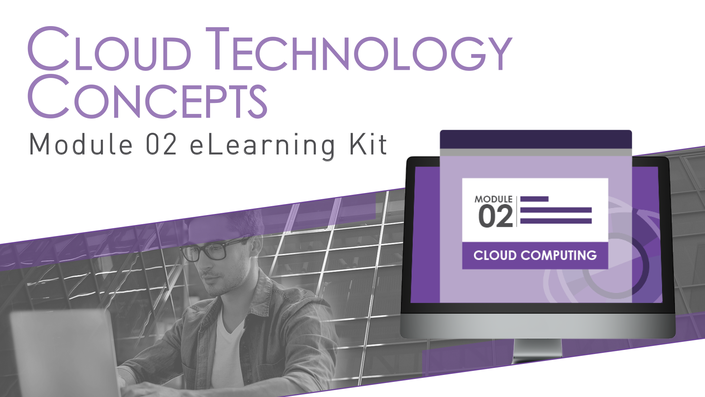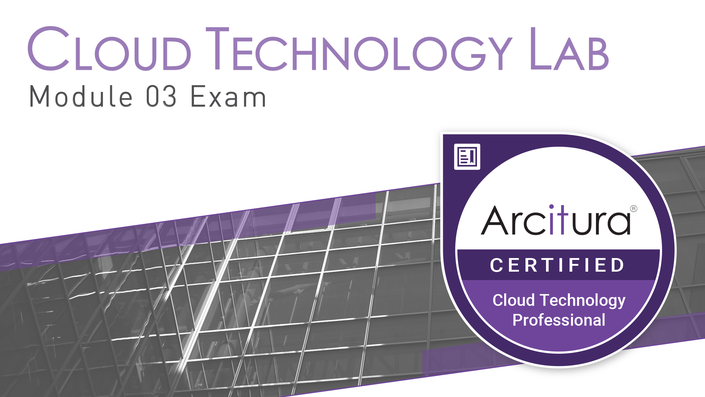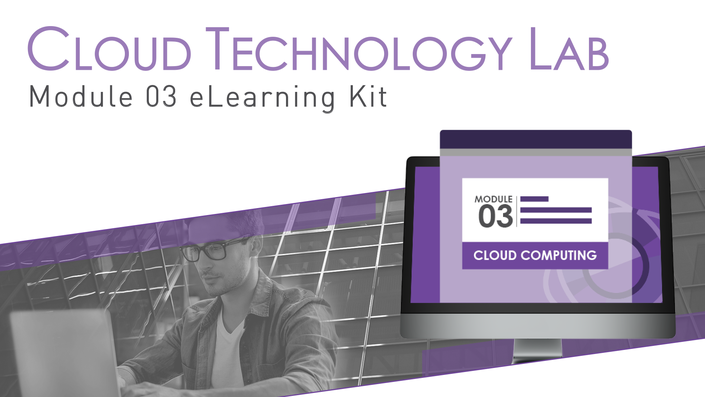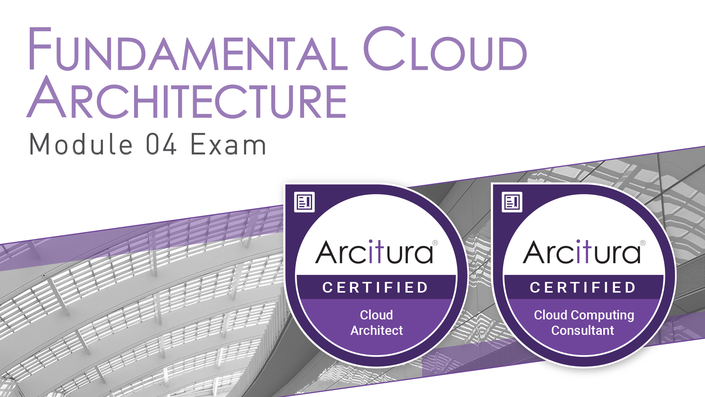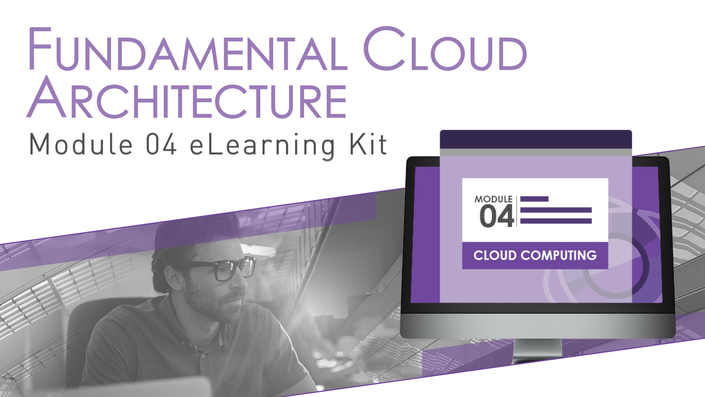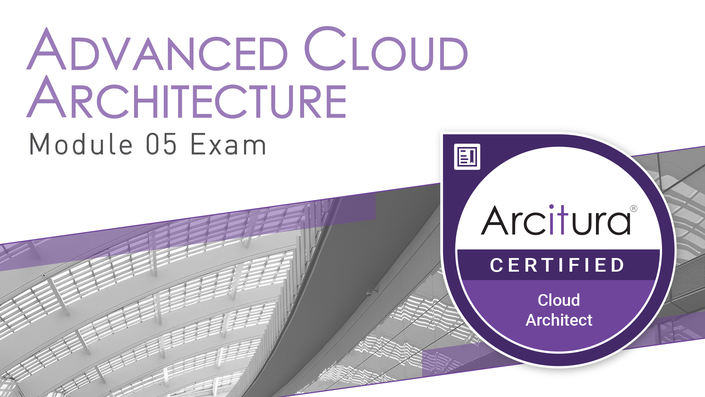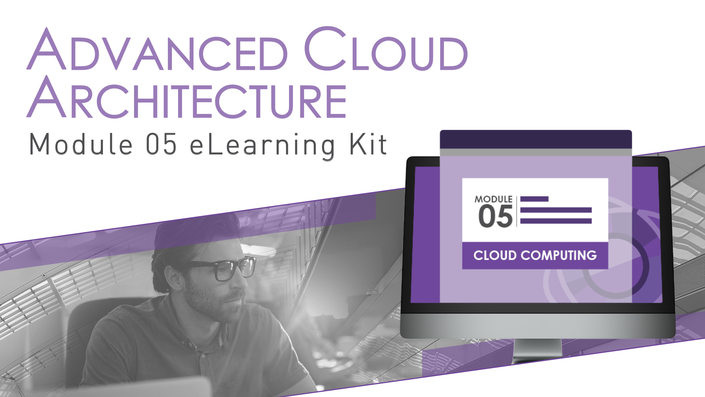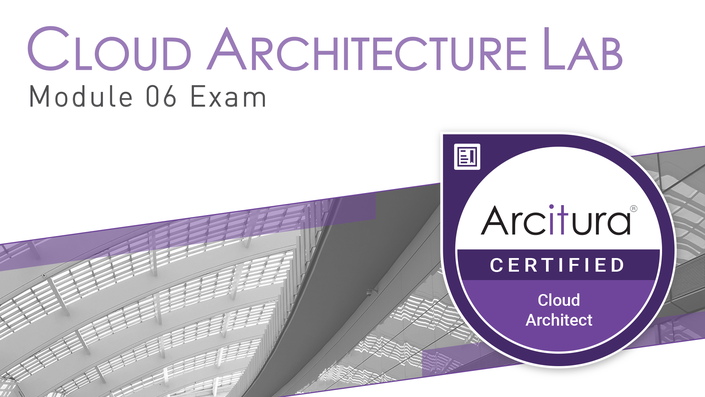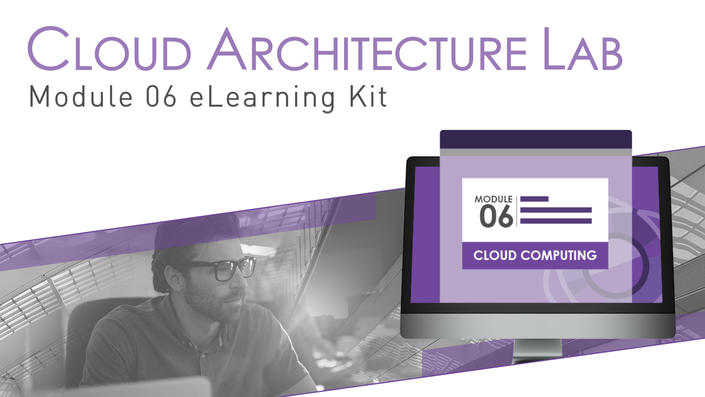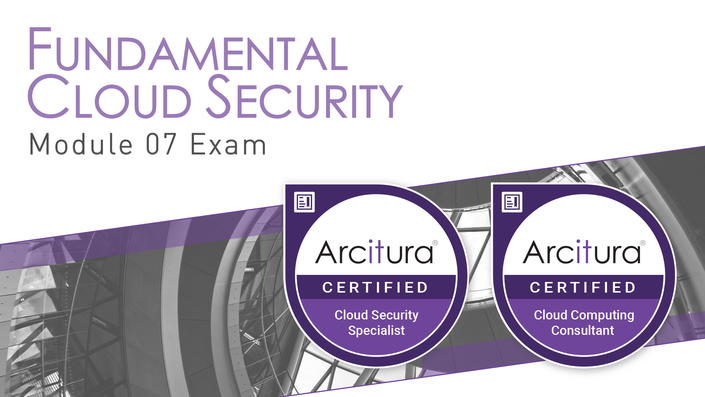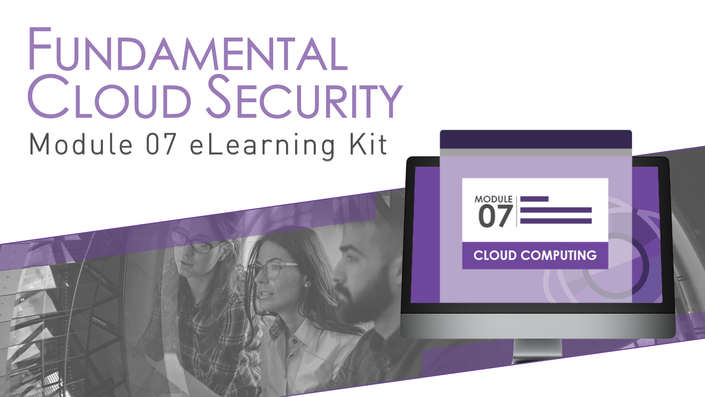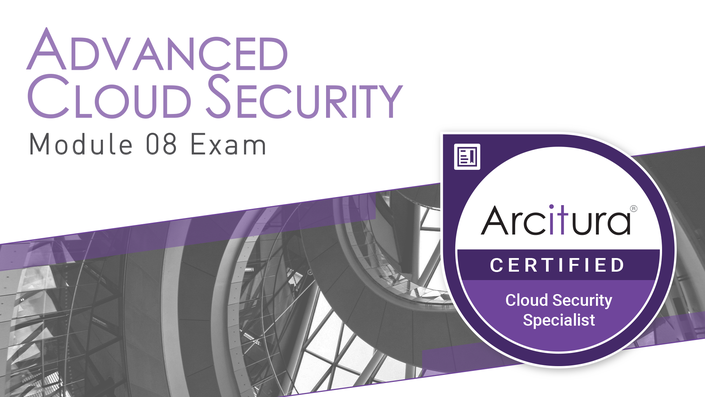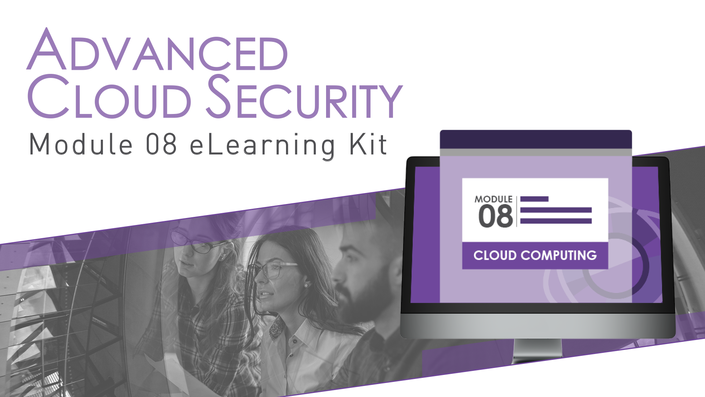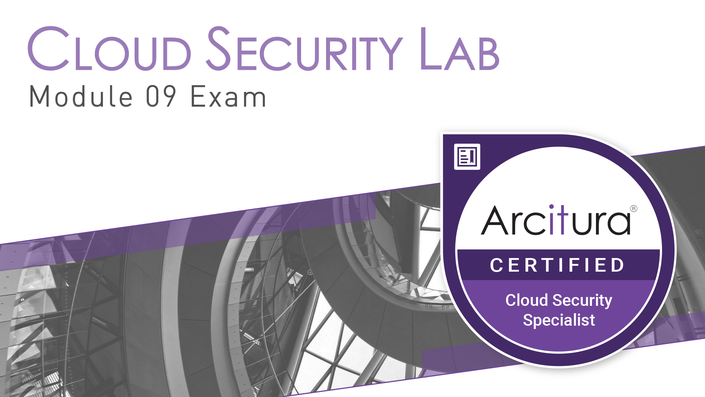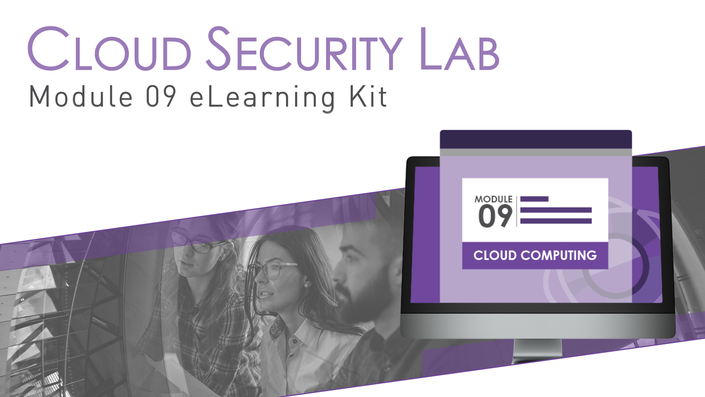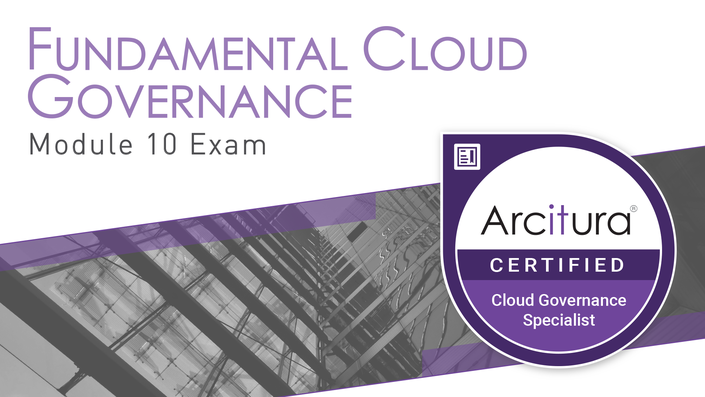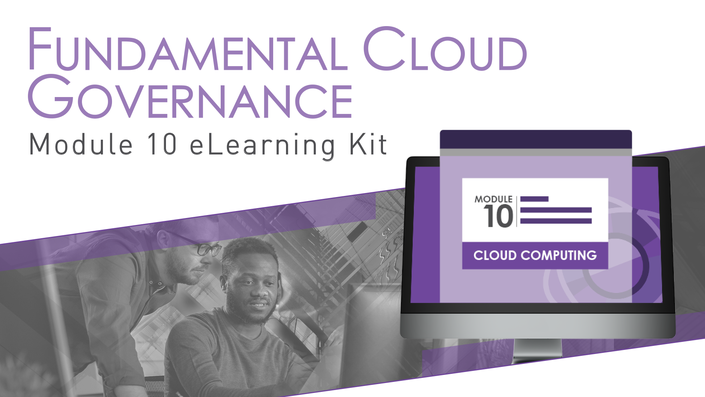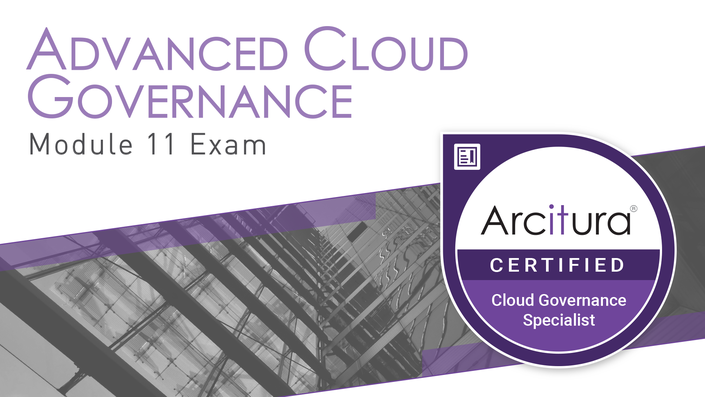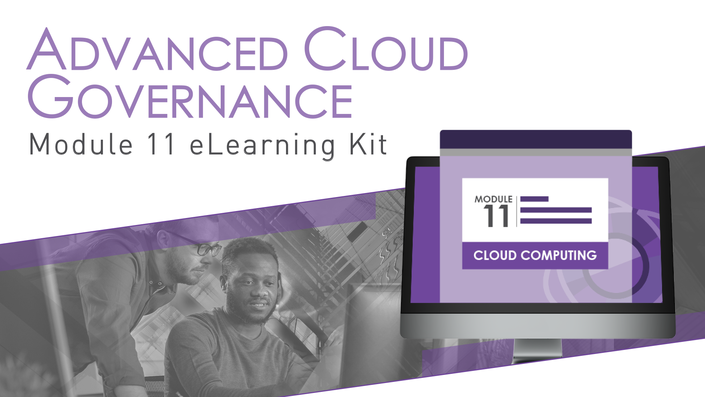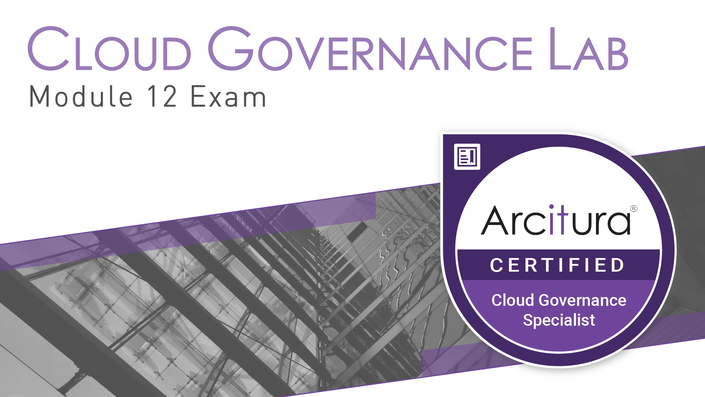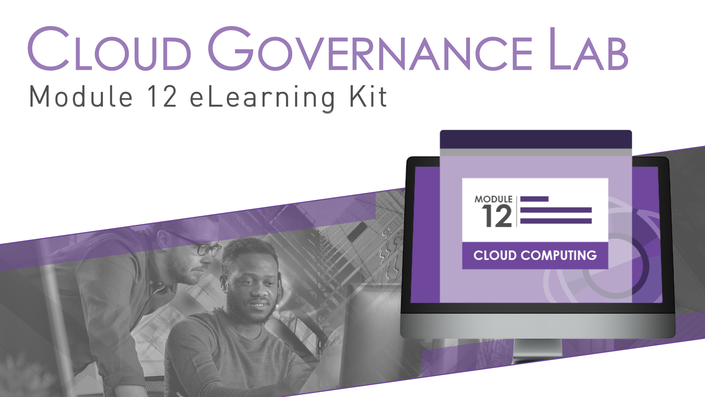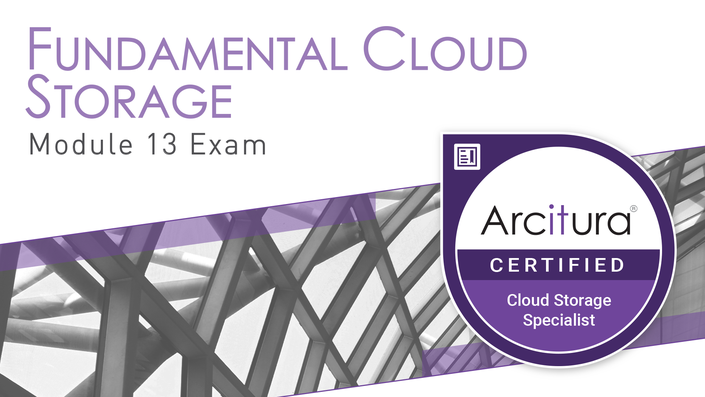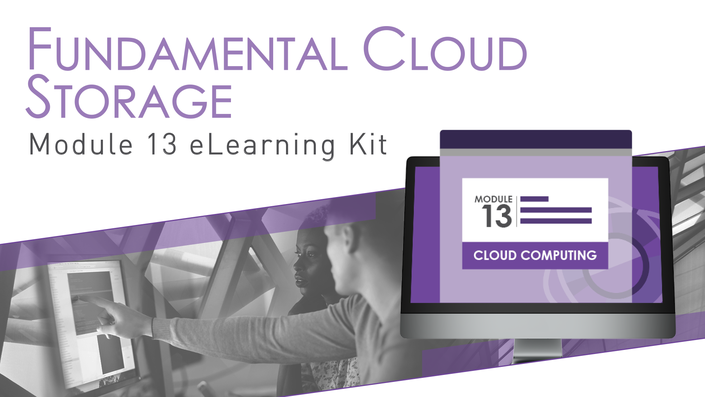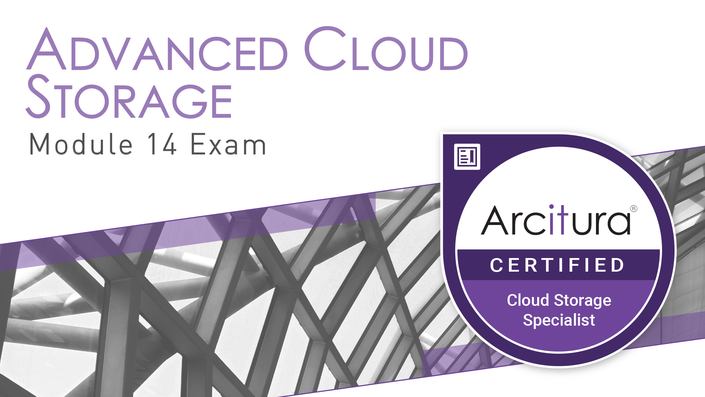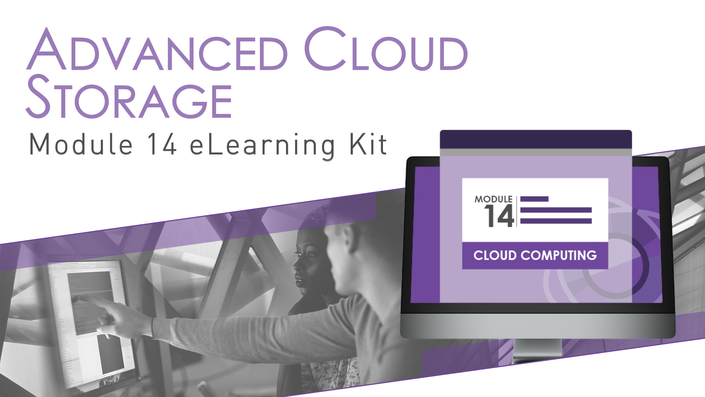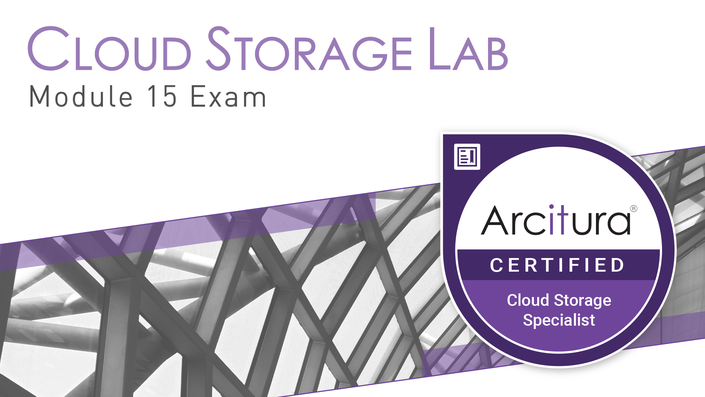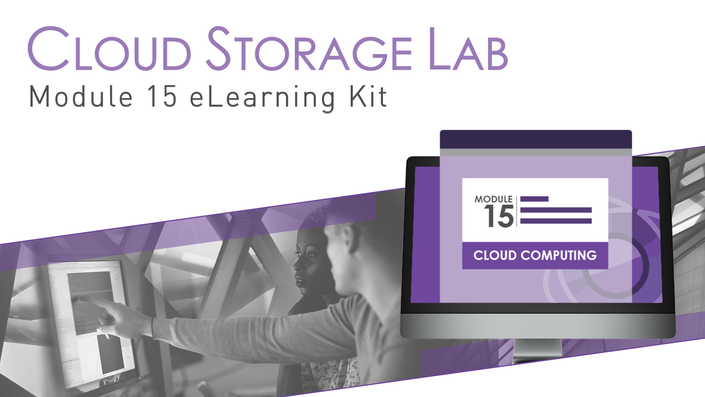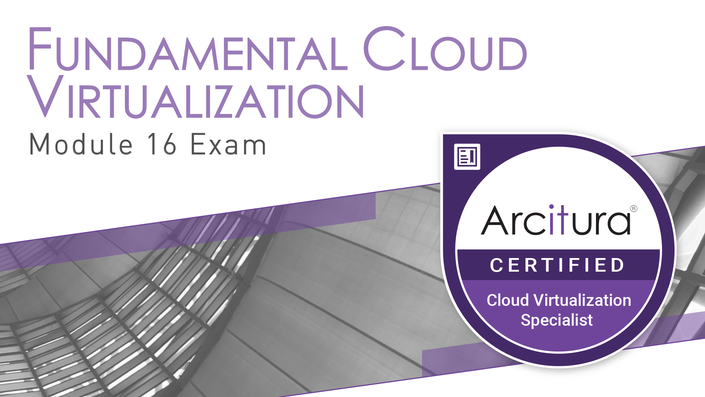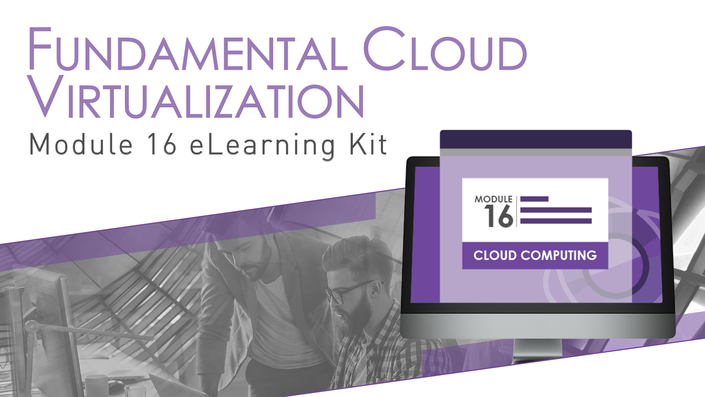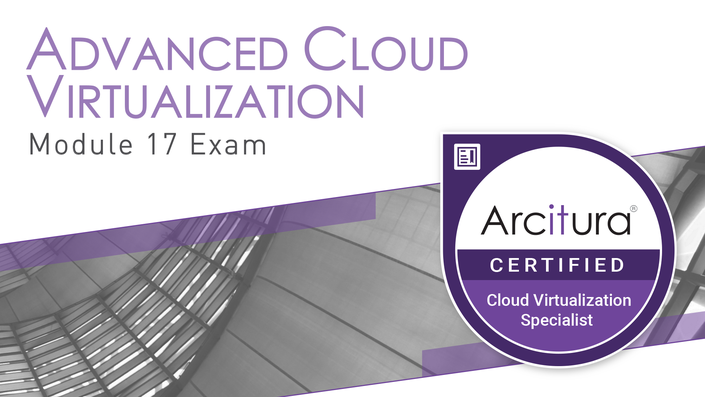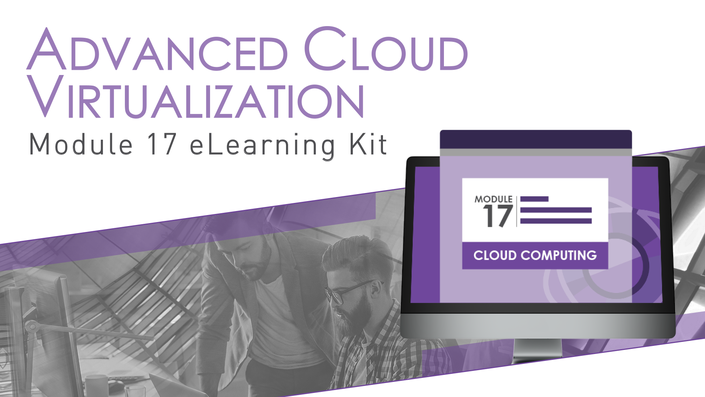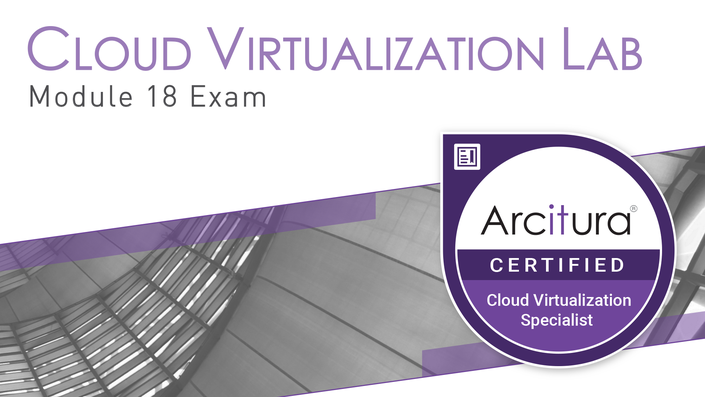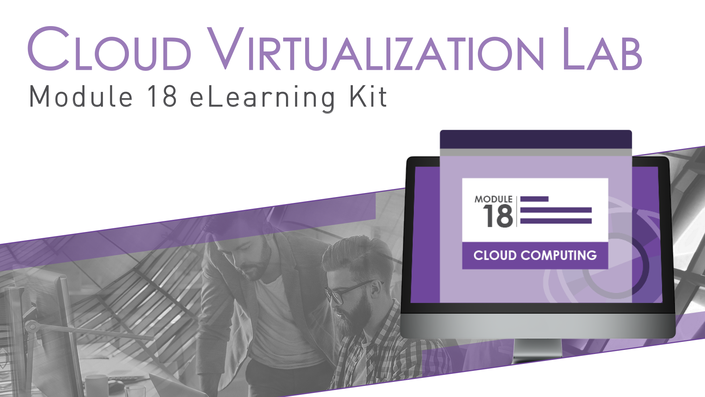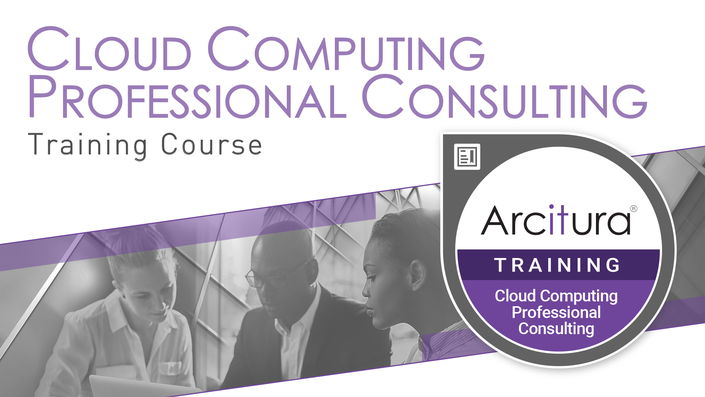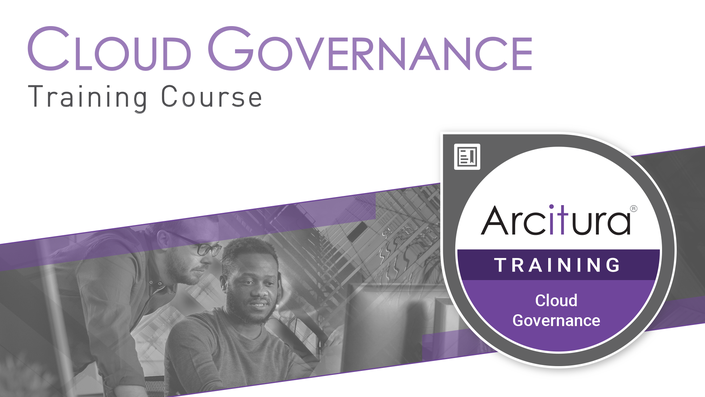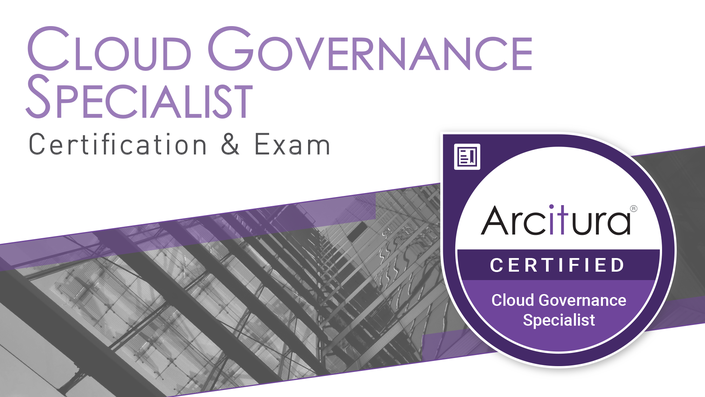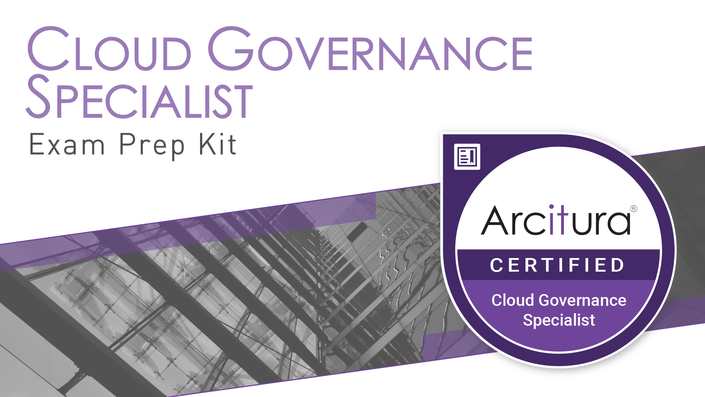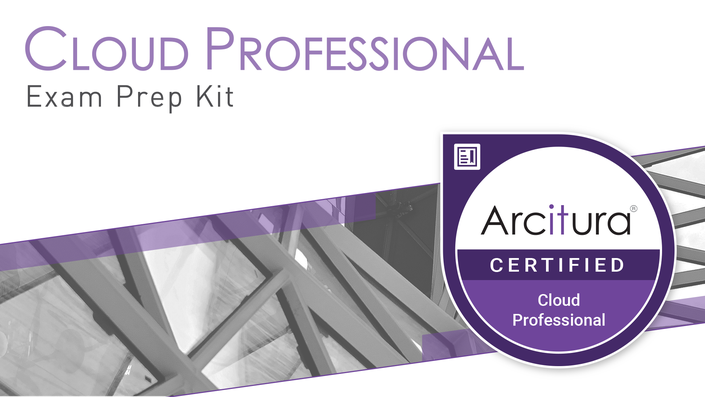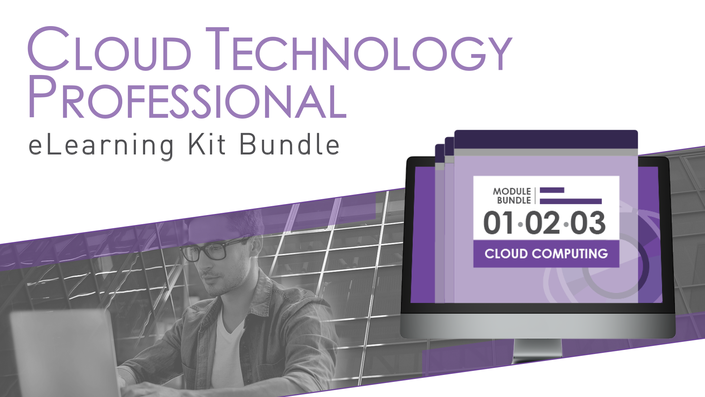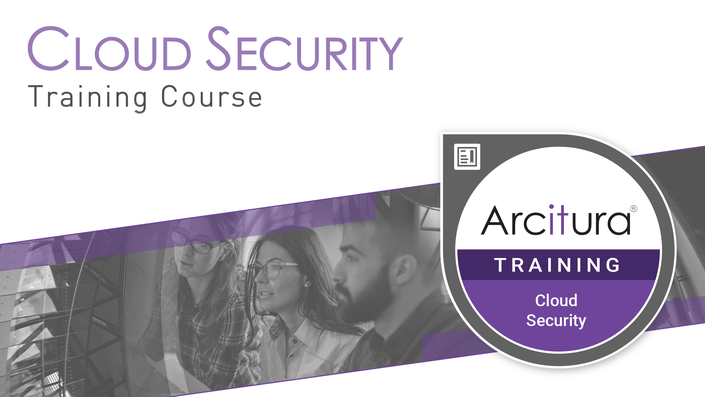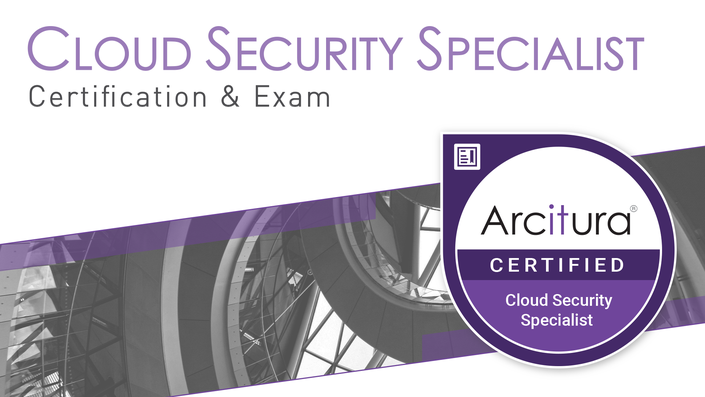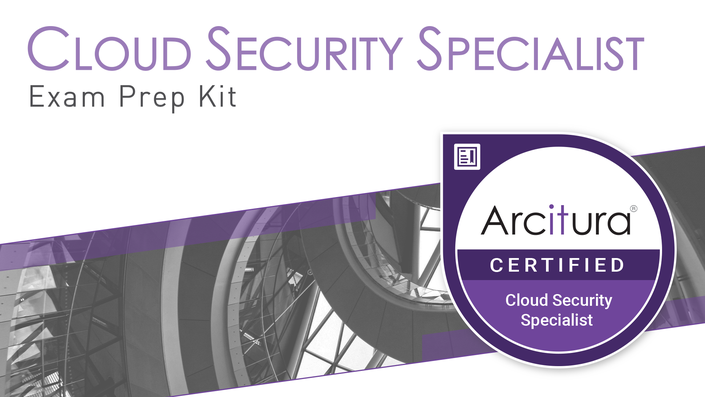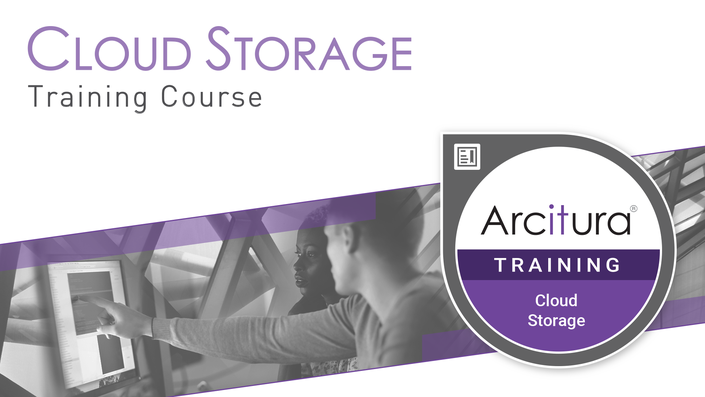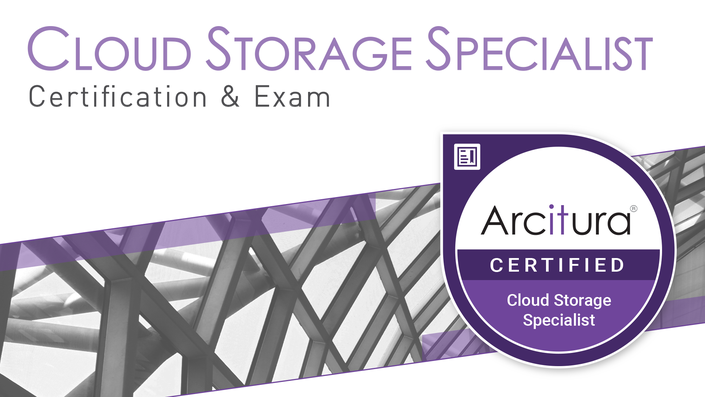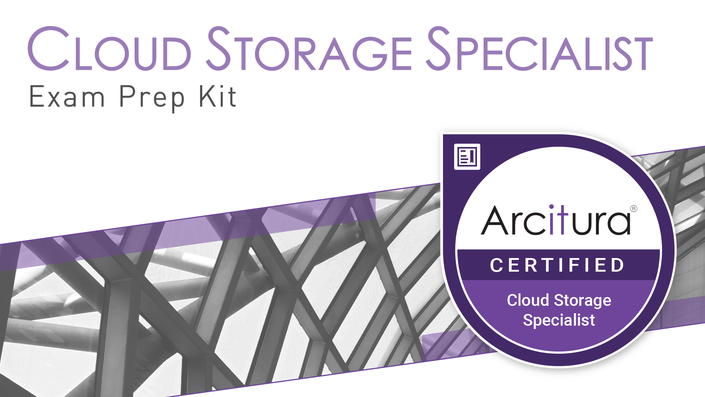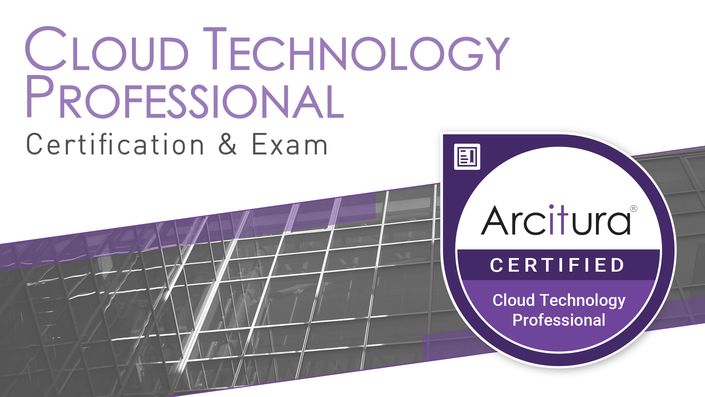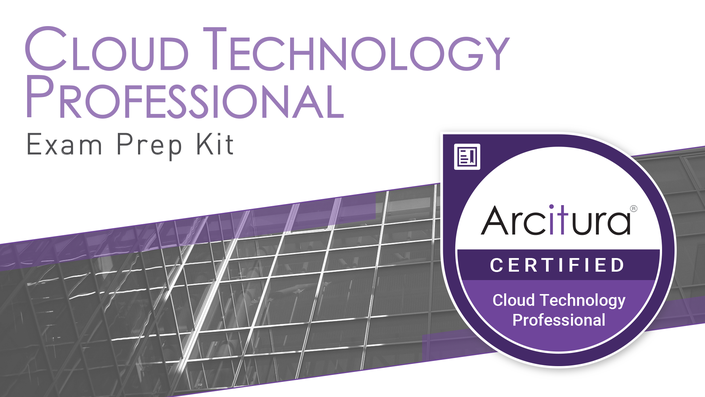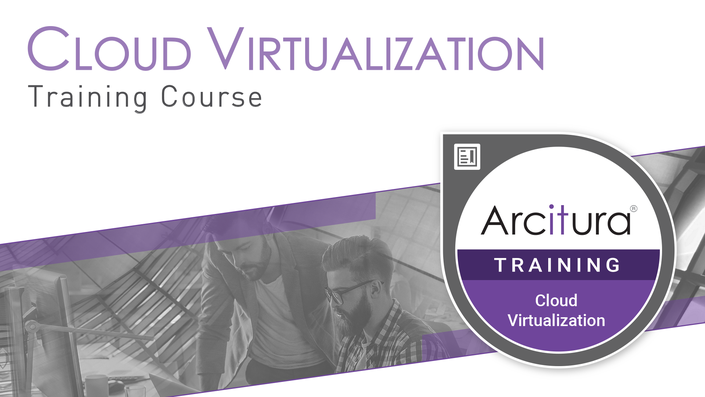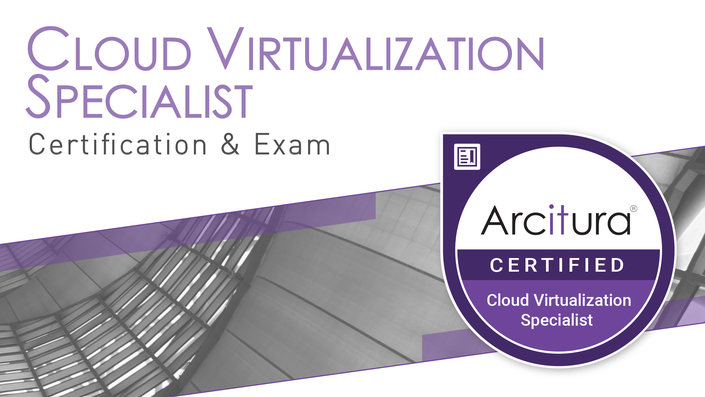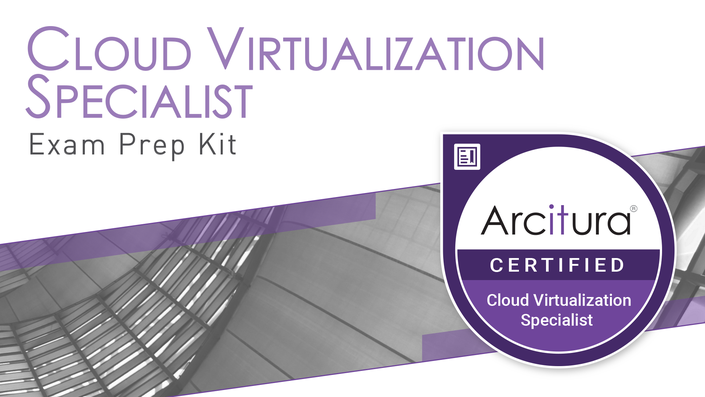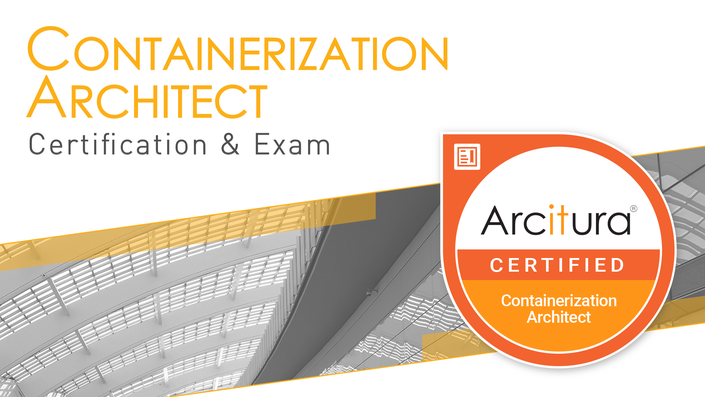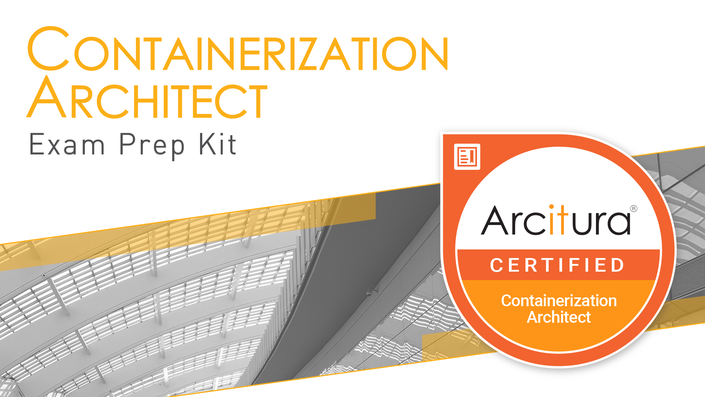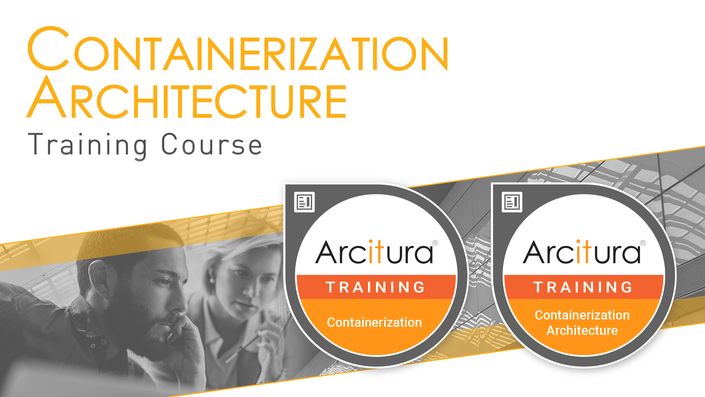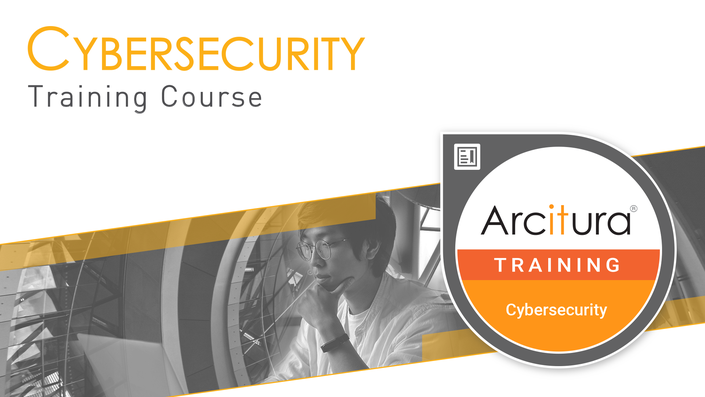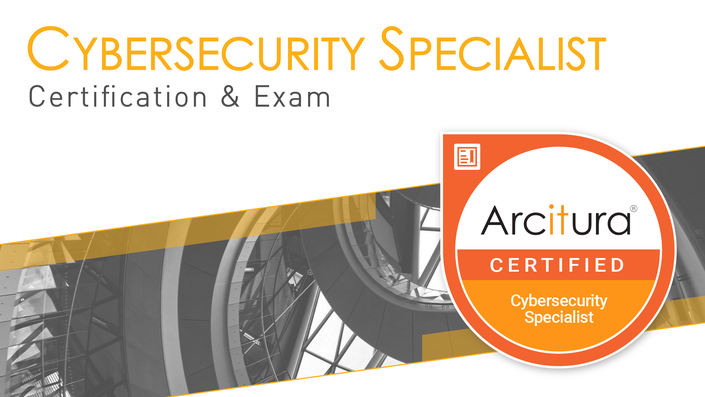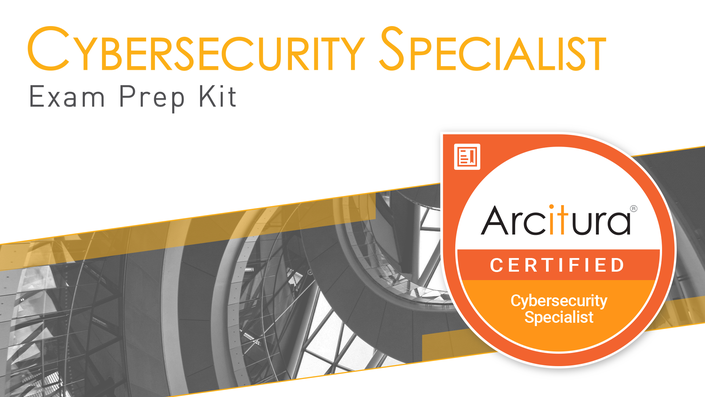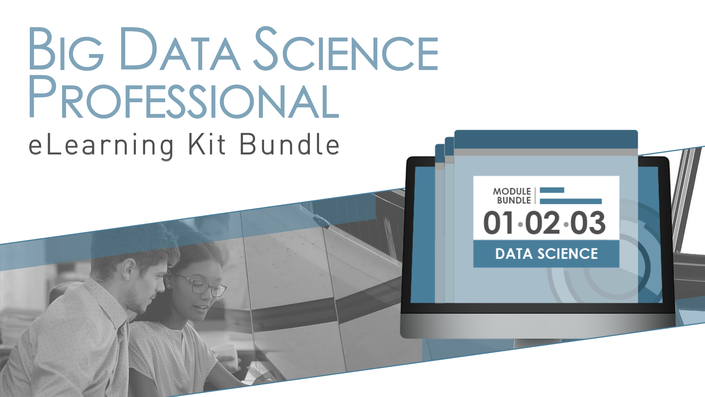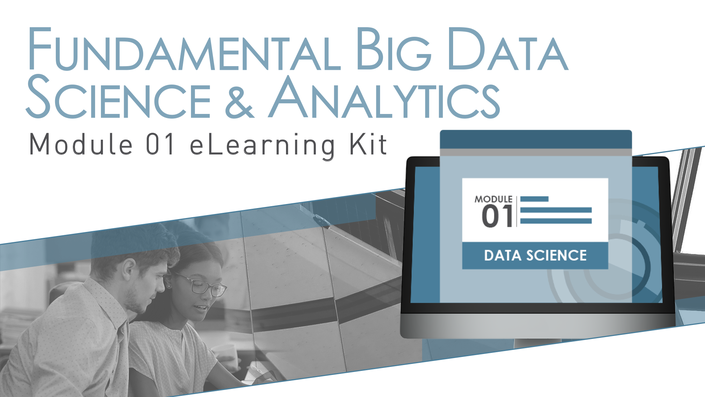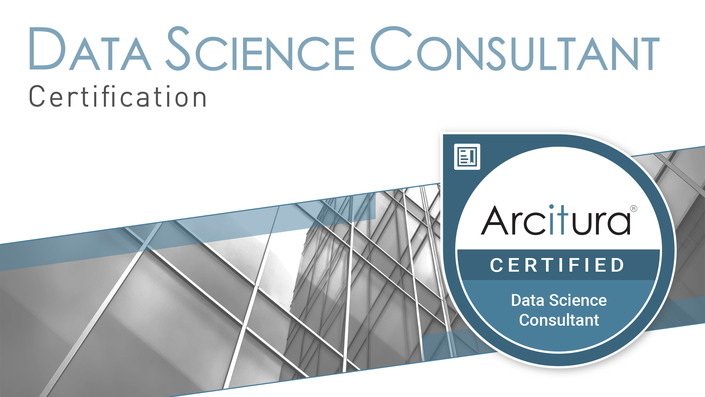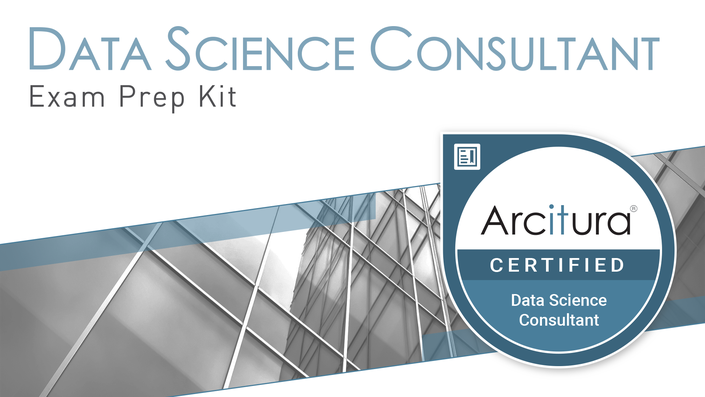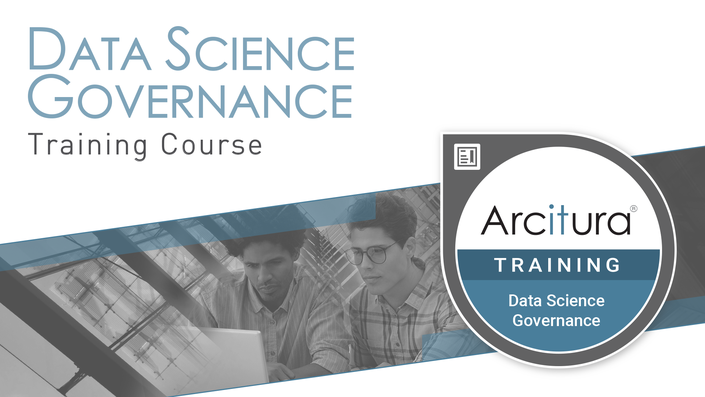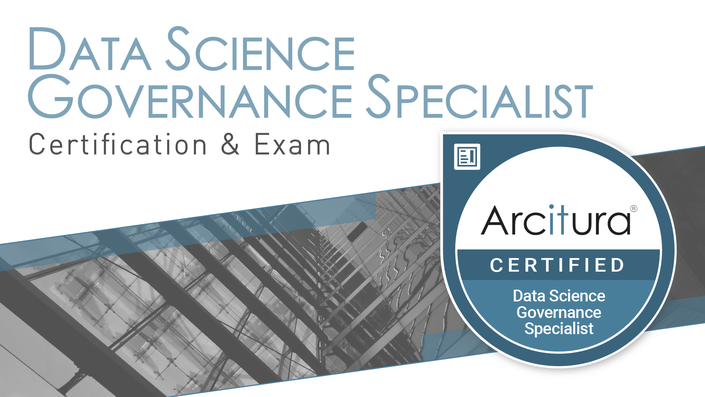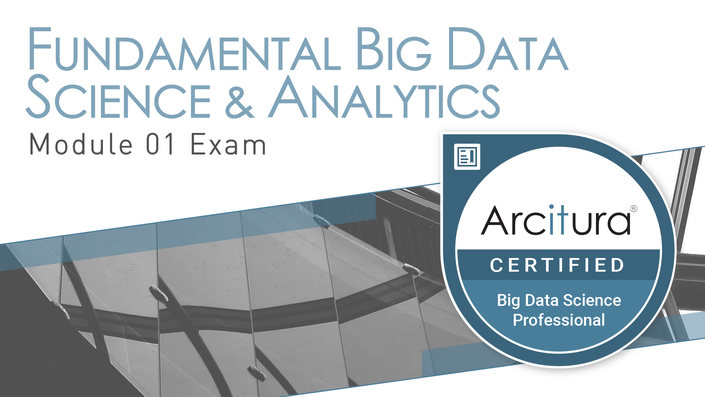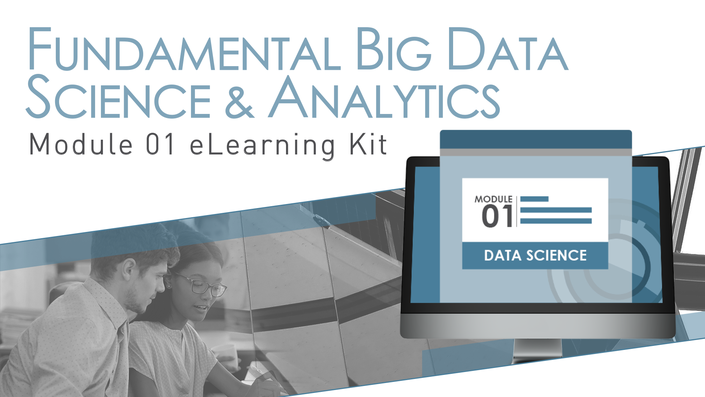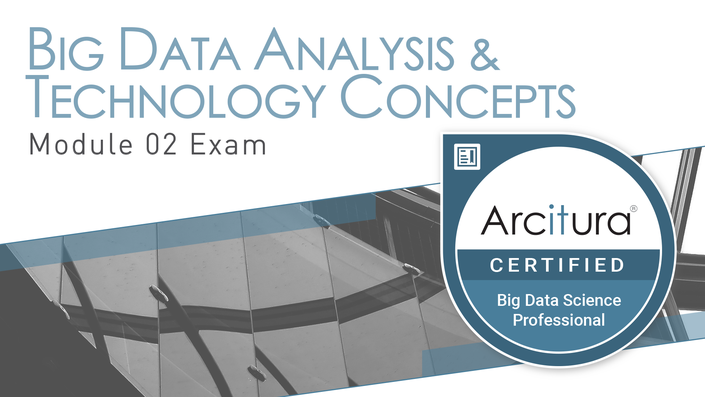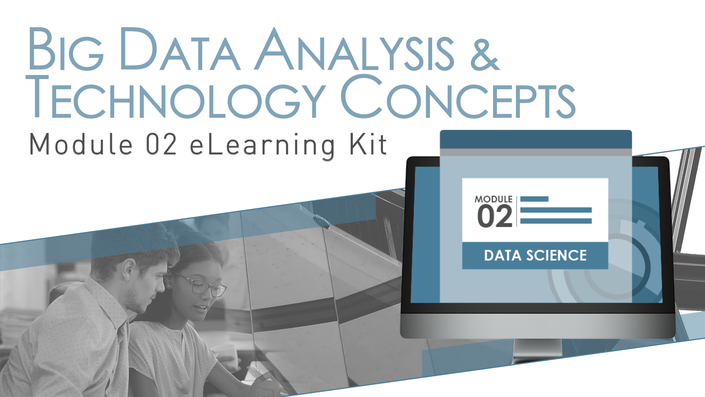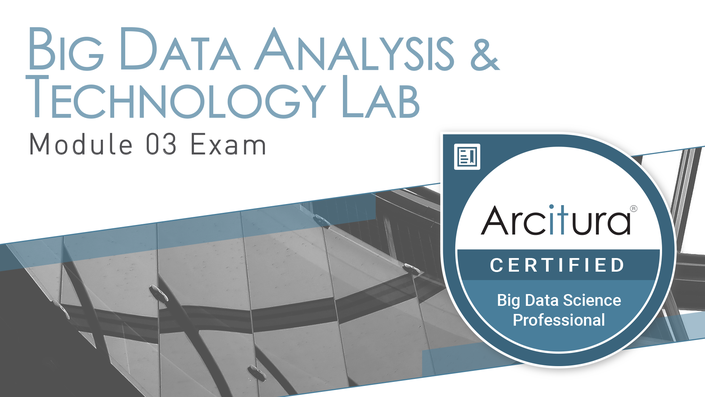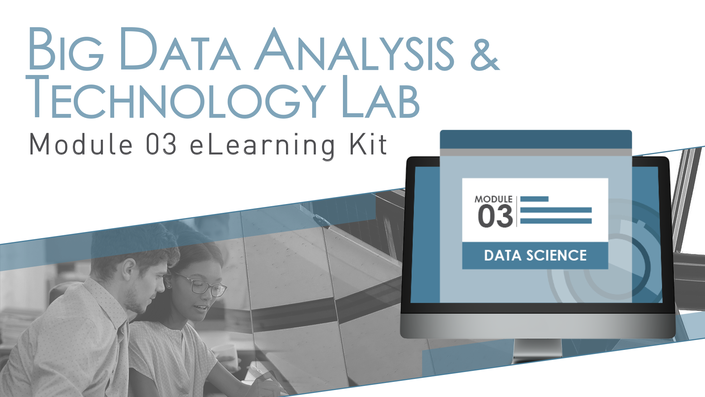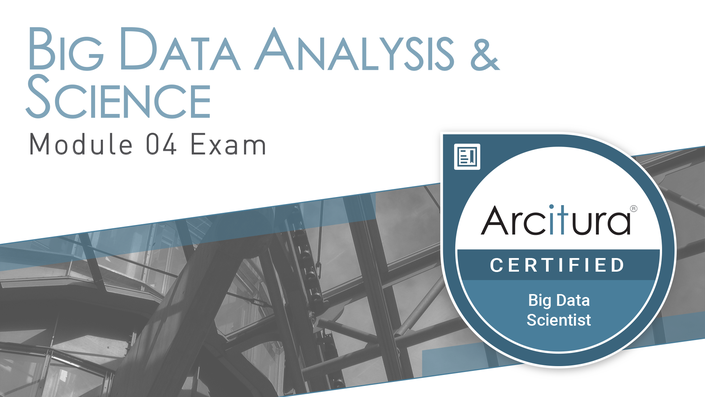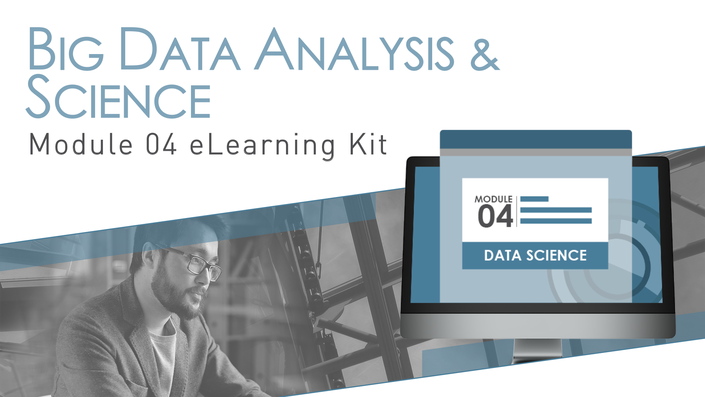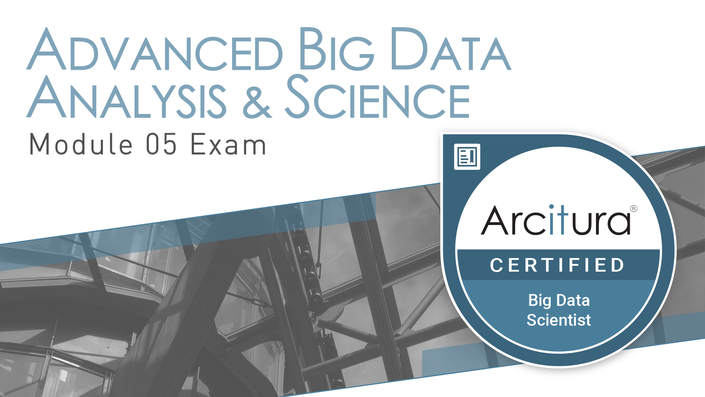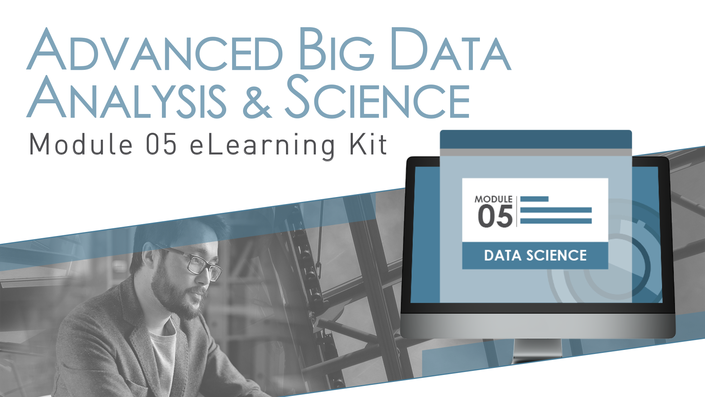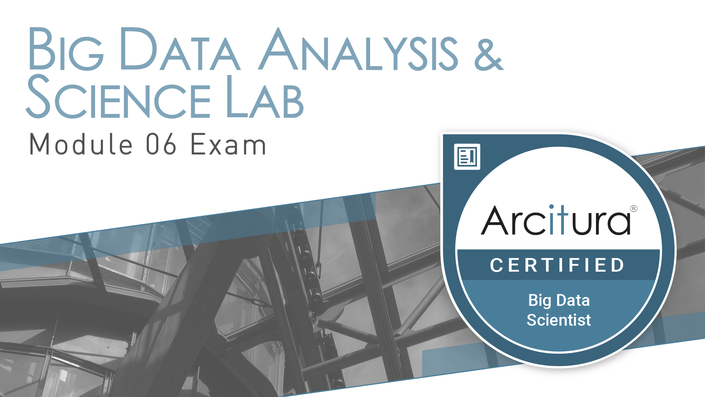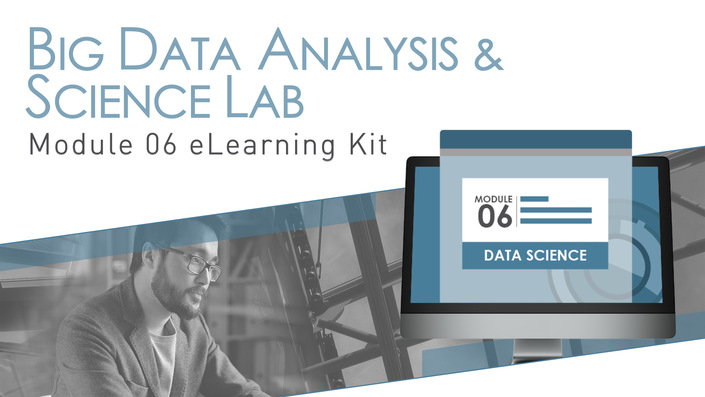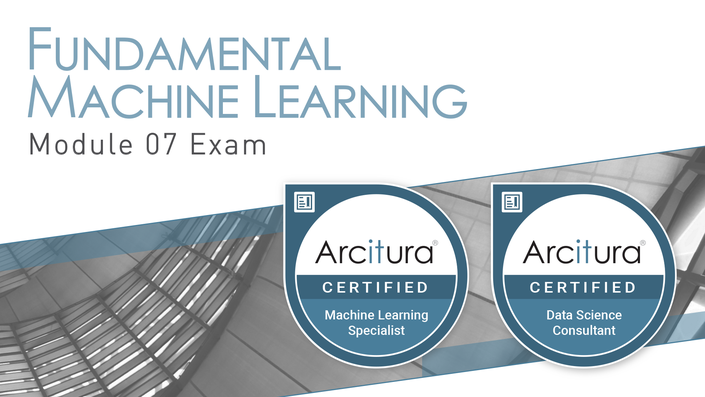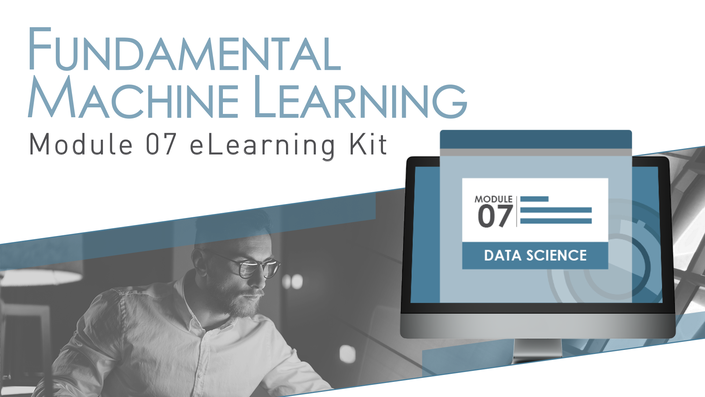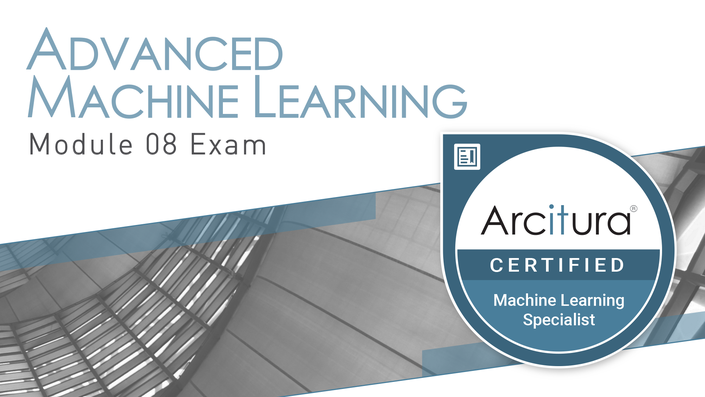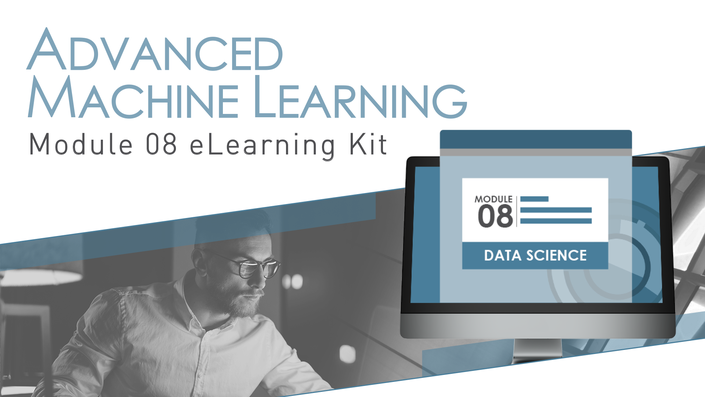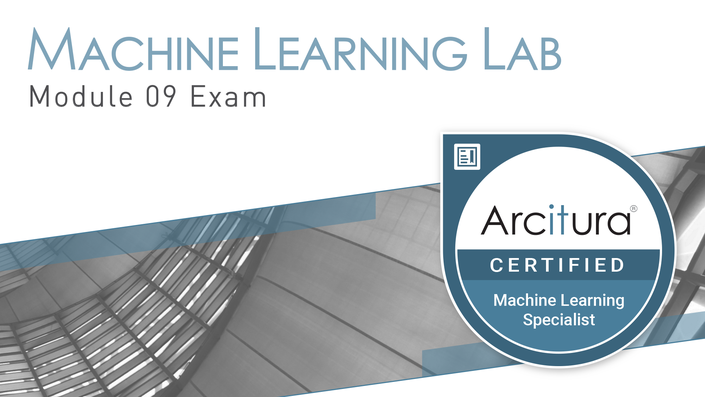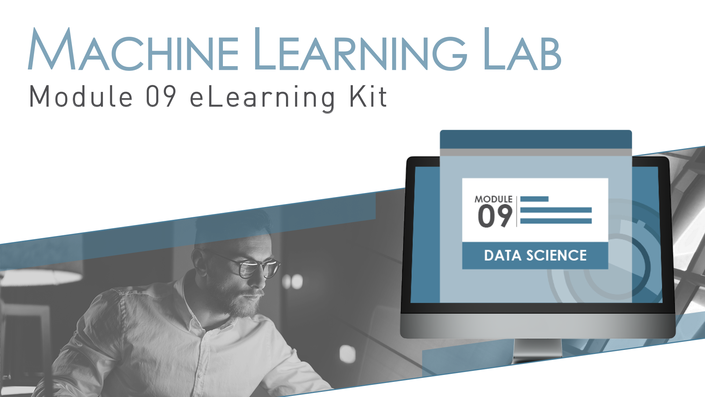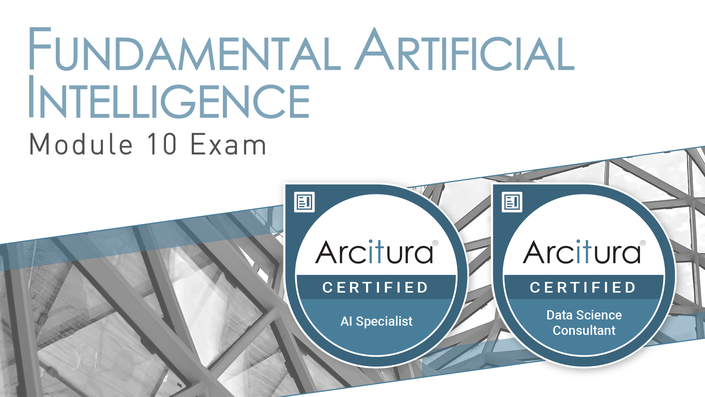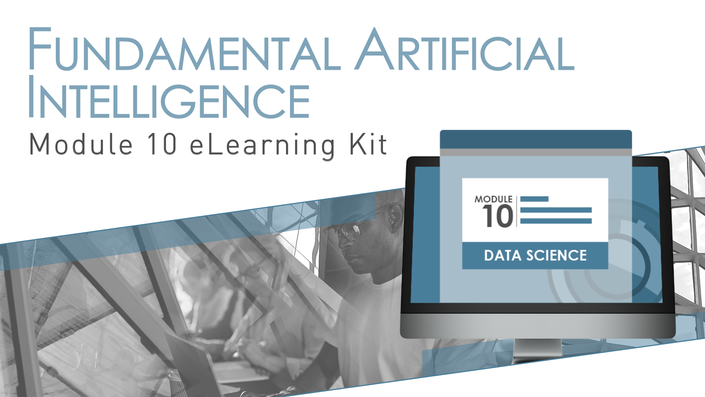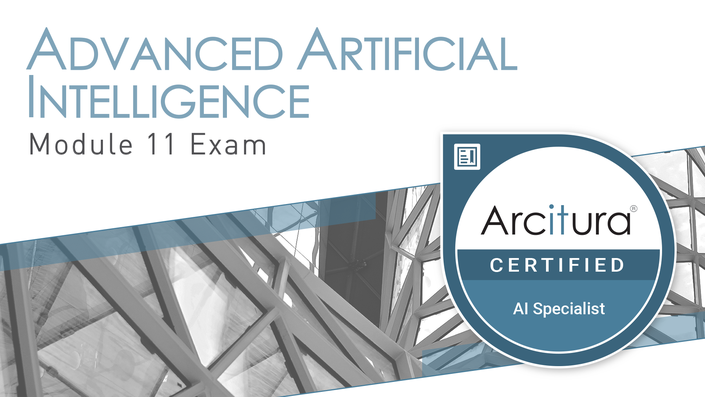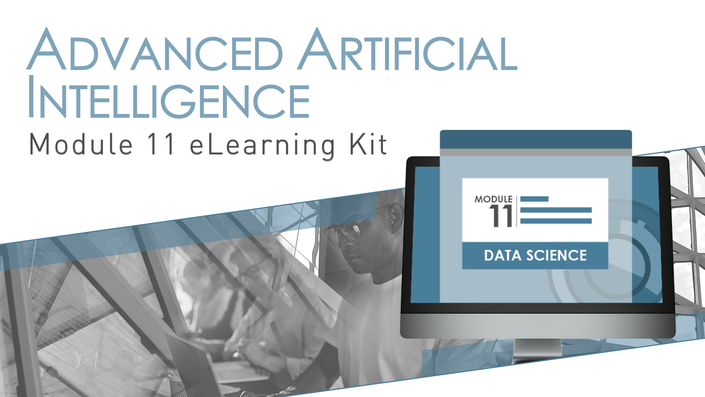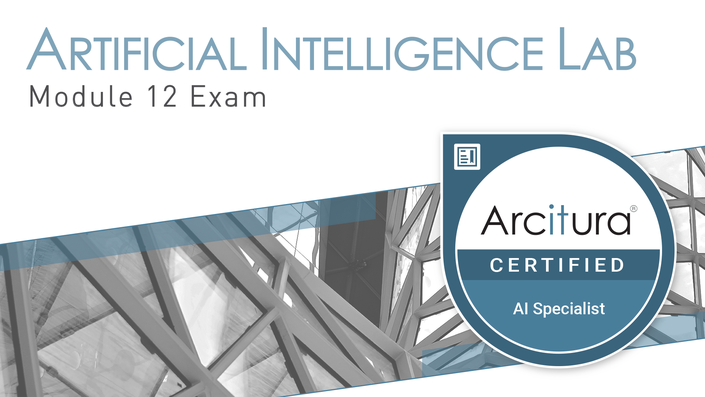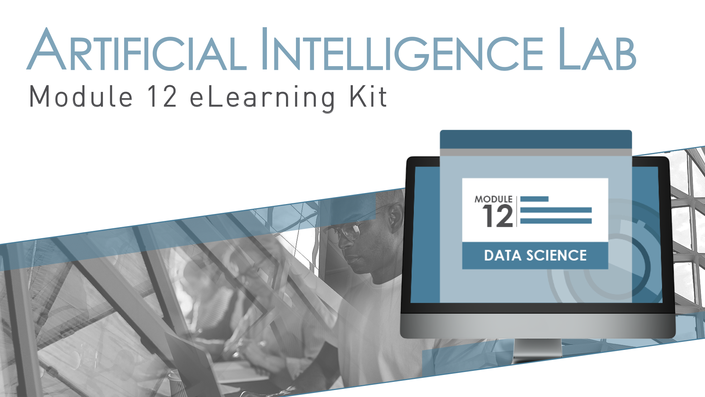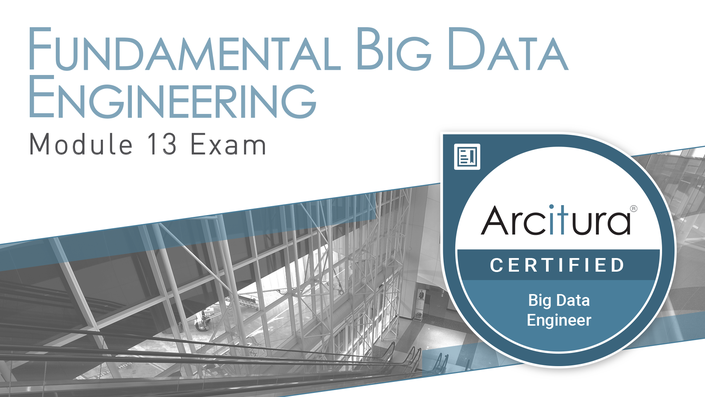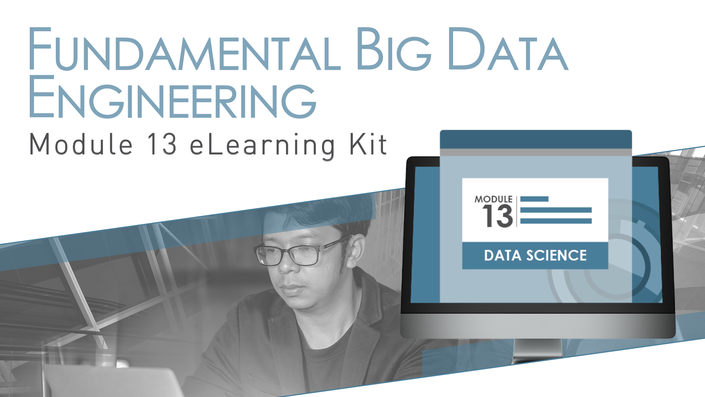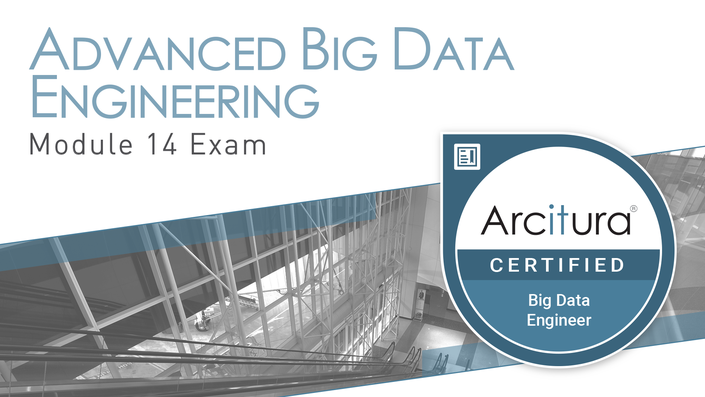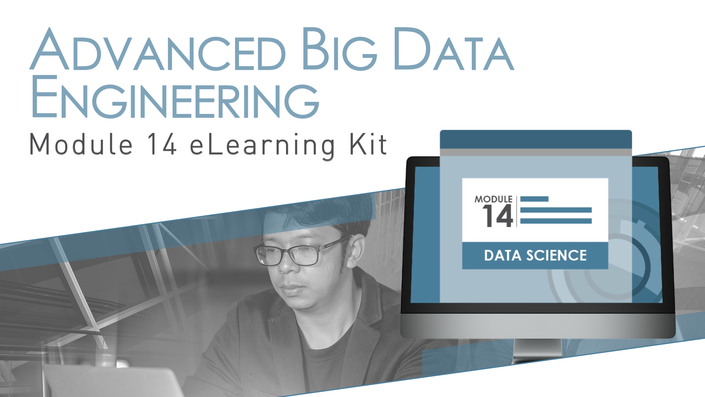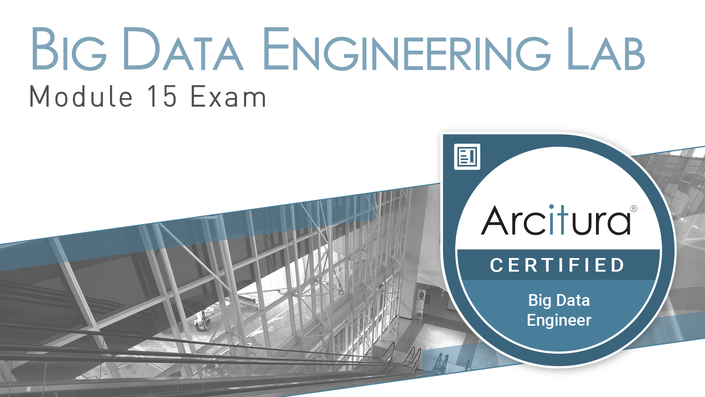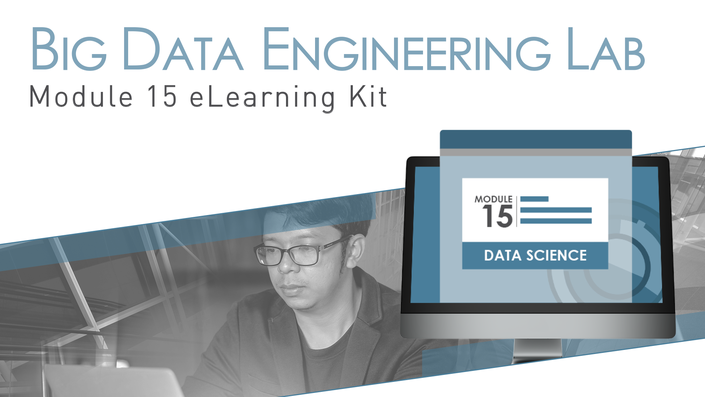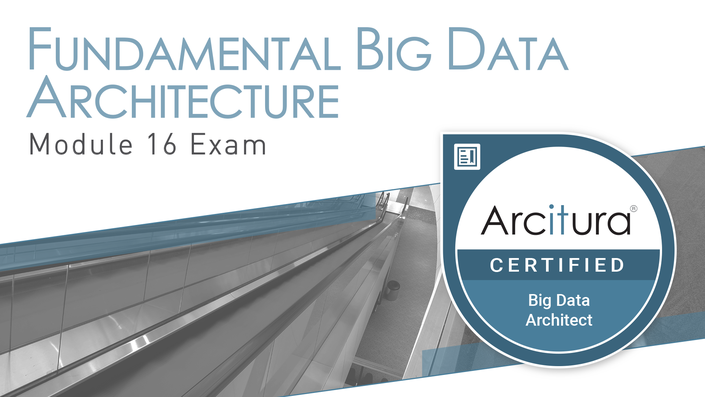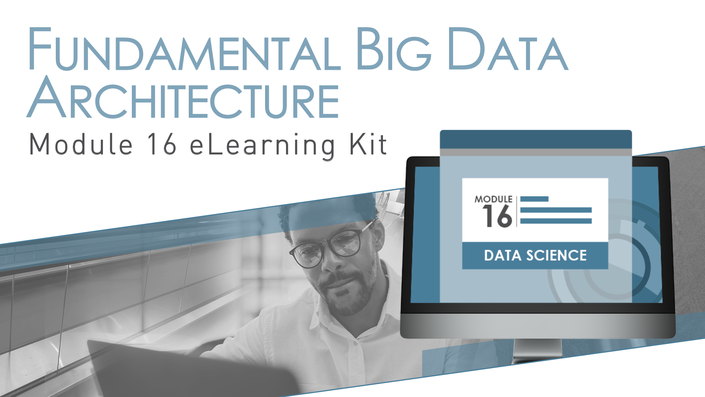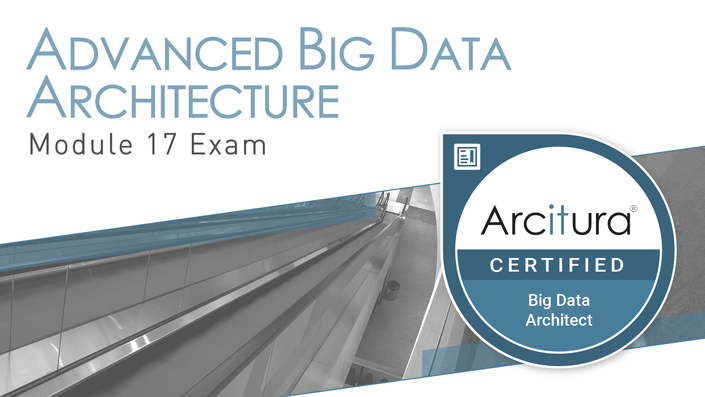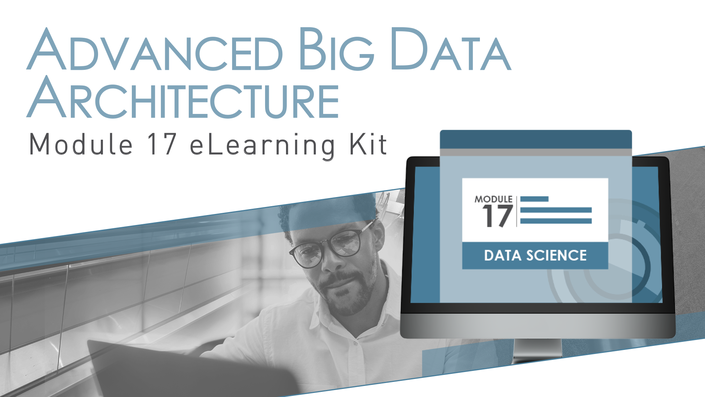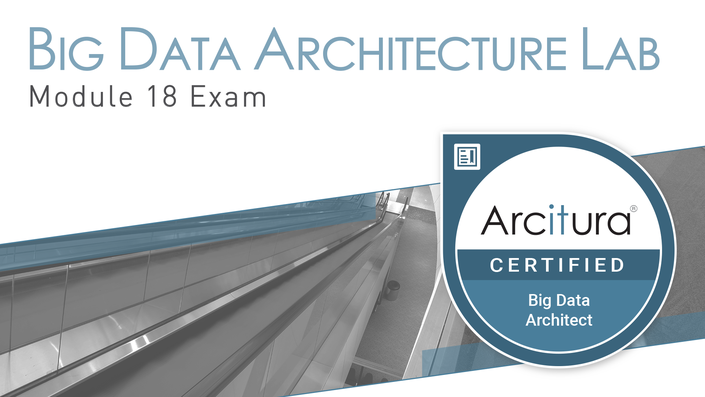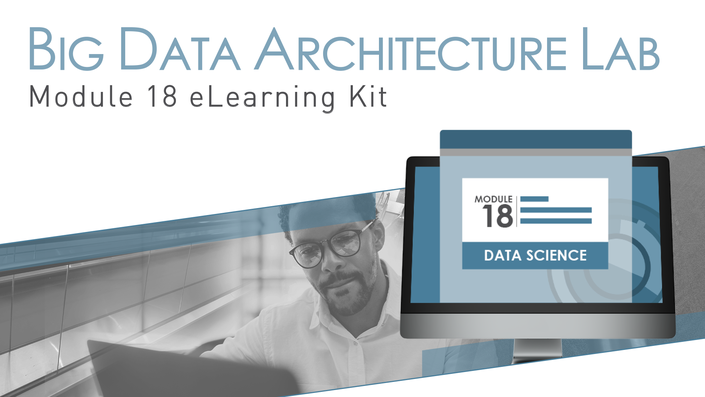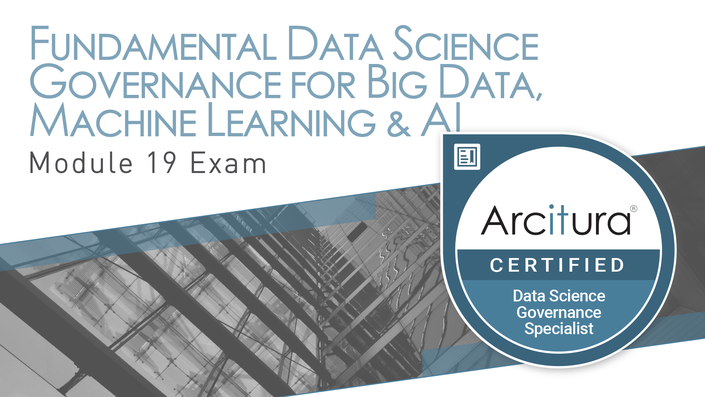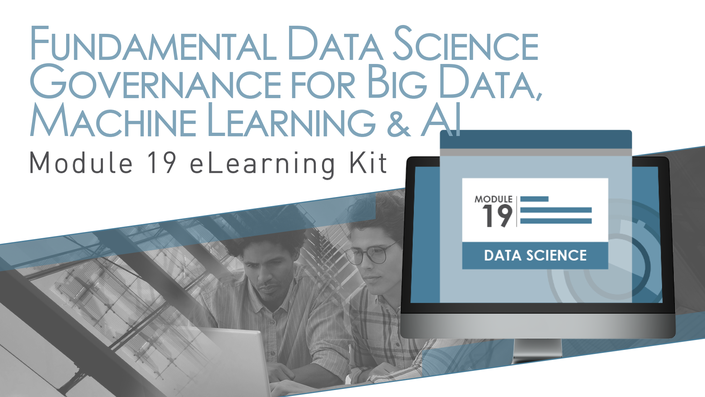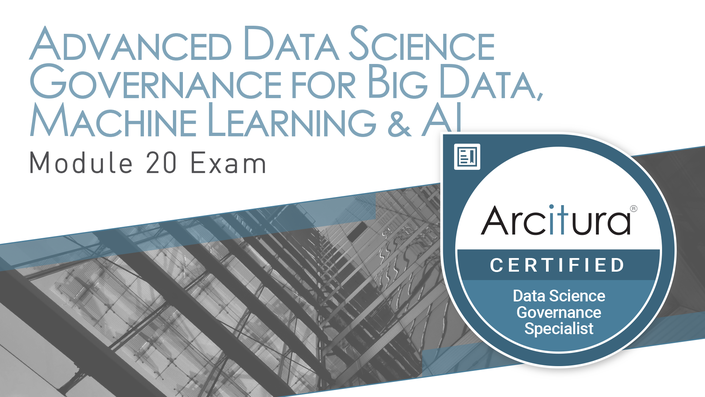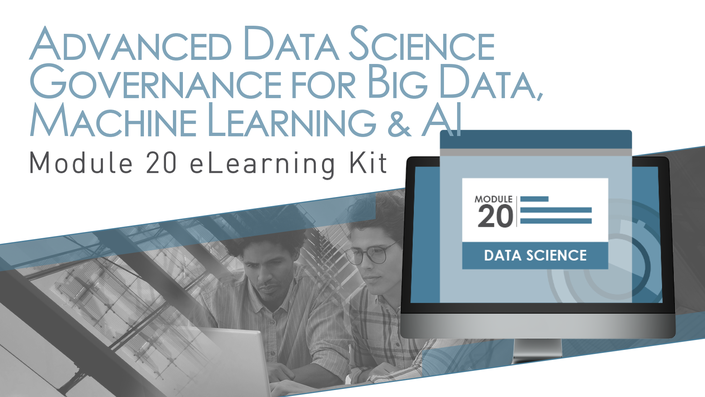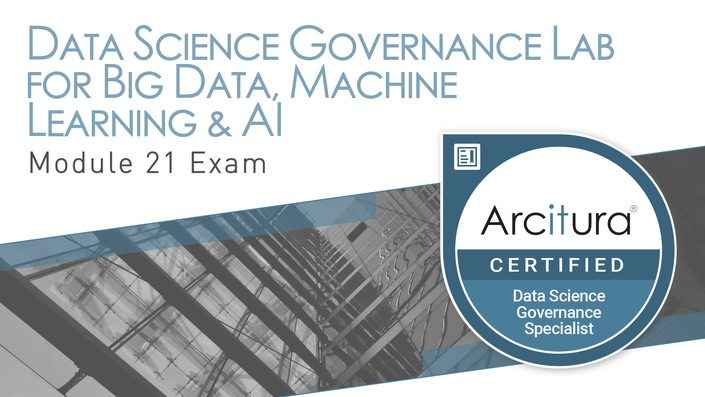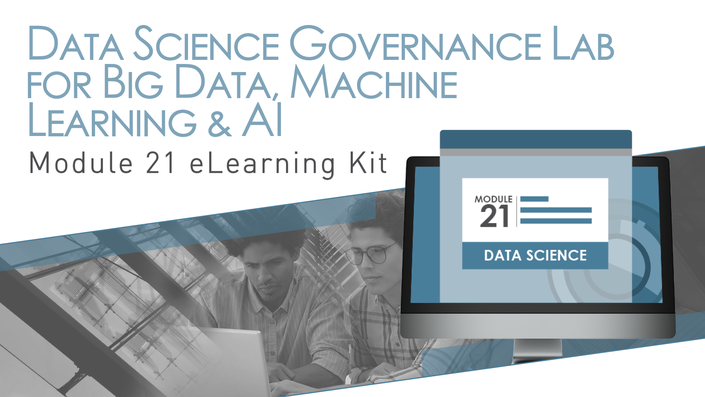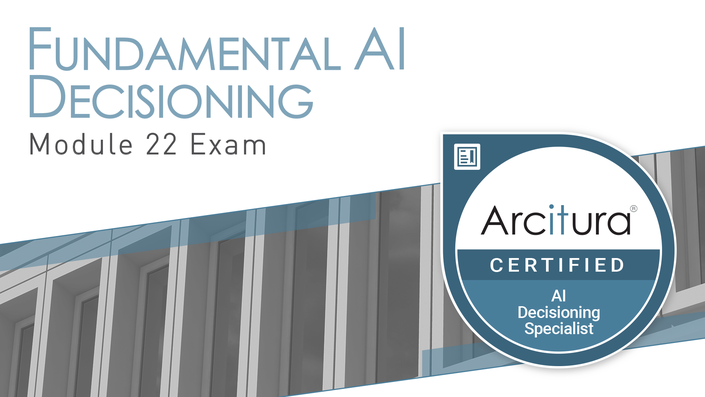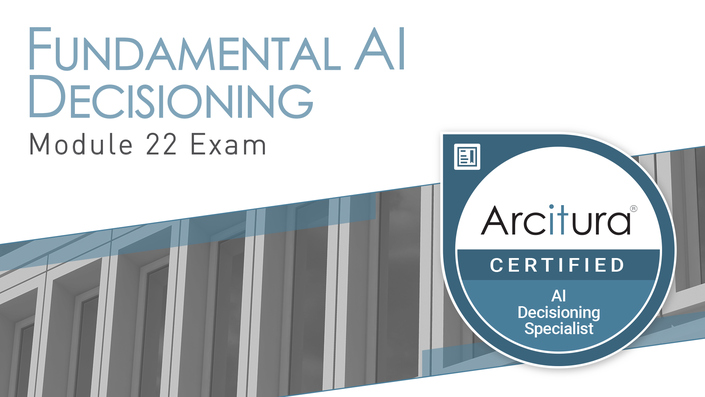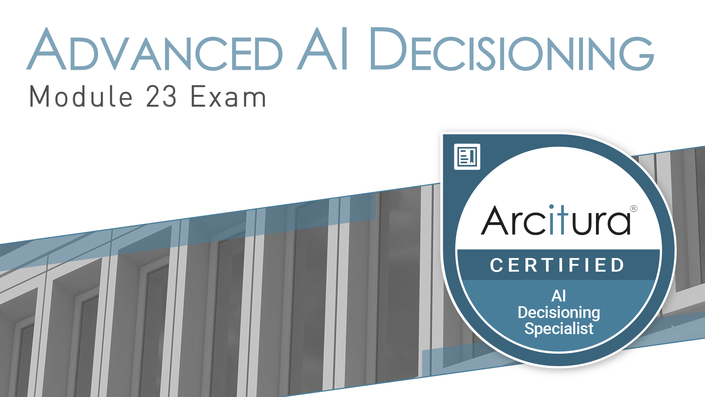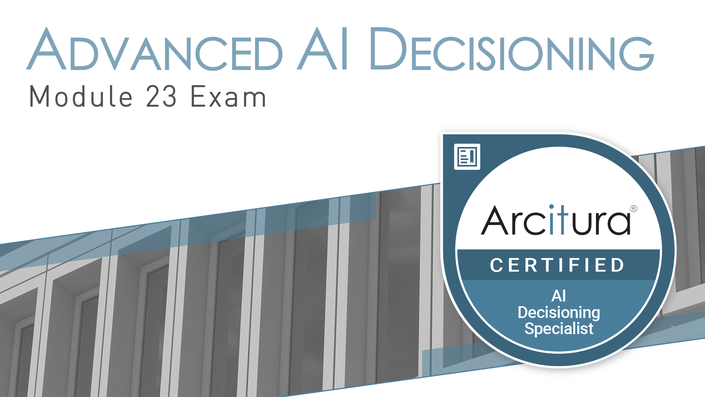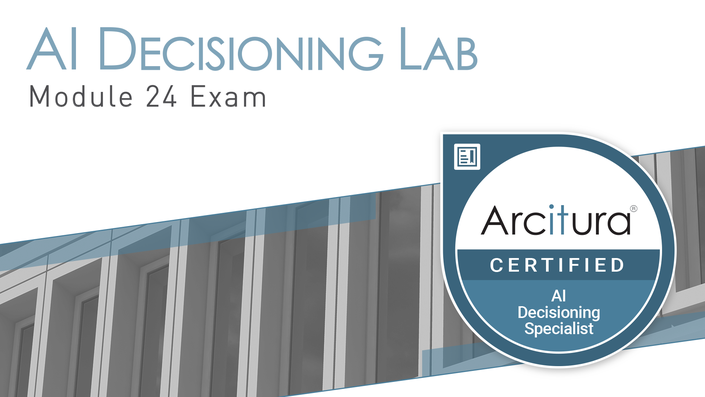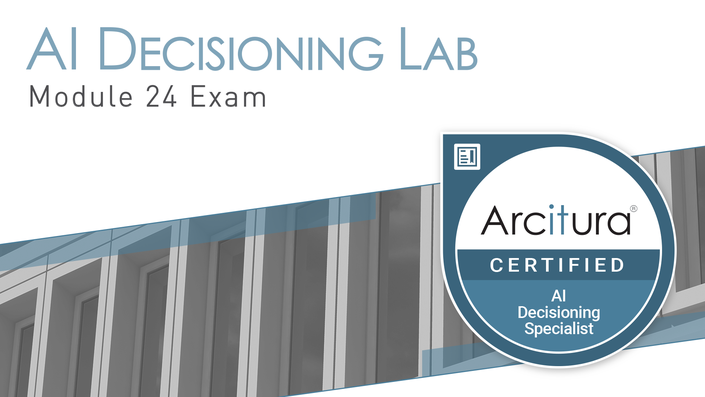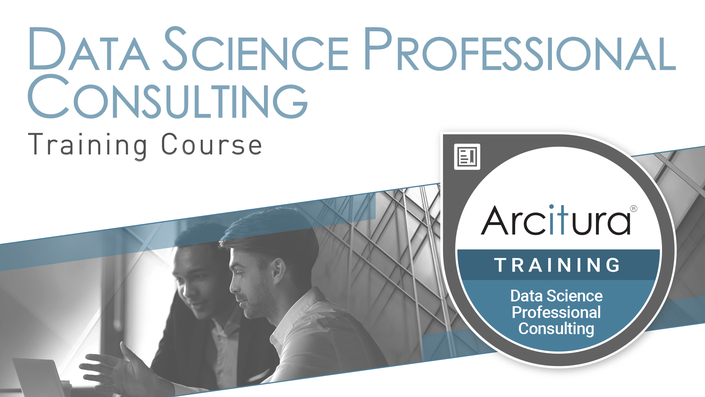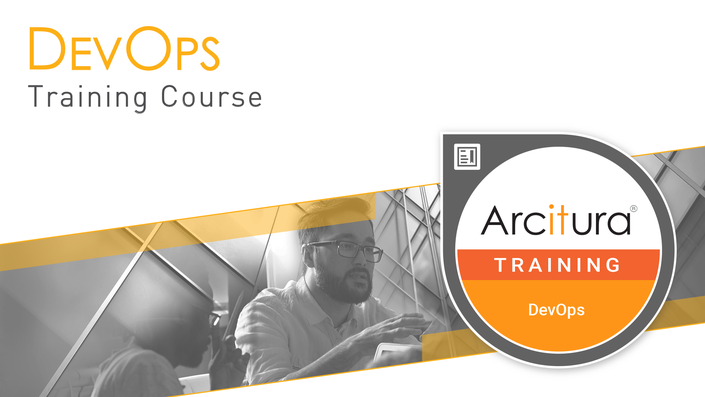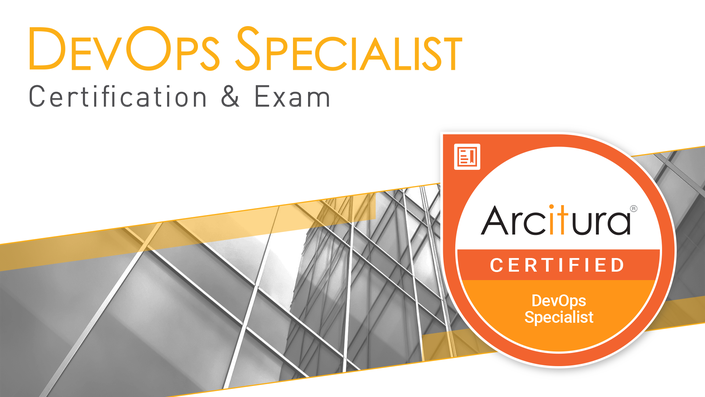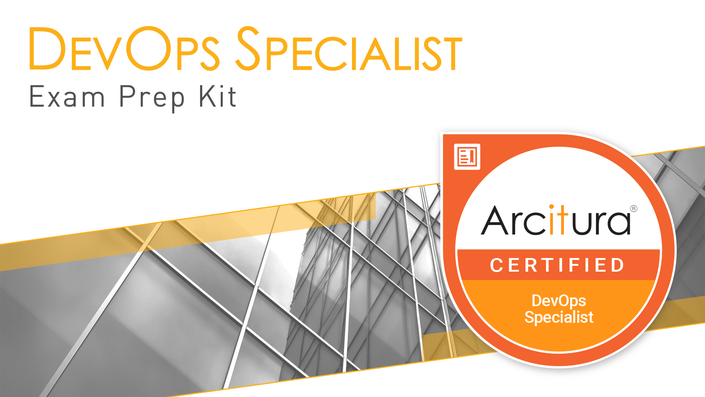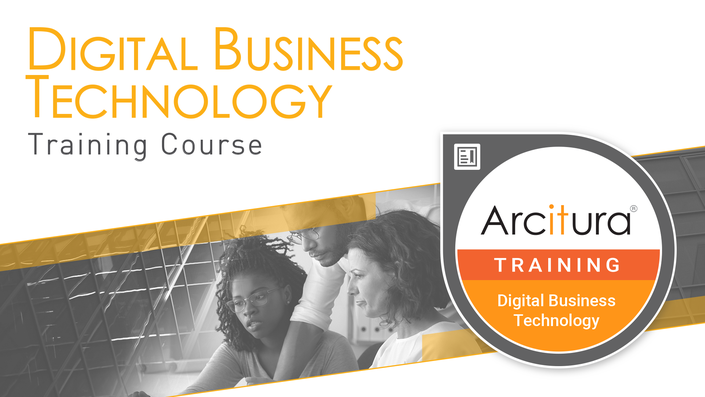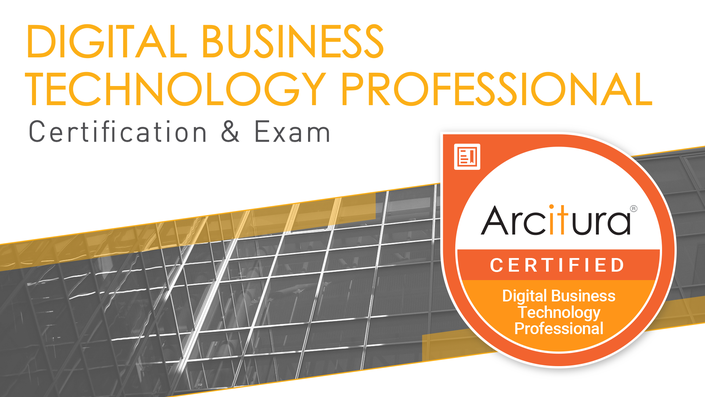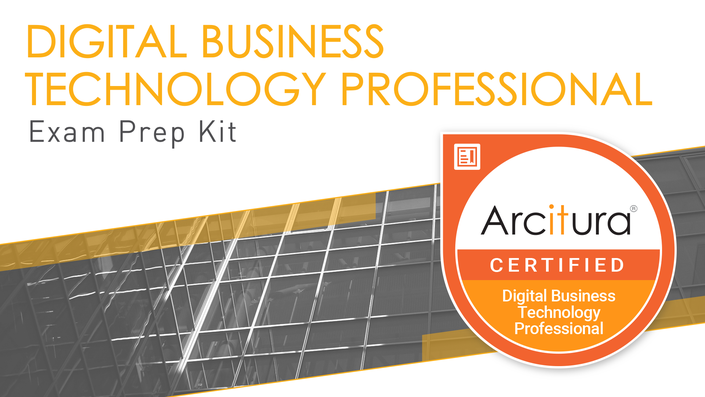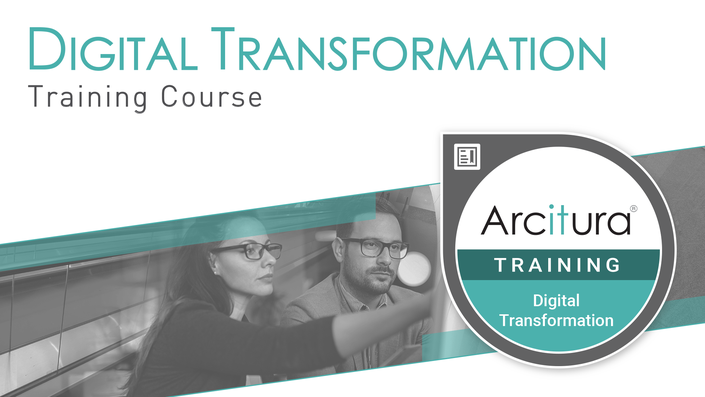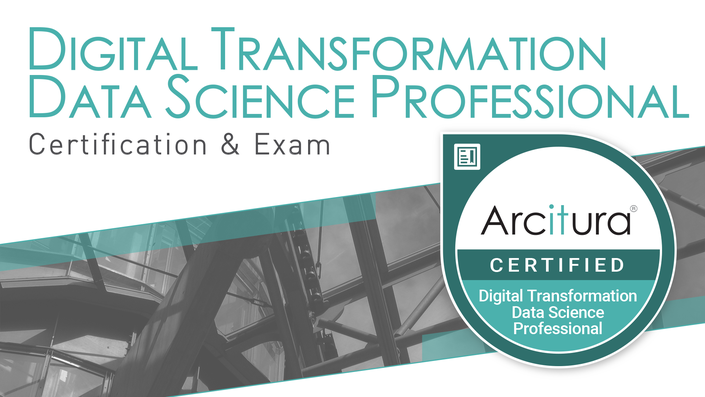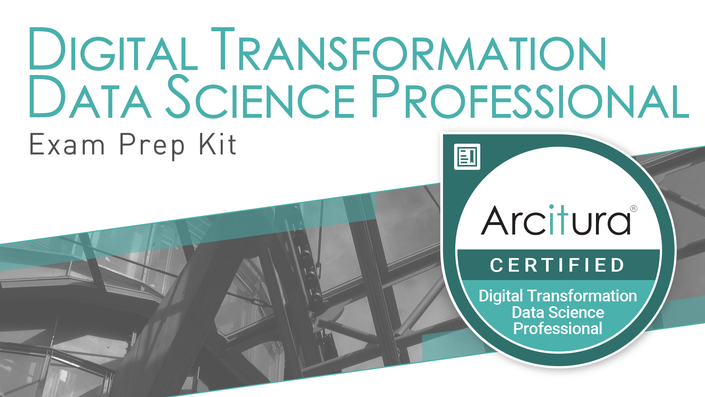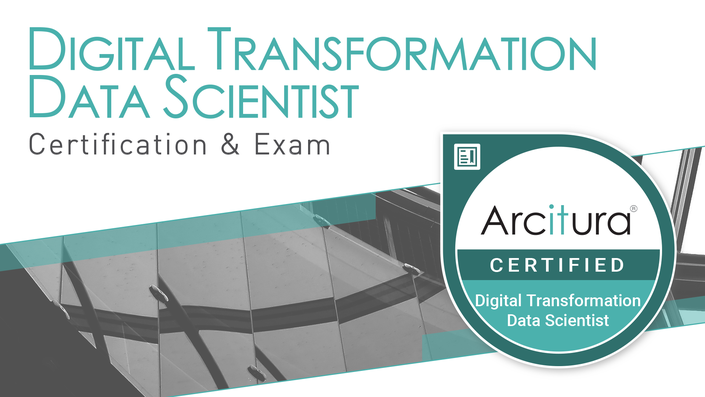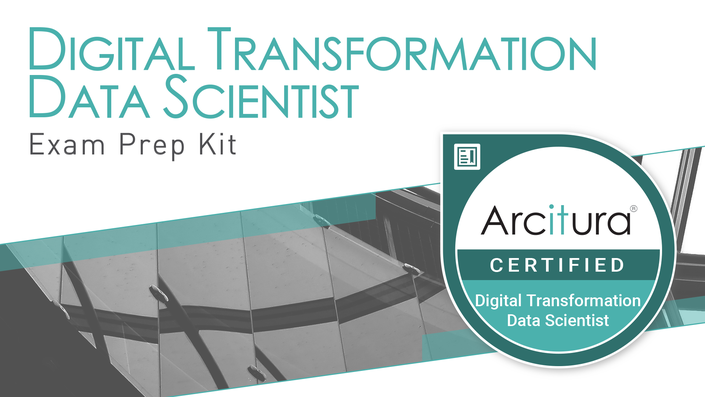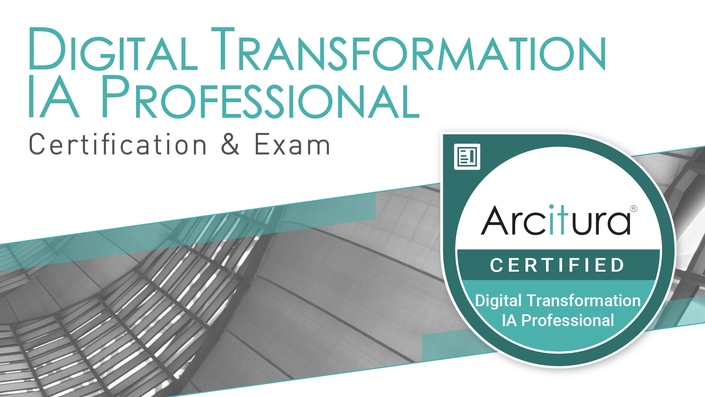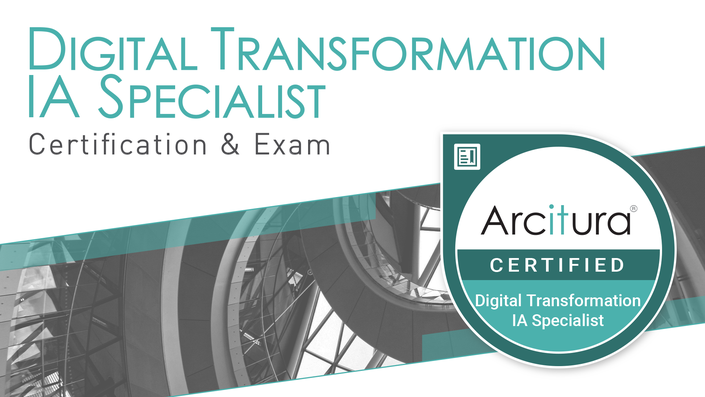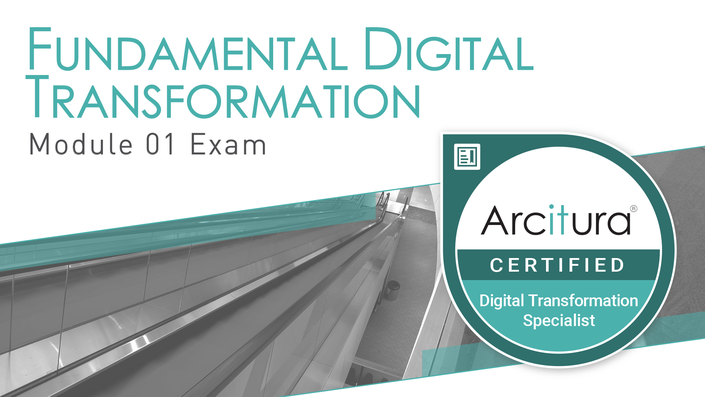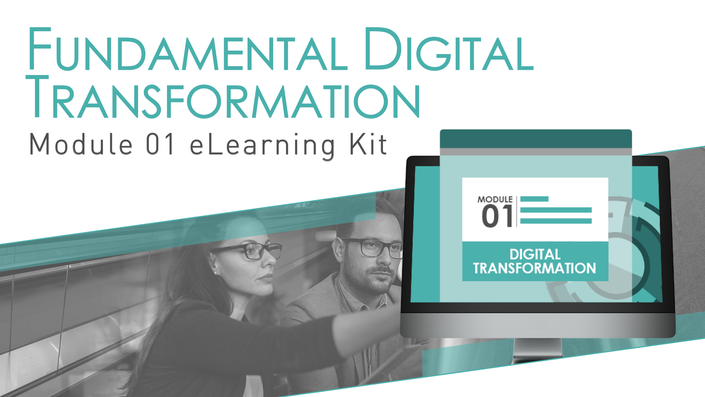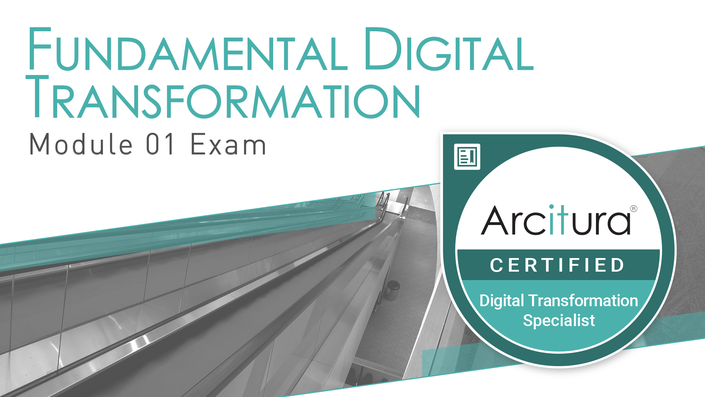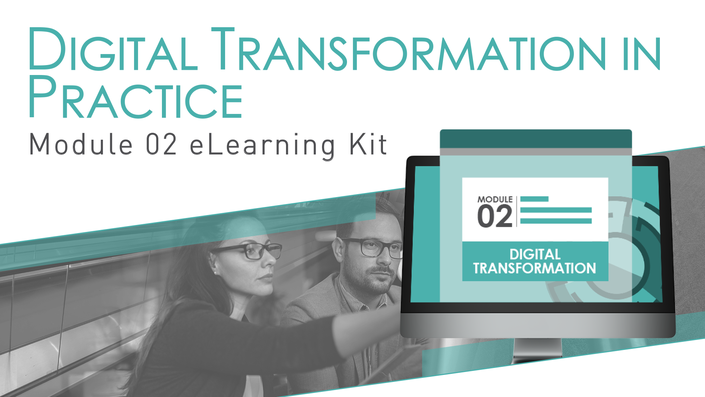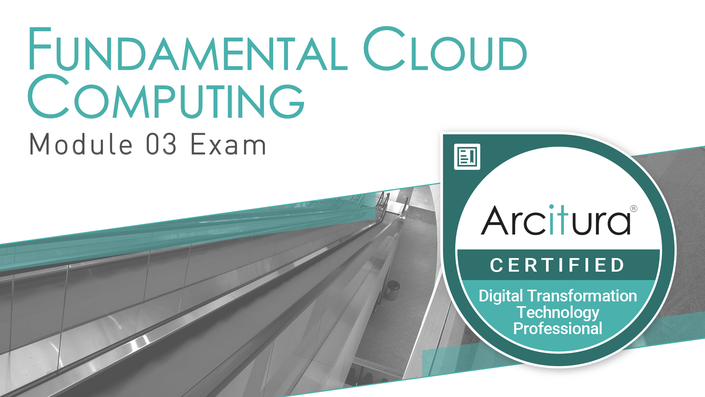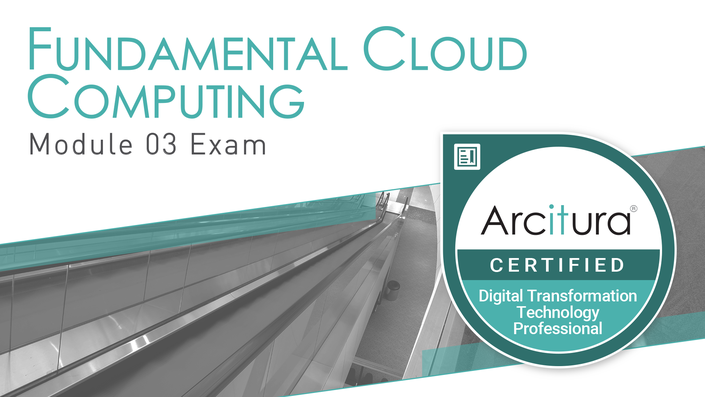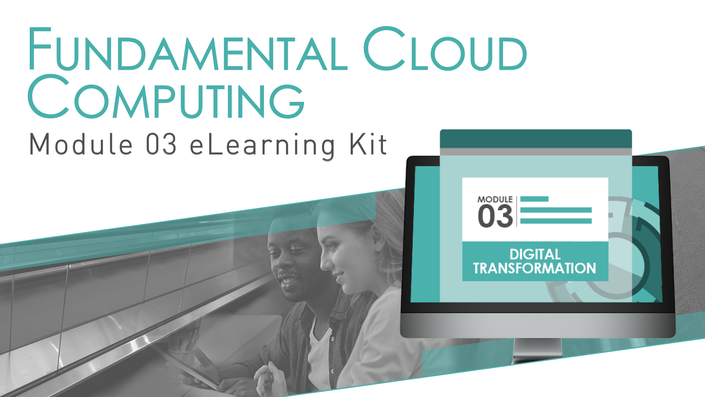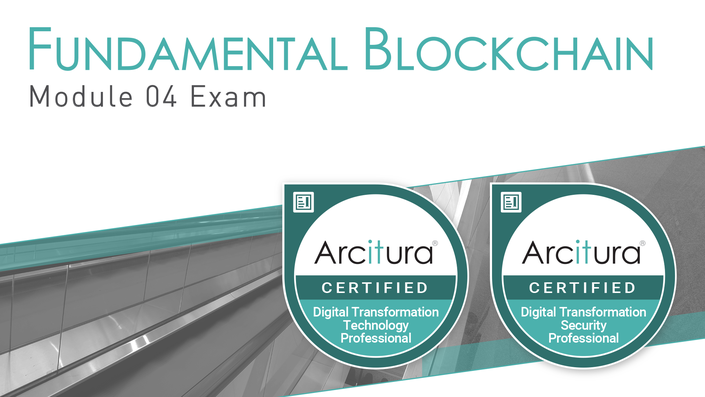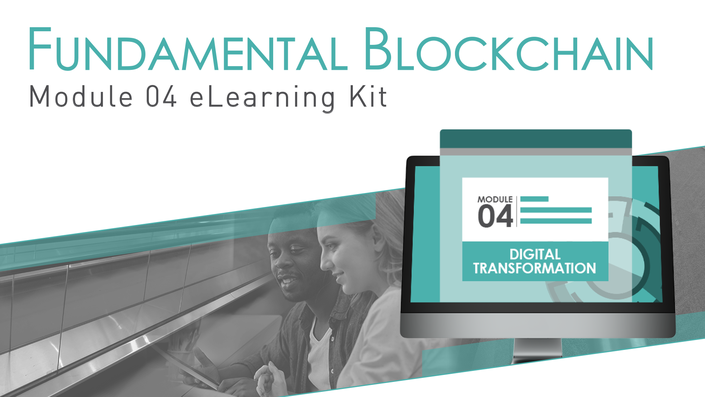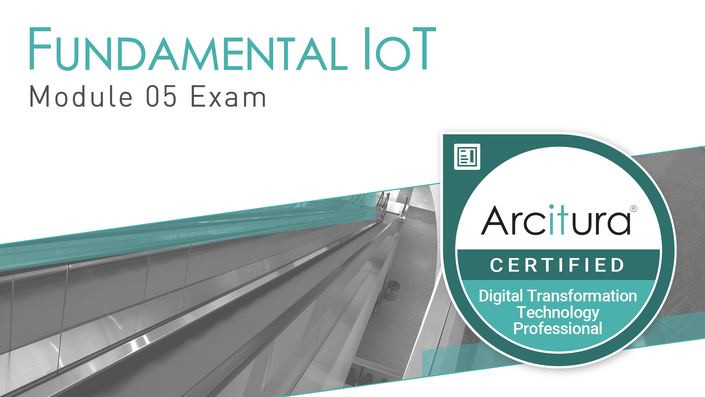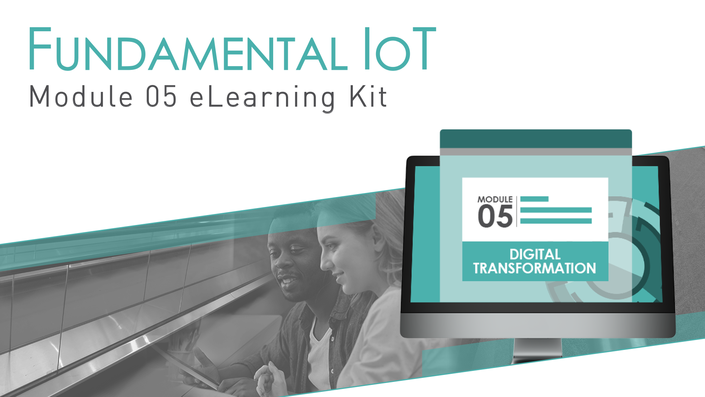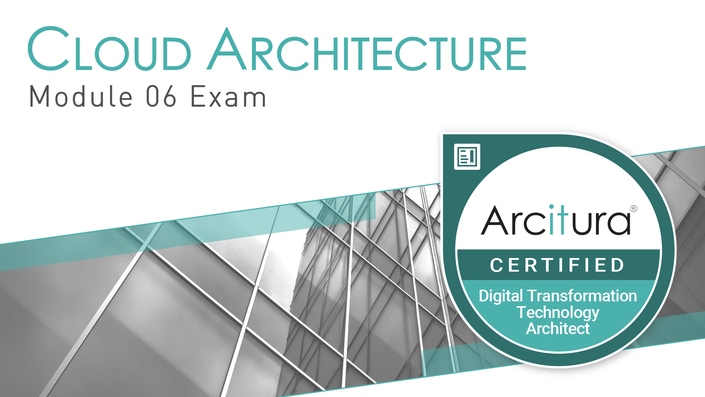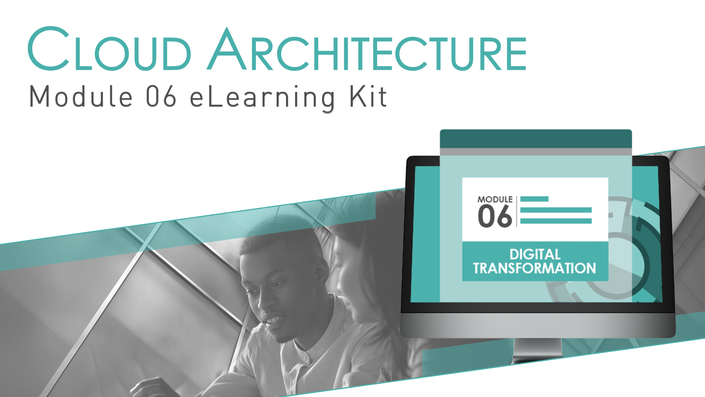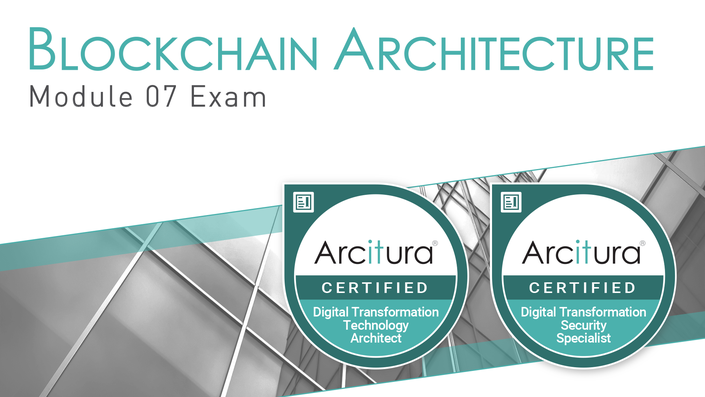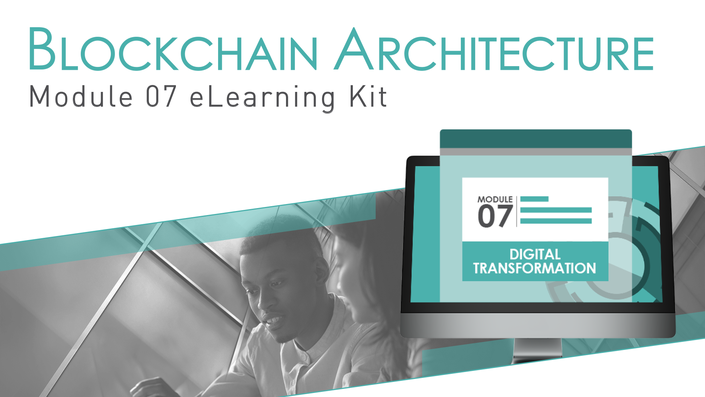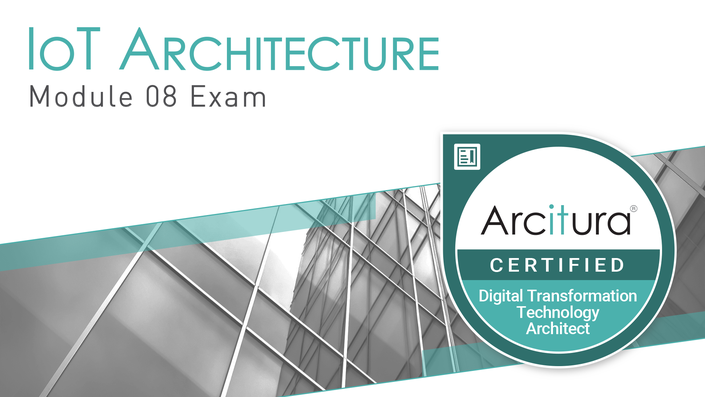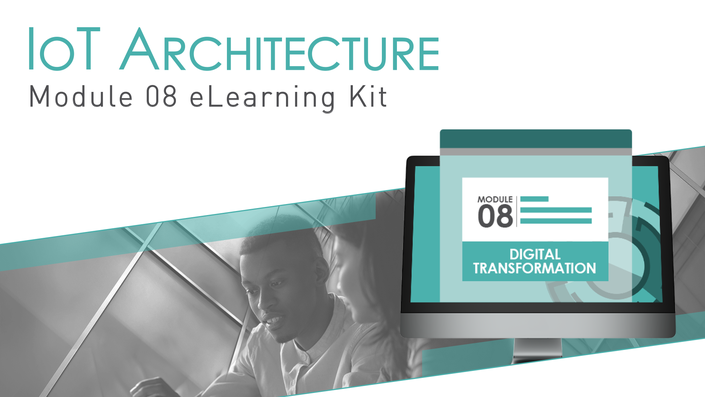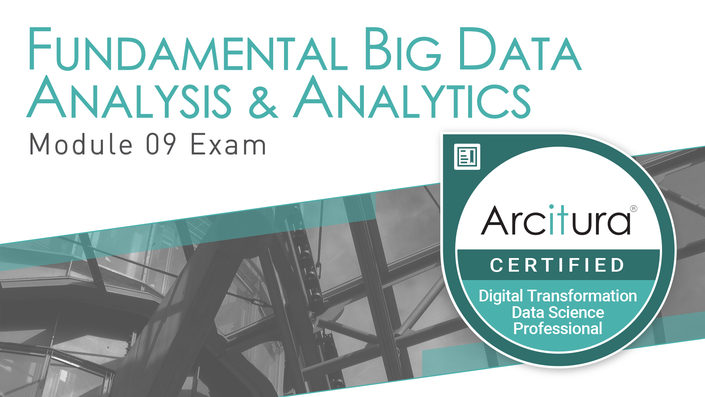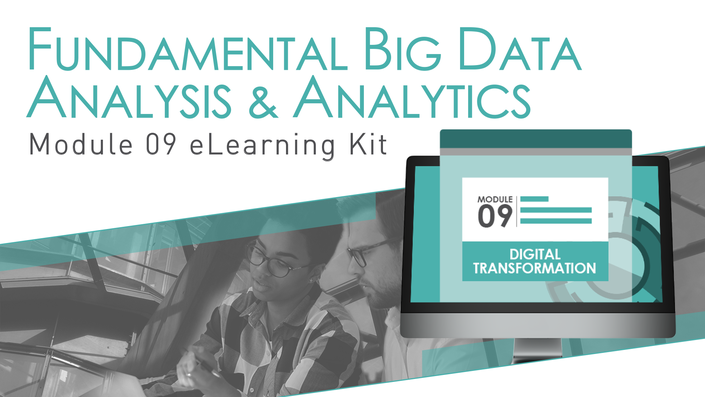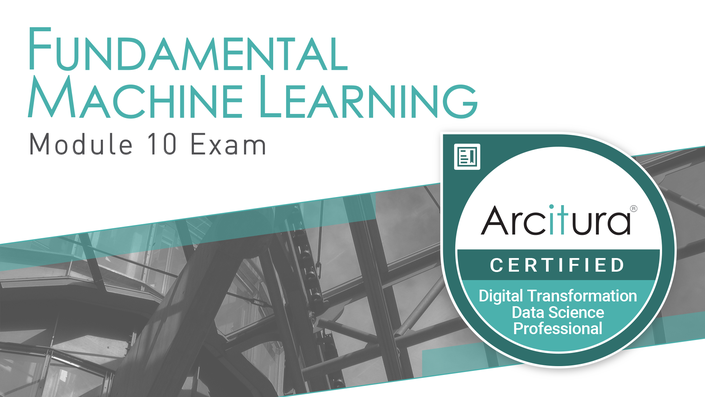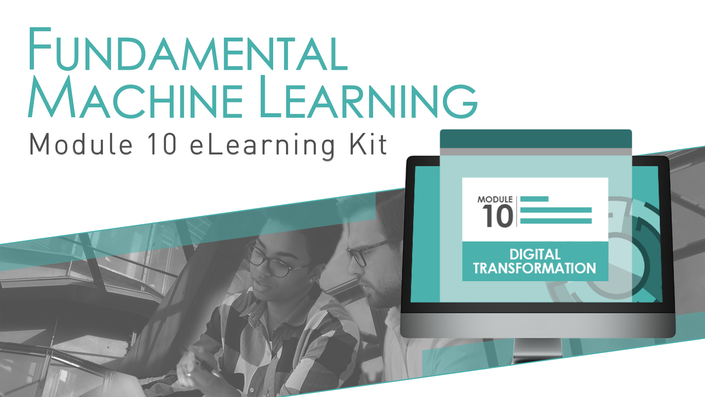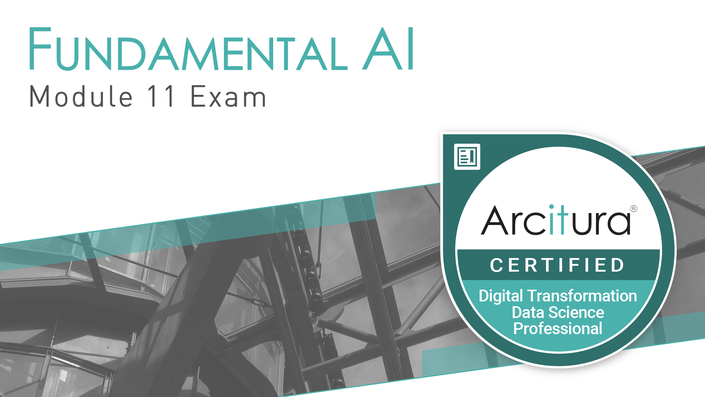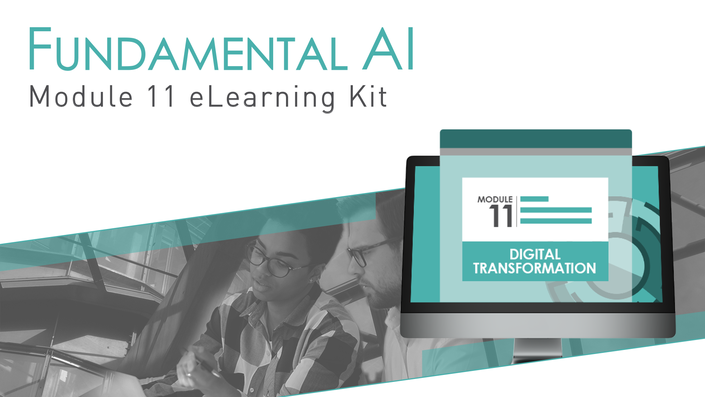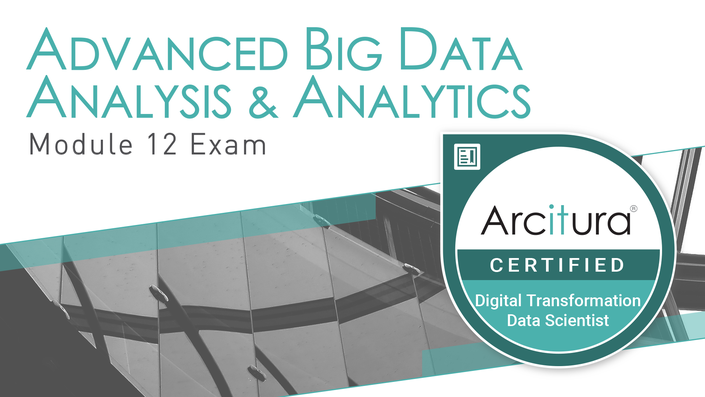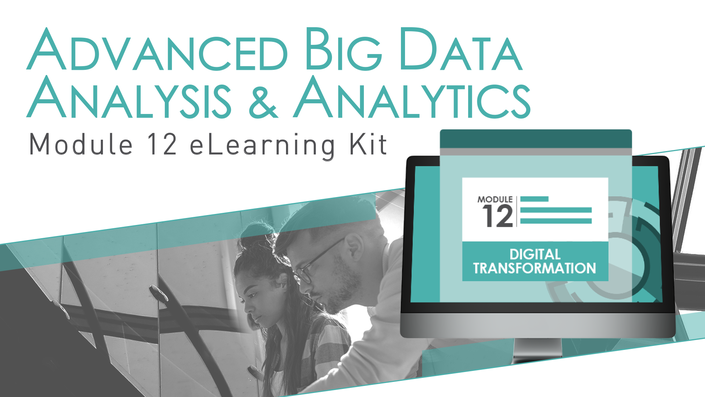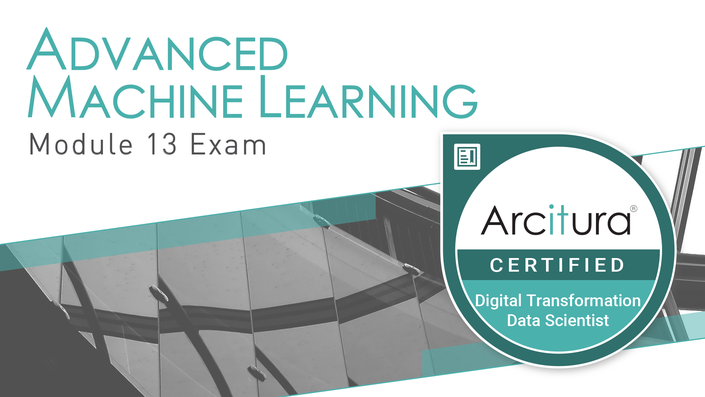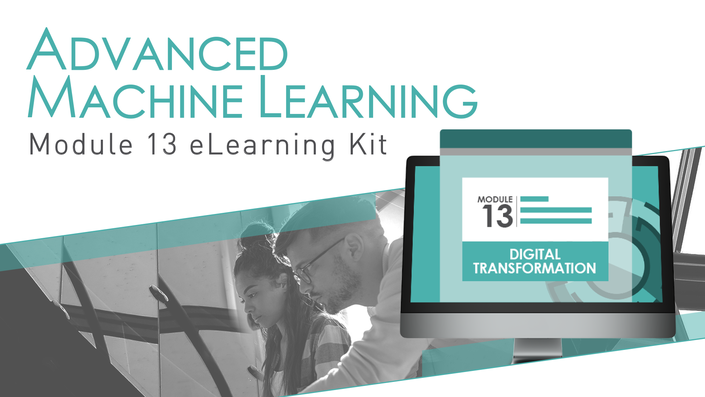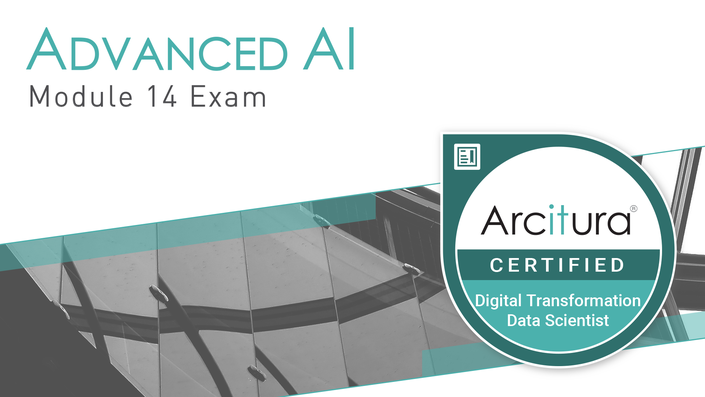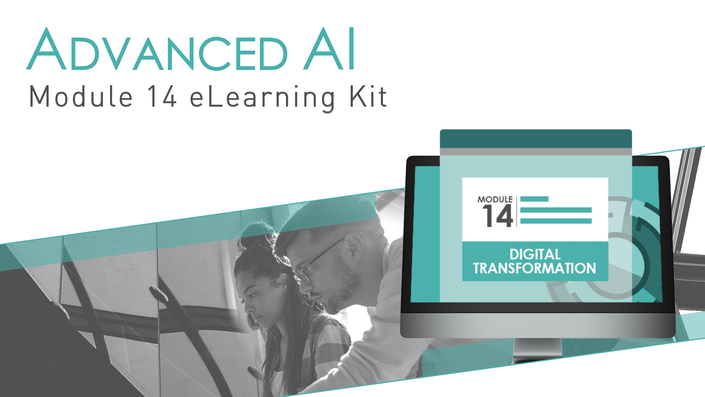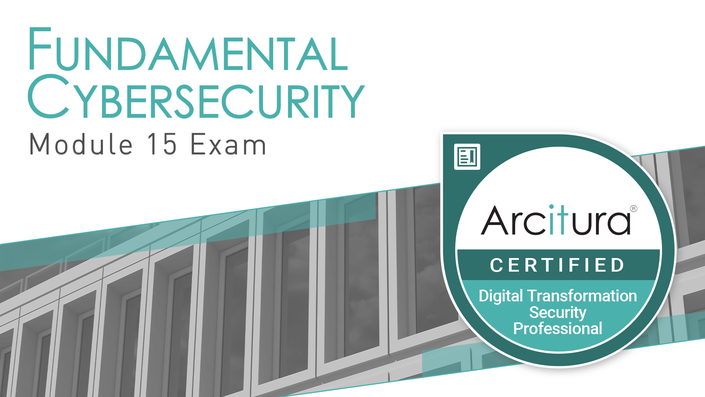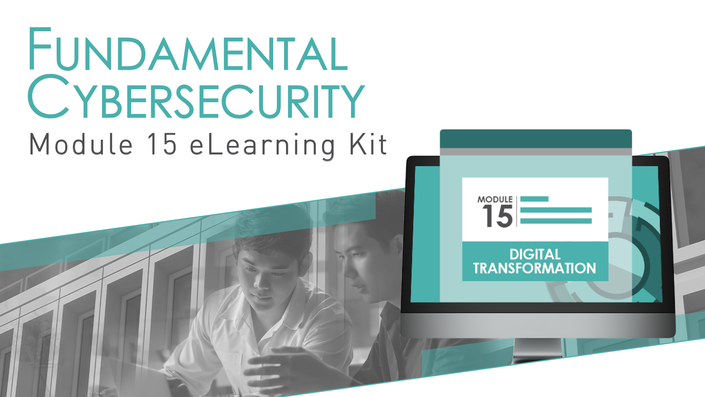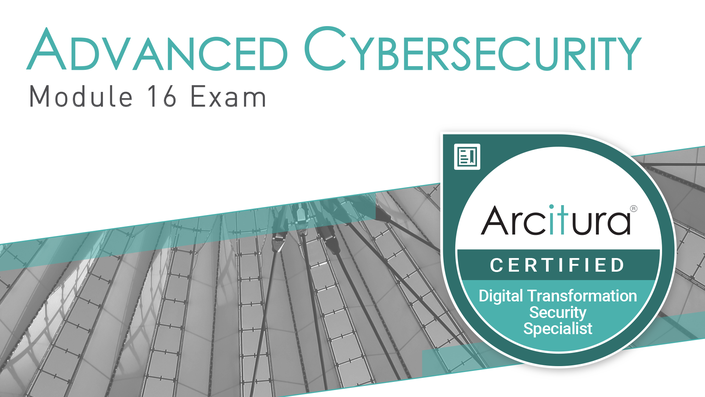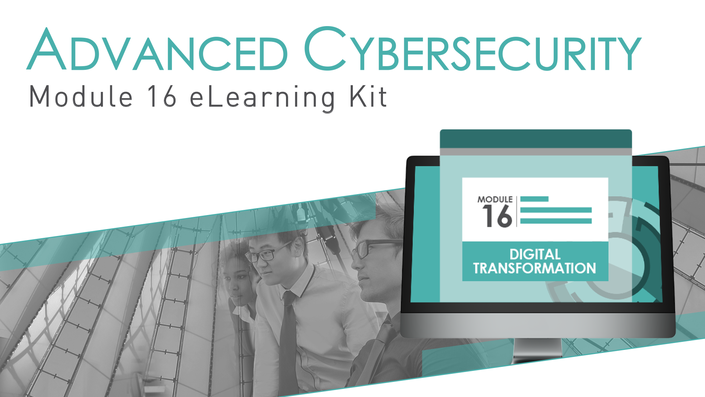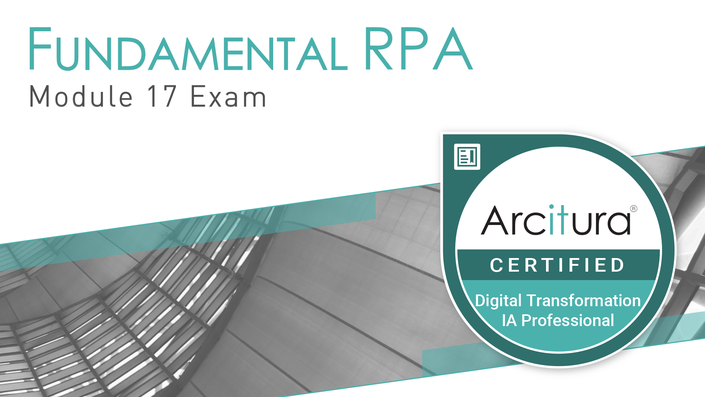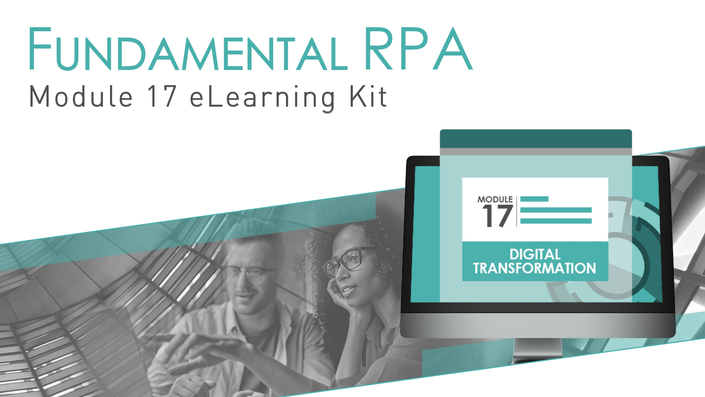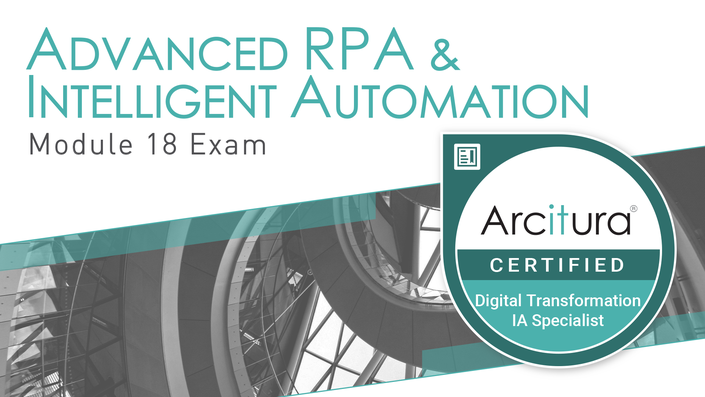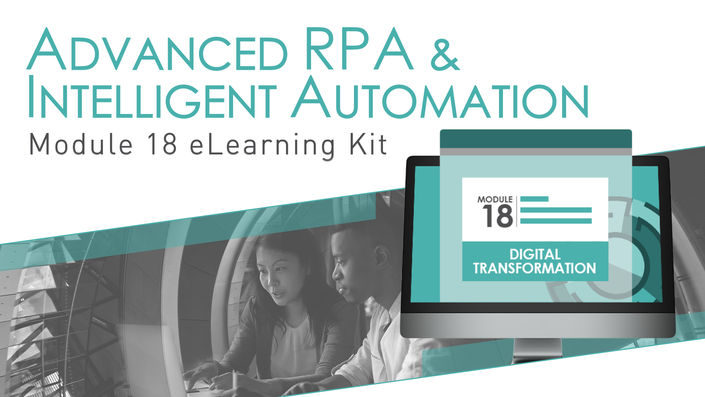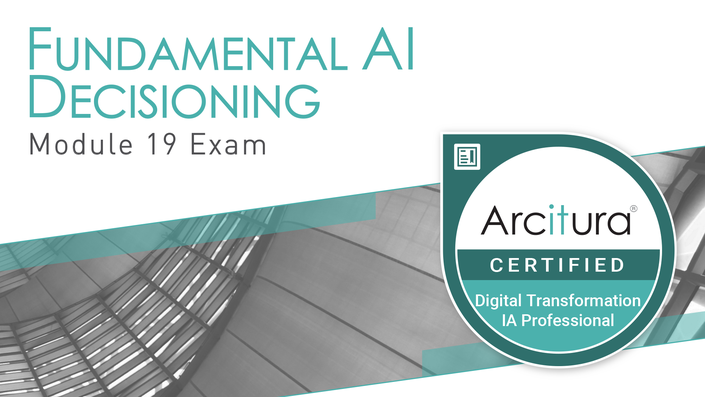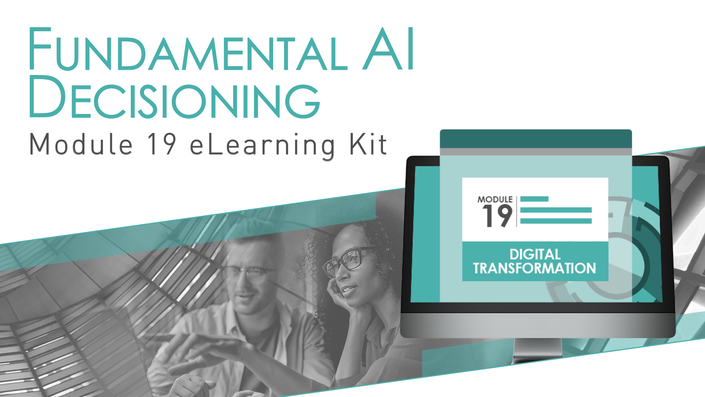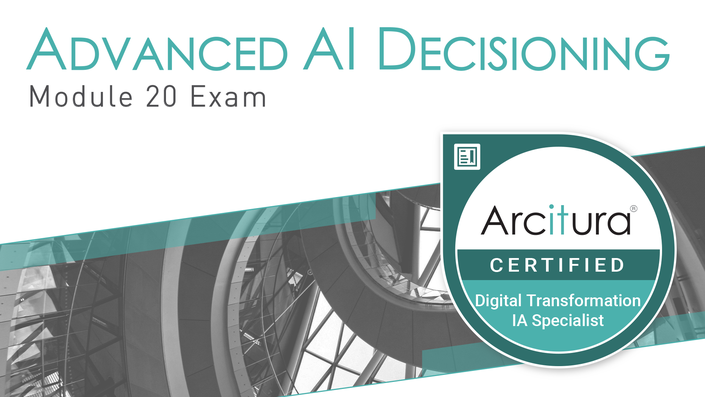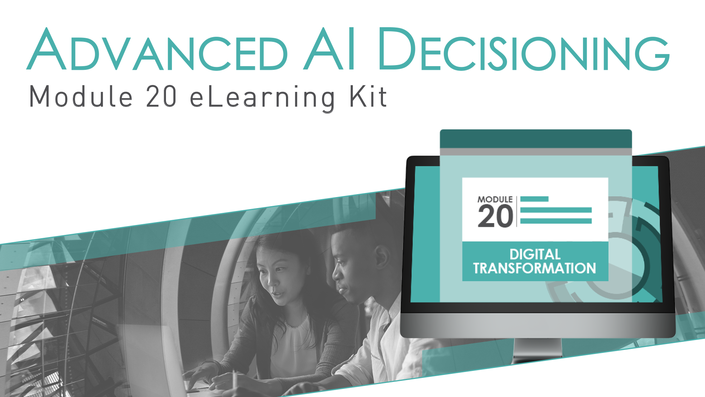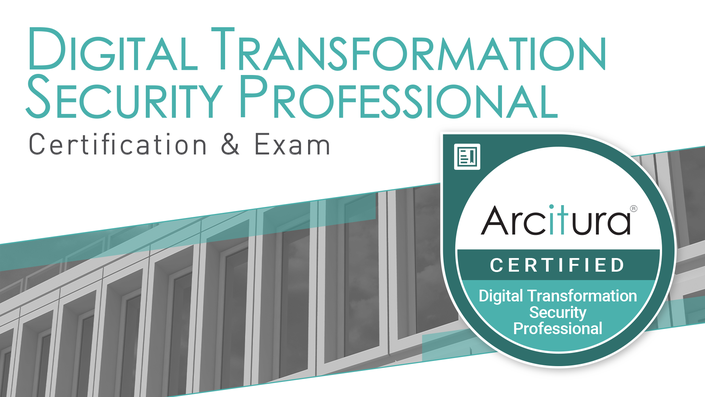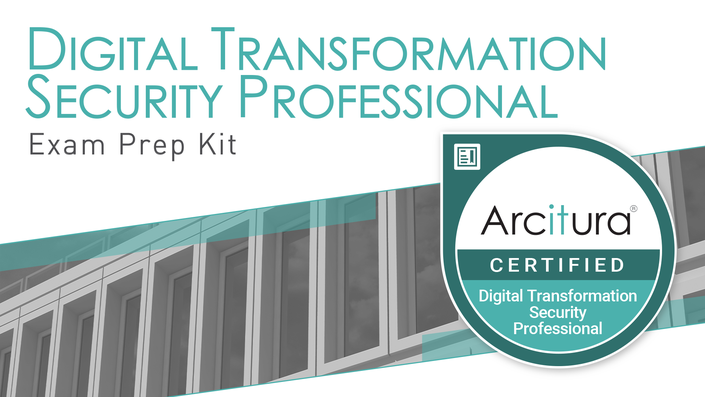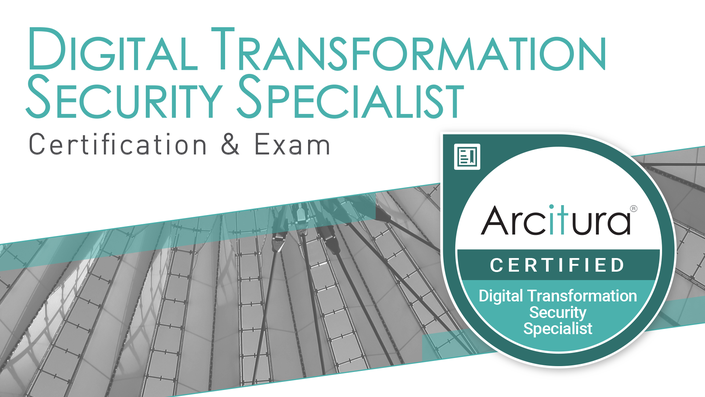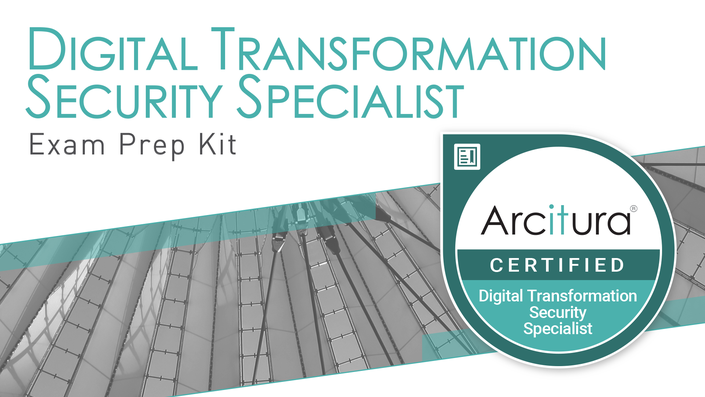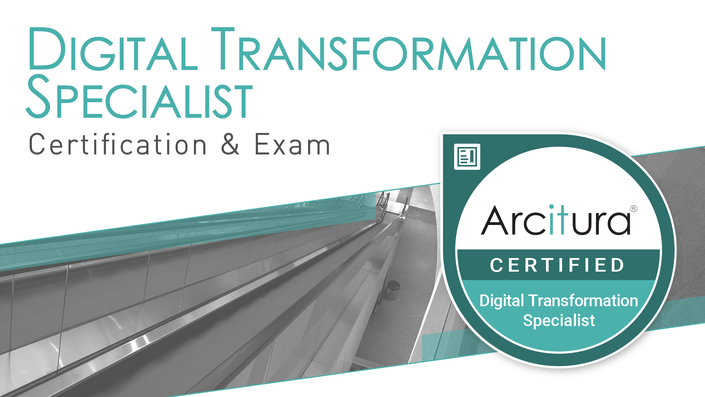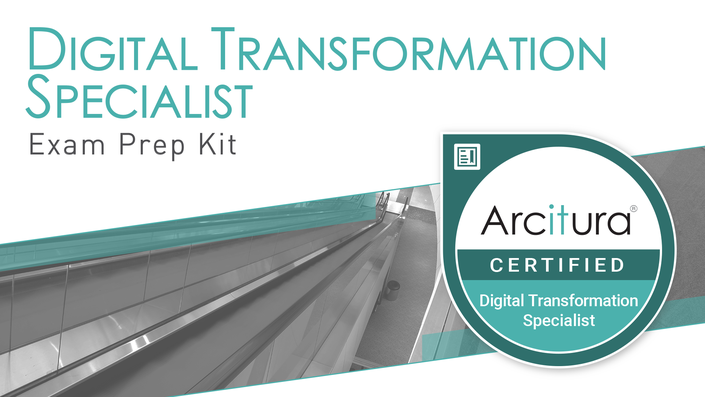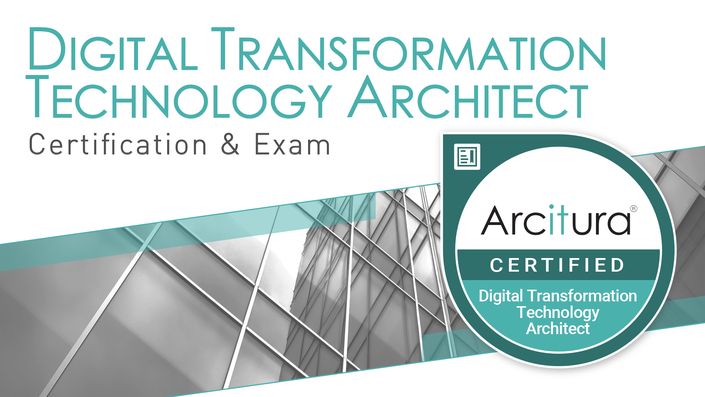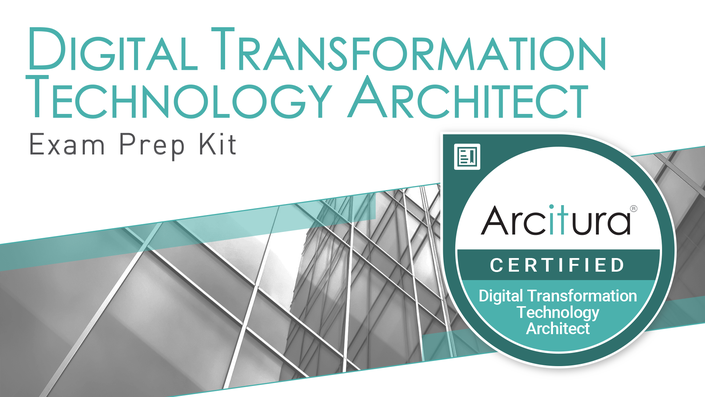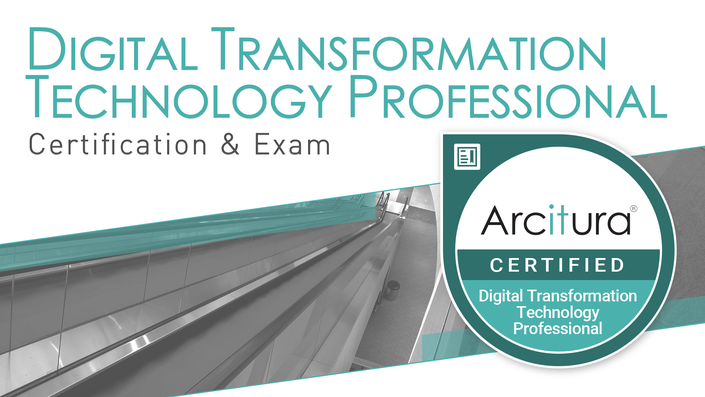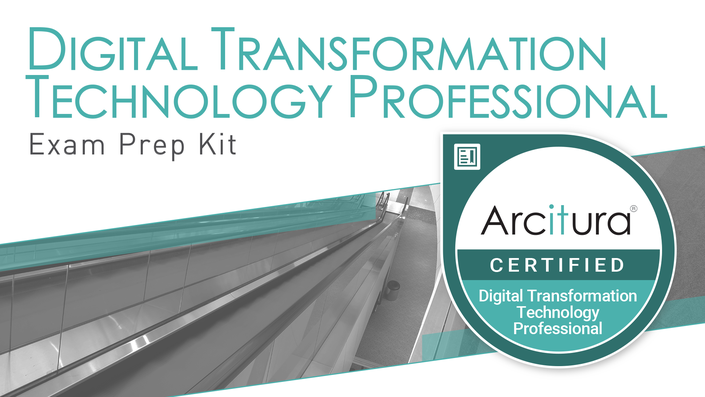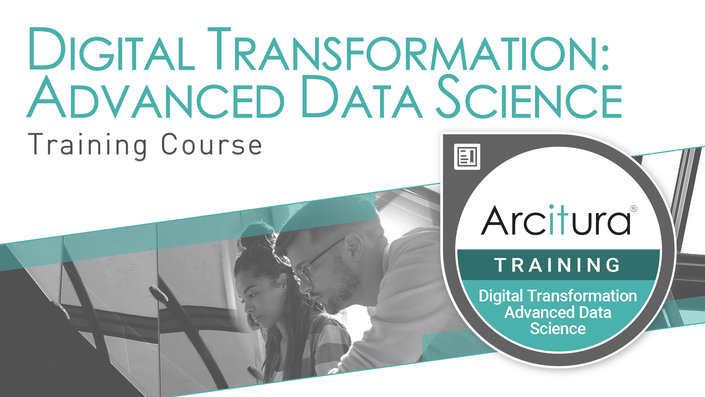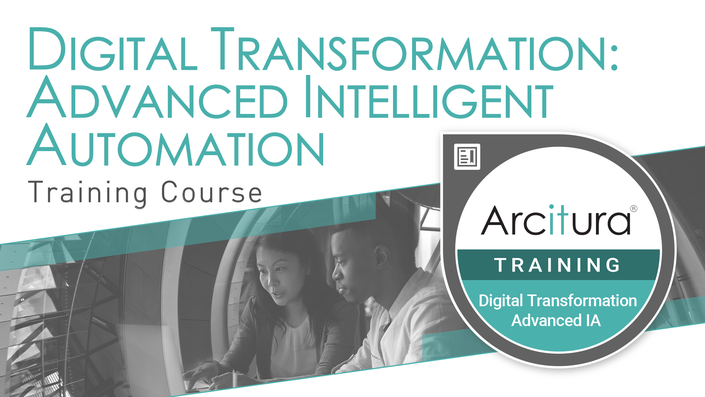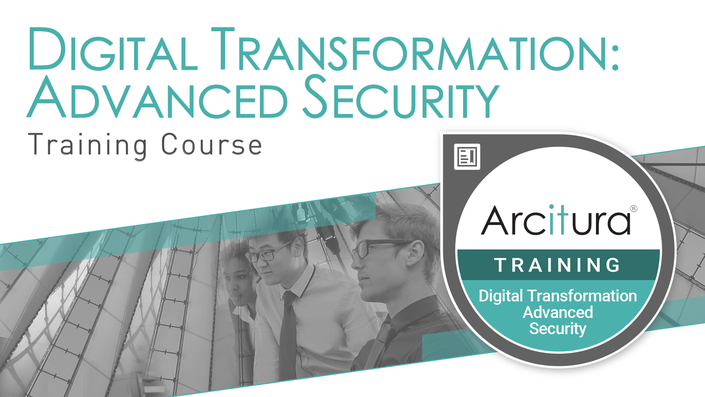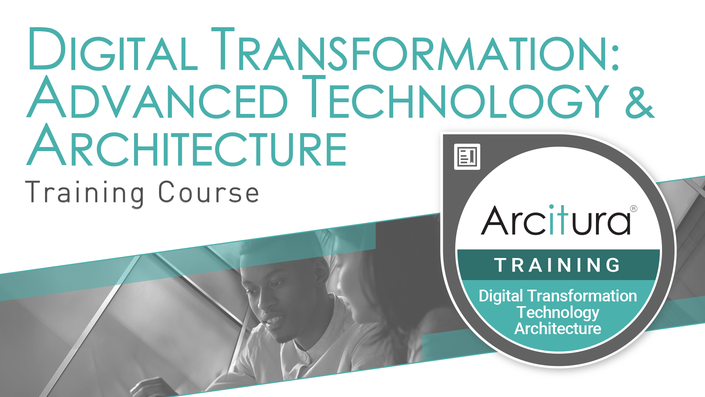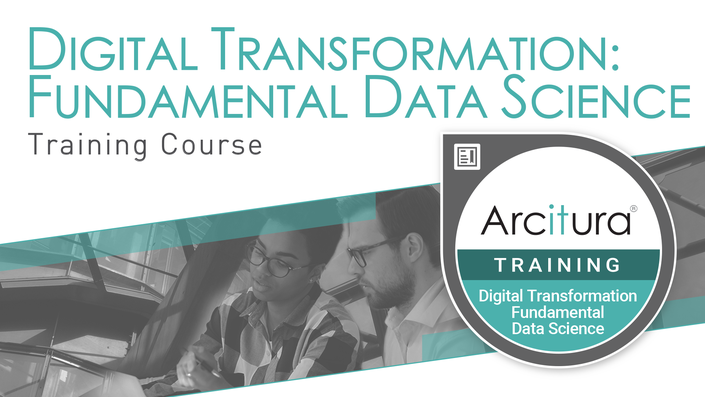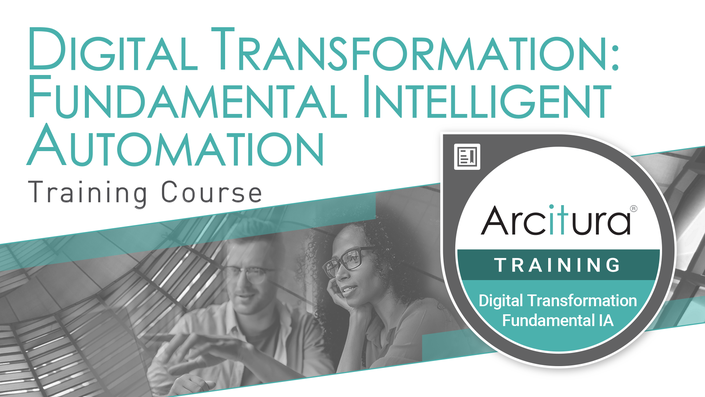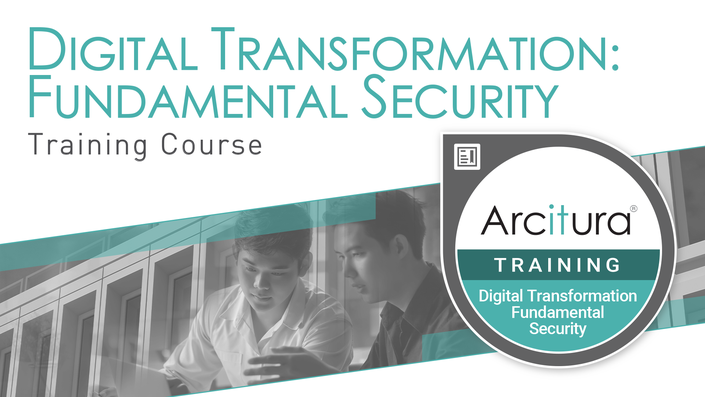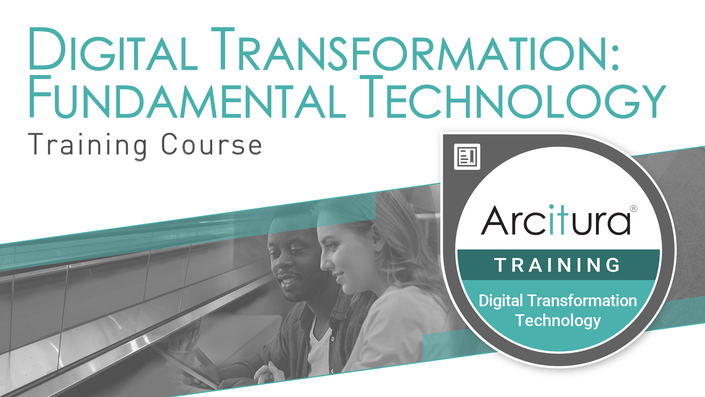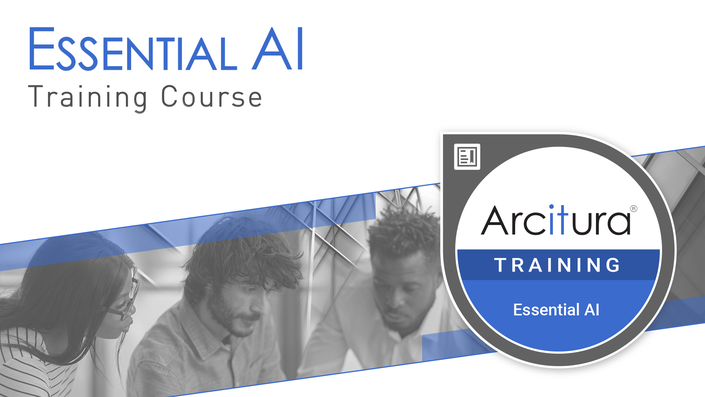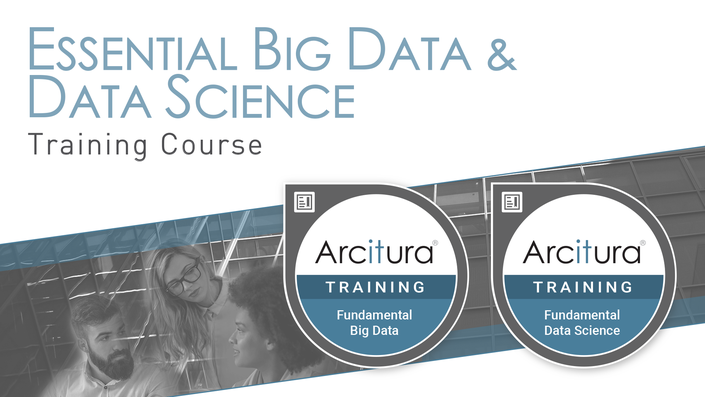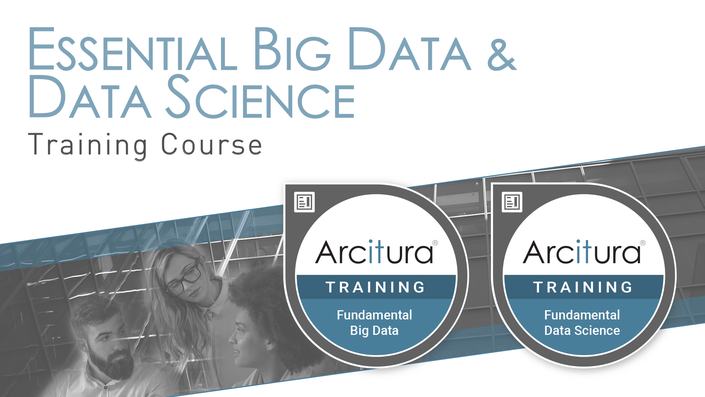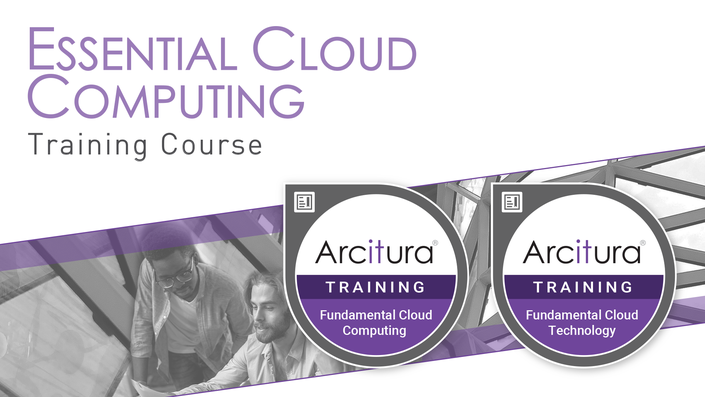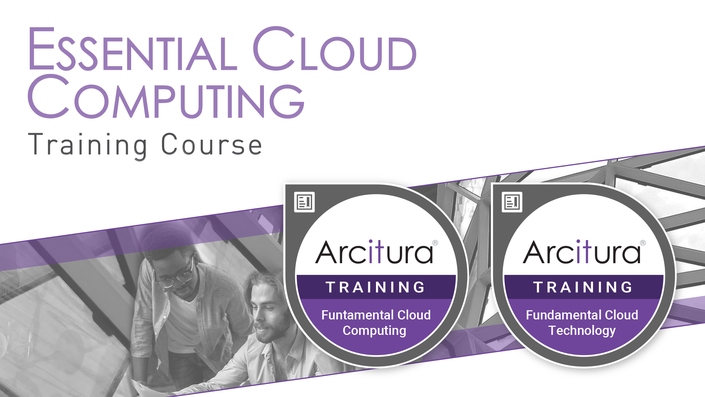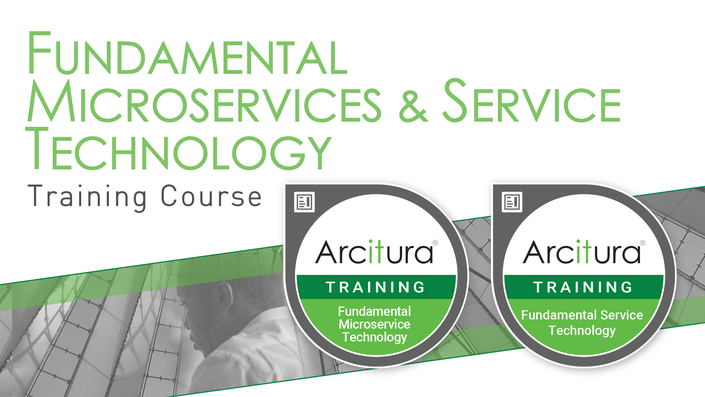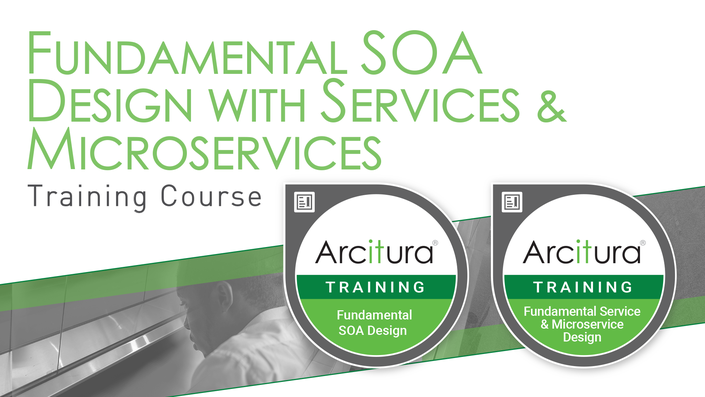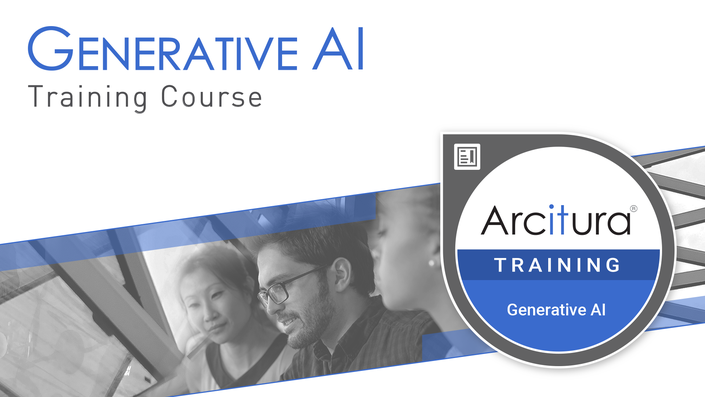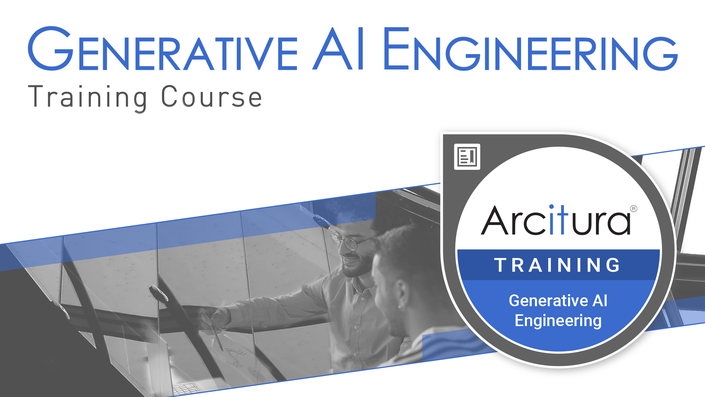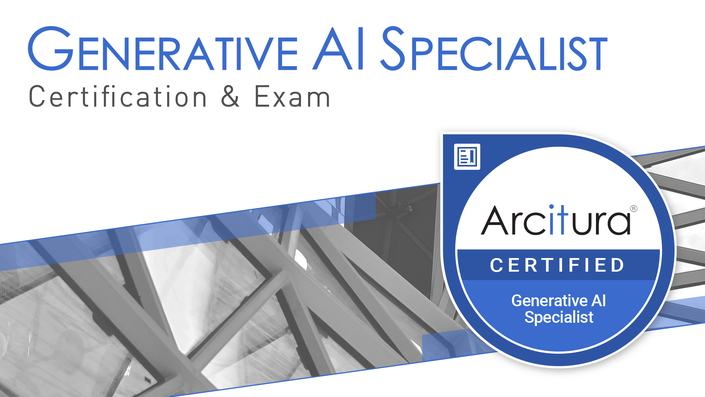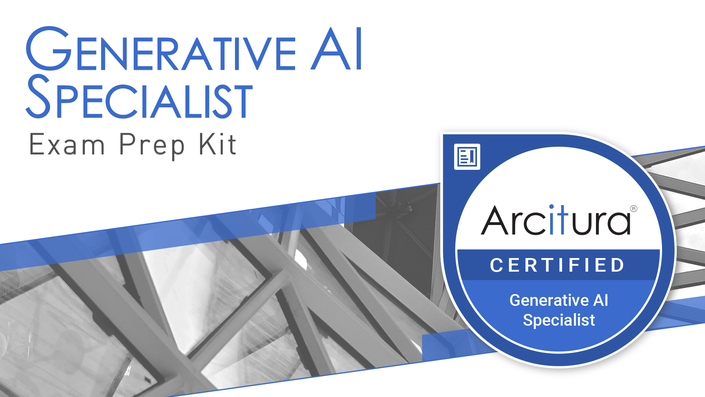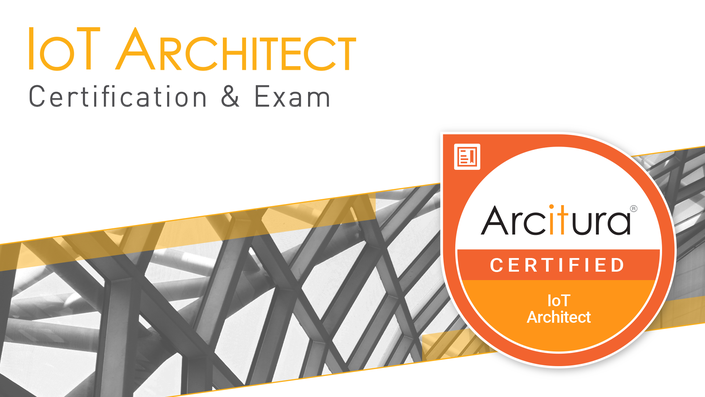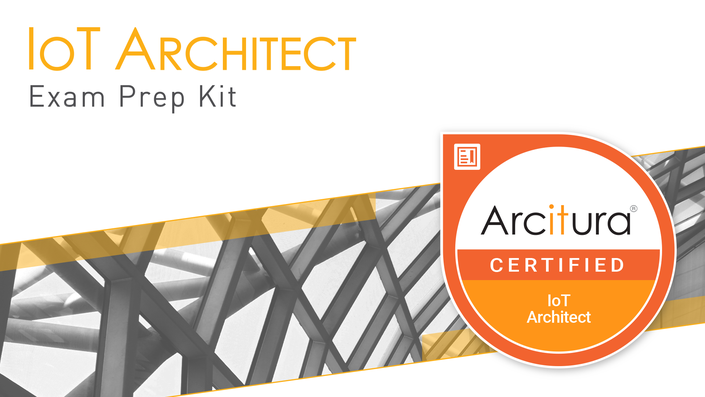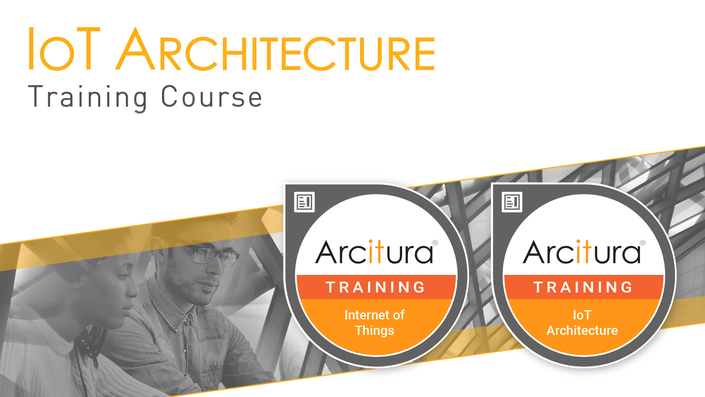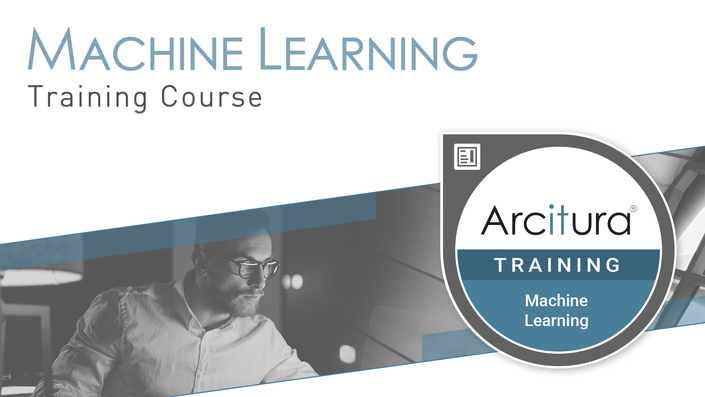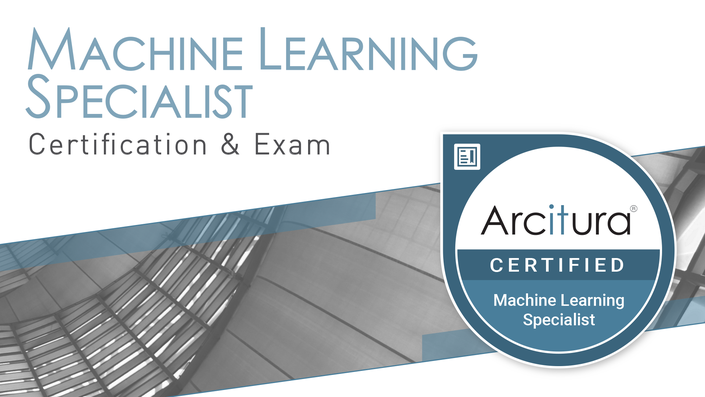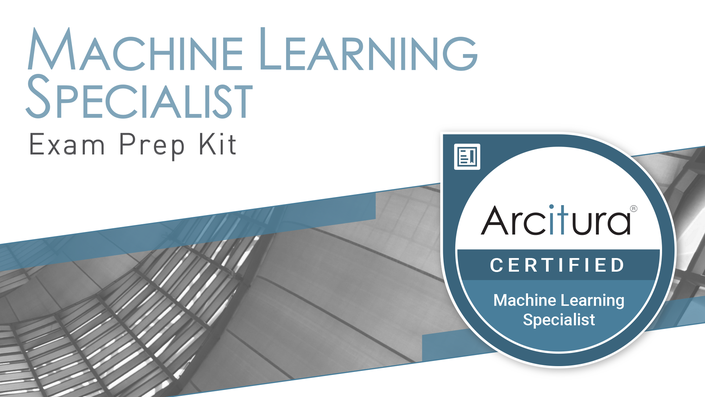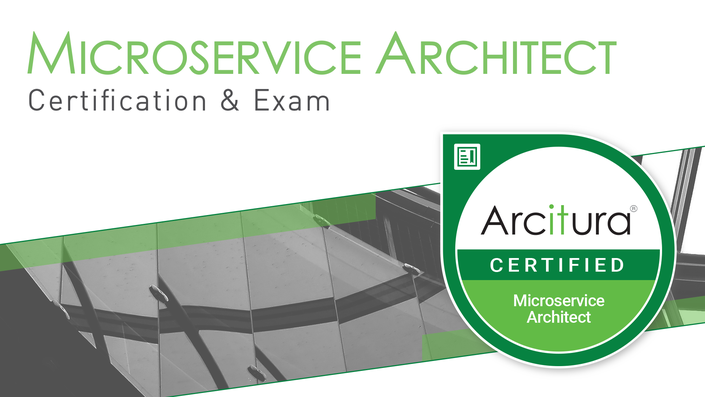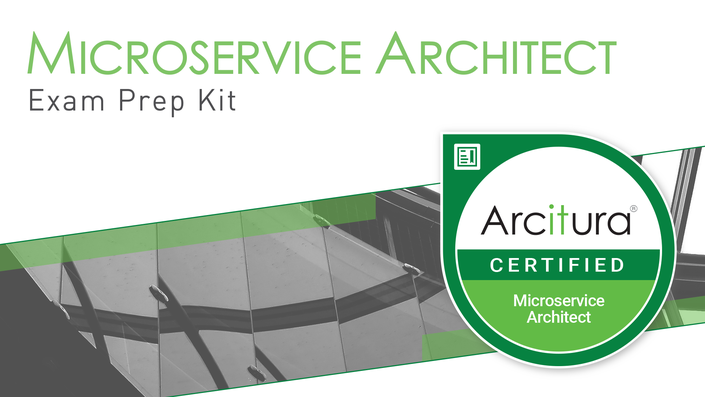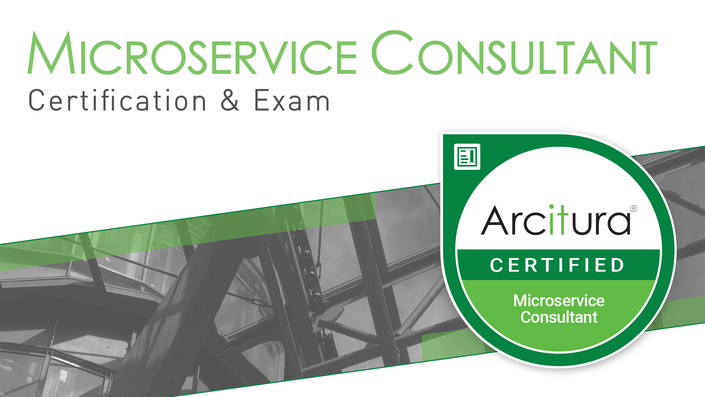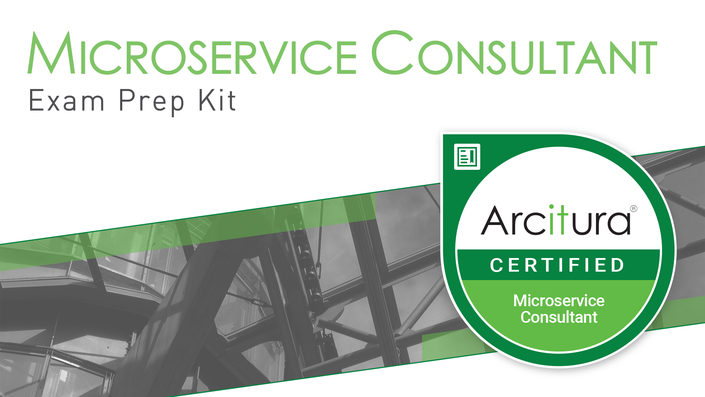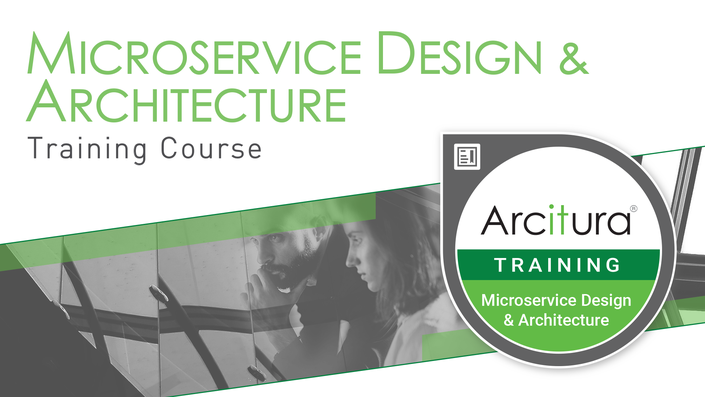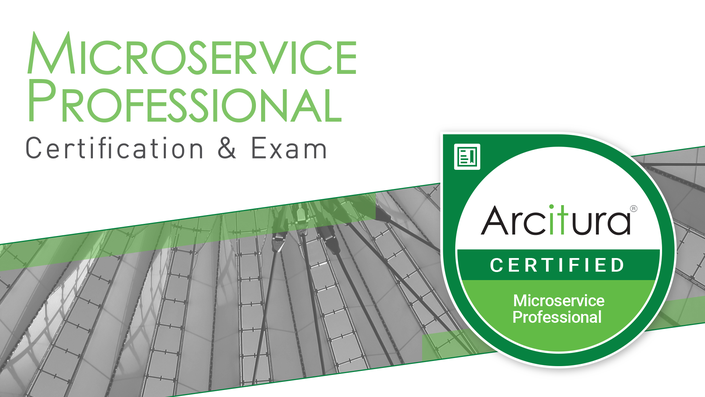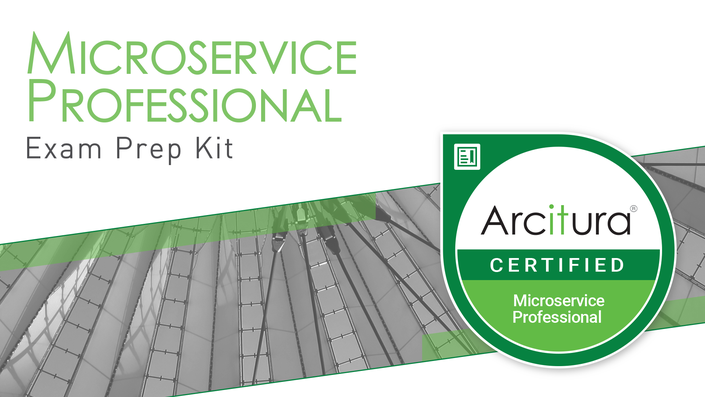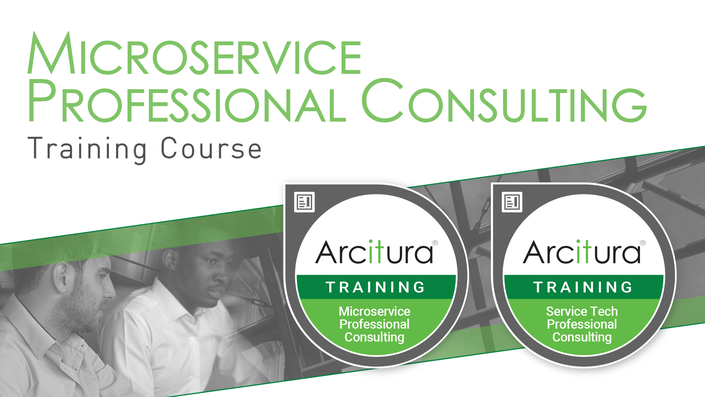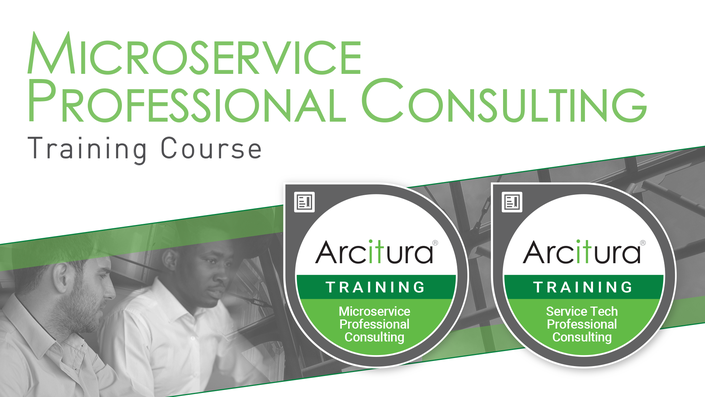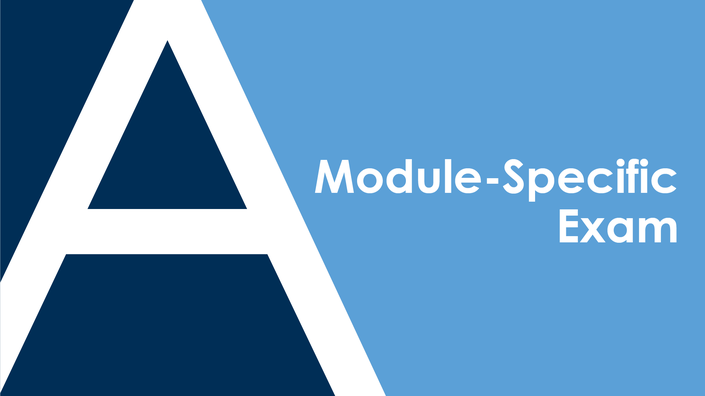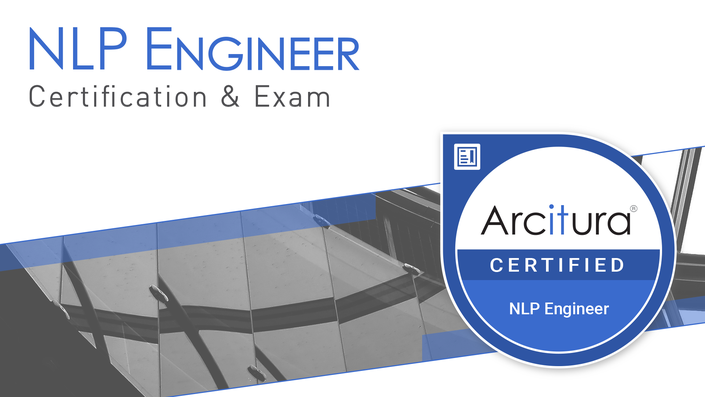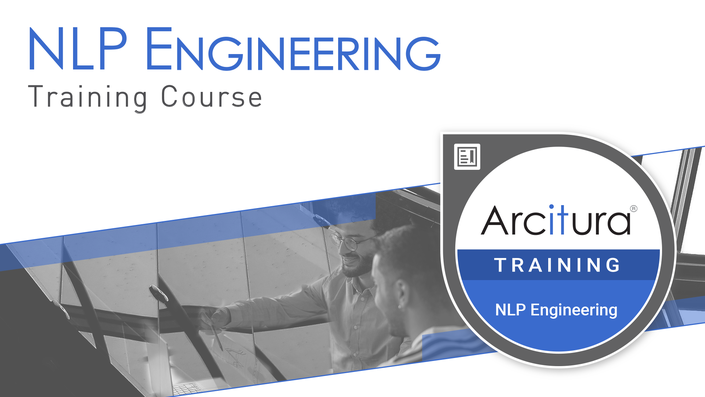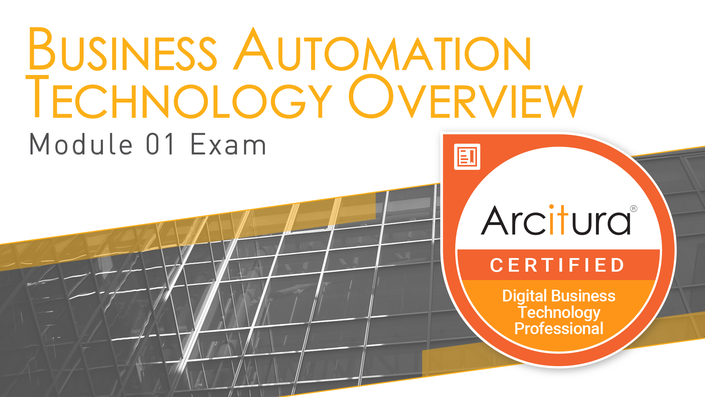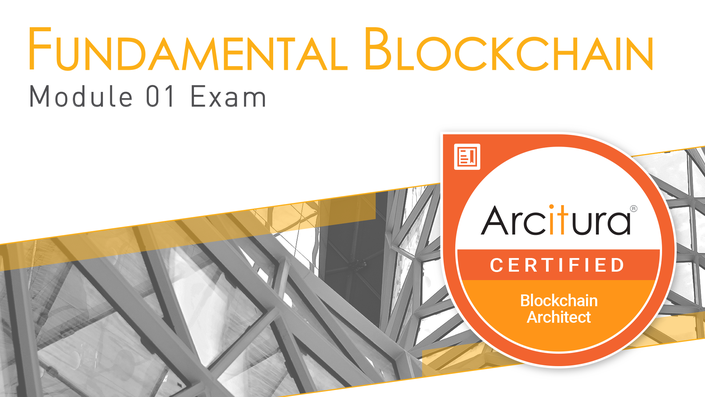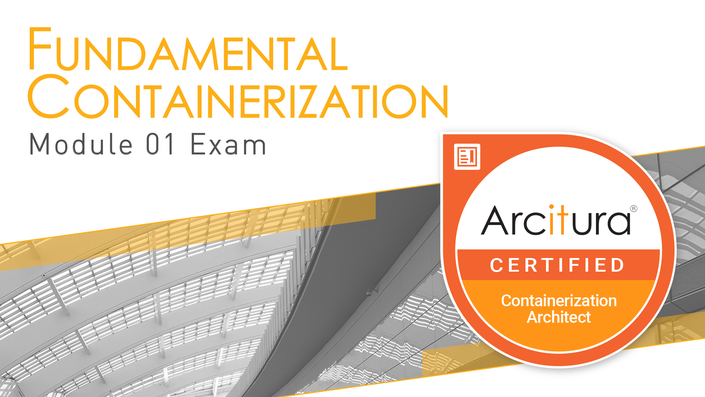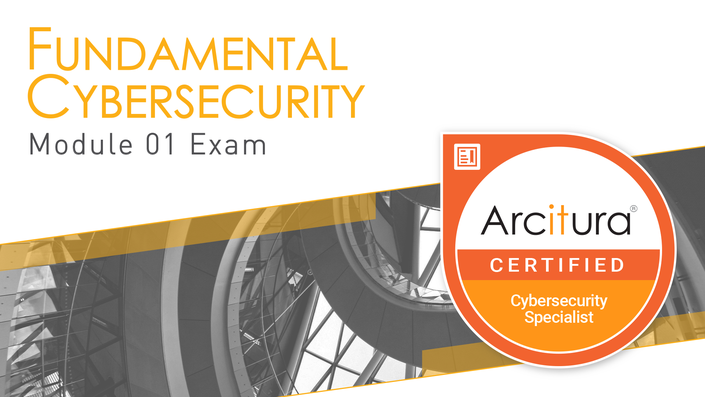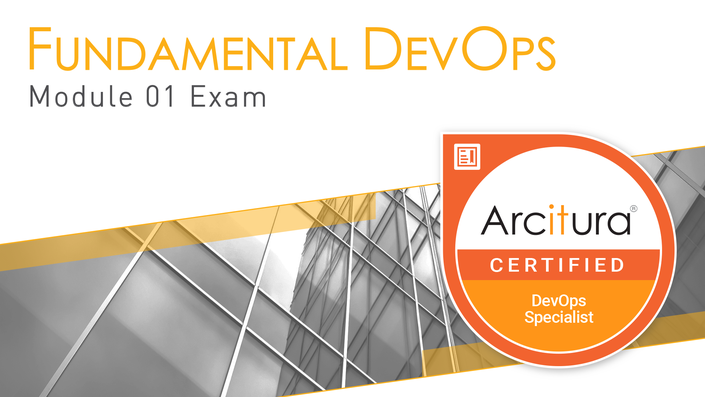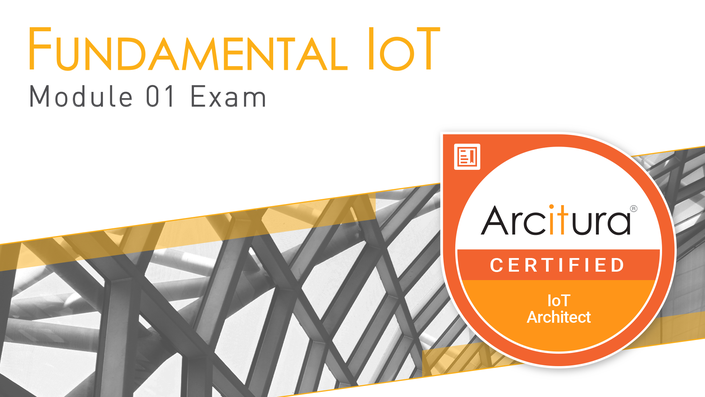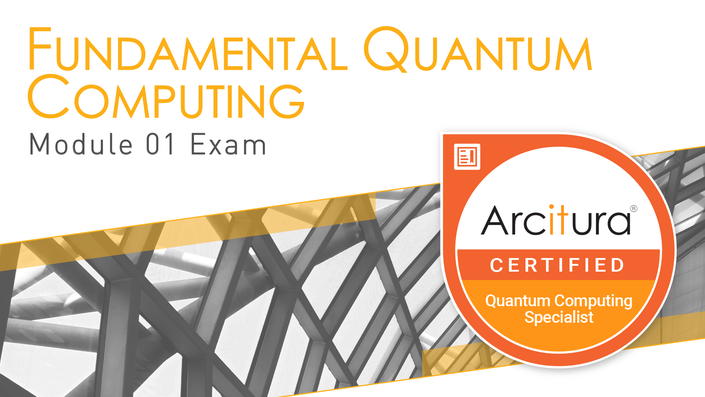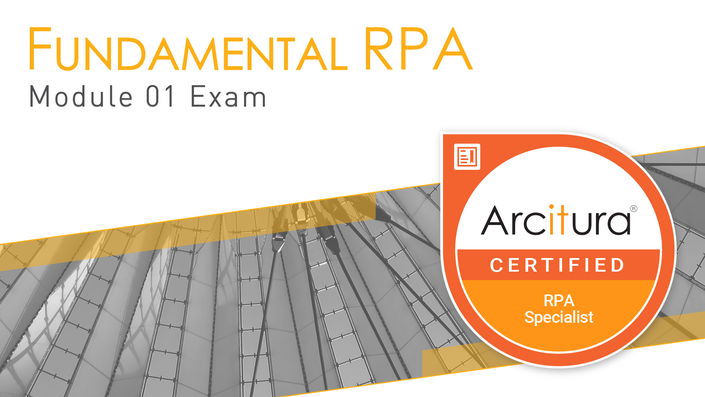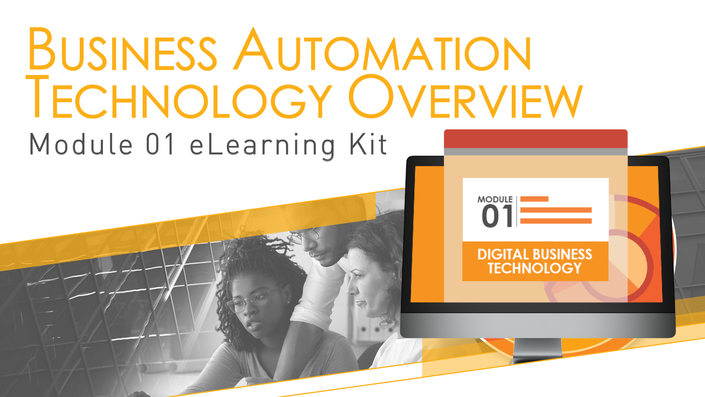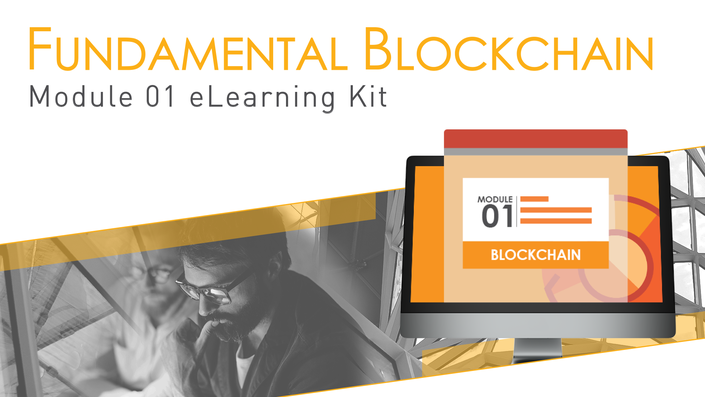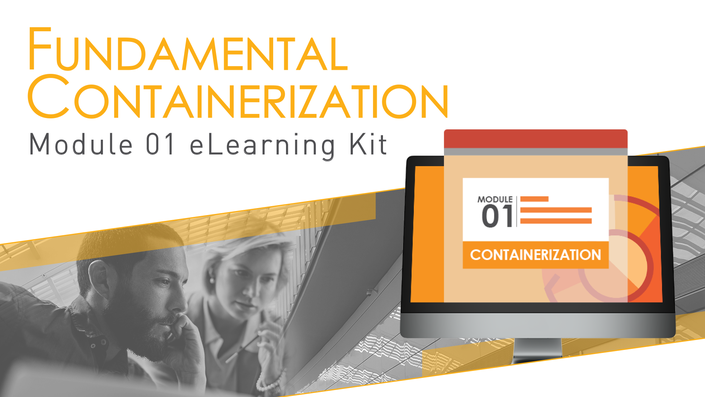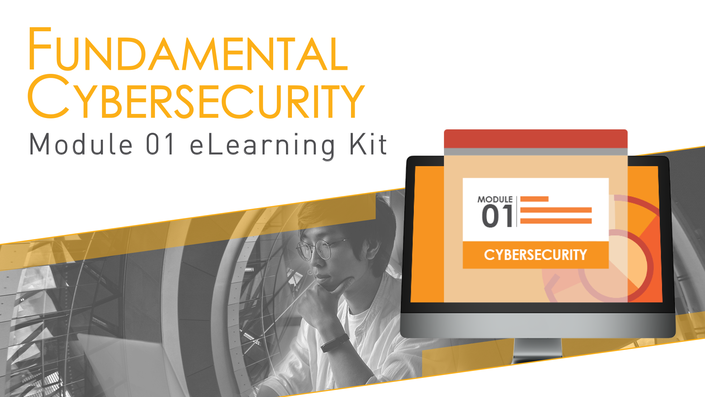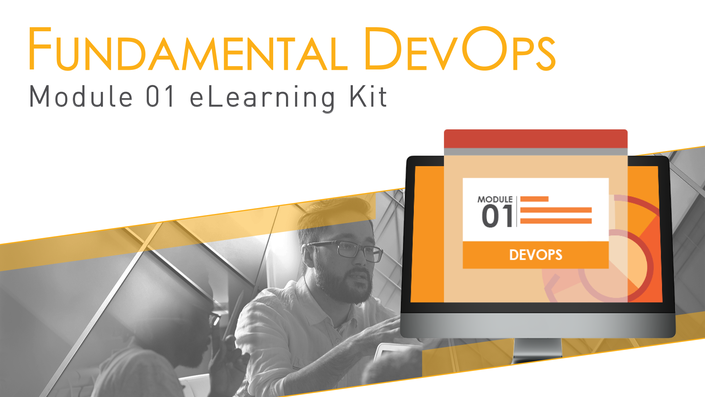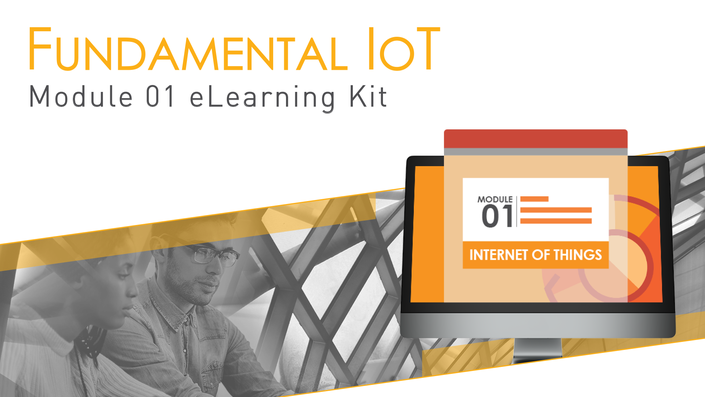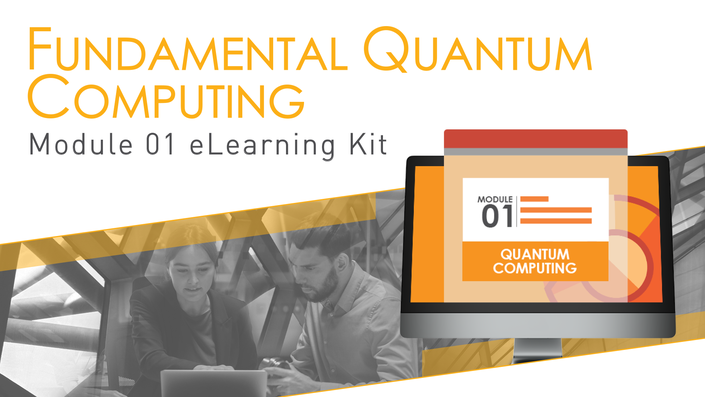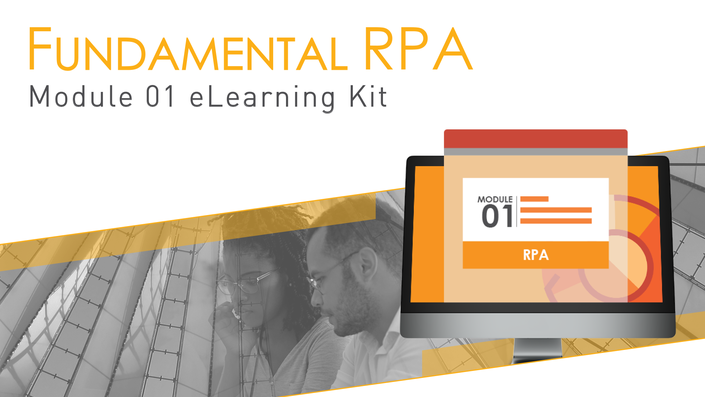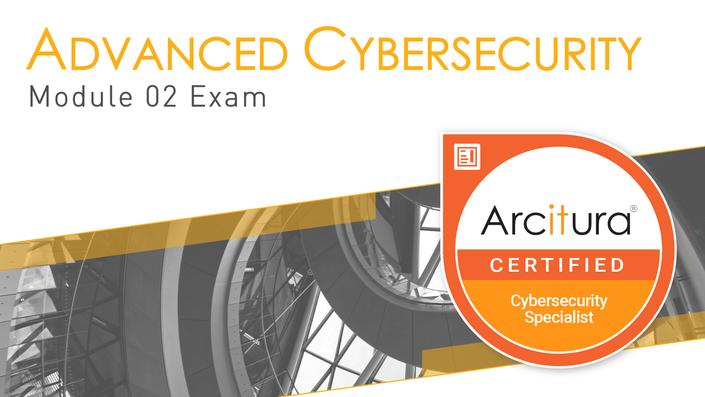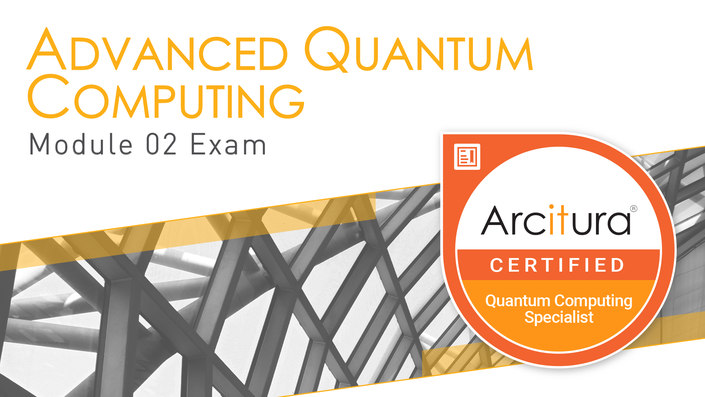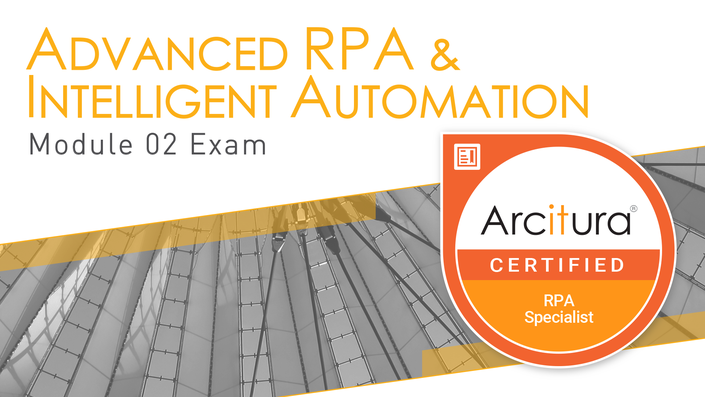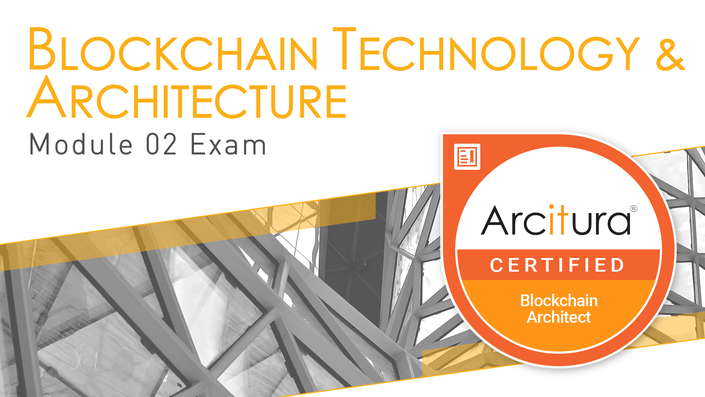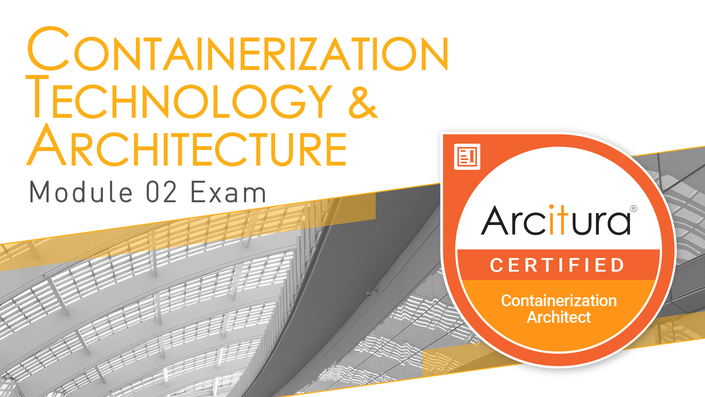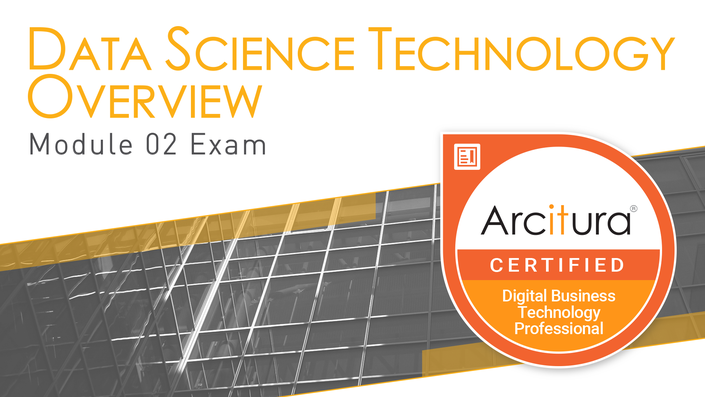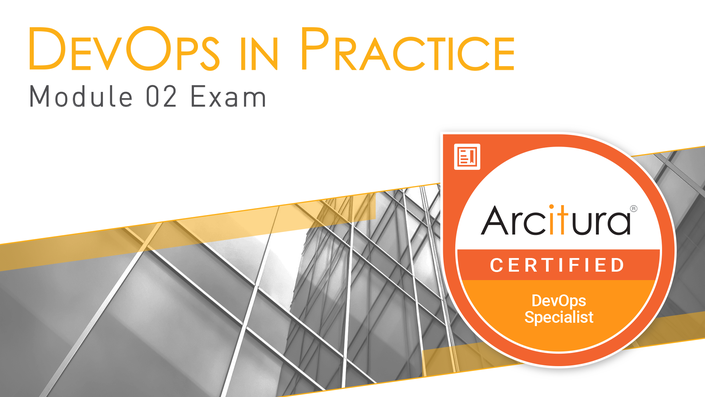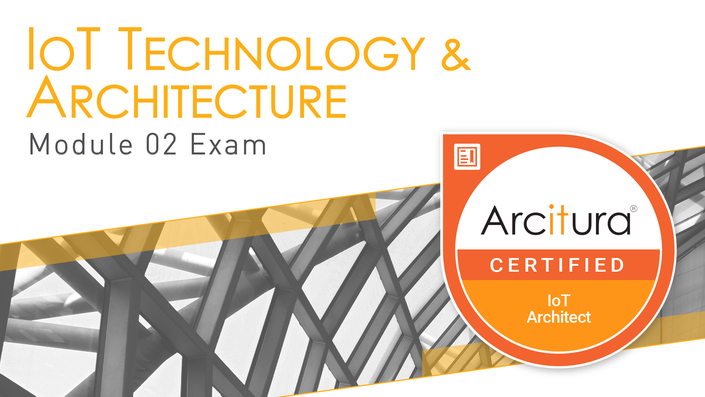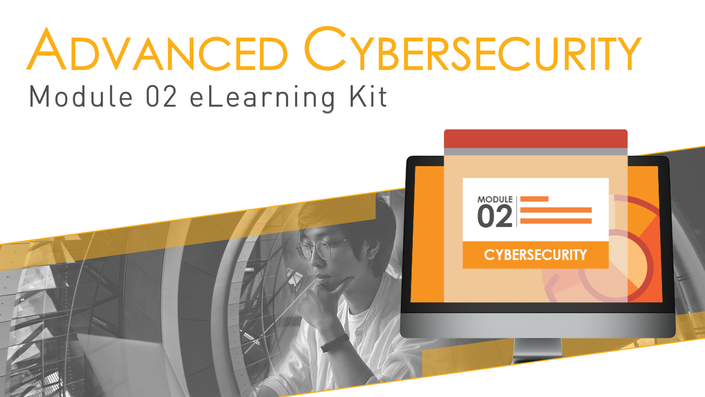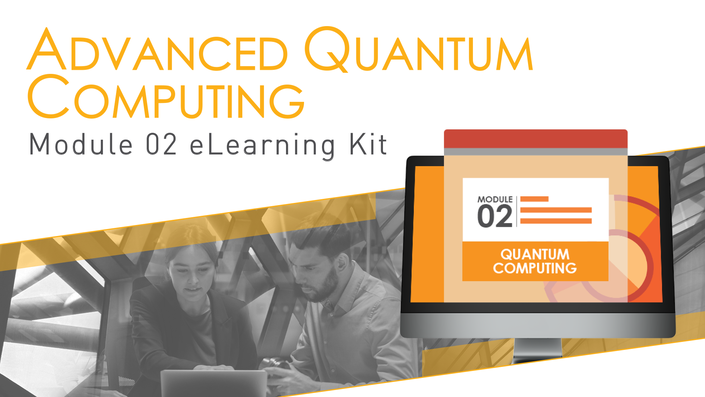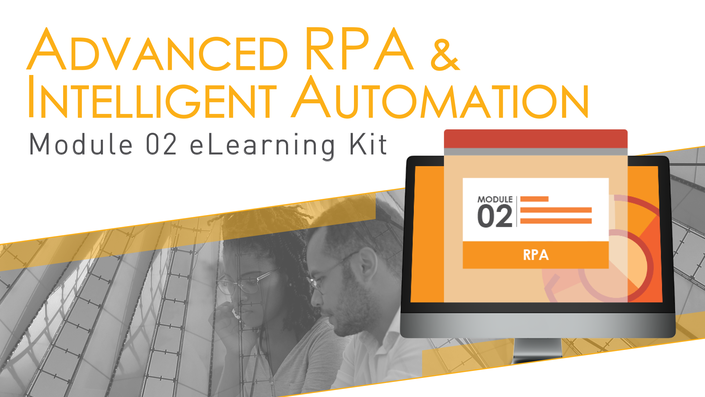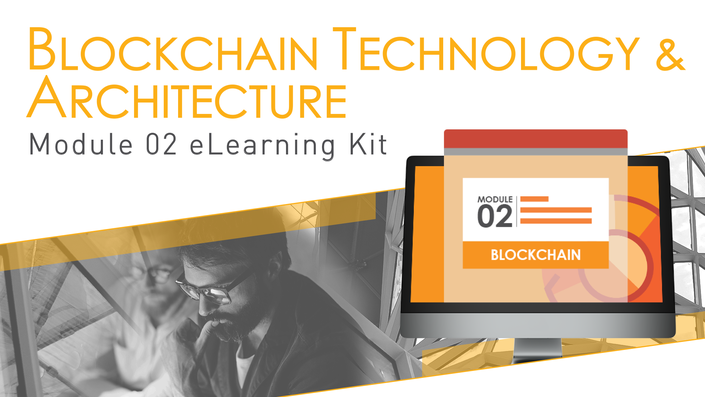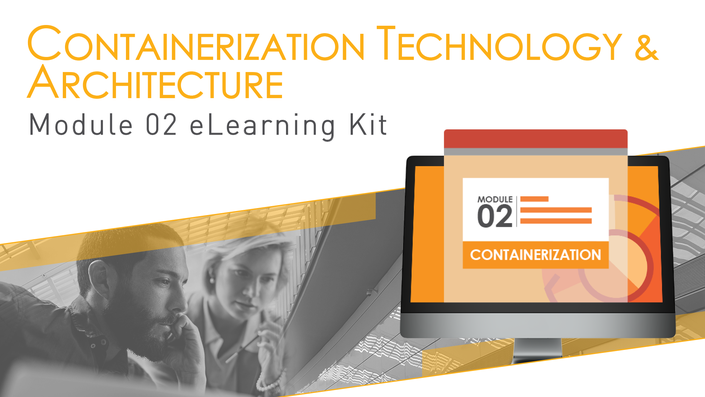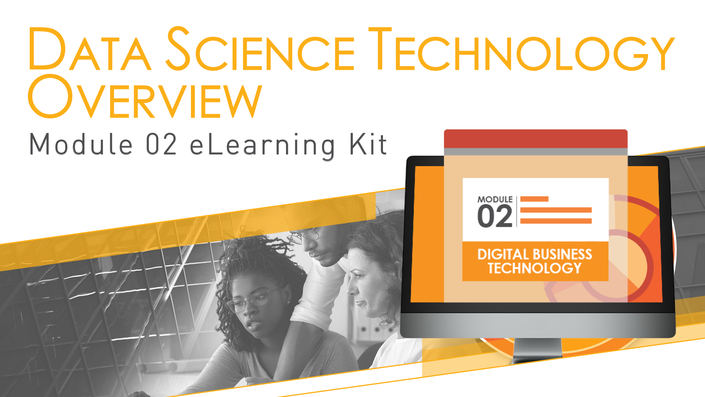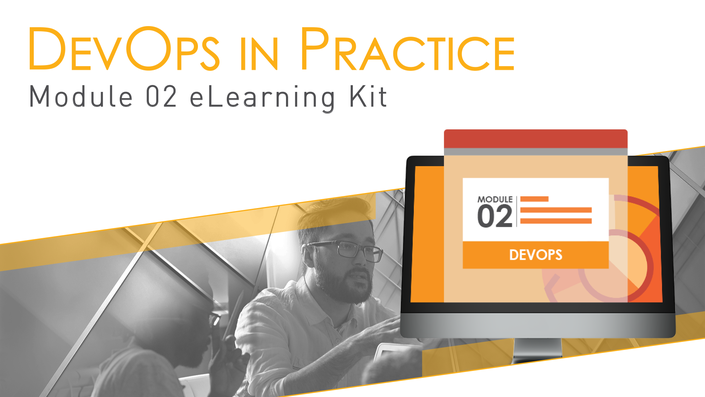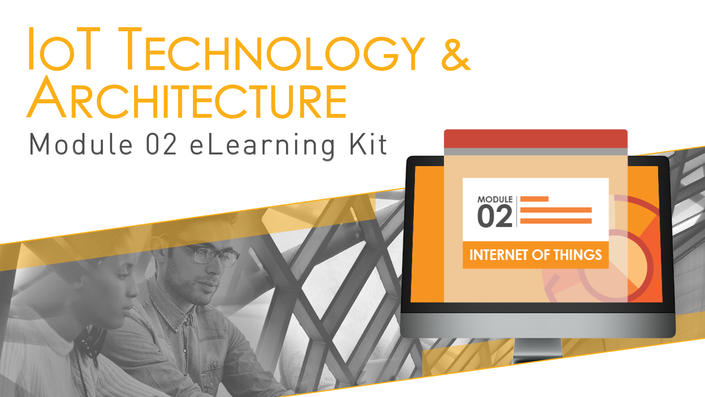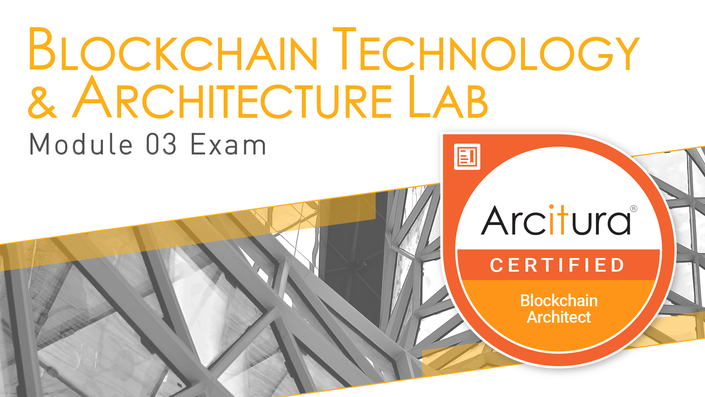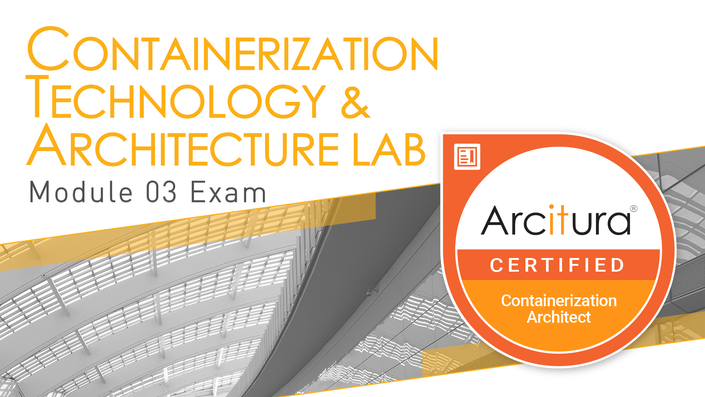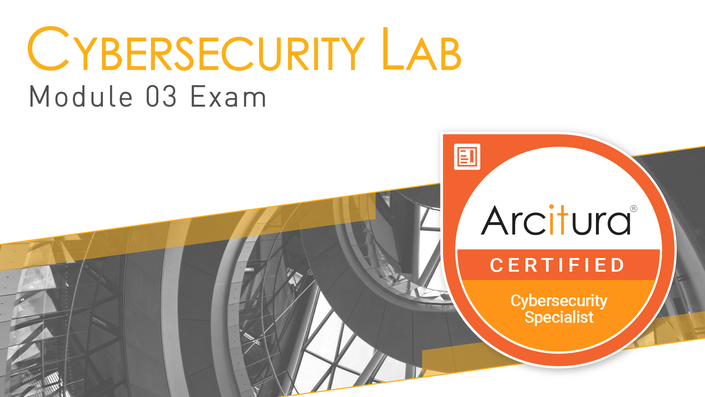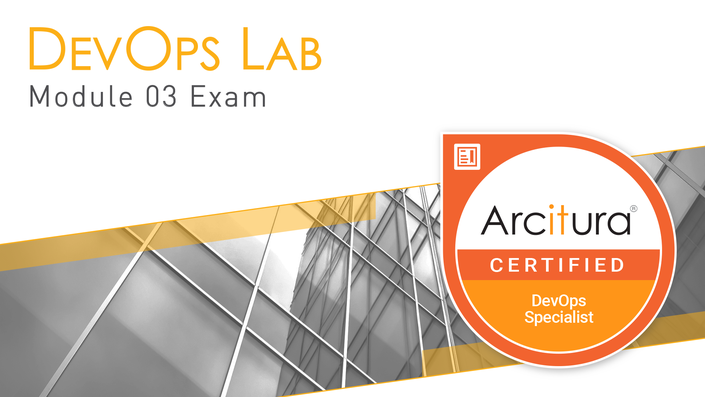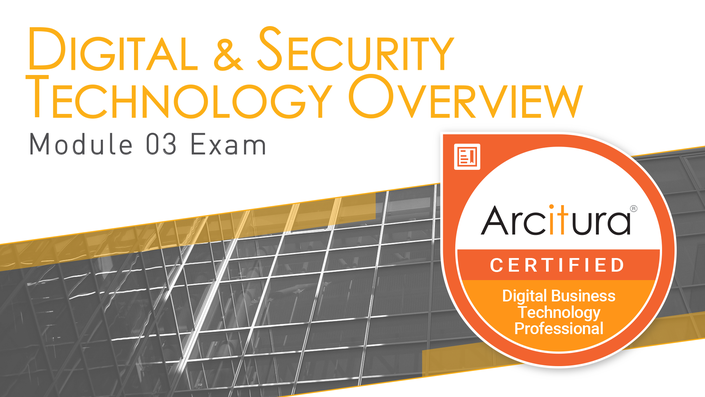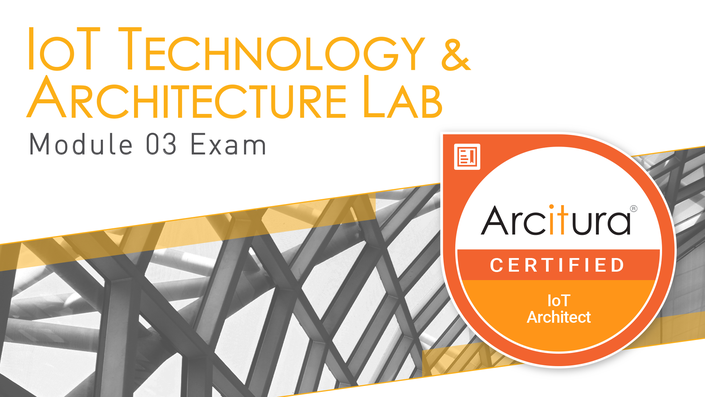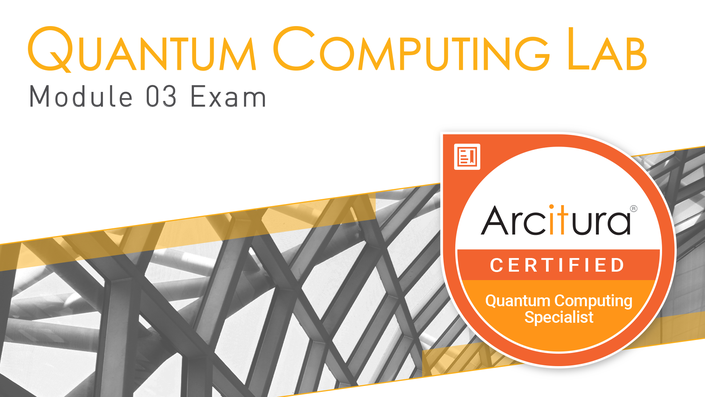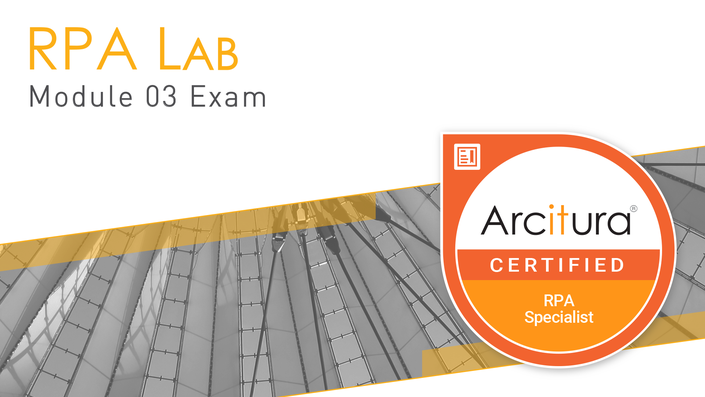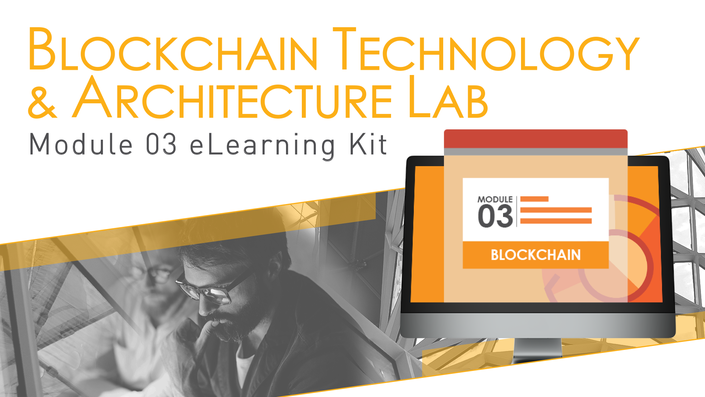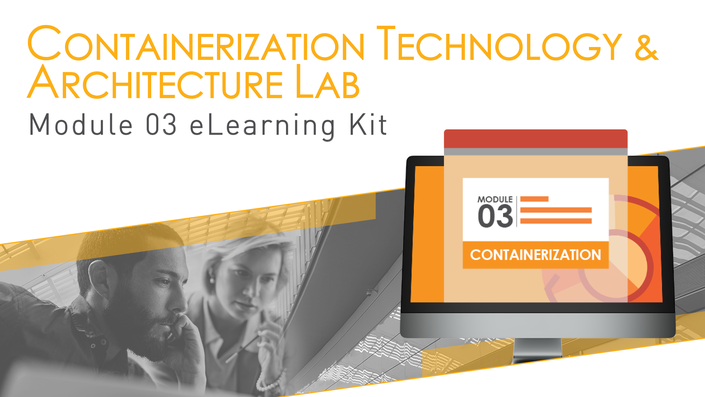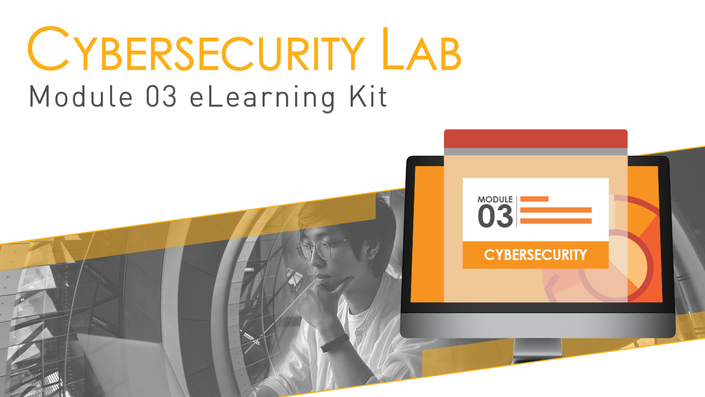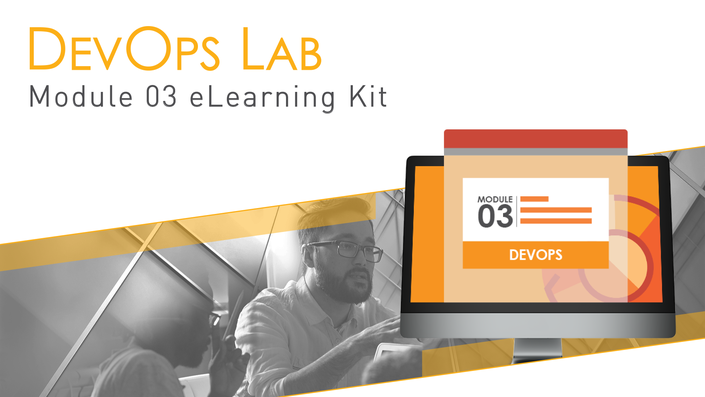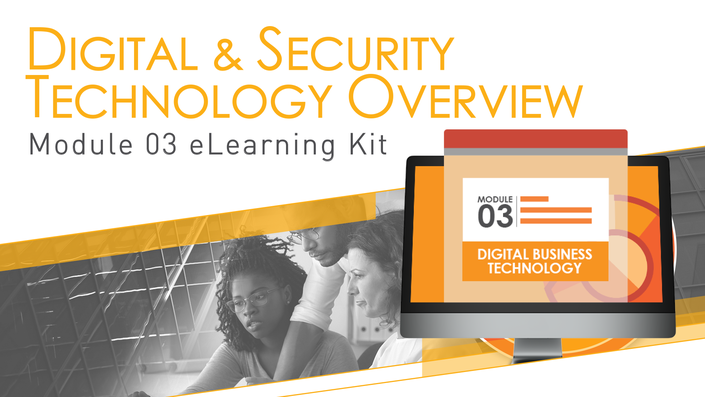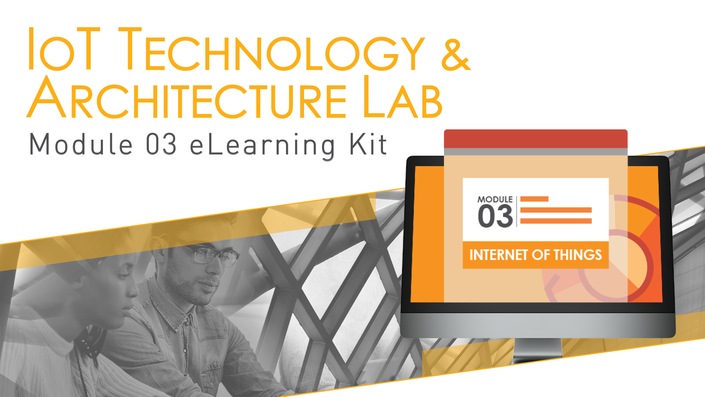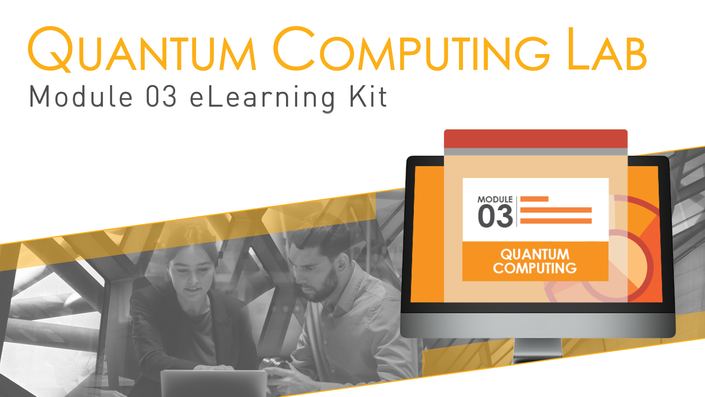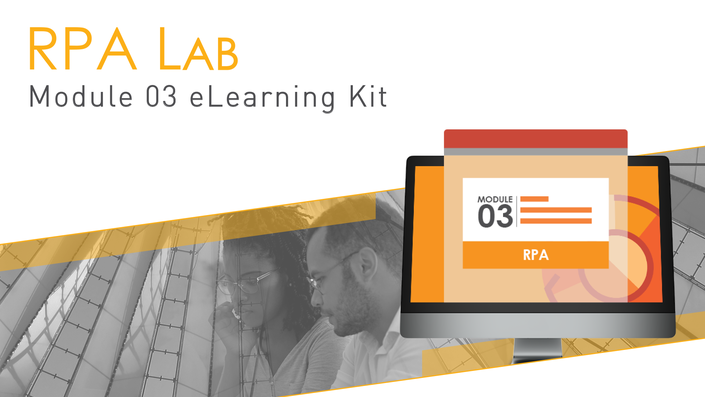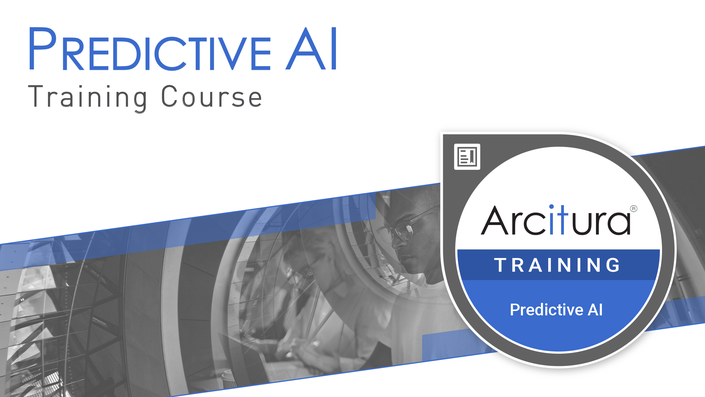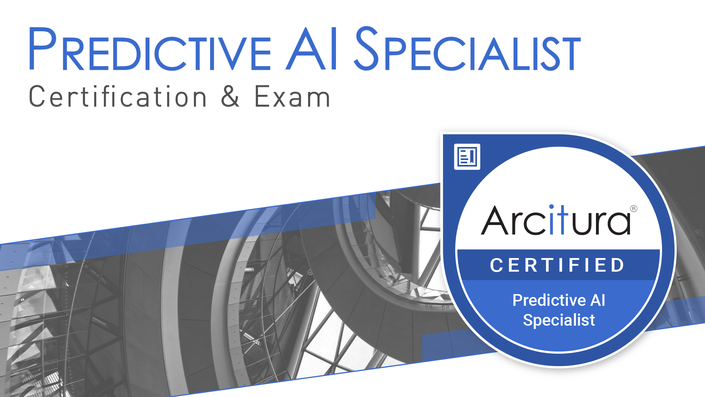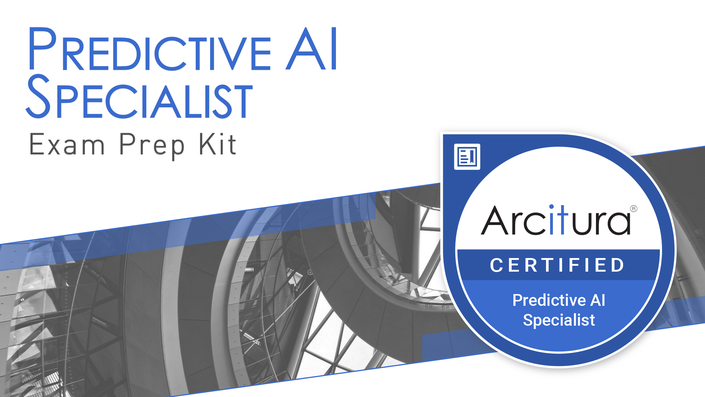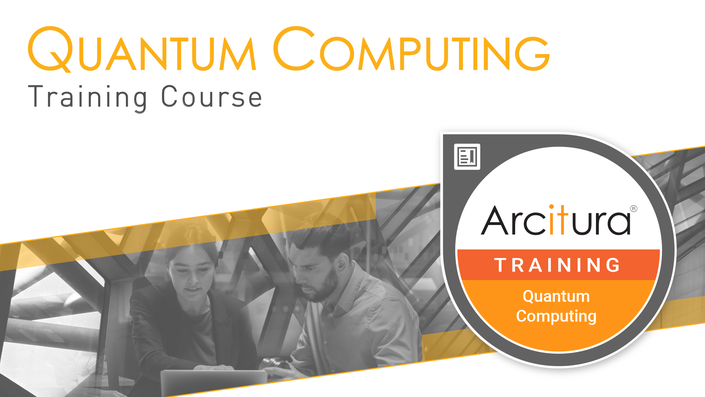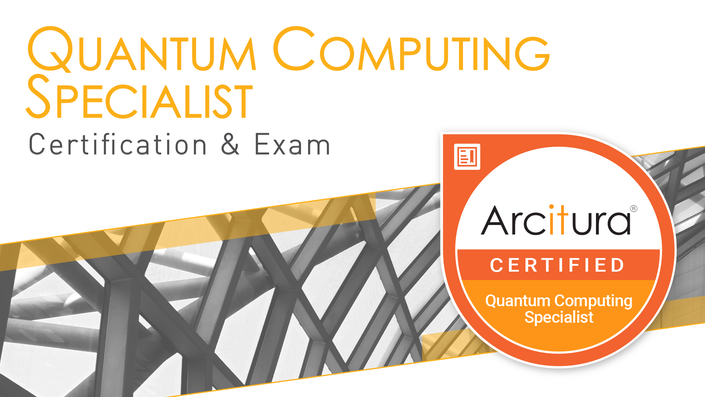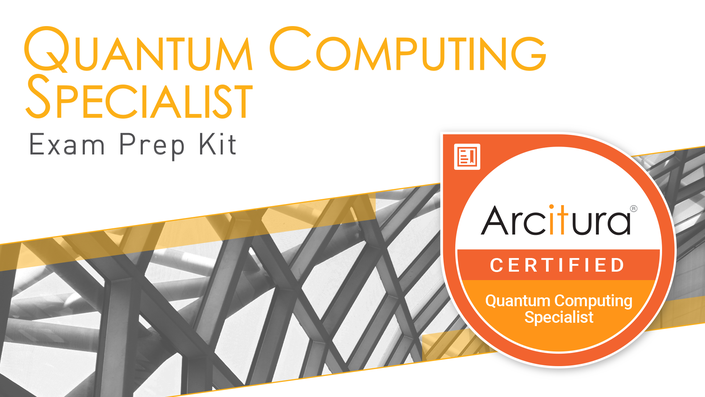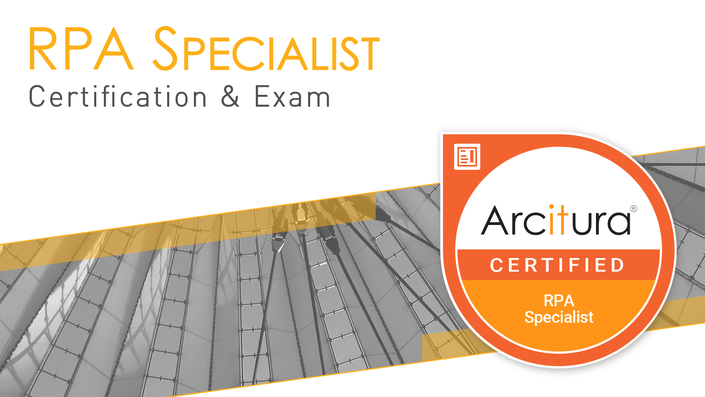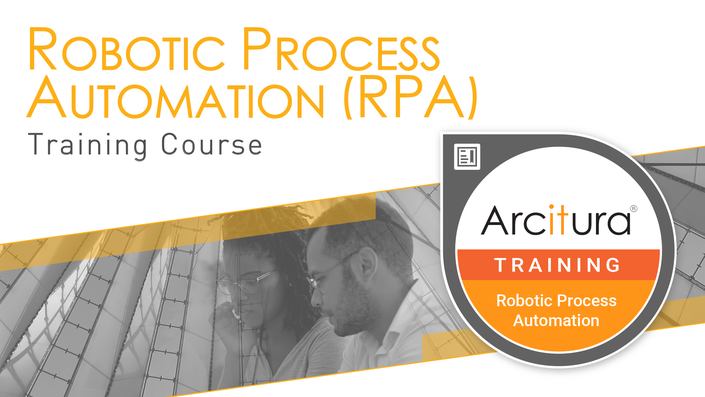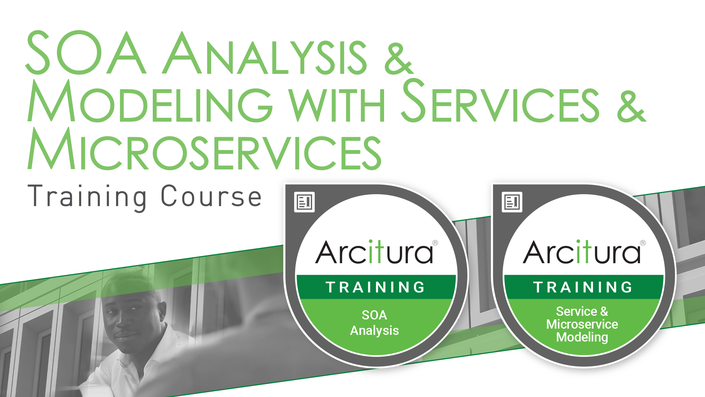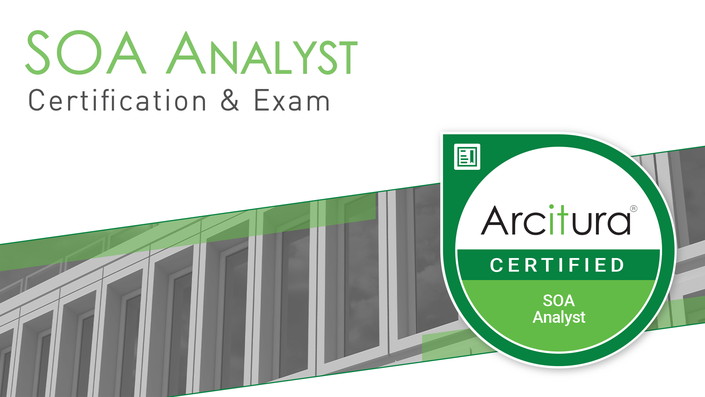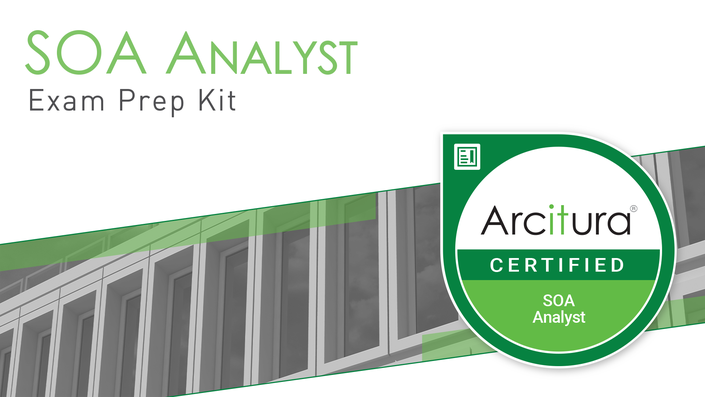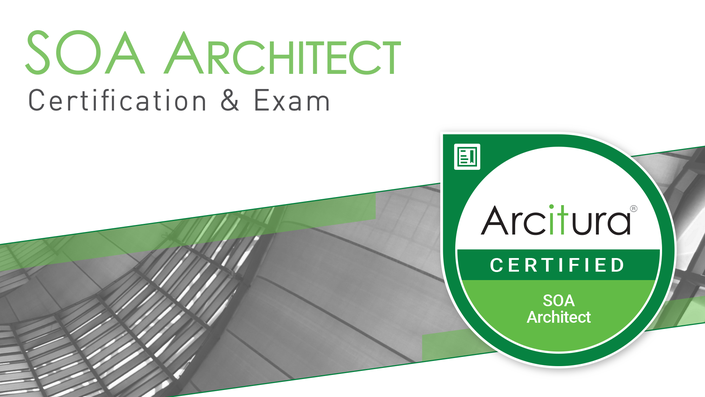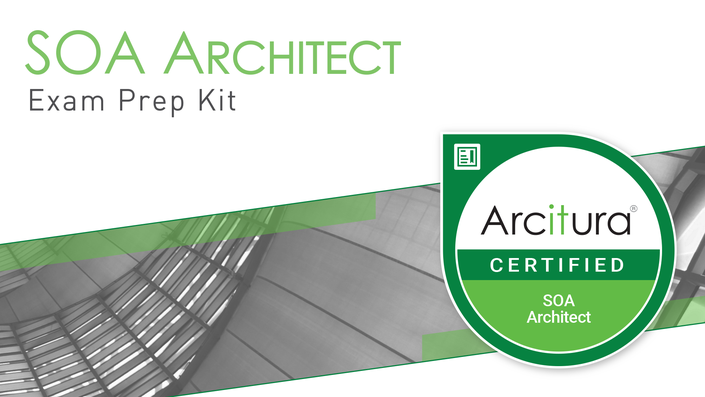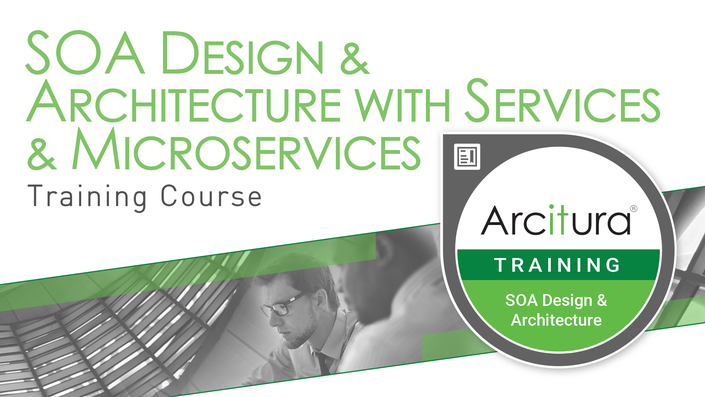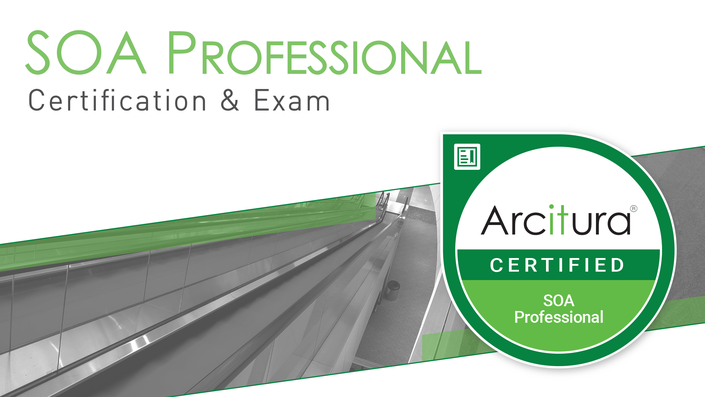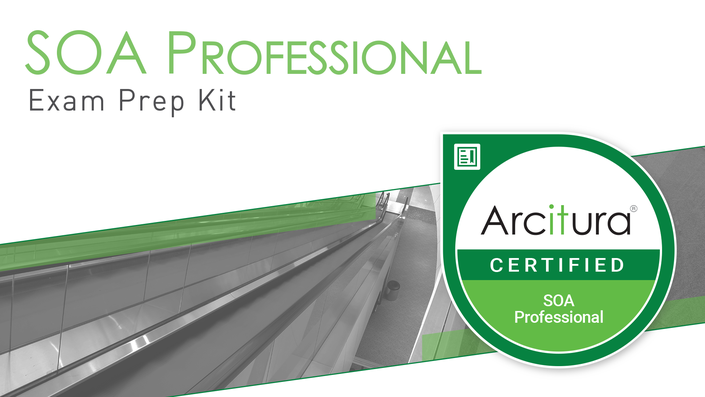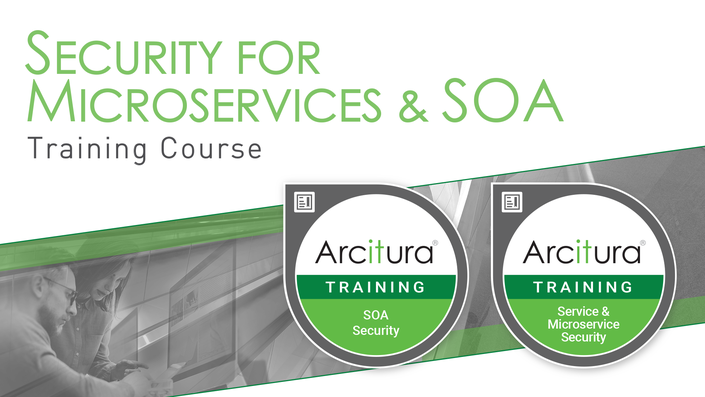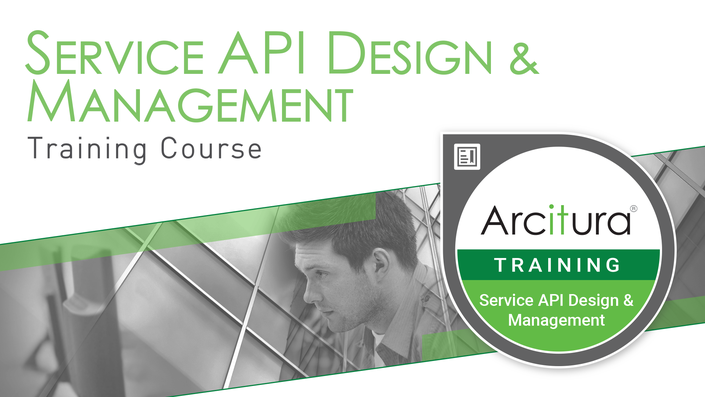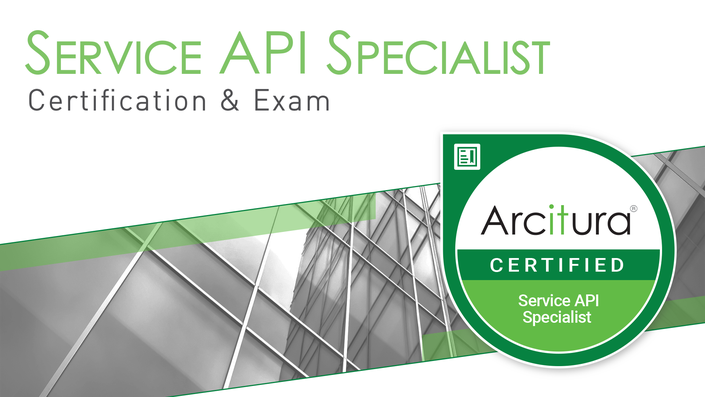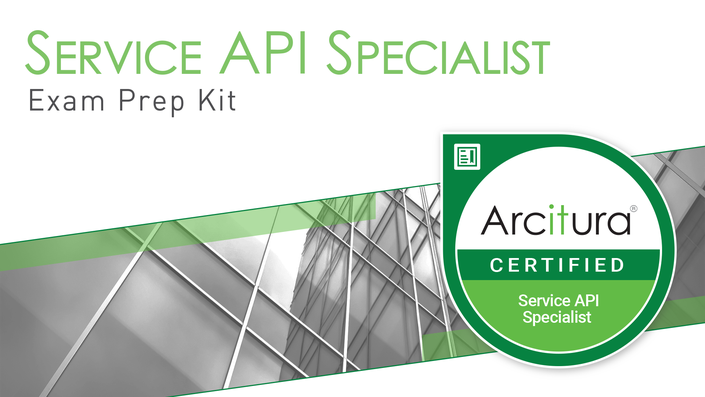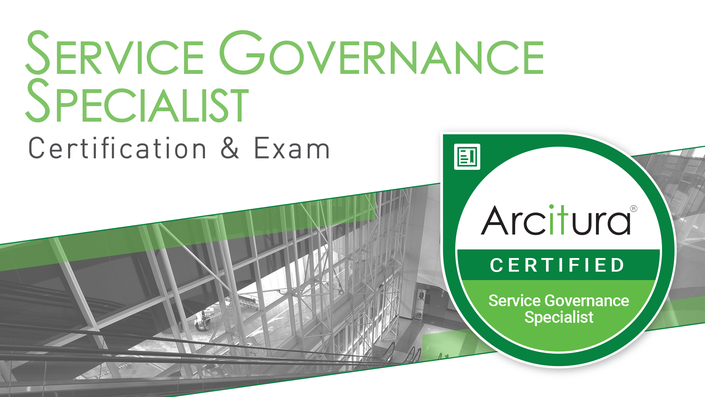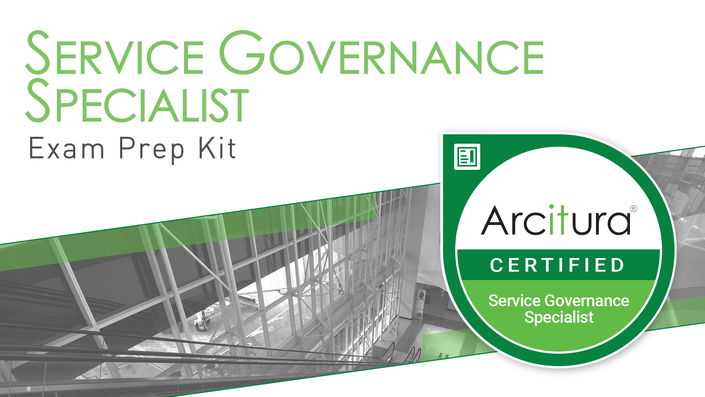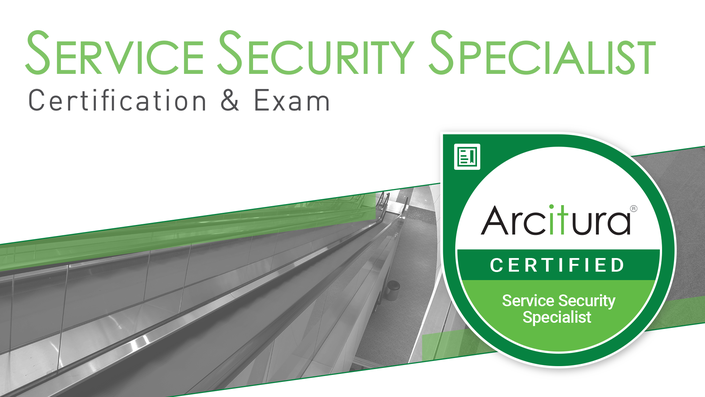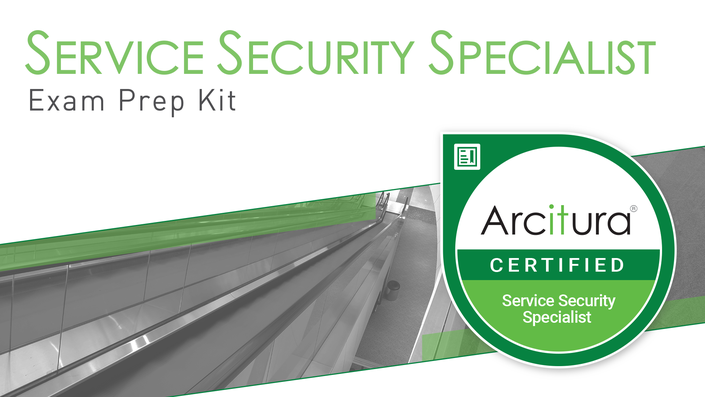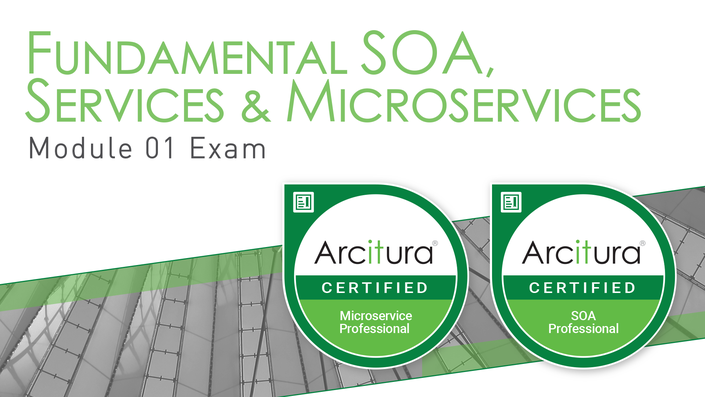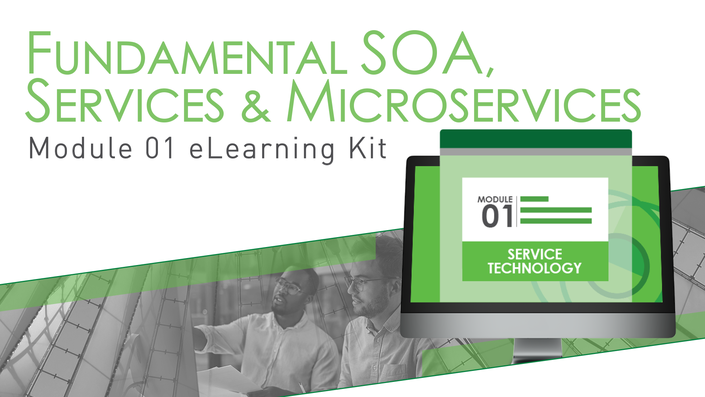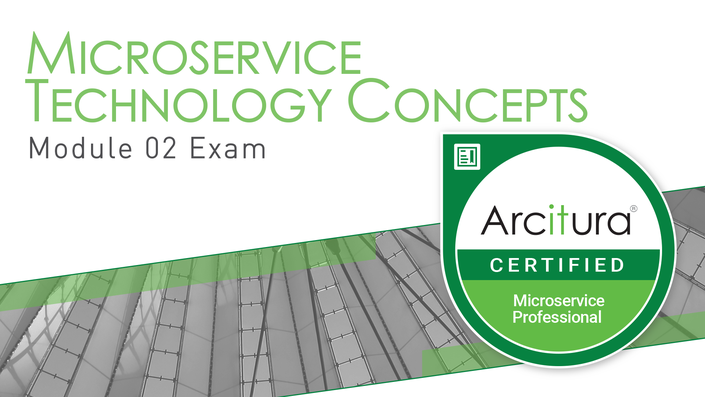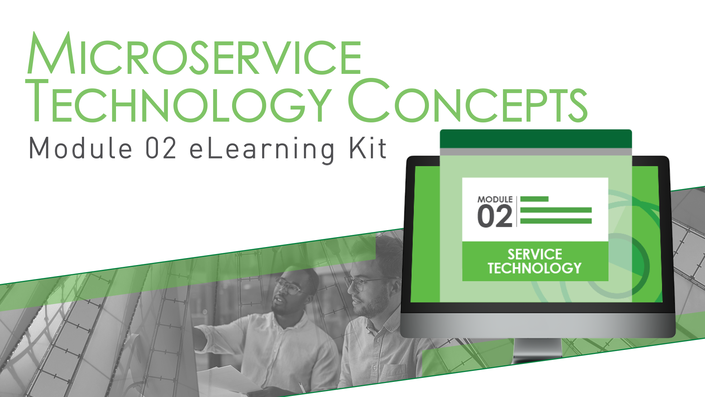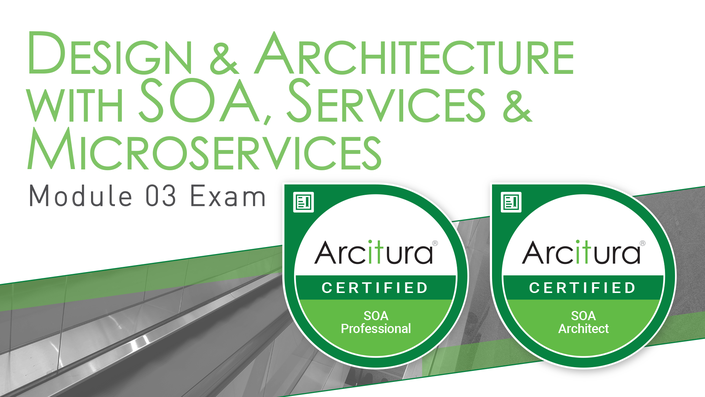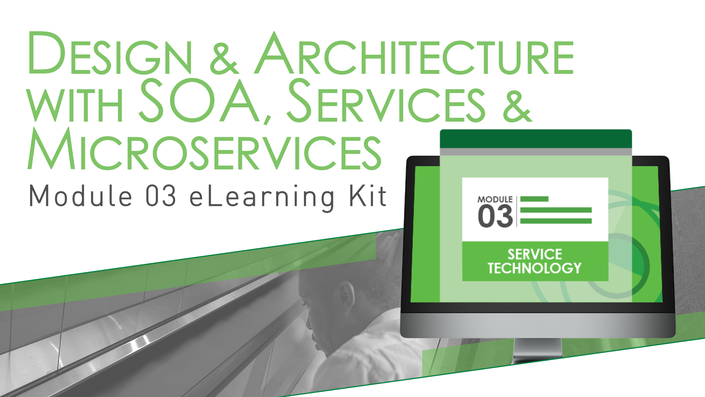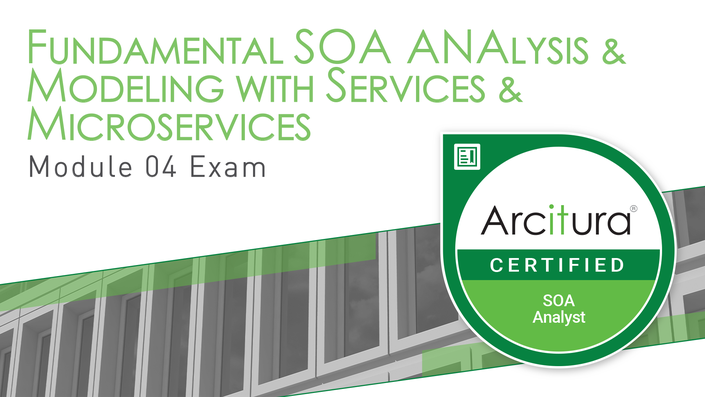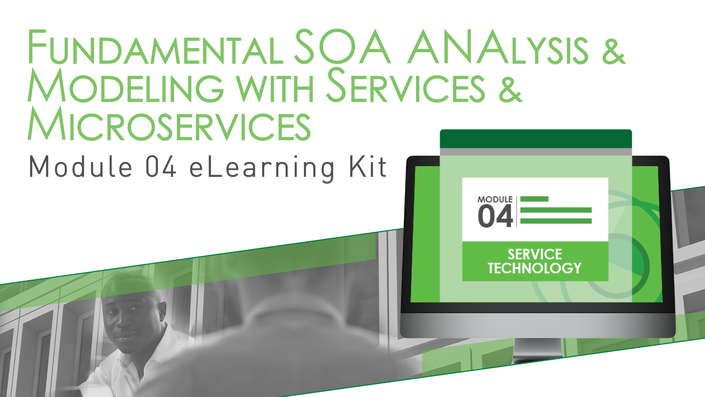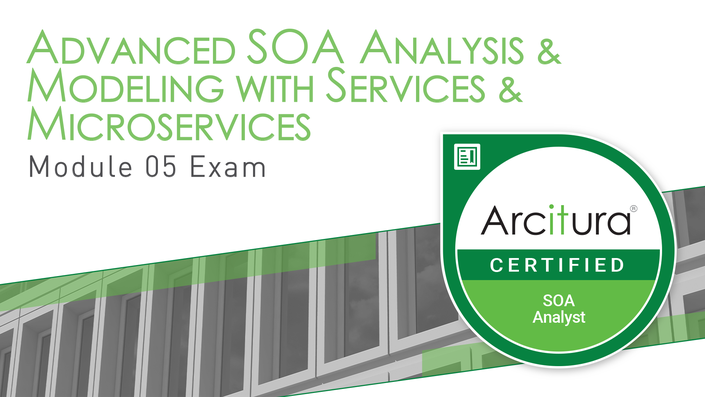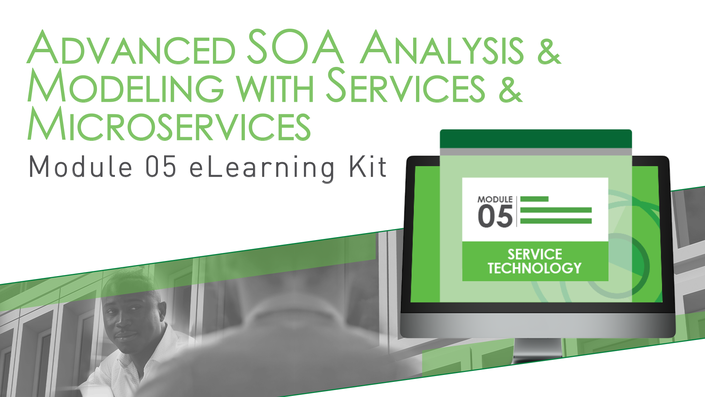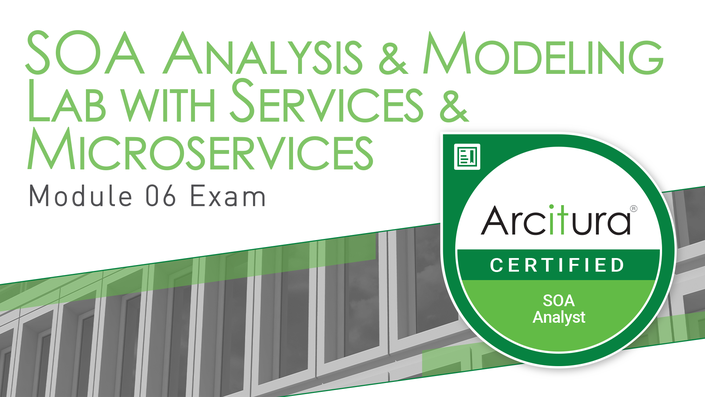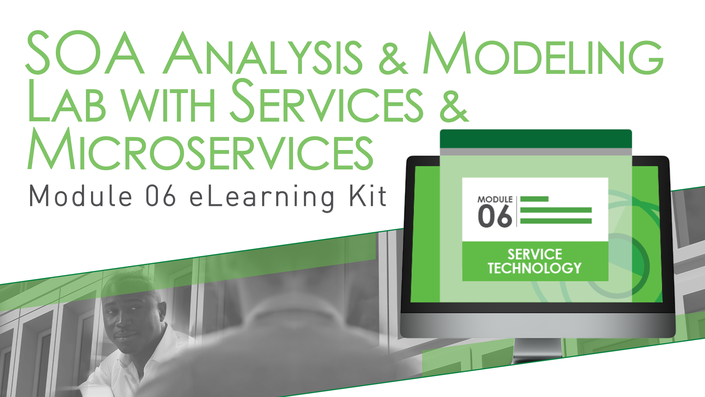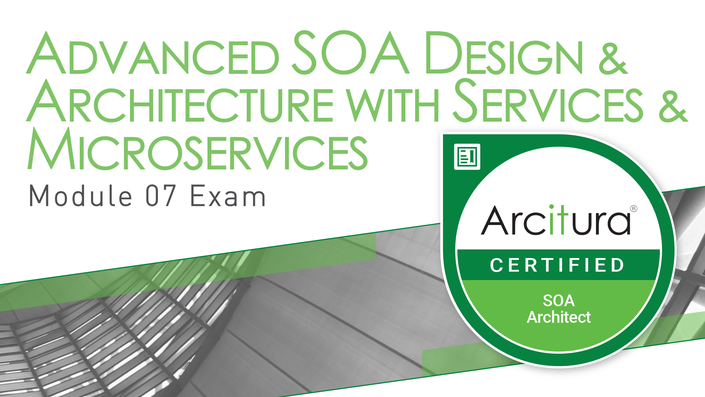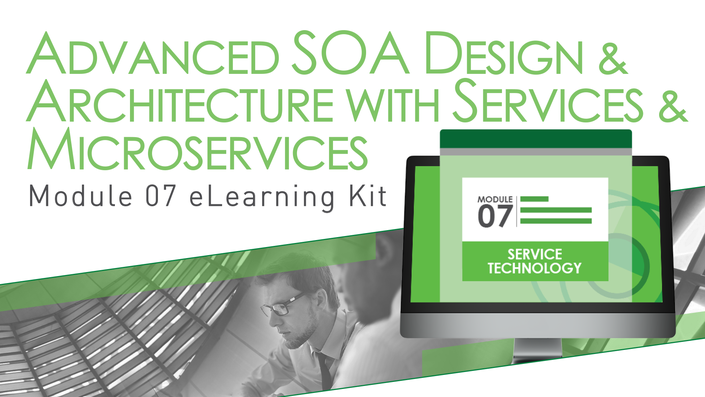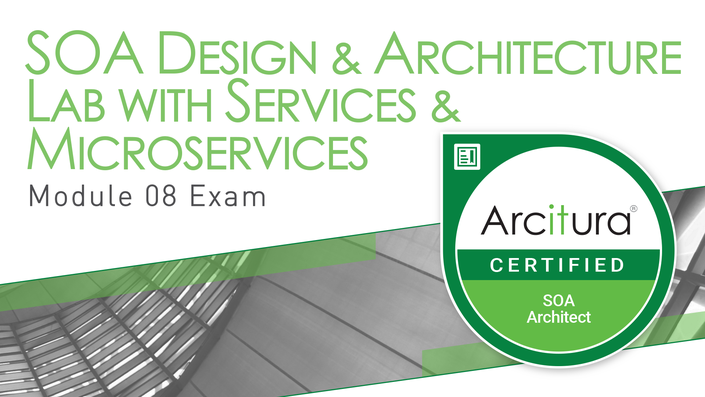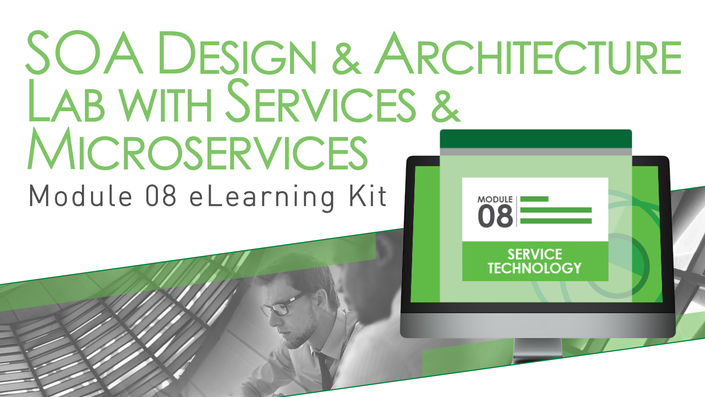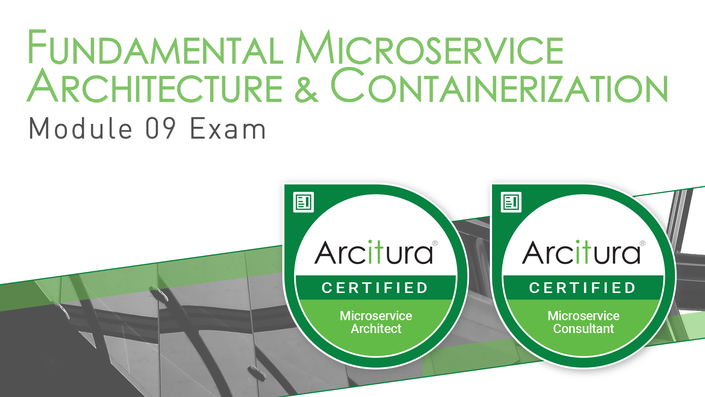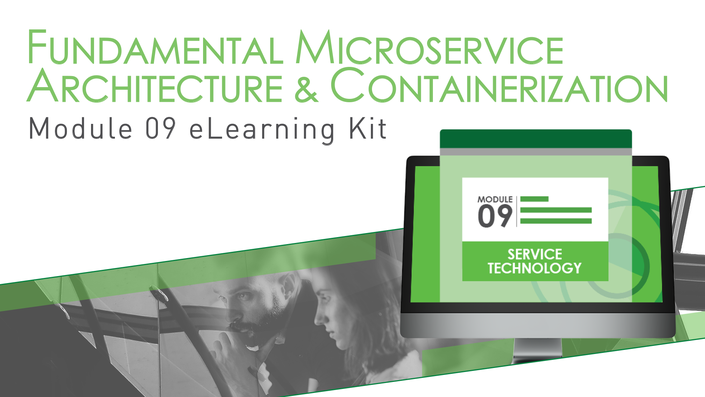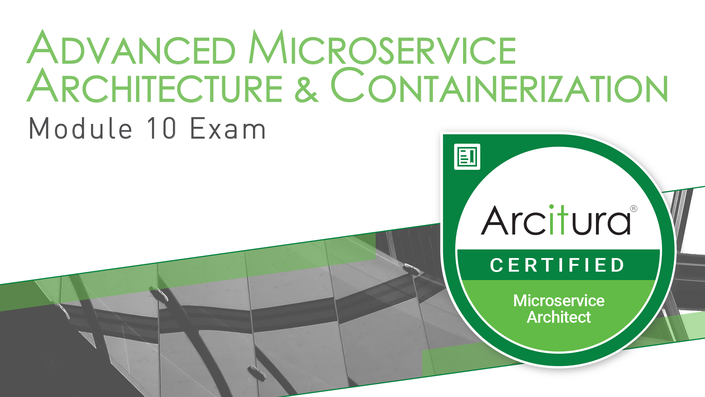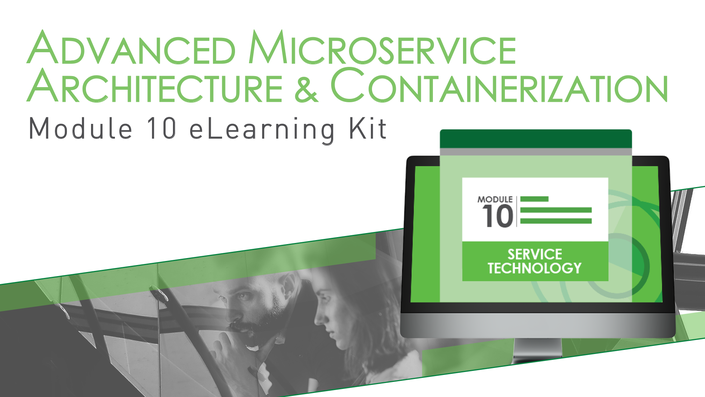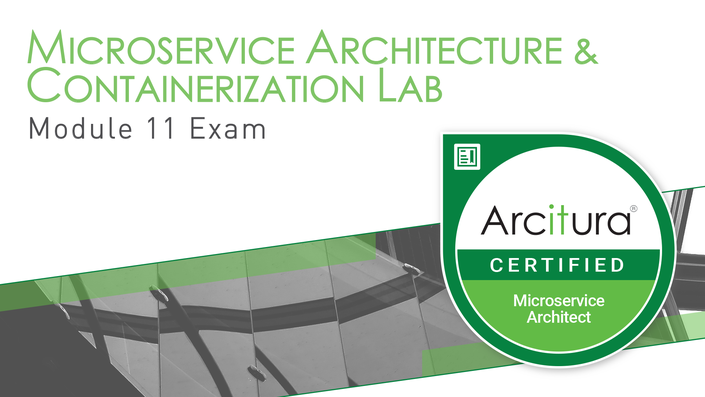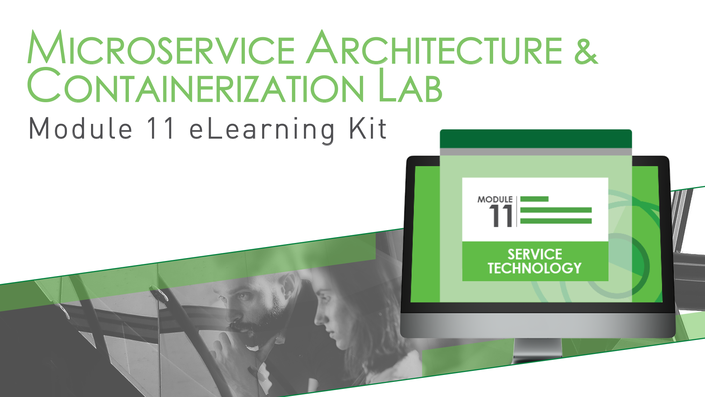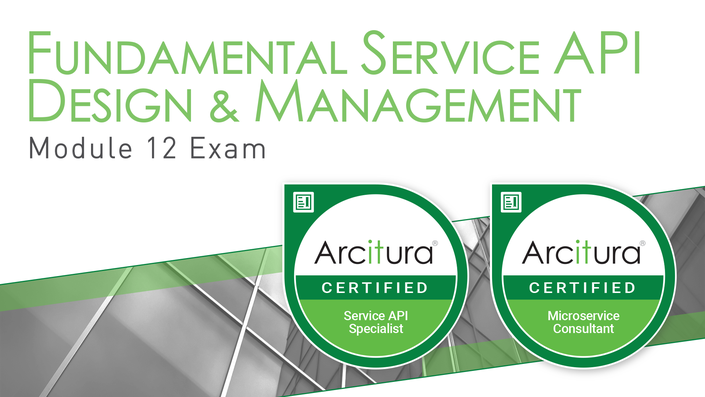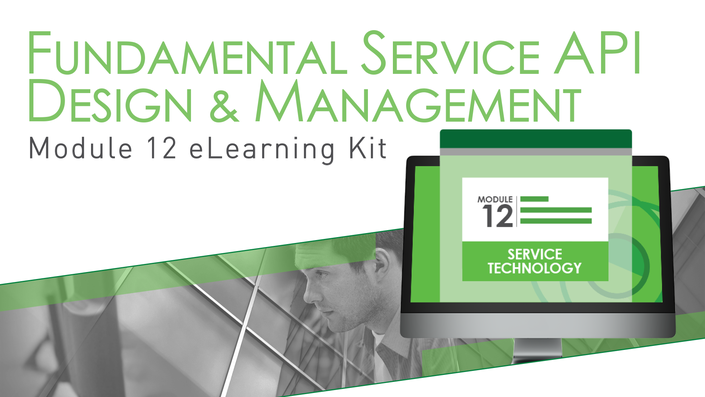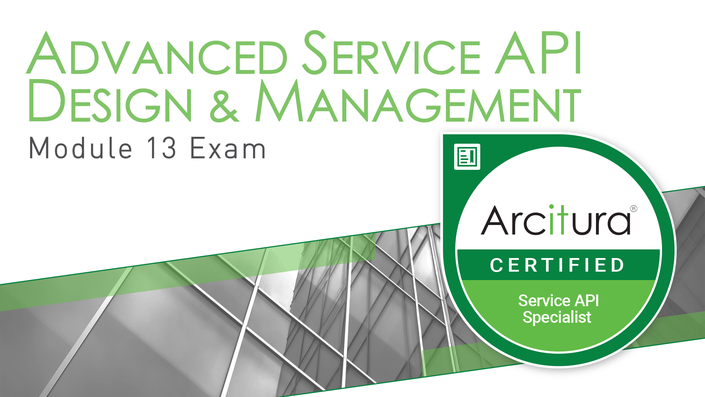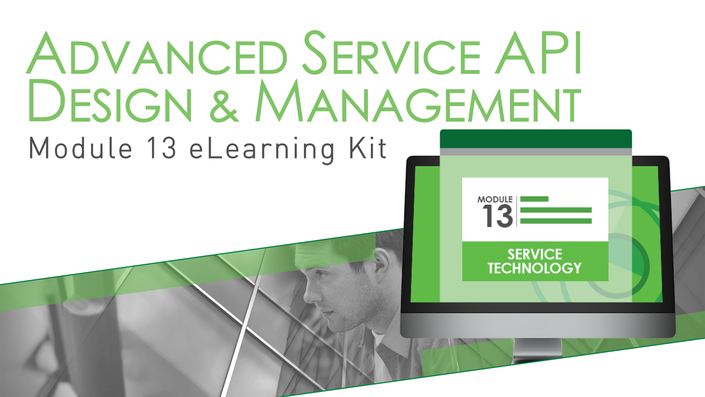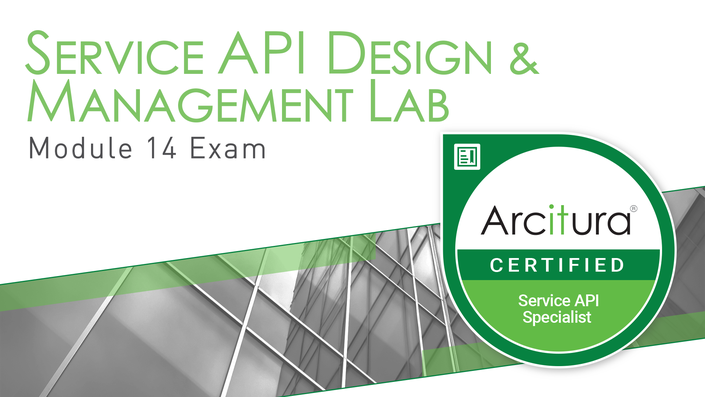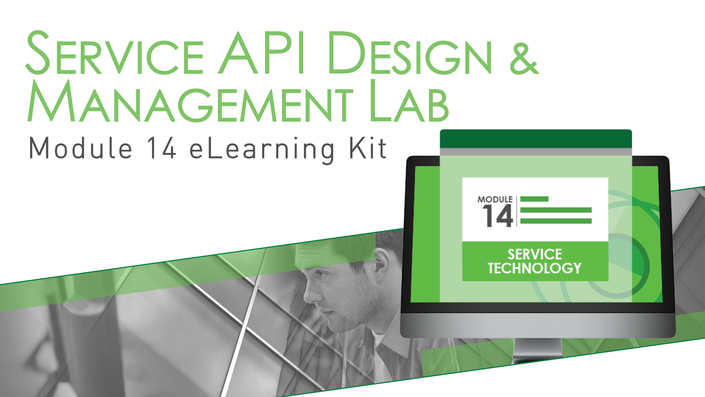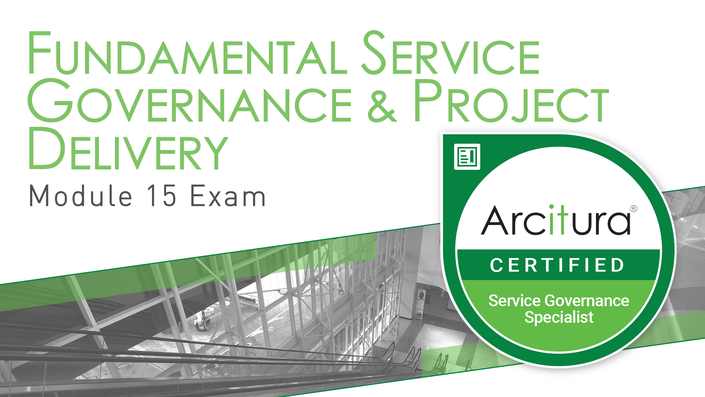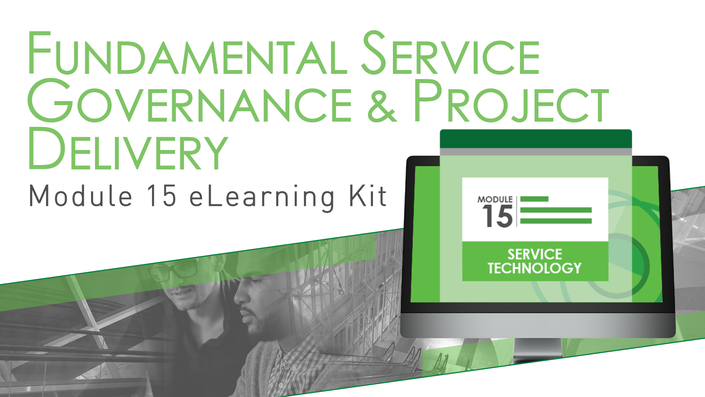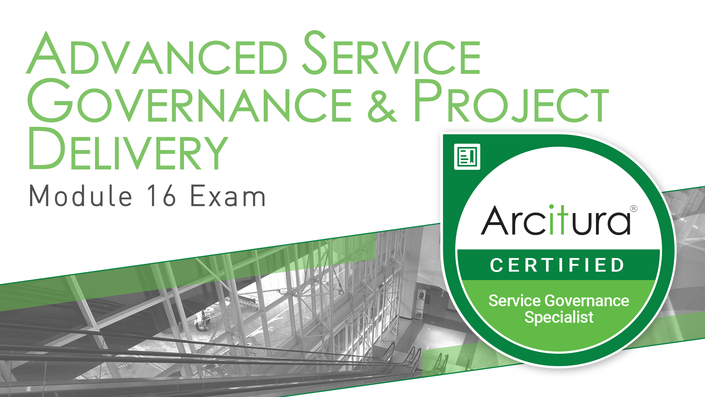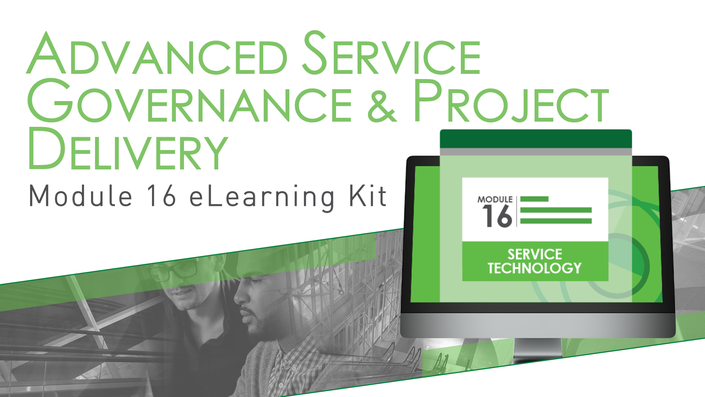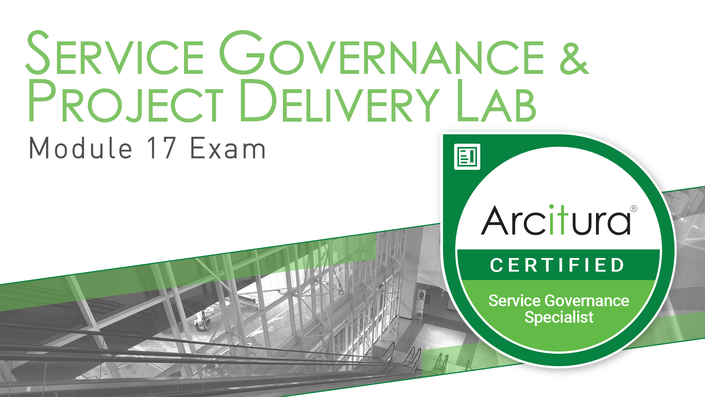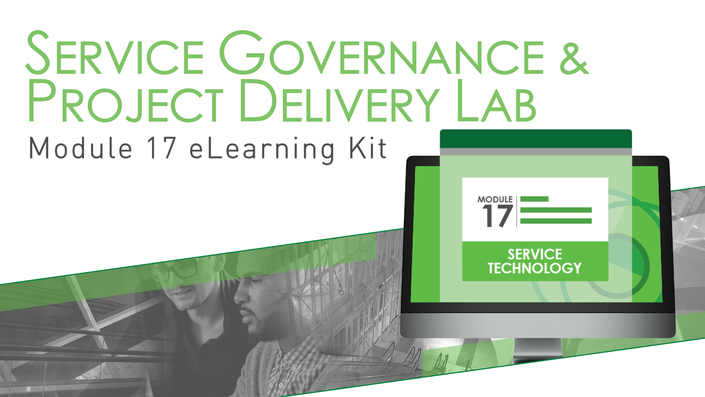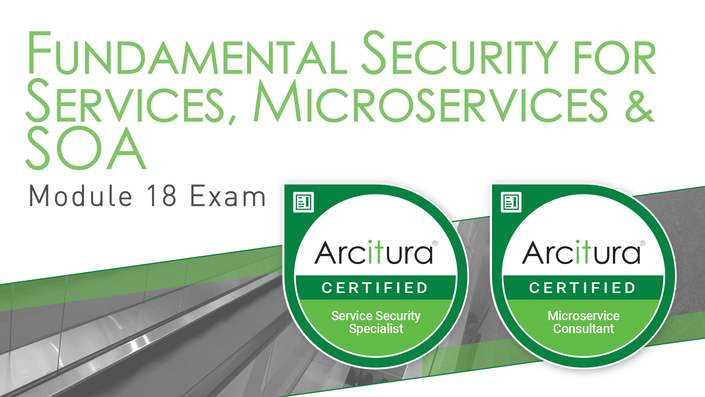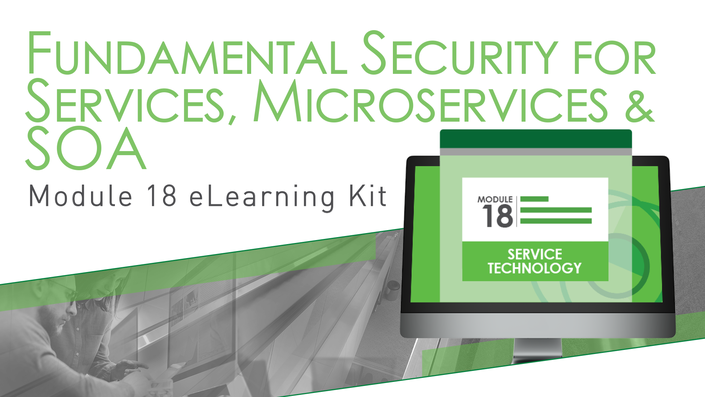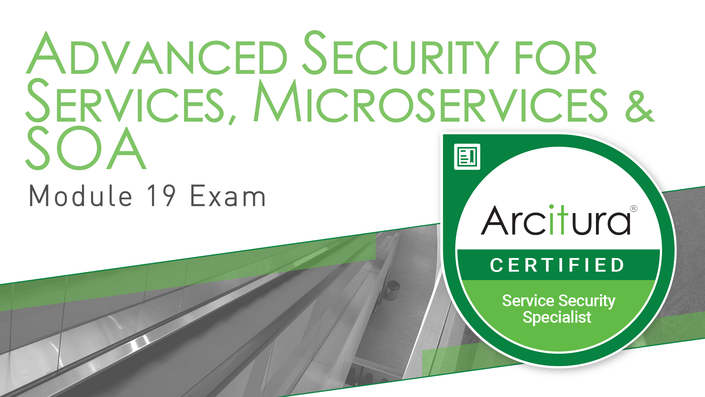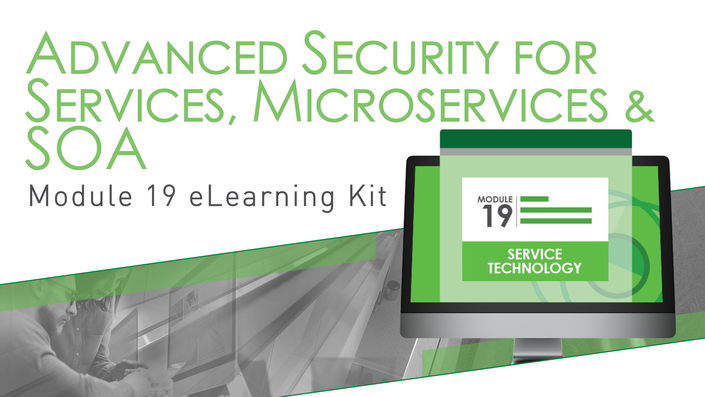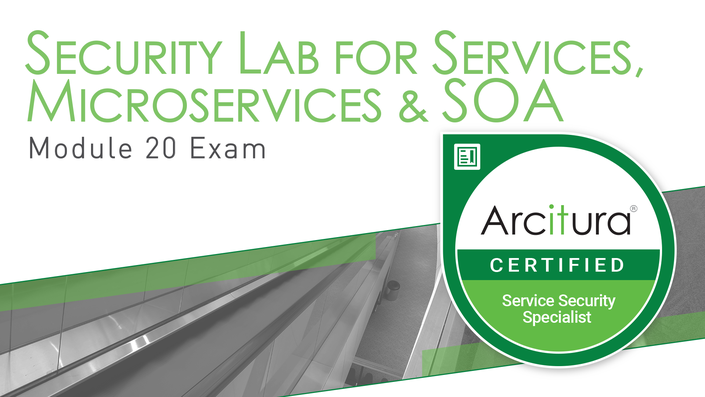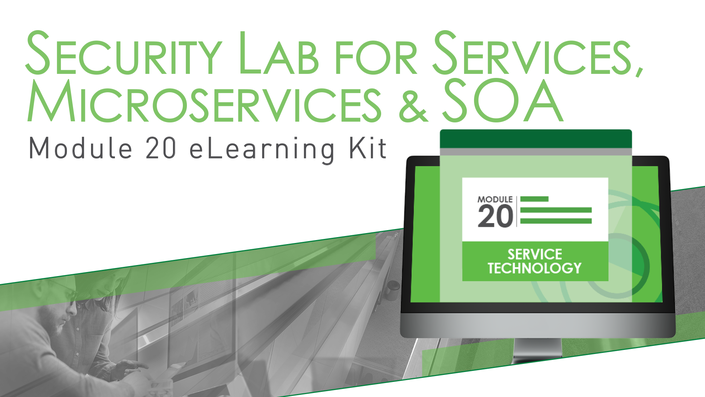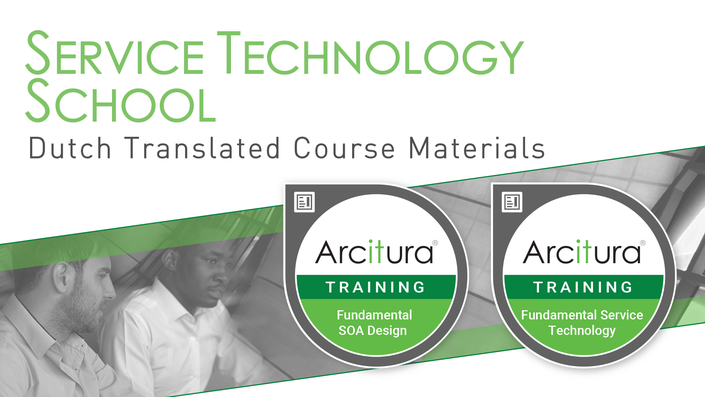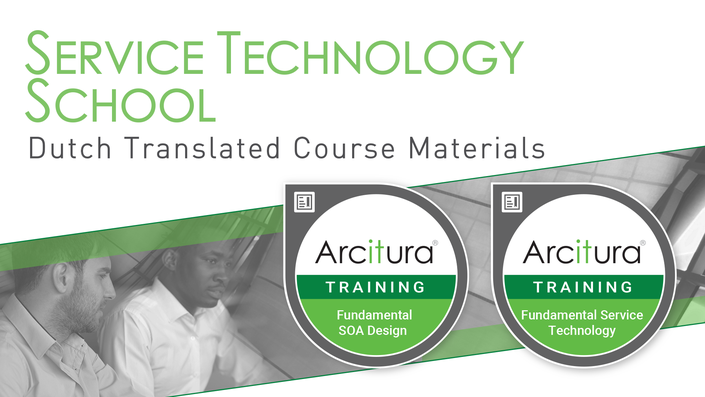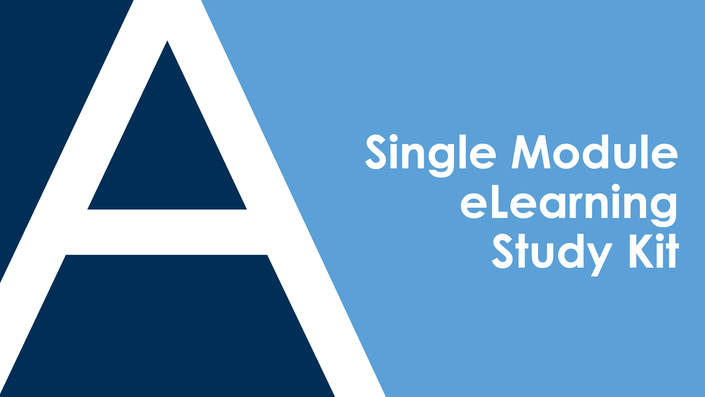The AI Chatbot Specialist Certification is a professional accreditation that can be attained by completing the AI Chatbot Specialist Certification exam with a passing grade. This exam encompasses topics covered in the AI Chatbot course.
582546
562882
582725
The Cloud Architect Certification is a professional accreditation that can be attained by completing the complete Cloud Architect Certification exam with a passing grade. This exam encompasses topics covered in the Cloud Computing and Cloud Architecture courses.
The Cloud Architect Certification is a professional accreditation that can be attained by completing the complete Cloud Architect Certification exam with a passing grade. This exam encompasses topics covered in the Cloud Computing and Cloud Architecture courses.
The Cloud Architect Certification is a professional accreditation that can be attained by completing the complete Cloud Architect Certification exam with a passing grade. This exam encompasses topics covered in the Cloud Computing and Cloud Architecture courses.
The Cloud Computing course is comprised of three modules that introduce the basic concepts, terminology and models associated with cloud computing, and then further explore cloud platforms, components and different types of common cloud-based resources. This course also includes topics related to the business side of cloud computing, including SLAs, cost calculations and metrics. This course covers fundamental topics and has no prerequisites.
The Data Science Professional Consulting course provides comprehensive coverage of contemporary Big Data analysis and analytics practices and advanced data science techniques and processes. This course can be used to prepare for the Data Science Consultant Certification exam.
The Data Science Professional Consulting course provides comprehensive coverage of contemporary Big Data analysis and analytics practices and advanced data science techniques and processes. This course can be used to prepare for the Data Science Consultant Certification exam.
The Data Science Professional Consulting course provides comprehensive coverage of contemporary Big Data analysis and analytics practices and advanced data science techniques and processes. This course can be used to prepare for the Data Science Consultant Certification exam.
The Predictive AI Engineering course covers numerous fundamental and advanced AI engineering topics specific to predictive AI systems, including a neural network design, model training approaches, data preprocessing and feature engineering, model evaluation, validation, scaling, optimization, data bias avoidance, and many more. This course can be used to prepare for the Predictive AI Engineer Certification exam.
The Predictive AI Engineering course covers numerous fundamental and advanced AI engineering topics specific to predictive AI systems, including a neural network design, model training approaches, data preprocessing and feature engineering, model evaluation, validation, scaling, optimization, data bias avoidance, and many more. This course can be used to prepare for the Predictive AI Engineer Certification exam.
Course Materials, Exam Voucher, Exam Prep Guide
A set of interactive practice questions for the AI Architect Certification exam.
647549
The AI Architecture & Design course covers fundamental and advanced AI systems and technology architecture topics, including design principles, distributed AI computing and scalability and reliability infrastructure, decision-making logic, performance optimization, security and enterprise architecture integration. This course can be used to prepare for the AI Architect Certification exam.
836502
562883
579894
581703
The AI Architecture & Design course covers fundamental and advanced AI systems and technology architecture topics, including design principles, distributed AI computing and scalability and reliability infrastructure, decision-making logic, performance optimization, security and enterprise architecture integration. This course can be used to prepare for the AI Architect Certification exam.
The AI Chatbot Concepts & Design course is comprised of three modules that provide coverage of AI and chatbot technology and how they can be used together to establish intelligent, AI-driven chatbot solutions.
The AI Decisioning Specialist Certification is a professional accreditation that can be attained by completing the Decisioning Specialist Certification exam with a passing grade. This exam encompasses topics covered in the AI Decisioning course and has no prerequisites.
The AI Engineering course covers a range of fundamental and advanced AI engineering topics, including a neural network design, data preprocessing and feature engineering, model evaluation, validation and scaling, as well as predictive and generative AI models, explainability techniques and transfer learning. This course can be used to prepare for the AI Engineer Certification exam.
The AI Governance & Ethics course establishes the foundations of AI governance with precepts, processes and roles that address the on-going governance of predictive and generative AI systems. The governance of training and production data is covered, along with controls and considerations associated with ethical practice, model explainability and regulatory compliance. This course further extends AI governance practices and considerations in cloud-based environments. This course can be used to prepare for the AI Governance & Ethics Specialist Certification exam.
562883
836502
884649
581703
A set of interactive practice questions for the AI Professional Certification exam.
647549
The AI Professional Consulting course provides essential coverage of the most important and relevant topics associated with predictive AI, generative AI, as well as fundamental AI engineering and architecture. Also includes business case development techniques for AI projects and change management and AI adoption strategies. This course can be used to prepare for the AI Consultant Certification exam.
562883
836502
581703
579894
A set of interactive practice questions for the AI Specialist Certification exam.
647549
The Agentic AI course dives into the world of agentic AI, starting with fundamental concepts and progressing to advanced strategies and applications. Core principles of intelligent agents are covered, including their architecture, perception, reasoning and action, along with essential knowledge representation and basic planning. Next, sophisticated agent types and architectures are explored, including multi-agent systems, advanced reasoning techniques like reinforcement learning, as well as real-world implementations across various industries. Key challenges are also explained, ranging from scalability and reliability to ethical concerns. This course can be used to prepare for the Agentic AI Specialist Certification exam.
836502
581703
562883
The Artificial Intelligence course is comprised of three modules that introduce AI concepts and common applications, and then provide essential coverage of AI practices, models and systems, as well as coverage of neural networks. This course encompasses fundamental and advanced topics and has no prerequisites.
The Artificial Intelligence Specialist Certification is a professional accreditation that can be attained by completing the Artificial Intelligence Specialist Certification exam with a passing grade. This exam encompasses topics covered in the Artificial Intelligence course and has no prerequisites.
The Big Data Analysis & Advanced Data Science course provides comprehensive coverage of contemporary Big Data analysis and analytics practices and advanced data science techniques and processes. This course can be used to prepare for the Big Data Scientist Certification exam.
582546
562883
884715
The Big Data Analysis & Advanced Data Science course provides comprehensive coverage of contemporary Big Data analysis and analytics practices and advanced data science techniques and processes. This course can be used to prepare for the Big Data Scientist Certification exam.
The Big Data Analytics & Fundamental Data Science course develops skills in Big Data analytics and analysis, as well as data science fundamentals. This course can be used to prepare for the Big Data Science Professional Certification exam.
562883
582546
884682
884715
The Big Data Architect Certification is a professional accreditation that can be attained by achieving the Big Data Science Professional Certification and completing the Big Data Architect Certification exam with a passing grade. This exam encompasses topics covered in the Big Data Architecture course.
A set of interactive practice questions for the Big Data Architect Certification exam.
647549
The Big Data Architecture course provides comprehensive coverage of design techniques, technology architecture models and patterns associated with building and integrating Big Data solutions within enterprise environments. This course can be used to prepare for the Big Data Architect Certification exam.
562883
884715
582546
579894
The Big Data Architecture course provides comprehensive coverage of design techniques, technology architecture models and patterns associated with building and integrating Big Data solutions within enterprise environments. This course can be used to prepare for the Big Data Architect Certification exam.
A set of interactive practice questions for the Big Data Consultant Certification exam.
647549
BD M1.2.3.4.7 + online exam vouchers ($247.50 five course modules + $445.50 exams)
The Big Data Engineer Certification is a professional accreditation that can be attained by achieving the Big Data Science Professional Certification and completing the Big Data Engineer Certification exam with a passing grade. This exam encompasses topics covered in the Big Data Engineering course.
A set of interactive practice questions for the Big Data Engineer Certification exam.
647549
The Big Data Engineering course covers essential practices for designing, configuring and utilizing Big Data solutions, including Big Data storage environments, pipelines and data processing. This course can be used to prepare for the Big Data Engineer Certification exam.
582546
562883
884715
The Big Data Engineering course covers essential practices for designing, configuring and utilizing Big Data solutions, including Big Data storage environments, pipelines and data processing. This course can be used to prepare for the Big Data Engineer Certification exam.
A set of interactive practice questions for the Big Data Professional Certification exam.
The Big Data Professional Consulting course provides comprehensive coverage of contemporary Big Data analysis and analytics practices and advanced data science techniques and processes. This course can be used to prepare for the Big Data Consultant Certification exam.
562883
582546
884715
The Big Data Professional Consulting course provides comprehensive coverage of contemporary Big Data analysis and analytics practices and advanced data science techniques and processes. This course can be used to prepare for the Big Data Consultant Certification exam.
The Big Data Science Professional Certification is a professional accreditation that can be attained by completing the Big Data Science Professional Certification exam with a passing grade. This exam encompasses topics covered in the Big Data Analytics and Fundamental Data Science course and has no prerequisites.
A set of interactive practice questions for the Big Data Science Professional Certification exam.
647549
The Big Data Scientist Certification is a professional accreditation that can be attained by achieving the Big Data Science Professional Certification and completing the Big Data Scientist Certification exam with a passing grade. This exam encompasses topics covered in the Big Data Analysis and Advanced Data Science course.
A set of interactive practice questions for the Big Data Scientist Certification exam.
647549
The Blockchain Architect Certification is a professional accreditation that can be attained by completing the Blockchain Architect Certification exam with a passing grade. This exam encompasses topics covered in the Blockchain Architecture course and has no prerequisites.
A set of interactive practice questions for the Blockchain Architect Certification exam.
647549
The Blockchain Architecture course develops skills in Blockchain functions, architectural models, technology and security. This course can be used to prepare for the Blockchain Architect Certification exam.
562883
579883
581708
884682
579894
The Cloud AI Architecture & Design course covers the technology architecture of cloud-based AI systems, including cloud automation and infrastructure relevant to AI processing, serverless architectural models for AI, AI system monitoring, logging and auditing, AI in multi-cloud and hybrid architectures, as well as AI-related cloud services and infrastructure models. This course can be used to prepare for the Cloud AI Architect Certification exam.
562883
836502
579888
579894
581703
The Cloud AI Technology & Automation course provides essential coverage of concepts and technologies for cloud-based AI systems, including infrastructure resources for reliability and scaling, AI data management, AI system deployment models, using containerization with AI systems, cloud AI serverless architecture, as well as integration of AI services with cloud-native applications. This course can be used to prepare for the Cloud AI Professional Certification exam.
The Cloud AI Technology & Automation course provides essential coverage of concepts and technologies for cloud-based AI systems, including infrastructure resources for reliability and scaling, AI data management, AI system deployment models, using containerization with AI systems, cloud AI serverless architecture, as well as integration of AI services with cloud-native applications. This course can be used to prepare for the Cloud AI Professional Certification exam.
562883
836502
884682
The Cloud Architect Certification is a professional accreditation that can be attained by completing the complete Cloud Architect Certification exam with a passing grade. This exam encompasses topics covered in the Cloud Computing and Cloud Architecture courses.
A set of interactive practice questions for the Cloud Architect Certification exam.
647549
The Cloud Architecture course provides comprehensive coverage of design techniques, technology architecture models, design patterns and mechanisms associated with building cloud-based environments and solutions. This course can be used to prepare for the Cloud Architect Certification exam.
579889
562883
579894
579888
The Cloud Computing Concepts & Technology course develops knowledge and skills in Cloud Computing concepts, industry technologies, mechanisms and cloud delivery and deployment models. Also covered are business metrics, SLAs and topics pertaining to cloud security. This course can be used to prepare for the Cloud Technology Professional Certification exam.
579889
562883
579888
884682
The Cloud Computing Consultant Certification is a professional accreditation that can be attained by achieving the Cloud Technology Professional Certification and completing the Cloud Computing Consultant Certification exam with a passing grade. This exam encompasses topics covered in the Cloud Computing Professional Consulting course.
A set of interactive practice questions for the Cloud Computing Consultant Certification exam.
Introduces concepts, terminology, technologies, benefits and challenges associated with Cloud Computing, as well as SLAs and business cost metrics for cloud-based environments. SaaS, PaaS and IaaS delivery models are explained, along with common cloud deployment models and cloud characteristics.
Introduces concepts, terminology, technologies, benefits and challenges associated with Cloud Computing, as well as SLAs and business cost metrics for cloud-based environments. SaaS, PaaS and IaaS delivery models are explained, along with common cloud deployment models and cloud characteristics.
Presents a series of exercises and problems that are designed to test your ability to apply your knowledge of topics covered in previous courses. The lab provides a series of real-world exercises for utilizing cloud mechanisms and technologies to assemble cloud- based solutions in order to fulfill business automation requirements.
Introduces concepts, terminology, technologies, benefits and challenges associated with Cloud Computing, as well as SLAs and business cost metrics for cloud-based environments. SaaS, PaaS and IaaS delivery models are explained, along with common cloud deployment models and cloud characteristics.
Advanced technology architecture topics are addressed, with a focus on complex cloud-based solution design, including the incorporation of hybrid cloud deployment models, compound design patterns, containerization and solution architectures that span cloud and on-premise environments.
Presents a series of exercises and problems that are designed to test your ability to apply your knowledge of topics covered in previous courses. The lab provides a series of real-world exercises for applying technology architecture models and design techniques.
Dives into the implementation technologies behind the cloud security mechanisms and further explores how cloud-based security technologies can be configured and combined to establish a cloud security architecture.
Complex security topics are covered with an emphasis on the application of cloud security mechanisms, models and technologies in order to establish sophisticated, custom security controls for preventative and reactionary responses to common threats and attacks.
Presents a series of exercises and problems that are designed to test your ability to apply your knowledge of topics covered in previous courses. The lab provides a series of real-world exercises for applying security techniques and mechanisms to complete a series of exercises that present real-world security problems.
Covers the essential building blocks required to establish a governance system for cloud environments. Topics include the definition of cloud governance precepts, roles, practices and processes, along with coverage of common governance challenges and pitfalls specific to cloud computing.
Advanced cloud governance topics are covered to focus on establishing regulatory controls and precepts for a range of cloud-based IT resources and solutions in relation to different cloud project delivery stages.
Presents a series of exercises and problems that are designed to test your ability to apply your knowledge of topics covered in previous courses. The lab provides a series of real-world exercises for applying cloud governance framework components, models, precepts and processes to complete a series of real-world exercises.
Explores cloud storage devices, structures and technologies from an implementation-specific perspective, including cloud storage mechanisms and devices, along with in-depth coverage of NoSQL and cloud storage services.
A number of advanced topics are covered, including persistent, redundant, cloud-attached and cloud-remote storage, as well as cloud storage gateways, cloud storage brokers, DAS, NAS, SAN, various cloud storage-related design patterns and information lifecycle management as it applies to cloud-hosted data.
Presents a series of exercises and problems that are designed to test your ability to apply your knowledge of topics covered in previous courses. The lab provides a series of real-world exercises for applying design practices and utilizing cloud storage devices and mechanisms to complete a series of exercises that pertain to solving cloud storage problems and creating cloud storage architectures.
Core topic areas pertaining to fundamental virtualization mechanisms and types used within contemporary cloud computing platforms are explored, along with various key performance indicators and related metrics.
A range of specialized and advanced design practices and architecture models are provided to explore virtualization-related reliability, performance and integration. Combinations of virtualization mechanisms are covered in different application scenarios.
Presents a series of exercises and problems that are designed to test your ability to apply your knowledge of topics covered in previous courses. The lab provides a series of real-world exercises for applying cloud virtualization technology architectures and mechanisms to complete a series of real-world exercises.
The Cloud Computing Professional Consulting course covers fundamental cloud technology architecture models and design practices, as well as essential cloud security threats, controls and counter-measures. This course can be used to prepare for the Cloud Computing Consultant Certification exam.
579889
562883
579888
The Cloud Governance course provides comprehensive coverage of precepts, processes and roles that pertain to the governance of cloud-based environments, resources and solutions and that further develop skills in establishing a custom cloud governance framework. This course can be used to prepare for the Cloud Governance Specialist Certification exam.
562883
579889
884649
579888
The Cloud Governance Specialist Certification is a professional accreditation that can be attained by completing the complete Cloud Governance Specialist Certification exam with a passing grade. This exam encompasses topics covered in the Cloud Computing and Cloud Governance courses.
A set of interactive practice questions for the Cloud Governance Specialist Certification exam.
647549
A set of interactive practice questions for the Cloud Technology Professional Certification exam.
647549
The Cloud Security course provides comprehensive coverage of security controls, mechanisms and architecture models, as well as techniques and practices for responding to security threats. This course can be used to prepare for the Cloud Security Specialist Certification exam.
579889
562883
579888
581708
The Cloud Security Specialist Certification is a professional accreditation that can be attained by achieving the Cloud Technology Professional Certification and completing the Cloud Security Specialist Certification exam with a passing grade. This exam encompasses topics covered in the Cloud Security course.
A set of interactive practice questions for the Cloud Security Specialist Certification exam.
647549
The Cloud Storage course covers cloud storage devices and mechanisms, as well as cloud storage architectures and solutions. This course can be used to prepare for the Cloud Storage Specialist Certification exam.
562883
579889
579888
The Cloud Storage Specialist Certification is a professional accreditation that can be attained by achieving the Cloud Technology Professional Certification and completing the Cloud Storage Specialist Certification exam with a passing grade. This exam encompasses topics covered in the Cloud Storage course.
A set of interactive practice questions for the Cloud Storage Specialist Certification exam.
647549
The Cloud Technology Professional Certification is a professional accreditation that can be attained by completing the Cloud Technology Professional Certification exam with a passing grade. This exam encompasses topics covered in the Cloud Computing course and has no prerequisites.
A set of interactive practice questions for the Cloud Technology Professional Certification exam.
647549
The Cloud Virtualization course covers industry virtualization technology models and mechanisms for building cloud-based virtualization environments and solutions. This course can be used to prepare for the Cloud Virtualization Specialist Certification exam.
562883
579889
579888
The Cloud Virtualization Specialist Certification is a professional accreditation that can be attained by achieving the Cloud Technology Professional Certification and completing the Cloud Virtualization Specialist Certification exam with a passing grade. This exam encompasses topics covered in the Cloud Virtualization course.
A set of interactive practice questions for the Cloud Virtualization Specialist Certification exam.
647549
The Containerization Architect Certification is a professional accreditation that can be attained by completing the Containerization Architect Certification exam with a passing grade. This exam encompasses topics covered in the Containerization Architecture course and has no prerequisites.
A set of interactive practice questions for the Containerization Architect Certification Exam.
647549
The Containerization Architecture course develops skills in containerization technology and architecture, along with proficiency in assessing, designing and securing highly available container-hosted services and solutions. This course can be used to prepare for the Containerization Architect Certification exam.
562883
579883
884682
579894
The Cybersecurity course develops an understanding of common cyber security threats and vulnerabilities and further develop skills in the technologies and practices used to prevent and counter cyber-attacks. This course can be used to prepare for the Cybersecurity Specialist Certification exam.
562883
579883
884682
581708
The Cybersecurity Specialist Certification is a professional accreditation that can be attained by completing the Cybersecurity Specialist Certification exam with a passing grade. This exam encompasses topics covered in the Cybersecurity course and has no prerequisites.
A set of interactive practice questions for the Cybersecurity Specialist Certification exam.
647549
The Data Science Consultant Certification is a professional accreditation that can be attained by achieving the Big Data Science Professional Certification and completing the Data Science Consultant Certification exam with a passing grade. This exam encompasses topics covered in the Data Science Professional Consulting course.
A set of interactive practice questions for the Data Science Consultant Certification exam.
647549
The Data Science Governance course develops knowledge and skills of Data Science Governance precepts, processes and roles that pertain to machine learning, artificial intelligence (AI) and big data solutions and processing environments. This course can be used to prepare for the Data Science Governance Specialist Certification exam.
562883
582546
884715
884649
The Data Science Governance Specialist Certification is a professional accreditation that can be attained by completing the Data Science Governance Specialist Certification exam with a passing grade. This exam encompasses topics covered in the Data Science Governance course and has no prerequisites
This foundational module establishes a basic understanding of fundamental data science, and explains Big Data from business and technology perspectives, including common concepts, models, benefits, challenges and adoption issues.
Explores contemporary data analysis practices, technologies and tools for Big Data environments at a conceptual level, focusing on common analysis approaches, functions and features of Big Data solutions. Also covered is the Big Data Analysis Lifecycle.
Presents a series of exercises and problems that are designed to test your ability to apply your knowledge of topics covered in previous courses. The lab provides a series of real-world exercises for assessing and establishing Big Data environments, and for solving problems using common Big Data analysis techniques.
Provides comprehensive coverage of Big Data analysis algorithms, analytics, data mining and statistical techniques, as well as exploratory data analysis, confirmatory data analysis, visualization and predictions.
Covers the application of a range of essential and advanced analysis techniques, including modeling and model evaluation, data reduction, classification, pattern identification, time series analysis, text analytics and outlier detection.
Provides a series of exercises and problems designed to test your ability to apply your knowledge of topics covered in previous course modules. Completing this lab will help highlight areas that require further attention and will further help prove proficiency in Big Data analysis and analytics techniques to fulfill business requirements and solve complex problems.
Provides an easy-to-understand overview of Machine Learning for anyone interested in how it works, what it can and cannot do and how it is commonly utilized in support of business goals. The course covers common algorithm types and further explains how Machine Learning systems work behind the scenes. The base course materials are accompanied with an informational supplement covering a range of common algorithms and practices.
Delves into the many algorithms, methods and models of contemporary Machine Learning practices to explore how a range of different business problems can be solved by utilizing and combining proven Machine Learning techniques.
Provides a series of exercises and problems designed to test your ability to apply your knowledge of topics covered in previous course modules. Completing this lab will help highlight areas that require further attention and will further prove proficiency in Machine Learning systems and techniques, as they are applied and combined to solve real-world problems.
Essential coverage of Artificial Intelligence and neural networks in easy-to-understand, plain English. The course provides concrete coverage of the primary parts of AI, including learning approaches, functional areas that AI systems are used for and a thorough introduction to neural networks, how they exist, how they work and how they can be used to process information. The course further establishes a step-by-step process for assembling an AI system.
Covers a series of practices for preparing and working with data for training and running contemporary AI systems and neural networks. It further provides techniques for designing and optimizing neural networks, including approaches for measuring and tuning neural network model performance.
Provides a series of exercises and problems designed to test your ability to apply your knowledge of topics covered in previous course modules. Completing this lab will help highlight areas that require further attention and will further prove proficiency in AI systems and neural network architectures, as they are applied and combined to solve real-world problems.
Explores on the usage and application of the Hadoop and MapReduce frameworks, as well as a range of Big Data engineering techniques and technologies. Coverage includes Big Data storage models, NoSQL and NewSQL, as well as Big Data processing engines.
Delves into advanced engineering topics pertaining primarily to the storage and processing of Big Data datasets. The module covers advanced Big Data engineering mechanisms, in-memory data storage and realtime data processing, as well as MapReduce algorithms, bulk synchronous parallel processing and graph data processing.
Provides a series of exercises and problems designed to test your ability to apply your knowledge of topics covered in previous course modules. Completing this lab will help highlight areas that require further attention and will further help prove proficiency in designing Big Data algorithms processing and data storage environments.
Provides coverage of the Hadoop stack, data pipelines and Big Data technology architecture layers, mechanisms and components, as well as associated design patterns for building and integrating Big Data solutions.
Provides a drill-down of Big Data solution environments, architectural models and layers, and additional advanced design patterns. Also covered are cloud-based implementations and enterprise integration considerations, as well as topics pertaining to storage, processing and security.
Provides a series of exercises and problems designed to test your ability to apply your knowledge of topics covered in previous course modules. Completing this lab will help highlight areas that require further attention and will further help prove proficiency in building and integration Big Data solutions within IT enterprises and cloud-based environments.
A Certified Data Science Consultant has knowledge of a cross-section of contemporary data science-related fields of practice, including big data analytics, machine learning and artificial intelligence so as to provide guidance and advisory services. Achieve this certification by attaining the Big Data Science Professional Certification and getting a passing grade on the Data Science Consultant Certification exam, and prepare for this exam by completing the Data Science Professional Consulting course.
The Data Science Professional Consulting course provides comprehensive coverage of contemporary Big Data analysis and analytics practices and advanced data science techniques and processes. This course can be used to prepare for the Data Science Consultant Certification exam.
884715
582546
562883
The Data Science Professional Consulting course provides comprehensive coverage of contemporary Big Data analysis and analytics practices and advanced data science techniques and processes. This course can be used to prepare for the Data Science Consultant Certification exam.
The DevOps course develops skills in DevOps practices, processes, metrics and models. This course can be used to prepare for the DevOps Specialist Certification exam.
562883
579883
884649
The DevOps Specialist Certification is a professional accreditation that can be attained by completing the DevOps Specialist Certification Exam with a passing grade. This exam encompasses topics covered in the DevOps course and has no prerequisites.
A set of interactive practice questions for the DevOps Specialist Certification exam.
647549
The Digital Business Technology course provides easy-to-understand, fundamental coverage of a broad range of contemporary IT technologies and associated IT practices. Coverage is intentionally non-technical and limited to explaining the strategic purpose and significance of each technology as it may relate to an organization’s business operations. Topics include Digital Transformation Solutions, Artificial Intelligence (AI), Robotic Process Automation (RPA), Cloud Computing, Blockchain, Internet of Things (IoT), Machine Learning, Big Data and Cybersecurity. This course can be used to prepare for the Digital Business Technology Professional Certification exam.
579883
562883
884682
581698
The Digital Business Technology Professional Certification is a professional accreditation that can be attained by completing the Digital Business Technology Professional Certification Exam with a passing grade. This exam encompasses topics covered in the Digital Business Technology course and has no prerequisites
A set of interactive practice questions for the Digital Business Technology Professional Certification exam.
647549
The Digital Transformation course provides a clear understanding of Digital Transformation from both business and technical perspectives and further develop fundamental skills in Digital Transformation practices and technologies. This course can be used to prepare for the Digital Transformation Specialist Certification exam.
562883
581699
884682
581698
The Digital Transformation Data Science Professional Certification is a professional accreditation that can be attained by achieving the Digital Transformation Specialist Certification and completing the Digital Transformation Data Science Professional Certification exam with a passing grade. This exam encompasses topics covered in the Digital Transformation: Fundamental Data Science course.
A set of interactive practice questions for the Digital Transformation Data Science Professional Certification exam.
647549
The Digital Transformation Data Scientist Certification is a professional accreditation that can be attained by achieving the Digital Transformation Data Science Professional Certification and completing the Digital Transformation Data Scientist exam with a passing grade. This exam encompasses topics covered in the Digital Transformation: Advanced Data Science course.
A set of interactive practice questions for the Digital Transformation Data Scientist Certification exam.
647549
The Digital Transformation Intelligent Automation Professional Certification is a professional accreditation that can be attained by achieving the Digital Transformation Specialist Certification and completing the Digital Transformation Intelligent Automation Professional Certification exam with a passing grade. This exam encompasses topics covered in the Digital Transformation: Fundamental Intelligent Automation course.
The Digital Transformation Intelligent Automation Specialist Certification is a professional accreditation that can be attained by achieving the Digital Transformation Intelligent Automation Professional Certification and completing the Digital Transformation Intelligent Automation Specialist Certification exam with a passing grade. This exam encompasses topics covered in the Digital Transformation: Advanced Intelligent Automation course.
Introduces Digital Transformation and provides detailed coverage of associated practices, models and technologies, along with coverage of Digital Transformation benefits, challenges and business and technology drivers. Also explained are common Digital Transformation domains, digital capabilities and adoption considerations.
Delves into the application of Digital Transformation by exploring a series of contemporary technologies associated with carrying out Digital Transformation projects and further demonstrating how the adoption of Digital Transformation practices and technologies can lead to business process improvements and optimization.
Provides end-to-end coverage of fundamental Cloud Computing topics relevant to Digital Transformation, including an exploration of technology-related topics that pertain to contemporary Cloud Computing platforms.
Provides a clear, end-to-end understanding of how Blockchain works. It breaks down Blockchain technology and architecture in easy-to-understand concepts, terms and building blocks. Industry drivers and impacts of Blockchain are explained, followed by plain English descriptions of each primary part of a Blockchain system and step-by-step descriptions of how these parts work together.
Covers the essentials of the field of Internet of Things (IoT) from both business and technical aspects. Fundamental IoT use cases, concepts, models and technologies are covered in plain English, along with introductory coverage of IoT architecture and IoT messaging with REST, HTTP and CoAp.
Provides a technical drill-down into the inner workings and mechanics of foundational Cloud Computing platforms. Private and public cloud environments are dissected into concrete, componentized building blocks that individually represent platform feature-sets, functions and/or artifacts, and are collectively applied to establish distinct technology architecture layers. Building upon these foundations, SaaS, PaaS and IaaS environments are further explored.
Delves into Blockchain technology architecture and the inner workings of blockchains by exploring a series of key design patterns, techniques and related architectural models, along with common technology mechanisms used to customize and optimize Blockchain application designs in support of fulfilling business requirements.
Provides a drill-down into key areas of IoT technology architecture and enabling technologies by breaking down IoT environments into individual building blocks via design patterns and associated implementation mechanisms. Layered architectural models are covered, along with design techniques and feature-sets covering the processing of telemetry data, positioning of control logic, performance optimization, as well as addressing scalability and reliability concerns.
Provides an overview of essential Big Data science topics and explores a range of the most relevant contemporary analysis practices, technologies and tools for Big Data environments. Topics include common analysis functions and features offered by Big Data solutions, as well as an exploration of the Big Data analysis lifecycle.
Provides an easy-to-understand overview of Machine Learning for anyone interested in how it works, what it can and cannot do and how it is commonly utilized in support of business goals. The course module covers common algorithm types and further explains how Machine Learning systems work behind the scenes. The base course materials are accompanied with an informational supplement covering a range of common algorithms and practices.
Provides essential coverage of Artificial Intelligence and neural networks in easy-to-understand, plain English. The course module provides concrete coverage of the primary parts of AI, including learning approaches, functional areas that AI systems are used for and a thorough introduction to neural networks, how they exist, how they work and how they can be used to process information. The module further establishes a step-by-step process for assembling an AI system.
Provides an in-depth overview of essential and advanced topic areas pertaining to data science and analysis techniques relevant and unique to Big Data with an emphasis on how analysis and analytics need to be carried out individually and collectively in support of the distinct characteristics, requirements and challenges associated with Big Data datasets.
Delves into the many algorithms, methods and models of contemporary Machine Learning practices to explore how a range of different business problems can be solved by utilizing and combining proven Machine Learning techniques.
Covers a series of practices for preparing and working with data for training and running contemporary AI systems and neural networks. It further provides techniques for designing and optimizing neural networks, including approaches for measuring and tuning neural network model performance.
Covers essential topics for understanding and applying cybersecurity solutions and practices. The course begins by covering basic aspects of cybersecurity and then explains foundational parts of cybersecurity environments, such as frameworks, metrics and the relationship between cybersecurity and data science technology.
Delves into the building blocks of cybersecurity solution environments and further explores the range of cyber threats that cybersecurity solutions can be designed to protect organizations from. The module begins by establishing a set of cybersecurity technology mechanisms that represent the common components that comprise cybersecurity solutions. The course module then explores a series of formal processes and procedures used to establish sound practices that utilize the mechanisms. The module concludes with comprehensive coverage of common cyber threats and attacks and further explains how each can be mitigated using the previously described mechanisms and processes.
Establishes the components and models that comprise contemporary robotic process automation (RPA) environments. Different types of RPA bots are explained, along with different RPA architectures and bot utilization models. This course module further provides detailed scenarios that demonstrate different deployments of RPA bots and other components in relation to different business automation requirements.
Explores the relationship between artificial intelligence (AI) and RPA and describes how these technologies can be combined to establish intelligence automation (IA) environments. The module covers different types of autonomous decision-making and further extends the usage scenarios from Module 17 by incorporating AI systems as part of intelligent automation solutions.
The Digital Transformation Security Professional Certification is a professional accreditation that can be attained by achieving the Digital Transformation Specialist Certification and completing the Digital Transformation Security Professional Certification exam with a passing grade. This exam encompasses topics covered in the Digital Transformation: Fundamental Security course.
A set of interactive practice questions for the Digital Transformation Security Professional Certification exam.
647549
The Digital Transformation Security Specialist Certification is a professional accreditation that can be attained by achieving the Digital Transformation Security Professional Certification and completing the Digital Transformation Security Specialist Certification exam with a passing grade. This exam encompasses topics covered in the Digital Transformation: Advanced Security course.
A set of interactive practice questions for the Digital Transformation Security Specialist Certification exam
647549
The Digital Transformation Specialist Certification is a professional accreditation that can be attained by completing the Digital Transformation Specialist Certification Exam with a passing grade. This exam encompasses topics covered in the Digital Transformation course and has no prerequisites.
A set of interactive practice questions for the Digital Transformation Specialist Certification exam.
647549
A Certified Digital Transformation Technology Architect has detailed knowledge of the technology architectures behind the core technologies essential to digital solutions and digital enterprises.
A set of interactive practice questions for the Digital Transformation Technology Architect Certification exam.
647549
The Digital Transformation Technology Professional Certification is a professional accreditation that can be attained by achieving the Digital Transformation Specialist Certification and completing the Digital Transformation Technology Professional Certification exam with a passing grade. This exam encompasses topics covered in the Digital Transformation: Fundamental Technology course.
A set of interactive practice questions for the Digital Transformation Technology Professional Certification exam.
647549
The Digital Transformation: Advanced Data Science course delves into the practical application of contemporary data science techniques and algorithms. This course can be used to prepare for the Digital Transformation Data Scientist Certification exam.
581699
562883
884715
581698
The Digital Transformation: Advanced Intelligent Automation course covers advanced AI and RPA topics to explore the creation of integrated intelligent automation environments. This course can be used to prepare for the Digital Transformation IA Specialist Certification exam.
581699
562883
581698
581703
The Digital Transformation: Advanced Security course covers advanced Cybersecurity and Blockchain topics essential to building contemporary Digital Transformation solutions. This course can be used to prepare for the Digital Transformation Security Specialist Certification exam.
562883
581699
581698
581708
The Digital Transformation: Advanced Technology & Architecture course drills-down into the technology architecture and inner workings of primary Digital Transformation technologies and develop skills associated with their application. This course can be used to prepare for the Digital Transformation Technology Architect Certification exam.
581699
562883
579894
581698
The Digital Transformation: Fundamental Data Science course provides comprehensive coverage of contemporary data science and analysis practices and technology essential to Digital Transformation. This course can be used to prepare for the Digital Transformation Data Science Professional Certification exam.
562883
581699
581698
The Digital Transformation: Fundamental Intelligent Automation course provides fundamental coverage of artificial intelligent (AI) and robotic process automation (RPA) concepts, technologies and practices associated with intelligent automation (IA). This course can be used to prepare for the Digital Transformation IA Professional Certification exam.
581699
562883
581698
The Digital Transformation: Fundamental Security course provides in-depth coverage of security concepts, technologies and practices essential to Digital Transformation. This course can be used to prepare for the Digital Transformation Security Professional Certification exam.
581699
562883
581698
The Digital Transformation: Fundamental Technology course provides essential coverage of primary Digital Transformation technologies and develop skills associated with their application. This course can be used to prepare for the Digital Transformation Technology Professional Certification exam.
581699
562883
579894
581698
watermarked workbook and poster PDF files.
The Essential AI course provides coverage of predictive AI and generative AI concepts, benefits, challenges and risks. Suitable for IT and business professionals that would like to receive a fundamental understanding of how contemporary AI works and how it can be applied in the real world. This course can be used to prepare for the AI Professional Certification exam.
836502
562883
581703
The Essential Big Data & Data Science course provides comprehensive coverage of data science and big data fundamentals, as well as introductory coverage of big data analytics. This course can be used to prepare for the Big Data Professional Certification exam.
562883
582546
884682
884715
The Essential Big Data & Data Science course provides comprehensive coverage of data science and big data fundamentals, as well as introductory coverage of big data analytics. This course can be used to prepare for the Big Data Professional Certification exam.
The Essential Cloud Computing course provides introductory coverage of Cloud Computing concepts, models and common cloud environments, from business and technology perspectives. This course can be used to prepare for the Cloud Professional Certification exam.
579889
562883
579888
884682
The Essential Cloud Computing course provides introductory coverage of Cloud Computing concepts, models and common cloud environments, from business and technology perspectives. This course can be used to prepare for the Cloud Professional Certification exam.
The Fundamental Microservices & Service Technology course provides an understanding of the concepts, models and industry technologies relevant to contemporary microservices and other API-driven service technology implementations. This course can be used to prepare for the Microservice Professional Certification exam.
562883
579892
884682
The Fundamental SOA Design with Services & Microservices course establishes an essential understanding of the technologies and concepts associated with designing and composing API-driven services and microservices, as well as models and characteristics of service-oriented architecture. This course can be used to prepare for the SOA Professional Certification exam.
562883
579892
884682
884819
The Generative AI course provides essential coverage of generative AI concepts, models, best practices, and neural networks, including Generative Adversarial Networks (GANs), Variational Encoders (VAEs) and Transformer models. The course is focused on exploring the application of generative AI within a range of business scenarios. This course can be used to prepare for the Generative AI Specialist Certification exam.
562883
836502
581703
884682
The Generative AI Engineering course covers a wide range fundamental and advanced AI engineering topics specific to the unique requirements of generative AI systems and on-demand content creation. Topics include generative neural network design, model training approaches, creative content manipulation, model evaluation, validation, scaling, optimization, data bias and concept drift avoidance, and many more. This course can be used to prepare for the Generative AI Engineer Certification exam.
836502
562883
A set of interactive practice questions for the Generative AI Specialist Certification exam.
647549
The IoT Architect Certification is a professional accreditation that can be attained by completing the IoT Architect Certification Exam with a passing grade. This exam encompasses topics covered in the IoT Architecture course and has no prerequisites.
A set of interactive practice questions for the IoT Architect Certification exam.
647549
The IoT Architecture course develops skills in Internet of Things (IoT) technology and architecture, along with proficiency in radio protocols, telemetry messaging and IoT architecture layers. This course can be used to prepare for the IoT Architect Certification exam.
562883
579883
884682
579894
The Machine Learning course develops skills in Machine Learning practices, models and algorithms, as well as Machine Learning systems that can perform a range of data analysis processing tasks. This course can be used to prepare for the Machine Learning Specialist Certification exam.
562883
582546
884715
884682
The Machine Learning Specialist Certification is a professional accreditation that can be attained by completing the Machine Learning Specialist Certification Exam with a passing grade. This exam encompasses topics covered in the Machine Learning course and has no prerequisites.
A set of interactive practice questions for the Machine Learning Specialist Certification exam.
647549
The Microservice Architect Certification is a professional accreditation that can be attained by completing the complete Microservice Architect Certification exam with a passing grade. This exam encompasses topics covered in the Fundamental Microservices and Service Technology and Microservice Design and Architecture courses.
A set of interactive practice questions for the Microservice Architect Certification exam.
647549
The Microservice Consultant Certification is a professional accreditation that can be attained by achieving the Microservice Professional Certification and completing the Microservice Consultant Certification exam with a passing grade. This exam encompasses topics covered in the Microservice Professional Consulting course.
A set of interactive practice questions for the Microservice Consultant Certification exam.
647549
The Microservice Design & Architecture course provides comprehensive coverage of microservice technology architecture models and design practices, as well as associated containerization technology components and design approaches. This course can be used to prepare for the Microservice Architect Certification exam.
562883
579892
579894
884819
The Microservice Professional Certification is a professional accreditation that can be attained by completing the Microservice Professional Certification Exam with a passing grade. This exam encompasses topics covered in the Fundamental Microservices and Service Technology course and has no prerequisites.
A set of interactive practice questions for the Microservice Professional Certification exam.
647549
The Microservice Professional Consulting course is comprised of three modules that provide a cross-section of topic coverage relevant to planning, building and utilizing Microservices. Topics include microservice application architecture, containerization, service API design and management, and security technology and practices. This course covers fundamental topics and the completion of the Fundamental Microservices and Service Technology course is a prerequisite.
The Microservice Professional Consulting course provides a cross-section of topic coverage that includes microservice application architecture, containerization, service API design and management, and security technology and practices relevant to microservices. This course can be used to prepare for the Microservice Consultant Certification exam.
562883
579892
884819
Course materials, Exam vouchers invoie #241463869
The NLP Engineering course provides in-depth coverage of natural language processing, NLP linguistics, text preprocessing and normalization and semantic analysis techniques, as well as Transformer models, sentiment analysis and emotion detection, dialogue systems and machine translation and transliteration. This course can be used to prepare for the NLP Engineer Certification exam.
Provides introductory, non-technical coverage of Cloud Computing, Robotic Process Automation (RPA) and the Internet of Things (IoT) with an emphasis on the drivers, benefits, goals, risks and challenges of these technologies.
Provides a clear, end-to-end understanding of how Blockchain works. It breaks down Blockchain technology and architecture in easy-to-understand concepts, terms and building blocks. Industry drivers and impacts of Blockchain are explained, followed by plain English descriptions of each primary part of a Blockchain system and step-by-step descriptions of how these parts work together.
Provides comprehensive coverage of Containerization models, technologies, mechanisms and environments. How the utilization of containers impacts both the technology and business of an organization is covered, along with many technical features, characteristics and deployment environments.
Covers essential topics for understanding and applying cybersecurity solutions and practices. The module begins by covering basic aspects of cybersecurity and then explains foundational parts of cybersecurity environments, such as frameworks, metrics and the relationship between cybersecurity and data science technology.
A comprehensive overview of DevOps practices, models and techniques, along with coverage of DevOps benefits, challenges and business and technology drivers. Also explained is how DevOps compares to traditional solution development and release approaches and how the application of DevOps can be monitored and measured for concrete business value.
Covers the essentials of the field of Internet of Things (IoT) from both business and technical aspects. Fundamental IoT use cases, concepts, models and technologies are covered in plain English, along with introductory coverage of IoT architecture and IoT messaging with REST, HTTP and CoAp.
Covers basic concepts, terminology and models associated with quantum computing, as well as the common benefits, challenges and drivers of utilizing quantum computing in the real world. Topics include quantum physics, quantum states and information theory, as well as qubits, quantum gates, quantum storage and data paths.
Establishes the components and models that comprise contemporary robotic process automation (RPA) environments. Different types of RPA bots are explained, along with different RPA architectures and bot utilization models. This course module further provides detailed scenarios that demonstrate different deployments of RPA bots and other components in relation to different business automation requirements.
Delves into the building blocks of cybersecurity solution environments and further explores the range of cyber threats that cybersecurity solutions can be designed to protect organizations from. The module begins by establishing a set of cybersecurity technology mechanisms that represent the common components that comprise cybersecurity solutions. The course module then explores a series of formal processes and procedures used to establish sound practices that utilize the mechanisms. The module concludes with comprehensive coverage of common cyber threats and attacks and further explains how each can be mitigated using the previously described mechanisms and processes.
Delves into additional quantum computing practices and infrastructure to establish insight into how quantum computing technology and practices can be applied in the real world and integrated with business automation solutions. Topics data teleportation, quantum error correction, linear ion trap, high Q optical cavity, nuclear magnetic resonance, quantum memory refresh units and parallelism.
Explores the relationship between artificial intelligence (AI) and RPA and describes how these technologies can be combined to establish intelligence automation (IA) environments. The course module covers different types of autonomous decision-making and further extends the usage scenarios from Module 01 by incorporating Artificial Intelligence (AI) systems as part of intelligent automation solutions.
Delves into Blockchain technology architecture and the inner workings of blockchains by exploring a series of key design patterns, techniques and related architectural models, along with common technology mechanisms used to customize and optimize Blockchain application designs in support of fulfilling business requirements.
Provides a deep-dive into Containerization architectures, hosting models, deployment models and utilization by services and applications. Numerous advanced topics are covered, including high performance requirements, clustering, security and lifecycle management.
Provides introductory, non-technical coverage of Big Data, Machine Learning and Artificial Intelligence (AI) with an emphasis on the drivers, benefits, goals, risks and challenges of these technologies.
A course that delves into the application of DevOps practices and models by exploring how the DevOps lifecycle and its associated stages can be carried out and further identifying related challenges and considerations. In-depth coverage is provided for the application of Continuous Integration (CI) and Continuous Delivery (CD) approaches, along with an exploration of creating deployment pipelines and managing data flow, solution versions and tracking solution dependencies.
Provides a drill-down into key areas of IoT technology architecture and enabling technologies by breaking down IoT environments into individual building blocks via design patterns and associated implementation mechanisms. Layered architectural models are covered, along with design techniques and feature-sets covering the processing of telemetry data, positioning of control logic, performance optimization, as well as addressing scalability and reliability concerns.
Presents a series of exercises and problems that are designed to test your ability to apply your knowledge of topics covered in previous courses. Completing this lab will help highlight areas that require further attention and will further prove hands-on proficiency in Blockchain technologies, mechanisms and security controls as they are applied and combined to solve real-world problems.
Presents a series of exercises and problems that are designed to test your ability to apply your knowledge of topics covered in previous courses. Completing this lab will help highlight areas that require further attention and will help prove hands-on proficiency in Containerization concepts, technologies, architecture models and pattern application, as they are utilized and combined to solve real-world problems.
Presents a series of exercises and problems that are designed to test your ability to apply your knowledge of topics covered in previous courses. Completing this lab will help highlight areas that require further attention and will help prove proficiency in Cybersecurity technologies and practices, as they are utilized and combined to solve real-world problems.
A lab during which you are asked to apply the concepts, processes, techniques and metrics previously covered in order to complete a set of exercises. Specifically, you are required to study case study backgrounds and carry out a series of exercises to establish DevOps processes and carry out DevOps stages and related techniques to address requirements and solve problems.
Provides introductory, non-technical coverage of Digital Transformation, Blockchain and Cybersecurity with an emphasis on the drivers, benefits, goals, risks and challenges of these technologies.
Presents a series of exercises and problems that are designed to test your ability to apply your knowledge of topics covered in previous courses. Completing this lab will help highlight areas that require further attention and will help prove hands-on proficiency in IoT concepts, technologies, architecture models and devices, as they are applied and combined to solve real-world problems.
Provides a series of real-world exercises for applying and combining technologies and models associated with assembling quantum computing solutions for common usage scenarios.
Presents a series of exercises and problems that are designed to test your ability to apply your knowledge of topics covered in previous courses. Completing this lab will help highlight areas that require further attention and will further prove proficiency in RPA models and practices as they are applied and combined to common usage scenarios.
The Predictive AI course provides essential coverage of predictive AI concepts, models and best practices. Common AI analysis and analytics practices are explored within a range of business scenarios, and in-depth coverage of predictive AI model training, learning and data filtering and processing techniques is provided. This course can be used to prepare for the Predictive AI Specialist Certification exam.
836502
562883
581703
884682
The Predictive AI Engineering course covers numerous fundamental and advanced AI engineering topics specific to predictive AI systems, including a neural network design, model training approaches, data preprocessing and feature engineering, model evaluation, validation, scaling, optimization, data bias avoidance, and many more. This course can be used to prepare for the Predictive AI Engineer Certification exam.
836502
562883
A set of interactive practice questions for the Predictive AI Specialist Certification exam.
647549
The Quantum Computing course provides comprehensive coverage the concepts, technology models and infrastructure components that comprise contemporary quantum computing solutions, as well as guidance for how to utilize these solutions in IT enterprise environments. This course can be used to prepare for the Quantum Computing Specialist Certification exam.
579883
562883
884682
The Quantum Computing Specialist Certification is a professional accreditation that can be attained by completing the Quantum Computing Specialist Certification exam with a passing grade. This exam encompasses topics in the Quantum Computing course.
A set of interactive practice questions for the Quantum Computing Specialist Certification exam.
647549
The RPA Specialist Certification is a professional accreditation that can be attained by completing the RPA Specialist Certification exam with a passing grade. This exam encompasses topics covered in the Robotic Process Automation course and has no prerequisites.
The Robotic Process Automation (RPA) course develops skills in RPA technologies, practices and business process automation models. This course can be used to prepare for the RPA Specialist Certification exam.
562883
579883
884682
The SOA Analysis & Modeling with Services & Microservices course provides in-depth coverage of service and API modeling for microservices and other types of services, include the modeling of complex service compositions and service inventory blueprints. This course can be used to prepare for the SOA Analyst Certification exam.
562883
579892
884819
The SOA Analyst Certification is a professional accreditation that can be attained by completing the complete SOA Analyst Certification exam with a passing grade. This exam encompasses topics covered in the Fundamental SOA Design with Services and Microservices and SOA Analysis and Modeling with Services and Microservices courses.
A set of interactive practice questions for the SOA Analyst Certification exam.
647549
Microservice Professional + SOA Architect course materials (Modules 1,2,3,7,8) + Exam Prep Guides + One Complete SOA Architect Certification Exam (online proctoring)
The SOA Architect Certification is a professional accreditation that can be attained by completing the complete SOA Architect Certification exam with a passing grade. This exam encompasses topics covered in the Fundamental SOA Design with Services and Microservices and Microservice Design and SOA Design and Architecture with Services and Microservices courses.
A set of interactive practice questions for the SOA Architect Certification exam.
647549
Study kit Course materials + Pearson VUE Exam voucher for online proctoring
The SOA Design & Architecture with Services & Microservices course provides in-depth coverage of service-oriented technology and application architecture models, design patterns and integration techniques. This course can be used to prepare for the SOA Architect Certification exam.
562883
579892
579894
884819
The SOA Professional Certification is a professional accreditation that can be attained by completing the SOA Professional Certification Exam with a passing grade. This exam encompasses topics covered in the Fundamental SOA Design with Services and Microservices course and has no prerequisites.
A set of interactive practice questions for the SOA Professional Certification exam.
647549
The Security for Microservices & SOA course provides in-depth coverage of industry technologies, practices and controls used to secure microservice-based applications and other types of service-oriented solutions and counter common security threats. This course can be used to prepare for the Service Security Specialist Certification exam.
562883
579892
884819
The Service API Design & Management course provides comprehensive coverage of API design techniques, coupling and granularity considerations, and API management practices including API versioning. Also covered are serialization protocols, as well as topics pertaining to REST and RPC protocols. This course can be used to prepare for the Service API Specialist Certification exam.
579892
562883
884682
581708
884819
The Service API Specialist Certification is a professional accreditation that can be attained by completing the complete Service API Specialist Certification exam with a passing grade. This exam encompasses topics covered in the Fundamental Microservices and Service Technology and Service API Design and Management courses.
A set of interactive practice questions for the Service API Specialist Certification exam.
647549
The Service Governance & Project Delivery course provides end-to-end coverage of service technology project delivery stages and SOA governance phases, along with numerous associated precepts, processes and roles. This course can be used to prepare for the Service Governance Specialist Certification exam.
562883
579892
884649
884819
The Service Governance Specialist Certification is a professional accreditation that can be attained by completing the complete Service Governance Specialist Certification exam with a passing grade. This exam encompasses topics covered in the Fundamental Microservices and Service Technology and Service Governance and Project Delivery courses.
A set of interactive practice questions for the Service Governance Specialist Certification exam.
647549
Course materials, Exam vouchers
The Service Security Specialist Certification is a professional accreditation that can be attained by completing the complete Service Security Specialist Certification exam with a passing grade. This exam encompasses topics covered in the Fundamental Microservices and Service Technology and Security for Microservices and SOA courses.
A set of interactive practice questions for the Service Security Specialist Certification exam.
647549
Provides comprehensive coverage of contemporary concepts, models and technologies pertaining to modern-day microservices and other forms of API-driven services, including coverage of service-oriented computing and service-oriented architecture (SOA).
Covers industry technologies, implementation mediums and messaging protocols relevant to microservices and other forms of API-driven services, as well as basic coverage of relevant cloud computing topics.
Service Technology Module 03 eLearning Kit: Design & Architecture with SOA, Services & Microservices
Essential topics pertaining to service architectural models and practices and service-orientation principles relevant to service and microservice design, along with a range of distinct considerations for designing service-oriented solutions with REST services and Web services.
Provides comprehensive coverage of SOA analysis techniques, models and approaches, including strategies and concepts for service modeling, service composition modeling and microservice modeling.
Delves into the step-by-step processes for the analysis and modeling of services and microservices for REST service and Web service mediums, with an emphasis on establishing effective service layers as part of an overall conceptual blueprint
Presents a series of exercises and problems that are designed to test your ability to apply your knowledge of topics covered in previous courses. The lab provides a series of real-world exercises for applying service modeling and SOA anlysis techniques.
Provides an in-depth exploration of the overarching models and underlying mechanics of service-oriented technology architecture. A wide range of topic areas is covered to provide techniques, insights and perspectives of the inner workings of service and composition architectures, including messaging, microservice deployments, service contracts, API gateways, containerization and others.
Presents a series of exercises and problems that are designed to test your ability to apply your knowledge of topics covered in previous courses. The lab provides a series of real-world exercises for applying service-oriented technology architecture models and design techniques.
Service Technology Module 09 eLearning Kit: Fundamental Microservice Architecture & Containerization
Establishes foundational microservice technology architecture and design models and further introduces containerization concepts and container characteristics. Topics covered include microservice deployment, provisioning, registration and isolation levels, as well as logical containers, PODs and composition architecture.
Provides an in-depth exploration of the practices, models and technology architectures behind microservices and containerization. Topics include microservice scaling, data management and autonomous ownership and versioning, as well as event sourcing, CQRS, composite isolated containers and container hosting models.
Presents a series of exercises and problems that are designed to test your ability to apply your knowledge of topics covered in previous courses. The lab provides a series of real-world architectural and design exercises pertaining to microservices and the use of containerization.
Essential topics are covered pertaining to modern-day service API design and management practices and models. Coverage includes positive and negative API coupling types, API granularity levels, the use of API proxies and API gateways, as well as service API versioning.
Advanced coverage of service API design and management techniques and practices, binary and non-binary data serialization protocols (such as Protocol Buffers and Apache Avro), as well as RPC-based service API protocols (such as gRPC, GraphQL and Falcor).
Presents a series of exercises and problems that are designed to test your ability to apply your knowledge of topics covered in previous courses. The lab provides a series of real-world exercises pertaining to service API design and management.
Service project delivery methodologies are explained, along with governance technology and task types and service vitality triggers and processes. Coverage includes SOA adoption planning and information and service policy governance precepts, processes and roles.
A range of service governance precepts and processes for SOA is covered, including those that address service usage, monitoring, legal data audits, testing practices, as well as service analysis, design and programming.
Presents a series of exercises and problems that are designed to test your ability to apply your knowledge of topics covered in previous courses. The lab provides a series of real-world exercises that address service governance-related problems associated with establishing service lifecycle governance programs and measuring and identifying weaknesses in existing governance systems.
Provides coverage of essential security concepts and controls, as well as techniques and industry technologies that pertain to establishing security measures and security architectures for microservices and other types of services.
Covers a series of technical and complex security topics pertaining to contemporary microservice implementations, as well as service-oriented solution design, infrastructure, API gateways and modern service technologies.
Presents a series of exercises and problems that are designed to test your ability to apply your knowledge of topics covered in previous courses. The lab provides a series of real-world exercises that are focused on security practices and technologies to counter threats and solve complex service technology security problems.
This is a set of certification exam prep kit(s) from the Service Technology School curriculum that has been translated into Dutch.
647549
This is a set of course materials from the Service Technology School curriculum that has been translated into Dutch.
812013
This course module is provided via an eLearning account that supports online/offline access, custom annotations, comments and bookmarks, as well as cross-document searches.
A set of interactive practice questions for the Digital Transformation Data Science Professional Certification exam.
The DevOps course develops skills in DevOps practices, processes, metrics and models. This course can be used to prepare for the DevOps Specialist Certification exam.
562883
579883
884649
The Blockchain Architecture course develops skills in Blockchain functions, architectural models, technology and security. This course can be used to prepare for the Blockchain Architect Certification exam.
562883
579883
581708
884682
579894
The IoT Architecture course develops skills in Internet of Things (IoT) technology and architecture, along with proficiency in radio protocols, telemetry messaging and IoT architecture layers. This course can be used to prepare for the IoT Architect Certification exam.
562883
579883
884682
579894
The Cybersecurity course develops an understanding of common cyber security threats and vulnerabilities and further develop skills in the technologies and practices used to prevent and counter cyber-attacks. This course can be used to prepare for the Cybersecurity Specialist Certification exam.
562883
579883
884682
581708
The Robotic Process Automation (RPA) course develops skills in RPA technologies, practices and business process automation models. This course can be used to prepare for the RPA Specialist Certification exam.
562883
579883
884682
The Digital Business Technology course provides easy-to-understand, fundamental coverage of a broad range of contemporary IT technologies and associated IT practices. Coverage is intentionally non-technical and limited to explaining the strategic purpose and significance of each technology as it may relate to an organization’s business operations. Topics include Digital Transformation Solutions, Artificial Intelligence (AI), Robotic Process Automation (RPA), Cloud Computing, Blockchain, Internet of Things (IoT), Machine Learning, Big Data and Cybersecurity. This course can be used to prepare for the Digital Business Technology Professional Certification exam.
579883
562883
884682
581698
The Containerization Architecture course develops skills in containerization technology and architecture, along with proficiency in assessing, designing and securing highly available container-hosted services and solutions. This course can be used to prepare for the Containerization Architect Certification exam.
562883
579883
884682
579894
The DevOps Specialist Certification is a professional accreditation that can be attained by completing the DevOps Specialist Certification Exam with a passing grade. This exam encompasses topics covered in the DevOps course and has no prerequisites.
The Blockchain Architect Certification is a professional accreditation that can be attained by completing the Blockchain Architect Certification exam with a passing grade. This exam encompasses topics covered in the Blockchain Architecture course and has no prerequisites.
The IoT Architect Certification is a professional accreditation that can be attained by completing the IoT Architect Certification Exam with a passing grade. This exam encompasses topics covered in the IoT Architecture course and has no prerequisites.
The Cybersecurity Specialist Certification is a professional accreditation that can be attained by completing the Cybersecurity Specialist Certification exam with a passing grade. This exam encompasses topics covered in the Cybersecurity course and has no prerequisites.
The RPA Specialist Certification is a professional accreditation that can be attained by completing the RPA Specialist Certification exam with a passing grade. This exam encompasses topics covered in the Robotic Process Automation course and has no prerequisites.
The Digital Business Technology Professional Certification is a professional accreditation that can be attained by completing the Digital Business Technology Professional Certification Exam with a passing grade. This exam encompasses topics covered in the Digital Business Technology course and has no prerequisites
The Containerization Architect Certification is a professional accreditation that can be attained by completing the Containerization Architect Certification exam with a passing grade. This exam encompasses topics covered in the Containerization Architecture course and has no prerequisites.
The Cloud Computing course is comprised of three modules that introduce the basic concepts, terminology and models associated with cloud computing, and then further explore cloud platforms, components and different types of common cloud-based resources. This course also includes topics related to the business side of cloud computing, including SLAs, cost calculations and metrics. This course covers fundamental topics and has no prerequisites.
The Digital Transformation course provides a clear understanding of Digital Transformation from both business and technical perspectives and further develop fundamental skills in Digital Transformation practices and technologies. This course can be used to prepare for the Digital Transformation Specialist Certification exam.
562883
581699
884682
581698
The Digital Transformation: Fundamental Technology course provides essential coverage of primary Digital Transformation technologies and develop skills associated with their application. This course can be used to prepare for the Digital Transformation Technology Professional Certification exam.
581699
562883
579894
581698
The Digital Transformation: Advanced Technology & Architecture course drills-down into the technology architecture and inner workings of primary Digital Transformation technologies and develop skills associated with their application. This course can be used to prepare for the Digital Transformation Technology Architect Certification exam.
581699
562883
579894
581698
The Digital Transformation: Fundamental Data Science course provides comprehensive coverage of contemporary data science and analysis practices and technology essential to Digital Transformation. This course can be used to prepare for the Digital Transformation Data Science Professional Certification exam.
562883
581699
581698
The Digital Transformation: Advanced Data Science course delves into the practical application of contemporary data science techniques and algorithms. This course can be used to prepare for the Digital Transformation Data Scientist Certification exam.
581699
562883
884715
581698
The Digital Transformation: Fundamental Security course provides in-depth coverage of security concepts, technologies and practices essential to Digital Transformation. This course can be used to prepare for the Digital Transformation Security Professional Certification exam.
581699
562883
581698
The Digital Transformation: Advanced Security course covers advanced Cybersecurity and Blockchain topics essential to building contemporary Digital Transformation solutions. This course can be used to prepare for the Digital Transformation Security Specialist Certification exam.
562883
581699
581698
581708
The Digital Transformation: Fundamental Intelligent Automation course provides fundamental coverage of artificial intelligent (AI) and robotic process automation (RPA) concepts, technologies and practices associated with intelligent automation (IA). This course can be used to prepare for the Digital Transformation IA Professional Certification exam.
581699
562883
581698
The Digital Transformation: Advanced Intelligent Automation course covers advanced AI and RPA topics to explore the creation of integrated intelligent automation environments. This course can be used to prepare for the Digital Transformation IA Specialist Certification exam.
581699
562883
581698
581703
The Digital Transformation Specialist Certification is a professional accreditation that can be attained by completing the Digital Transformation Specialist Certification Exam with a passing grade. This exam encompasses topics covered in the Digital Transformation course and has no prerequisites.
The Digital Transformation Technology Professional Certification is a professional accreditation that can be attained by achieving the Digital Transformation Specialist Certification and completing the Digital Transformation Technology Professional Certification exam with a passing grade. This exam encompasses topics covered in the Digital Transformation: Fundamental Technology course.
A Certified Digital Transformation Technology Architect has detailed knowledge of the technology architectures behind the core technologies essential to digital solutions and digital enterprises.
The Digital Transformation Data Science Professional Certification is a professional accreditation that can be attained by achieving the Digital Transformation Specialist Certification and completing the Digital Transformation Data Science Professional Certification exam with a passing grade. This exam encompasses topics covered in the Digital Transformation: Fundamental Data Science course.
The Digital Transformation Data Scientist Certification is a professional accreditation that can be attained by achieving the Digital Transformation Data Science Professional Certification and completing the Digital Transformation Data Scientist exam with a passing grade. This exam encompasses topics covered in the Digital Transformation: Advanced Data Science course.
The Digital Transformation Security Professional Certification is a professional accreditation that can be attained by achieving the Digital Transformation Specialist Certification and completing the Digital Transformation Security Professional Certification exam with a passing grade. This exam encompasses topics covered in the Digital Transformation: Fundamental Security course.
The Digital Transformation Security Specialist Certification is a professional accreditation that can be attained by achieving the Digital Transformation Security Professional Certification and completing the Digital Transformation Security Specialist Certification exam with a passing grade. This exam encompasses topics covered in the Digital Transformation: Advanced Security course.
The Digital Transformation Intelligent Automation Professional Certification is a professional accreditation that can be attained by achieving the Digital Transformation Specialist Certification and completing the Digital Transformation Intelligent Automation Professional Certification exam with a passing grade. This exam encompasses topics covered in the Digital Transformation: Fundamental Intelligent Automation course.
The Digital Transformation Intelligent Automation Specialist Certification is a professional accreditation that can be attained by achieving the Digital Transformation Intelligent Automation Professional Certification and completing the Digital Transformation Intelligent Automation Specialist Certification exam with a passing grade. This exam encompasses topics covered in the Digital Transformation: Advanced Intelligent Automation course.
The Fundamental Microservices & Service Technology course provides an understanding of the concepts, models and industry technologies relevant to contemporary microservices and other API-driven service technology implementations. This course can be used to prepare for the Microservice Professional Certification exam.
562883
579892
884682
The Fundamental SOA Design with Services & Microservices course establishes an essential understanding of the technologies and concepts associated with designing and composing API-driven services and microservices, as well as models and characteristics of service-oriented architecture. This course can be used to prepare for the SOA Professional Certification exam.
562883
579892
884682
884819
The SOA Analysis & Modeling with Services & Microservices course provides in-depth coverage of service and API modeling for microservices and other types of services, include the modeling of complex service compositions and service inventory blueprints. This course can be used to prepare for the SOA Analyst Certification exam.
562883
579892
884819
The SOA Design & Architecture with Services & Microservices course provides in-depth coverage of service-oriented technology and application architecture models, design patterns and integration techniques. This course can be used to prepare for the SOA Architect Certification exam.
562883
579892
579894
884819
The Microservice Design & Architecture course provides comprehensive coverage of microservice technology architecture models and design practices, as well as associated containerization technology components and design approaches. This course can be used to prepare for the Microservice Architect Certification exam.
562883
579892
579894
884819
The Microservice Professional Consulting course provides a cross-section of topic coverage that includes microservice application architecture, containerization, service API design and management, and security technology and practices relevant to microservices. This course can be used to prepare for the Microservice Consultant Certification exam.
562883
579892
884819
The Microservice Professional Consulting course is comprised of three modules that provide a cross-section of topic coverage relevant to planning, building and utilizing Microservices. Topics include microservice application architecture, containerization, service API design and management, and security technology and practices. This course covers fundamental topics and the completion of the Fundamental Microservices and Service Technology course is a prerequisite.
The Service API Design & Management course provides comprehensive coverage of API design techniques, coupling and granularity considerations, and API management practices including API versioning. Also covered are serialization protocols, as well as topics pertaining to REST and RPC protocols. This course can be used to prepare for the Service API Specialist Certification exam.
579892
562883
884682
581708
884819
The Service Governance & Project Delivery course provides end-to-end coverage of service technology project delivery stages and SOA governance phases, along with numerous associated precepts, processes and roles. This course can be used to prepare for the Service Governance Specialist Certification exam.
562883
579892
884649
884819
The Security for Microservices & SOA course provides in-depth coverage of industry technologies, practices and controls used to secure microservice-based applications and other types of service-oriented solutions and counter common security threats. This course can be used to prepare for the Service Security Specialist Certification exam.
562883
579892
884819
The Microservice Professional Certification is a professional accreditation that can be attained by completing the Microservice Professional Certification Exam with a passing grade. This exam encompasses topics covered in the Fundamental Microservices and Service Technology course and has no prerequisites.
The SOA Professional Certification is a professional accreditation that can be attained by completing the SOA Professional Certification Exam with a passing grade. This exam encompasses topics covered in the Fundamental SOA Design with Services and Microservices course and has no prerequisites.
The SOA Analyst Certification is a professional accreditation that can be attained by completing the complete SOA Analyst Certification exam with a passing grade. This exam encompasses topics covered in the Fundamental SOA Design with Services and Microservices and SOA Analysis and Modeling with Services and Microservices courses.
The SOA Architect Certification is a professional accreditation that can be attained by completing the complete SOA Architect Certification exam with a passing grade. This exam encompasses topics covered in the Fundamental SOA Design with Services and Microservices and Microservice Design and SOA Design and Architecture with Services and Microservices courses.
The Microservice Architect Certification is a professional accreditation that can be attained by completing the complete Microservice Architect Certification exam with a passing grade. This exam encompasses topics covered in the Fundamental Microservices and Service Technology and Microservice Design and Architecture courses.
The Microservice Consultant Certification is a professional accreditation that can be attained by achieving the Microservice Professional Certification and completing the Microservice Consultant Certification exam with a passing grade. This exam encompasses topics covered in the Microservice Professional Consulting course.
The Service API Specialist Certification is a professional accreditation that can be attained by completing the complete Service API Specialist Certification exam with a passing grade. This exam encompasses topics covered in the Fundamental Microservices and Service Technology and Service API Design and Management courses.
The Service Governance Specialist Certification is a professional accreditation that can be attained by completing the complete Service Governance Specialist Certification exam with a passing grade. This exam encompasses topics covered in the Fundamental Microservices and Service Technology and Service Governance and Project Delivery courses.
The Service Security Specialist Certification is a professional accreditation that can be attained by completing the complete Service Security Specialist Certification exam with a passing grade. This exam encompasses topics covered in the Fundamental Microservices and Service Technology and Security for Microservices and SOA courses.
The Essential Cloud Computing course provides introductory coverage of Cloud Computing concepts, models and common cloud environments, from business and technology perspectives. This course can be used to prepare for the Cloud Professional Certification exam.
579889
562883
579888
884682
The Cloud Computing Concepts & Technology course develops knowledge and skills in Cloud Computing concepts, industry technologies, mechanisms and cloud delivery and deployment models. Also covered are business metrics, SLAs and topics pertaining to cloud security. This course can be used to prepare for the Cloud Technology Professional Certification exam.
579889
562883
579888
884682
The Cloud Computing Professional Consulting course covers fundamental cloud technology architecture models and design practices, as well as essential cloud security threats, controls and counter-measures. This course can be used to prepare for the Cloud Computing Consultant Certification exam.
579889
562883
579888
The Cloud Architecture course provides comprehensive coverage of design techniques, technology architecture models, design patterns and mechanisms associated with building cloud-based environments and solutions. This course can be used to prepare for the Cloud Architect Certification exam.
579889
562883
579894
579888
The Cloud Security course provides comprehensive coverage of security controls, mechanisms and architecture models, as well as techniques and practices for responding to security threats. This course can be used to prepare for the Cloud Security Specialist Certification exam.
579889
562883
579888
581708
The Cloud Governance course provides comprehensive coverage of precepts, processes and roles that pertain to the governance of cloud-based environments, resources and solutions and that further develop skills in establishing a custom cloud governance framework. This course can be used to prepare for the Cloud Governance Specialist Certification exam.
562883
579889
884649
579888
The Cloud Storage course covers cloud storage devices and mechanisms, as well as cloud storage architectures and solutions. This course can be used to prepare for the Cloud Storage Specialist Certification exam.
562883
579889
579888
The Cloud Virtualization course covers industry virtualization technology models and mechanisms for building cloud-based virtualization environments and solutions. This course can be used to prepare for the Cloud Virtualization Specialist Certification exam.
562883
579889
579888
The Cloud Technology Professional Certification is a professional accreditation that can be attained by completing the Cloud Technology Professional Certification exam with a passing grade. This exam encompasses topics covered in the Cloud Computing course and has no prerequisites.
The Cloud Computing Consultant Certification is a professional accreditation that can be attained by achieving the Cloud Technology Professional Certification and completing the Cloud Computing Consultant Certification exam with a passing grade. This exam encompasses topics covered in the Cloud Computing Professional Consulting course.
The Cloud Architect Certification is a professional accreditation that can be attained by completing the complete Cloud Architect Certification exam with a passing grade. This exam encompasses topics covered in the Cloud Computing and Cloud Architecture courses.
The Cloud Architect Certification is a professional accreditation that can be attained by completing the complete Cloud Architect Certification exam with a passing grade. This exam encompasses topics covered in the Cloud Computing and Cloud Architecture courses.
The Cloud Architect Certification is a professional accreditation that can be attained by completing the complete Cloud Architect Certification exam with a passing grade. This exam encompasses topics covered in the Cloud Computing and Cloud Architecture courses.
The Cloud Architect Certification is a professional accreditation that can be attained by completing the complete Cloud Architect Certification exam with a passing grade. This exam encompasses topics covered in the Cloud Computing and Cloud Architecture courses.
The Cloud Security Specialist Certification is a professional accreditation that can be attained by achieving the Cloud Technology Professional Certification and completing the Cloud Security Specialist Certification exam with a passing grade. This exam encompasses topics covered in the Cloud Security course.
The Cloud Governance Specialist Certification is a professional accreditation that can be attained by completing the complete Cloud Governance Specialist Certification exam with a passing grade. This exam encompasses topics covered in the Cloud Computing and Cloud Governance courses.
A Certified Data Science Consultant has knowledge of a cross-section of contemporary data science-related fields of practice, including big data analytics, machine learning and artificial intelligence so as to provide guidance and advisory services. Achieve this certification by attaining the Big Data Science Professional Certification and getting a passing grade on the Data Science Consultant Certification exam, and prepare for this exam by completing the Data Science Professional Consulting course.
The Cloud Storage Specialist Certification is a professional accreditation that can be attained by achieving the Cloud Technology Professional Certification and completing the Cloud Storage Specialist Certification exam with a passing grade. This exam encompasses topics covered in the Cloud Storage course.
The Cloud Virtualization Specialist Certification is a professional accreditation that can be attained by achieving the Cloud Technology Professional Certification and completing the Cloud Virtualization Specialist Certification exam with a passing grade. This exam encompasses topics covered in the Cloud Virtualization course.
The Big Data Analytics & Fundamental Data Science course develops skills in Big Data analytics and analysis, as well as data science fundamentals. This course can be used to prepare for the Big Data Science Professional Certification exam.
562883
582546
884682
884715
The Essential Big Data & Data Science course provides comprehensive coverage of data science and big data fundamentals, as well as introductory coverage of big data analytics. This course can be used to prepare for the Big Data Professional Certification exam.
562883
582546
884682
884715
The Big Data Analysis & Advanced Data Science course provides comprehensive coverage of contemporary Big Data analysis and analytics practices and advanced data science techniques and processes. This course can be used to prepare for the Big Data Scientist Certification exam.
582546
562883
884715
The Big Data Analysis & Advanced Data Science course provides comprehensive coverage of contemporary Big Data analysis and analytics practices and advanced data science techniques and processes. This course can be used to prepare for the Big Data Scientist Certification exam.
The Data Science Professional Consulting course provides comprehensive coverage of contemporary Big Data analysis and analytics practices and advanced data science techniques and processes. This course can be used to prepare for the Data Science Consultant Certification exam.
884715
582546
562883
The Data Science Professional Consulting course provides comprehensive coverage of contemporary Big Data analysis and analytics practices and advanced data science techniques and processes. This course can be used to prepare for the Data Science Consultant Certification exam.
The Data Science Professional Consulting course provides comprehensive coverage of contemporary Big Data analysis and analytics practices and advanced data science techniques and processes. This course can be used to prepare for the Data Science Consultant Certification exam.
The Data Science Professional Consulting course provides comprehensive coverage of contemporary Big Data analysis and analytics practices and advanced data science techniques and processes. This course can be used to prepare for the Data Science Consultant Certification exam.
The Data Science Professional Consulting course provides comprehensive coverage of contemporary Big Data analysis and analytics practices and advanced data science techniques and processes. This course can be used to prepare for the Data Science Consultant Certification exam.
The Machine Learning course develops skills in Machine Learning practices, models and algorithms, as well as Machine Learning systems that can perform a range of data analysis processing tasks. This course can be used to prepare for the Machine Learning Specialist Certification exam.
562883
582546
884715
884682
The Artificial Intelligence course is comprised of three modules that introduce AI concepts and common applications, and then provide essential coverage of AI practices, models and systems, as well as coverage of neural networks. This course encompasses fundamental and advanced topics and has no prerequisites.
The Big Data Engineering course covers essential practices for designing, configuring and utilizing Big Data solutions, including Big Data storage environments, pipelines and data processing. This course can be used to prepare for the Big Data Engineer Certification exam.
The Big Data Engineering course covers essential practices for designing, configuring and utilizing Big Data solutions, including Big Data storage environments, pipelines and data processing. This course can be used to prepare for the Big Data Engineer Certification exam.
582546
562883
884715
The Big Data Architecture course provides comprehensive coverage of design techniques, technology architecture models and patterns associated with building and integrating Big Data solutions within enterprise environments. This course can be used to prepare for the Big Data Architect Certification exam.
The Big Data Architecture course provides comprehensive coverage of design techniques, technology architecture models and patterns associated with building and integrating Big Data solutions within enterprise environments. This course can be used to prepare for the Big Data Architect Certification exam.
562883
884715
582546
579894
The Data Science Governance course develops knowledge and skills of Data Science Governance precepts, processes and roles that pertain to machine learning, artificial intelligence (AI) and big data solutions and processing environments. This course can be used to prepare for the Data Science Governance Specialist Certification exam.
562883
582546
884715
884649
The Big Data Science Professional Certification is a professional accreditation that can be attained by completing the Big Data Science Professional Certification exam with a passing grade. This exam encompasses topics covered in the Big Data Analytics and Fundamental Data Science course and has no prerequisites.
The Big Data Scientist Certification is a professional accreditation that can be attained by achieving the Big Data Science Professional Certification and completing the Big Data Scientist Certification exam with a passing grade. This exam encompasses topics covered in the Big Data Analysis and Advanced Data Science course.
The Data Science Consultant Certification is a professional accreditation that can be attained by achieving the Big Data Science Professional Certification and completing the Data Science Consultant Certification exam with a passing grade. This exam encompasses topics covered in the Data Science Professional Consulting course.
The Machine Learning Specialist Certification is a professional accreditation that can be attained by completing the Machine Learning Specialist Certification Exam with a passing grade. This exam encompasses topics covered in the Machine Learning course and has no prerequisites.
The Artificial Intelligence Specialist Certification is a professional accreditation that can be attained by completing the Artificial Intelligence Specialist Certification exam with a passing grade. This exam encompasses topics covered in the Artificial Intelligence course and has no prerequisites.
The Big Data Engineer Certification is a professional accreditation that can be attained by achieving the Big Data Science Professional Certification and completing the Big Data Engineer Certification exam with a passing grade. This exam encompasses topics covered in the Big Data Engineering course.
The Big Data Architect Certification is a professional accreditation that can be attained by achieving the Big Data Science Professional Certification and completing the Big Data Architect Certification exam with a passing grade. This exam encompasses topics covered in the Big Data Architecture course.
The Data Science Governance Specialist Certification is a professional accreditation that can be attained by completing the Data Science Governance Specialist Certification exam with a passing grade. This exam encompasses topics covered in the Data Science Governance course and has no prerequisites
A set of interactive practice questions for the DevOps Specialist Certification exam.
647549
A set of interactive practice questions for the Blockchain Architect Certification exam.
647549
A set of interactive practice questions for the IoT Architect Certification exam.
647549
A set of interactive practice questions for the AI Specialist Certification exam.
647549
A set of interactive practice questions for the Big Data Scientist Certification exam.
647549
A set of interactive practice questions for the Big Data Science Professional Certification exam.
647549
A set of interactive practice questions for the Big Data Architect Certification exam.
647549
A set of interactive practice questions for the Big Data Engineer Certification exam.
647549
A set of interactive practice questions for the Cloud Architect Certification exam.
647549
A set of interactive practice questions for the Cloud Technology Professional Certification exam.
647549
A set of interactive practice questions for the Cloud Technology Professional Certification exam.
647549
A set of interactive practice questions for the Cloud Governance Specialist Certification exam.
647549
A set of interactive practice questions for the Cloud Security Specialist Certification exam.
647549
A set of interactive practice questions for the Cloud Storage Specialist Certification exam.
647549
A set of interactive practice questions for the Cloud Virtualization Specialist Certification exam.
647549
A set of interactive practice questions for the Containerization Architect Certification Exam.
647549
A set of interactive practice questions for the Digital Transformation Data Science Professional Certification exam.
A set of interactive practice questions for the Cybersecurity Specialist Certification exam.
647549
A set of interactive practice questions for the Digital Business Technology Professional Certification exam.
647549
A set of interactive practice questions for the Digital Transformation Specialist Certification exam.
647549
A set of interactive practice questions for the Digital Transformation Technology Architect Certification exam.
647549
A set of interactive practice questions for the Digital Transformation Data Science Professional Certification exam.
647549
A set of interactive practice questions for the Digital Transformation Technology Professional Certification exam.
647549
This is a set of certification exam prep kit(s) from the Service Technology School curriculum that has been translated into Dutch.
647549
A set of interactive practice questions for the SOA Professional Certification exam.
647549
A set of interactive practice questions for the Microservice Professional Certification exam.
647549
A set of interactive practice questions for the Machine Learning Specialist Certification exam.
647549
A set of interactive practice questions for the Microservice Architect Certification exam.
647549
A set of interactive practice questions for the Service Security Specialist Certification exam.
647549
A set of interactive practice questions for the Service API Specialist Certification exam.
647549
A set of interactive practice questions for the Service Governance Specialist Certification exam.
647549
A set of interactive practice questions for the SOA Analyst Certification exam.
647549
A set of interactive practice questions for the SOA Architect Certification exam.
647549
A set of interactive practice questions for the Digital Transformation Data Scientist Certification exam.
647549
A set of interactive practice questions for the Data Science Consultant Certification exam.
647549
A set of interactive practice questions for the Microservice Consultant Certification exam.
647549
A set of interactive practice questions for the Cloud Computing Consultant Certification exam.
Introduces concepts, terminology, technologies, benefits and challenges associated with Cloud Computing, as well as SLAs and business cost metrics for cloud-based environments. SaaS, PaaS and IaaS delivery models are explained, along with common cloud deployment models and cloud characteristics.
A comprehensive overview of DevOps practices, models and techniques, along with coverage of DevOps benefits, challenges and business and technology drivers. Also explained is how DevOps compares to traditional solution development and release approaches and how the application of DevOps can be monitored and measured for concrete business value.
A course that delves into the application of DevOps practices and models by exploring how the DevOps lifecycle and its associated stages can be carried out and further identifying related challenges and considerations. In-depth coverage is provided for the application of Continuous Integration (CI) and Continuous Delivery (CD) approaches, along with an exploration of creating deployment pipelines and managing data flow, solution versions and tracking solution dependencies.
A lab during which you are asked to apply the concepts, processes, techniques and metrics previously covered in order to complete a set of exercises. Specifically, you are required to study case study backgrounds and carry out a series of exercises to establish DevOps processes and carry out DevOps stages and related techniques to address requirements and solve problems.
Provides a clear, end-to-end understanding of how Blockchain works. It breaks down Blockchain technology and architecture in easy-to-understand concepts, terms and building blocks. Industry drivers and impacts of Blockchain are explained, followed by plain English descriptions of each primary part of a Blockchain system and step-by-step descriptions of how these parts work together.
Delves into Blockchain technology architecture and the inner workings of blockchains by exploring a series of key design patterns, techniques and related architectural models, along with common technology mechanisms used to customize and optimize Blockchain application designs in support of fulfilling business requirements.
Presents a series of exercises and problems that are designed to test your ability to apply your knowledge of topics covered in previous courses. Completing this lab will help highlight areas that require further attention and will further prove hands-on proficiency in Blockchain technologies, mechanisms and security controls as they are applied and combined to solve real-world problems.
Covers the essentials of the field of Internet of Things (IoT) from both business and technical aspects. Fundamental IoT use cases, concepts, models and technologies are covered in plain English, along with introductory coverage of IoT architecture and IoT messaging with REST, HTTP and CoAp.
Provides a drill-down into key areas of IoT technology architecture and enabling technologies by breaking down IoT environments into individual building blocks via design patterns and associated implementation mechanisms. Layered architectural models are covered, along with design techniques and feature-sets covering the processing of telemetry data, positioning of control logic, performance optimization, as well as addressing scalability and reliability concerns.
Presents a series of exercises and problems that are designed to test your ability to apply your knowledge of topics covered in previous courses. Completing this lab will help highlight areas that require further attention and will help prove hands-on proficiency in IoT concepts, technologies, architecture models and devices, as they are applied and combined to solve real-world problems.
Covers essential topics for understanding and applying cybersecurity solutions and practices. The module begins by covering basic aspects of cybersecurity and then explains foundational parts of cybersecurity environments, such as frameworks, metrics and the relationship between cybersecurity and data science technology.
Delves into the building blocks of cybersecurity solution environments and further explores the range of cyber threats that cybersecurity solutions can be designed to protect organizations from. The module begins by establishing a set of cybersecurity technology mechanisms that represent the common components that comprise cybersecurity solutions. The course module then explores a series of formal processes and procedures used to establish sound practices that utilize the mechanisms. The module concludes with comprehensive coverage of common cyber threats and attacks and further explains how each can be mitigated using the previously described mechanisms and processes.
Presents a series of exercises and problems that are designed to test your ability to apply your knowledge of topics covered in previous courses. Completing this lab will help highlight areas that require further attention and will help prove proficiency in Cybersecurity technologies and practices, as they are utilized and combined to solve real-world problems.
Establishes the components and models that comprise contemporary robotic process automation (RPA) environments. Different types of RPA bots are explained, along with different RPA architectures and bot utilization models. This course module further provides detailed scenarios that demonstrate different deployments of RPA bots and other components in relation to different business automation requirements.
Explores the relationship between artificial intelligence (AI) and RPA and describes how these technologies can be combined to establish intelligence automation (IA) environments. The course module covers different types of autonomous decision-making and further extends the usage scenarios from Module 01 by incorporating Artificial Intelligence (AI) systems as part of intelligent automation solutions.
Presents a series of exercises and problems that are designed to test your ability to apply your knowledge of topics covered in previous courses. Completing this lab will help highlight areas that require further attention and will further prove proficiency in RPA models and practices as they are applied and combined to common usage scenarios.
Provides introductory, non-technical coverage of Cloud Computing, Robotic Process Automation (RPA) and the Internet of Things (IoT) with an emphasis on the drivers, benefits, goals, risks and challenges of these technologies.
Provides introductory, non-technical coverage of Big Data, Machine Learning and Artificial Intelligence (AI) with an emphasis on the drivers, benefits, goals, risks and challenges of these technologies.
Provides introductory, non-technical coverage of Digital Transformation, Blockchain and Cybersecurity with an emphasis on the drivers, benefits, goals, risks and challenges of these technologies.
Provides comprehensive coverage of Containerization models, technologies, mechanisms and environments. How the utilization of containers impacts both the technology and business of an organization is covered, along with many technical features, characteristics and deployment environments.
Provides a deep-dive into Containerization architectures, hosting models, deployment models and utilization by services and applications. Numerous advanced topics are covered, including high performance requirements, clustering, security and lifecycle management.
Presents a series of exercises and problems that are designed to test your ability to apply your knowledge of topics covered in previous courses. Completing this lab will help highlight areas that require further attention and will help prove hands-on proficiency in Containerization concepts, technologies, architecture models and pattern application, as they are utilized and combined to solve real-world problems.
Covers basic concepts, terminology and models associated with quantum computing, as well as the common benefits, challenges and drivers of utilizing quantum computing in the real world. Topics include quantum physics, quantum states and information theory, as well as qubits, quantum gates, quantum storage and data paths.
Delves into additional quantum computing practices and infrastructure to establish insight into how quantum computing technology and practices can be applied in the real world and integrated with business automation solutions. Topics data teleportation, quantum error correction, linear ion trap, high Q optical cavity, nuclear magnetic resonance, quantum memory refresh units and parallelism.
Provides a series of real-world exercises for applying and combining technologies and models associated with assembling quantum computing solutions for common usage scenarios.
Introduces concepts, terminology, technologies, benefits and challenges associated with Cloud Computing, as well as SLAs and business cost metrics for cloud-based environments. SaaS, PaaS and IaaS delivery models are explained, along with common cloud deployment models and cloud characteristics.
A set of interactive practice questions for the Digital Transformation Security Professional Certification exam.
647549
Presents a series of exercises and problems that are designed to test your ability to apply your knowledge of topics covered in previous courses. The lab provides a series of real-world exercises for utilizing cloud mechanisms and technologies to assemble cloud- based solutions in order to fulfill business automation requirements.
Introduces concepts, terminology, technologies, benefits and challenges associated with Cloud Computing, as well as SLAs and business cost metrics for cloud-based environments. SaaS, PaaS and IaaS delivery models are explained, along with common cloud deployment models and cloud characteristics.
A set of interactive practice questions for the Digital Transformation Security Specialist Certification exam
647549
Advanced technology architecture topics are addressed, with a focus on complex cloud-based solution design, including the incorporation of hybrid cloud deployment models, compound design patterns, containerization and solution architectures that span cloud and on-premise environments.
Presents a series of exercises and problems that are designed to test your ability to apply your knowledge of topics covered in previous courses. The lab provides a series of real-world exercises for applying technology architecture models and design techniques.
Dives into the implementation technologies behind the cloud security mechanisms and further explores how cloud-based security technologies can be configured and combined to establish a cloud security architecture.
The Quantum Computing course provides comprehensive coverage the concepts, technology models and infrastructure components that comprise contemporary quantum computing solutions, as well as guidance for how to utilize these solutions in IT enterprise environments. This course can be used to prepare for the Quantum Computing Specialist Certification exam.
579883
562883
884682
Complex security topics are covered with an emphasis on the application of cloud security mechanisms, models and technologies in order to establish sophisticated, custom security controls for preventative and reactionary responses to common threats and attacks.
Presents a series of exercises and problems that are designed to test your ability to apply your knowledge of topics covered in previous courses. The lab provides a series of real-world exercises for applying security techniques and mechanisms to complete a series of exercises that present real-world security problems.
The AI Governance & Ethics course establishes the foundations of AI governance with precepts, processes and roles that address the on-going governance of predictive and generative AI systems. The governance of training and production data is covered, along with controls and considerations associated with ethical practice, model explainability and regulatory compliance. This course further extends AI governance practices and considerations in cloud-based environments. This course can be used to prepare for the AI Governance & Ethics Specialist Certification exam.
562883
836502
884649
581703
The Quantum Computing Specialist Certification is a professional accreditation that can be attained by completing the Quantum Computing Specialist Certification exam with a passing grade. This exam encompasses topics in the Quantum Computing course.
Covers the essential building blocks required to establish a governance system for cloud environments. Topics include the definition of cloud governance precepts, roles, practices and processes, along with coverage of common governance challenges and pitfalls specific to cloud computing.
The AI Decisioning Specialist Certification is a professional accreditation that can be attained by completing the Decisioning Specialist Certification exam with a passing grade. This exam encompasses topics covered in the AI Decisioning course and has no prerequisites.
Advanced cloud governance topics are covered to focus on establishing regulatory controls and precepts for a range of cloud-based IT resources and solutions in relation to different cloud project delivery stages.
Presents a series of exercises and problems that are designed to test your ability to apply your knowledge of topics covered in previous courses. The lab provides a series of real-world exercises for applying cloud governance framework components, models, precepts and processes to complete a series of real-world exercises.
Explores cloud storage devices, structures and technologies from an implementation-specific perspective, including cloud storage mechanisms and devices, along with in-depth coverage of NoSQL and cloud storage services.
A number of advanced topics are covered, including persistent, redundant, cloud-attached and cloud-remote storage, as well as cloud storage gateways, cloud storage brokers, DAS, NAS, SAN, various cloud storage-related design patterns and information lifecycle management as it applies to cloud-hosted data.
Course materials, Exam vouchers invoie #241463869
Presents a series of exercises and problems that are designed to test your ability to apply your knowledge of topics covered in previous courses. The lab provides a series of real-world exercises for applying design practices and utilizing cloud storage devices and mechanisms to complete a series of exercises that pertain to solving cloud storage problems and creating cloud storage architectures.
Core topic areas pertaining to fundamental virtualization mechanisms and types used within contemporary cloud computing platforms are explored, along with various key performance indicators and related metrics.
BD M1.2.3.4.7 + online exam vouchers ($247.50 five course modules + $445.50 exams)
A range of specialized and advanced design practices and architecture models are provided to explore virtualization-related reliability, performance and integration. Combinations of virtualization mechanisms are covered in different application scenarios.
Presents a series of exercises and problems that are designed to test your ability to apply your knowledge of topics covered in previous courses. The lab provides a series of real-world exercises for applying cloud virtualization technology architectures and mechanisms to complete a series of real-world exercises.
Provides comprehensive coverage of contemporary concepts, models and technologies pertaining to modern-day microservices and other forms of API-driven services, including coverage of service-oriented computing and service-oriented architecture (SOA).
Study kit Course materials + Pearson VUE Exam voucher for online proctoring
Covers industry technologies, implementation mediums and messaging protocols relevant to microservices and other forms of API-driven services, as well as basic coverage of relevant cloud computing topics.
Service Technology Module 03 eLearning Kit: Design & Architecture with SOA, Services & Microservices
Essential topics pertaining to service architectural models and practices and service-orientation principles relevant to service and microservice design, along with a range of distinct considerations for designing service-oriented solutions with REST services and Web services.
This is a set of course materials from the Service Technology School curriculum that has been translated into Dutch.
812013
The AI Chatbot Concepts & Design course is comprised of three modules that provide coverage of AI and chatbot technology and how they can be used together to establish intelligent, AI-driven chatbot solutions.
Provides comprehensive coverage of SOA analysis techniques, models and approaches, including strategies and concepts for service modeling, service composition modeling and microservice modeling.
Delves into the step-by-step processes for the analysis and modeling of services and microservices for REST service and Web service mediums, with an emphasis on establishing effective service layers as part of an overall conceptual blueprint
Presents a series of exercises and problems that are designed to test your ability to apply your knowledge of topics covered in previous courses. The lab provides a series of real-world exercises for applying service modeling and SOA anlysis techniques.
Provides an in-depth exploration of the overarching models and underlying mechanics of service-oriented technology architecture. A wide range of topic areas is covered to provide techniques, insights and perspectives of the inner workings of service and composition architectures, including messaging, microservice deployments, service contracts, API gateways, containerization and others.
The Big Data Professional Consulting course provides comprehensive coverage of contemporary Big Data analysis and analytics practices and advanced data science techniques and processes. This course can be used to prepare for the Big Data Consultant Certification exam.
The Big Data Professional Consulting course provides comprehensive coverage of contemporary Big Data analysis and analytics practices and advanced data science techniques and processes. This course can be used to prepare for the Big Data Consultant Certification exam.
562883
582546
884715
Presents a series of exercises and problems that are designed to test your ability to apply your knowledge of topics covered in previous courses. The lab provides a series of real-world exercises for applying service-oriented technology architecture models and design techniques.
This course module is provided via an eLearning account that supports online/offline access, custom annotations, comments and bookmarks, as well as cross-document searches.
Service Technology Module 09 eLearning Kit: Fundamental Microservice Architecture & Containerization
Establishes foundational microservice technology architecture and design models and further introduces containerization concepts and container characteristics. Topics covered include microservice deployment, provisioning, registration and isolation levels, as well as logical containers, PODs and composition architecture.
Provides an in-depth exploration of the practices, models and technology architectures behind microservices and containerization. Topics include microservice scaling, data management and autonomous ownership and versioning, as well as event sourcing, CQRS, composite isolated containers and container hosting models.
Presents a series of exercises and problems that are designed to test your ability to apply your knowledge of topics covered in previous courses. The lab provides a series of real-world architectural and design exercises pertaining to microservices and the use of containerization.
Essential topics are covered pertaining to modern-day service API design and management practices and models. Coverage includes positive and negative API coupling types, API granularity levels, the use of API proxies and API gateways, as well as service API versioning.
The Predictive AI course provides essential coverage of predictive AI concepts, models and best practices. Common AI analysis and analytics practices are explored within a range of business scenarios, and in-depth coverage of predictive AI model training, learning and data filtering and processing techniques is provided. This course can be used to prepare for the Predictive AI Specialist Certification exam.
836502
562883
581703
884682
Advanced coverage of service API design and management techniques and practices, binary and non-binary data serialization protocols (such as Protocol Buffers and Apache Avro), as well as RPC-based service API protocols (such as gRPC, GraphQL and Falcor).
The Generative AI course provides essential coverage of generative AI concepts, models, best practices, and neural networks, including Generative Adversarial Networks (GANs), Variational Encoders (VAEs) and Transformer models. The course is focused on exploring the application of generative AI within a range of business scenarios. This course can be used to prepare for the Generative AI Specialist Certification exam.
562883
836502
581703
884682
Presents a series of exercises and problems that are designed to test your ability to apply your knowledge of topics covered in previous courses. The lab provides a series of real-world exercises pertaining to service API design and management.
Service project delivery methodologies are explained, along with governance technology and task types and service vitality triggers and processes. Coverage includes SOA adoption planning and information and service policy governance precepts, processes and roles.
A range of service governance precepts and processes for SOA is covered, including those that address service usage, monitoring, legal data audits, testing practices, as well as service analysis, design and programming.
The AI Engineering course covers a range of fundamental and advanced AI engineering topics, including a neural network design, data preprocessing and feature engineering, model evaluation, validation and scaling, as well as predictive and generative AI models, explainability techniques and transfer learning. This course can be used to prepare for the AI Engineer Certification exam.
Presents a series of exercises and problems that are designed to test your ability to apply your knowledge of topics covered in previous courses. The lab provides a series of real-world exercises that address service governance-related problems associated with establishing service lifecycle governance programs and measuring and identifying weaknesses in existing governance systems.
Provides coverage of essential security concepts and controls, as well as techniques and industry technologies that pertain to establishing security measures and security architectures for microservices and other types of services.
The AI Professional Consulting course provides essential coverage of the most important and relevant topics associated with predictive AI, generative AI, as well as fundamental AI engineering and architecture. Also includes business case development techniques for AI projects and change management and AI adoption strategies. This course can be used to prepare for the AI Consultant Certification exam.
562883
836502
581703
579894
The Agentic AI course dives into the world of agentic AI, starting with fundamental concepts and progressing to advanced strategies and applications. Core principles of intelligent agents are covered, including their architecture, perception, reasoning and action, along with essential knowledge representation and basic planning. Next, sophisticated agent types and architectures are explored, including multi-agent systems, advanced reasoning techniques like reinforcement learning, as well as real-world implementations across various industries. Key challenges are also explained, ranging from scalability and reliability to ethical concerns. This course can be used to prepare for the Agentic AI Specialist Certification exam.
836502
581703
562883
Covers a series of technical and complex security topics pertaining to contemporary microservice implementations, as well as service-oriented solution design, infrastructure, API gateways and modern service technologies.
The Cloud AI Architecture & Design course covers the technology architecture of cloud-based AI systems, including cloud automation and infrastructure relevant to AI processing, serverless architectural models for AI, AI system monitoring, logging and auditing, AI in multi-cloud and hybrid architectures, as well as AI-related cloud services and infrastructure models. This course can be used to prepare for the Cloud AI Architect Certification exam.
562883
836502
579888
579894
581703
Presents a series of exercises and problems that are designed to test your ability to apply your knowledge of topics covered in previous courses. The lab provides a series of real-world exercises that are focused on security practices and technologies to counter threats and solve complex service technology security problems.
The NLP Engineering course provides in-depth coverage of natural language processing, NLP linguistics, text preprocessing and normalization and semantic analysis techniques, as well as Transformer models, sentiment analysis and emotion detection, dialogue systems and machine translation and transliteration. This course can be used to prepare for the NLP Engineer Certification exam.
This foundational module establishes a basic understanding of fundamental data science, and explains Big Data from business and technology perspectives, including common concepts, models, benefits, challenges and adoption issues.
The AI Architecture & Design course covers fundamental and advanced AI systems and technology architecture topics, including design principles, distributed AI computing and scalability and reliability infrastructure, decision-making logic, performance optimization, security and enterprise architecture integration. This course can be used to prepare for the AI Architect Certification exam.
836502
562883
579894
581703
Explores contemporary data analysis practices, technologies and tools for Big Data environments at a conceptual level, focusing on common analysis approaches, functions and features of Big Data solutions. Also covered is the Big Data Analysis Lifecycle.
Presents a series of exercises and problems that are designed to test your ability to apply your knowledge of topics covered in previous courses. The lab provides a series of real-world exercises for assessing and establishing Big Data environments, and for solving problems using common Big Data analysis techniques.
Provides comprehensive coverage of Big Data analysis algorithms, analytics, data mining and statistical techniques, as well as exploratory data analysis, confirmatory data analysis, visualization and predictions.
Covers the application of a range of essential and advanced analysis techniques, including modeling and model evaluation, data reduction, classification, pattern identification, time series analysis, text analytics and outlier detection.
Provides a series of exercises and problems designed to test your ability to apply your knowledge of topics covered in previous course modules. Completing this lab will help highlight areas that require further attention and will further help prove proficiency in Big Data analysis and analytics techniques to fulfill business requirements and solve complex problems.
The Cloud AI Technology & Automation course provides essential coverage of concepts and technologies for cloud-based AI systems, including infrastructure resources for reliability and scaling, AI data management, AI system deployment models, using containerization with AI systems, cloud AI serverless architecture, as well as integration of AI services with cloud-native applications. This course can be used to prepare for the Cloud AI Professional Certification exam.
562883
836502
884682
Provides an easy-to-understand overview of Machine Learning for anyone interested in how it works, what it can and cannot do and how it is commonly utilized in support of business goals. The course covers common algorithm types and further explains how Machine Learning systems work behind the scenes. The base course materials are accompanied with an informational supplement covering a range of common algorithms and practices.
A set of interactive practice questions for the Generative AI Specialist Certification exam.
647549
A set of interactive practice questions for the Predictive AI Specialist Certification exam.
647549
A set of interactive practice questions for the AI Professional Certification exam.
647549
Delves into the many algorithms, methods and models of contemporary Machine Learning practices to explore how a range of different business problems can be solved by utilizing and combining proven Machine Learning techniques.
A set of interactive practice questions for the Quantum Computing Specialist Certification exam.
647549
Provides a series of exercises and problems designed to test your ability to apply your knowledge of topics covered in previous course modules. Completing this lab will help highlight areas that require further attention and will further prove proficiency in Machine Learning systems and techniques, as they are applied and combined to solve real-world problems.
The Essential Big Data & Data Science course provides comprehensive coverage of data science and big data fundamentals, as well as introductory coverage of big data analytics. This course can be used to prepare for the Big Data Professional Certification exam.
Essential coverage of Artificial Intelligence and neural networks in easy-to-understand, plain English. The course provides concrete coverage of the primary parts of AI, including learning approaches, functional areas that AI systems are used for and a thorough introduction to neural networks, how they exist, how they work and how they can be used to process information. The course further establishes a step-by-step process for assembling an AI system.
Provides a series of exercises and problems designed to test your ability to apply your knowledge of topics covered in previous course modules. Completing this lab will help highlight areas that require further attention and will further prove proficiency in AI systems and neural network architectures, as they are applied and combined to solve real-world problems.
The Essential Cloud Computing course provides introductory coverage of Cloud Computing concepts, models and common cloud environments, from business and technology perspectives. This course can be used to prepare for the Cloud Professional Certification exam.
Covers a series of practices for preparing and working with data for training and running contemporary AI systems and neural networks. It further provides techniques for designing and optimizing neural networks, including approaches for measuring and tuning neural network model performance.
The Cloud AI Technology & Automation course provides essential coverage of concepts and technologies for cloud-based AI systems, including infrastructure resources for reliability and scaling, AI data management, AI system deployment models, using containerization with AI systems, cloud AI serverless architecture, as well as integration of AI services with cloud-native applications. This course can be used to prepare for the Cloud AI Professional Certification exam.
The Essential AI course provides coverage of predictive AI and generative AI concepts, benefits, challenges and risks. Suitable for IT and business professionals that would like to receive a fundamental understanding of how contemporary AI works and how it can be applied in the real world. This course can be used to prepare for the AI Professional Certification exam.
836502
562883
581703
Explores on the usage and application of the Hadoop and MapReduce frameworks, as well as a range of Big Data engineering techniques and technologies. Coverage includes Big Data storage models, NoSQL and NewSQL, as well as Big Data processing engines.
Delves into advanced engineering topics pertaining primarily to the storage and processing of Big Data datasets. The module covers advanced Big Data engineering mechanisms, in-memory data storage and realtime data processing, as well as MapReduce algorithms, bulk synchronous parallel processing and graph data processing.
Provides a series of exercises and problems designed to test your ability to apply your knowledge of topics covered in previous course modules. Completing this lab will help highlight areas that require further attention and will further help prove proficiency in designing Big Data algorithms processing and data storage environments.
Provides coverage of the Hadoop stack, data pipelines and Big Data technology architecture layers, mechanisms and components, as well as associated design patterns for building and integrating Big Data solutions.
Provides a drill-down of Big Data solution environments, architectural models and layers, and additional advanced design patterns. Also covered are cloud-based implementations and enterprise integration considerations, as well as topics pertaining to storage, processing and security.
Provides a series of exercises and problems designed to test your ability to apply your knowledge of topics covered in previous course modules. Completing this lab will help highlight areas that require further attention and will further help prove proficiency in building and integration Big Data solutions within IT enterprises and cloud-based environments.
Introduces Digital Transformation and provides detailed coverage of associated practices, models and technologies, along with coverage of Digital Transformation benefits, challenges and business and technology drivers. Also explained are common Digital Transformation domains, digital capabilities and adoption considerations.
Delves into the application of Digital Transformation by exploring a series of contemporary technologies associated with carrying out Digital Transformation projects and further demonstrating how the adoption of Digital Transformation practices and technologies can lead to business process improvements and optimization.
Provides end-to-end coverage of fundamental Cloud Computing topics relevant to Digital Transformation, including an exploration of technology-related topics that pertain to contemporary Cloud Computing platforms.
Covers the essentials of the field of Internet of Things (IoT) from both business and technical aspects. Fundamental IoT use cases, concepts, models and technologies are covered in plain English, along with introductory coverage of IoT architecture and IoT messaging with REST, HTTP and CoAp.
Provides a technical drill-down into the inner workings and mechanics of foundational Cloud Computing platforms. Private and public cloud environments are dissected into concrete, componentized building blocks that individually represent platform feature-sets, functions and/or artifacts, and are collectively applied to establish distinct technology architecture layers. Building upon these foundations, SaaS, PaaS and IaaS environments are further explored.
Delves into Blockchain technology architecture and the inner workings of blockchains by exploring a series of key design patterns, techniques and related architectural models, along with common technology mechanisms used to customize and optimize Blockchain application designs in support of fulfilling business requirements.
Provides a drill-down into key areas of IoT technology architecture and enabling technologies by breaking down IoT environments into individual building blocks via design patterns and associated implementation mechanisms. Layered architectural models are covered, along with design techniques and feature-sets covering the processing of telemetry data, positioning of control logic, performance optimization, as well as addressing scalability and reliability concerns.
Provides a clear, end-to-end understanding of how Blockchain works. It breaks down Blockchain technology and architecture in easy-to-understand concepts, terms and building blocks. Industry drivers and impacts of Blockchain are explained, followed by plain English descriptions of each primary part of a Blockchain system and step-by-step descriptions of how these parts work together.
Provides an overview of essential Big Data science topics and explores a range of the most relevant contemporary analysis practices, technologies and tools for Big Data environments. Topics include common analysis functions and features offered by Big Data solutions, as well as an exploration of the Big Data analysis lifecycle.
Provides an easy-to-understand overview of Machine Learning for anyone interested in how it works, what it can and cannot do and how it is commonly utilized in support of business goals. The course module covers common algorithm types and further explains how Machine Learning systems work behind the scenes. The base course materials are accompanied with an informational supplement covering a range of common algorithms and practices.
Provides essential coverage of Artificial Intelligence and neural networks in easy-to-understand, plain English. The course module provides concrete coverage of the primary parts of AI, including learning approaches, functional areas that AI systems are used for and a thorough introduction to neural networks, how they exist, how they work and how they can be used to process information. The module further establishes a step-by-step process for assembling an AI system.
Provides an in-depth overview of essential and advanced topic areas pertaining to data science and analysis techniques relevant and unique to Big Data with an emphasis on how analysis and analytics need to be carried out individually and collectively in support of the distinct characteristics, requirements and challenges associated with Big Data datasets.
Delves into the many algorithms, methods and models of contemporary Machine Learning practices to explore how a range of different business problems can be solved by utilizing and combining proven Machine Learning techniques.
Covers a series of practices for preparing and working with data for training and running contemporary AI systems and neural networks. It further provides techniques for designing and optimizing neural networks, including approaches for measuring and tuning neural network model performance.
Covers essential topics for understanding and applying cybersecurity solutions and practices. The course begins by covering basic aspects of cybersecurity and then explains foundational parts of cybersecurity environments, such as frameworks, metrics and the relationship between cybersecurity and data science technology.
Delves into the building blocks of cybersecurity solution environments and further explores the range of cyber threats that cybersecurity solutions can be designed to protect organizations from. The module begins by establishing a set of cybersecurity technology mechanisms that represent the common components that comprise cybersecurity solutions. The course module then explores a series of formal processes and procedures used to establish sound practices that utilize the mechanisms. The module concludes with comprehensive coverage of common cyber threats and attacks and further explains how each can be mitigated using the previously described mechanisms and processes.
Establishes the components and models that comprise contemporary robotic process automation (RPA) environments. Different types of RPA bots are explained, along with different RPA architectures and bot utilization models. This course module further provides detailed scenarios that demonstrate different deployments of RPA bots and other components in relation to different business automation requirements.
Explores the relationship between artificial intelligence (AI) and RPA and describes how these technologies can be combined to establish intelligence automation (IA) environments. The module covers different types of autonomous decision-making and further extends the usage scenarios from Module 17 by incorporating AI systems as part of intelligent automation solutions.
Microservice Professional + SOA Architect course materials (Modules 1,2,3,7,8) + Exam Prep Guides + One Complete SOA Architect Certification Exam (online proctoring)
watermarked workbook and poster PDF files.
Course materials, Exam vouchers
Course Materials, Exam Voucher, Exam Prep Guide
The AI Chatbot Specialist Certification is a professional accreditation that can be attained by completing the AI Chatbot Specialist Certification exam with a passing grade. This exam encompasses topics covered in the AI Chatbot course.
582546
562882
582725
The AI Architecture & Design course covers fundamental and advanced AI systems and technology architecture topics, including design principles, distributed AI computing and scalability and reliability infrastructure, decision-making logic, performance optimization, security and enterprise architecture integration. This course can be used to prepare for the AI Architect Certification exam.
The Predictive AI Engineering course covers numerous fundamental and advanced AI engineering topics specific to predictive AI systems, including a neural network design, model training approaches, data preprocessing and feature engineering, model evaluation, validation, scaling, optimization, data bias avoidance, and many more. This course can be used to prepare for the Predictive AI Engineer Certification exam.
The Predictive AI Engineering course covers numerous fundamental and advanced AI engineering topics specific to predictive AI systems, including a neural network design, model training approaches, data preprocessing and feature engineering, model evaluation, validation, scaling, optimization, data bias avoidance, and many more. This course can be used to prepare for the Predictive AI Engineer Certification exam.
The Predictive AI Engineering course covers numerous fundamental and advanced AI engineering topics specific to predictive AI systems, including a neural network design, model training approaches, data preprocessing and feature engineering, model evaluation, validation, scaling, optimization, data bias avoidance, and many more. This course can be used to prepare for the Predictive AI Engineer Certification exam.
836502
562883
The Generative AI Engineering course covers a wide range fundamental and advanced AI engineering topics specific to the unique requirements of generative AI systems and on-demand content creation. Topics include generative neural network design, model training approaches, creative content manipulation, model evaluation, validation, scaling, optimization, data bias and concept drift avoidance, and many more. This course can be used to prepare for the Generative AI Engineer Certification exam.
836502
562883
A set of interactive practice questions for the Big Data Professional Certification exam.
A set of interactive practice questions for the Big Data Consultant Certification exam.
647549
A set of interactive practice questions for the AI Architect Certification exam.
647549


